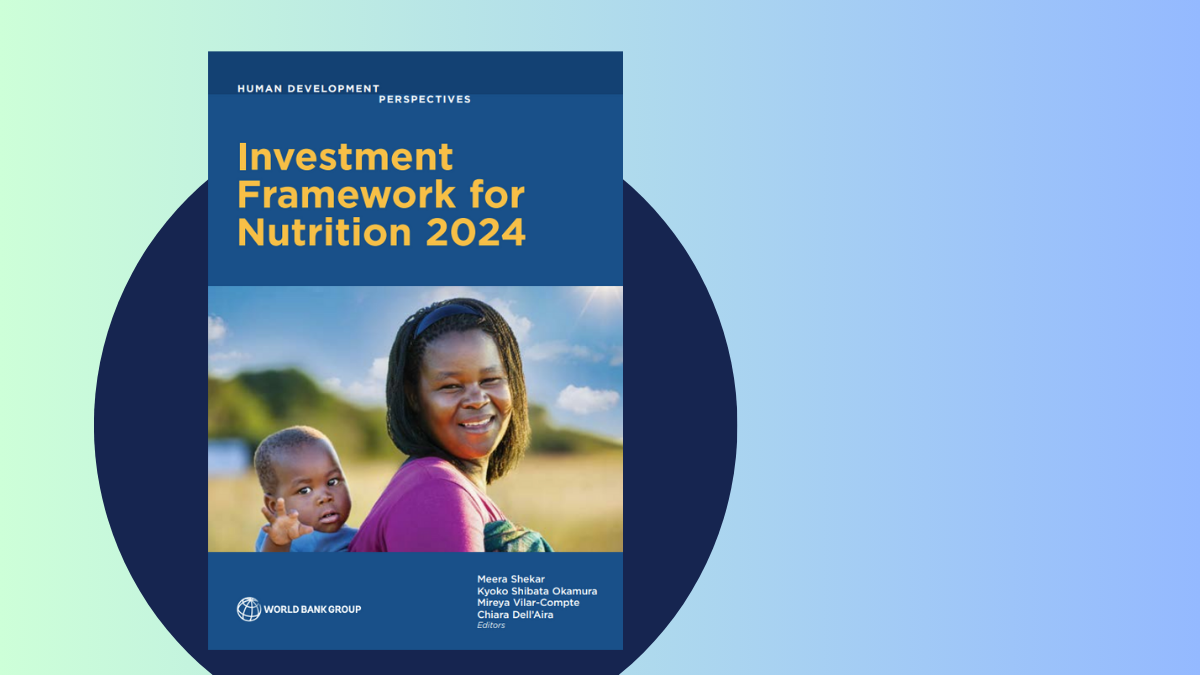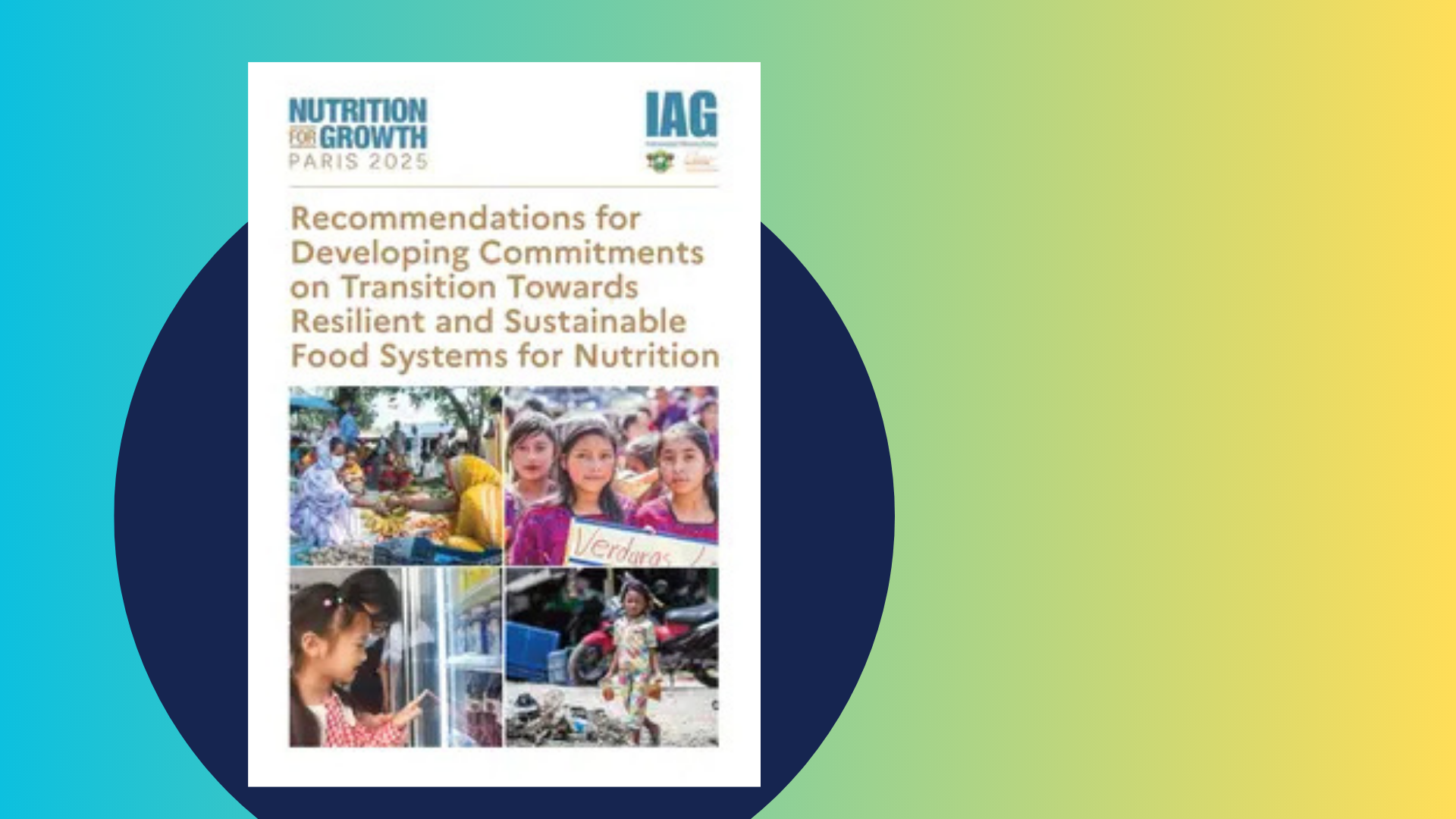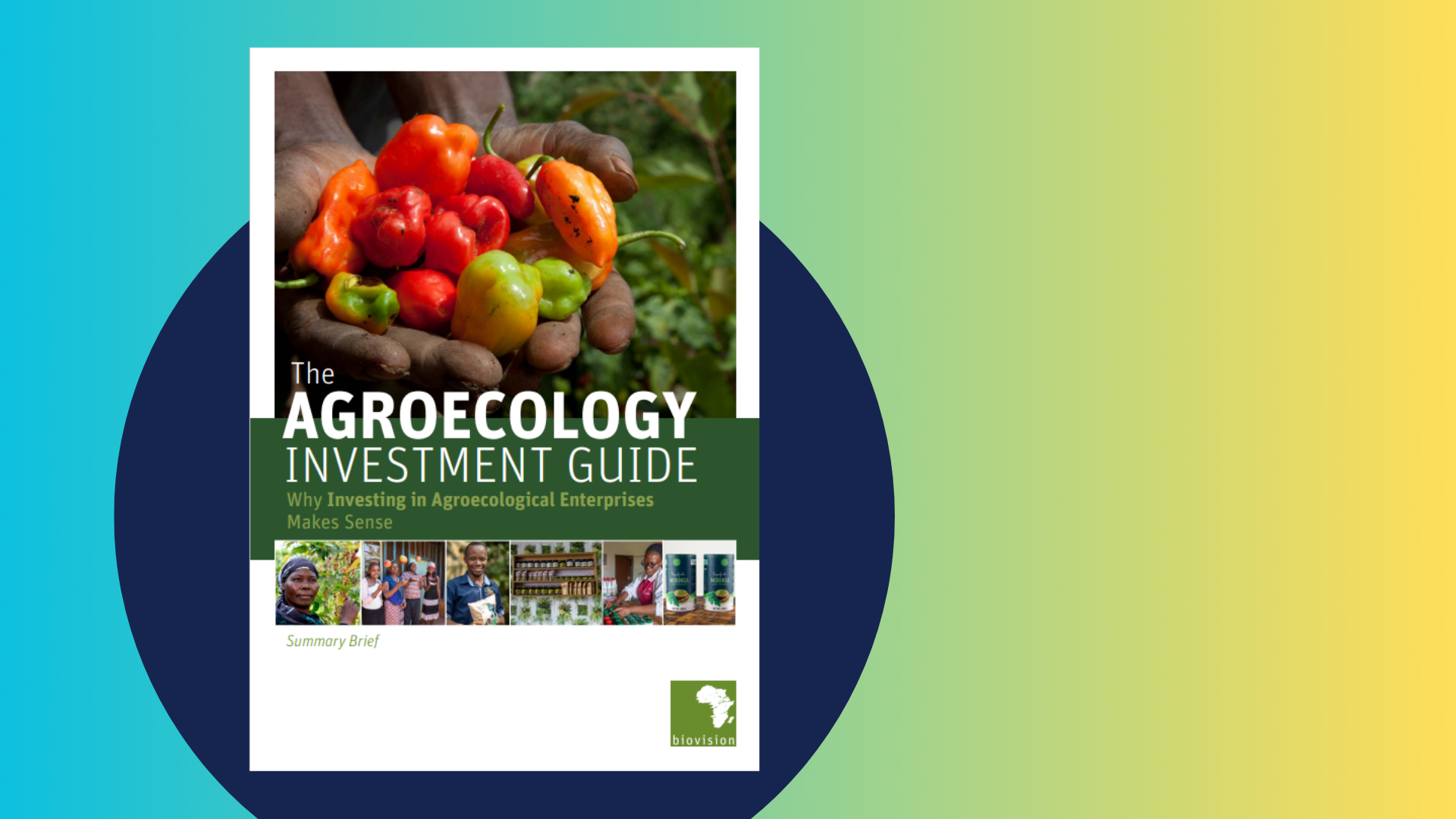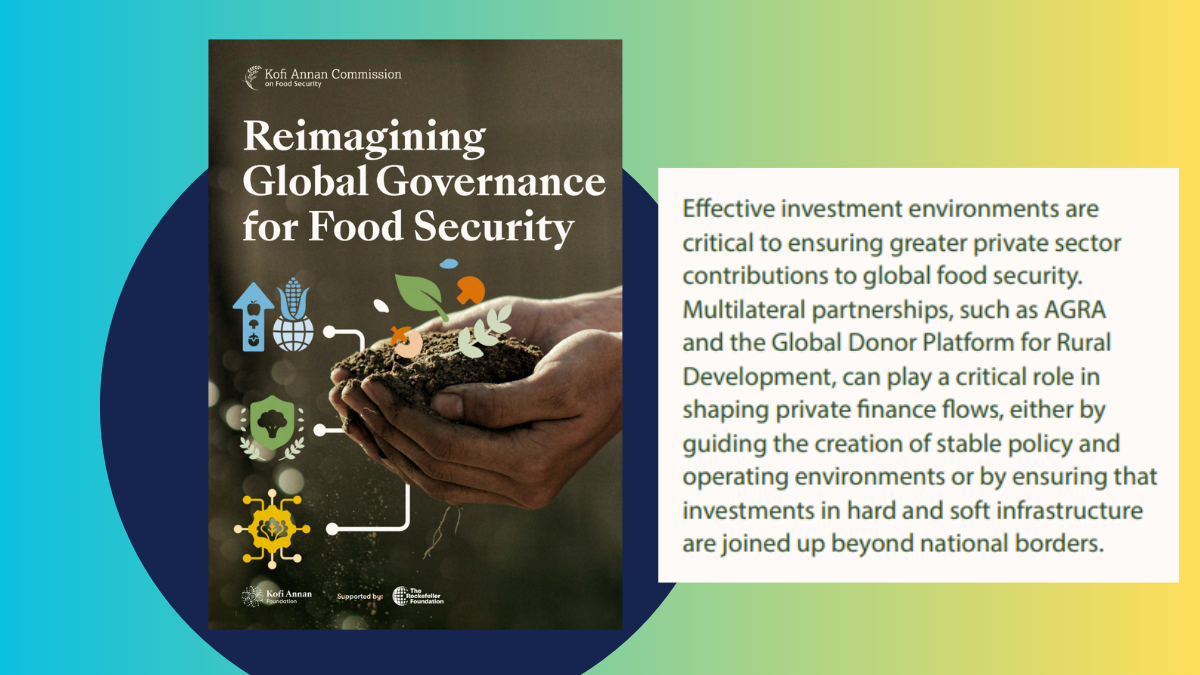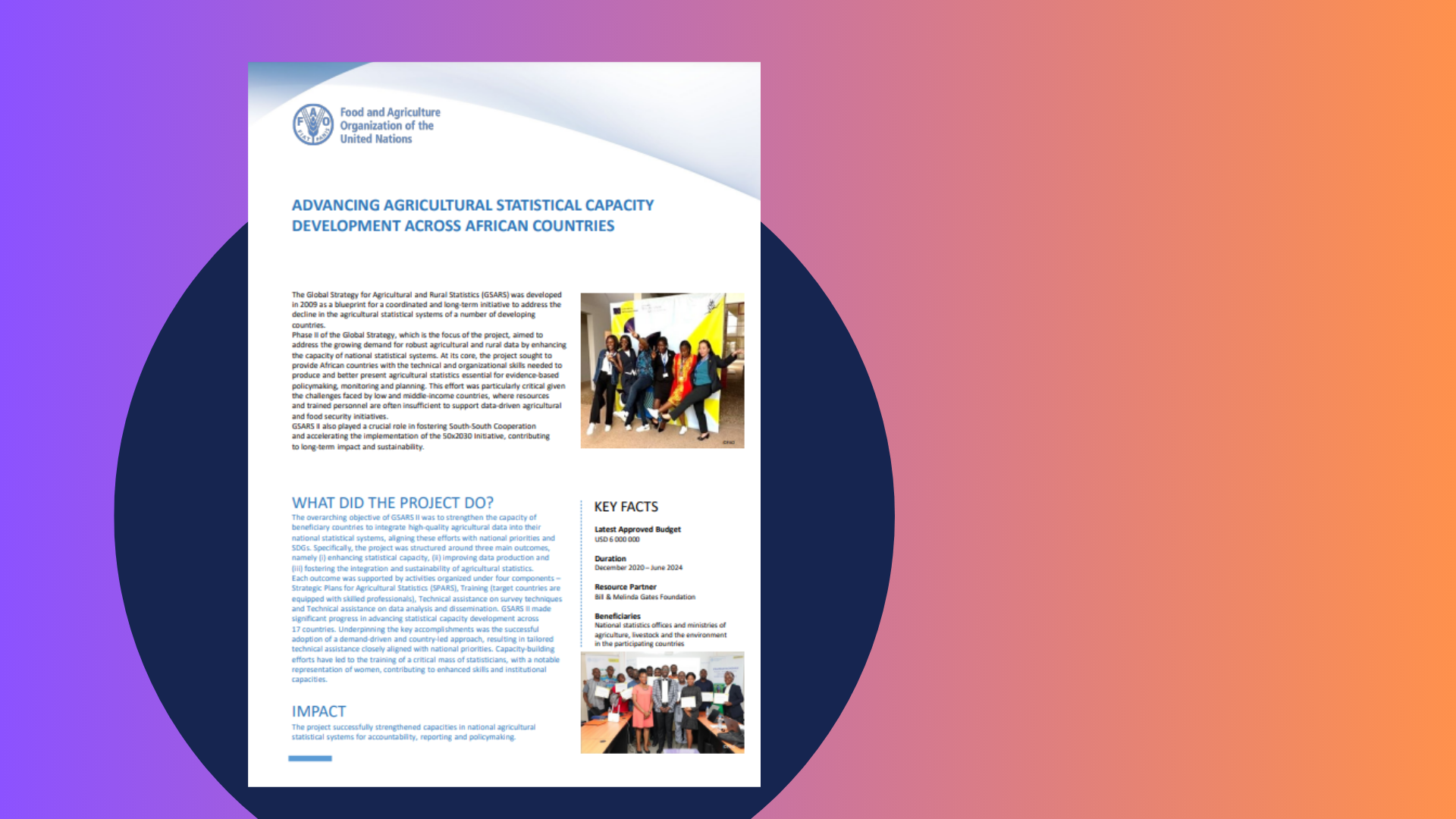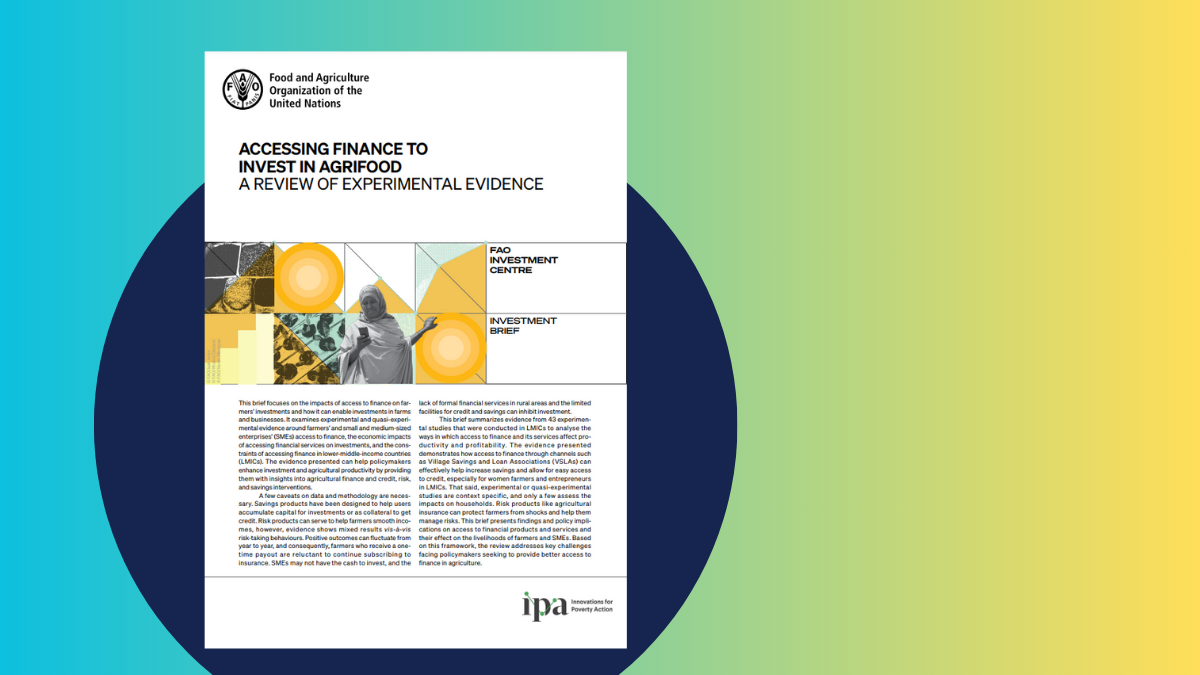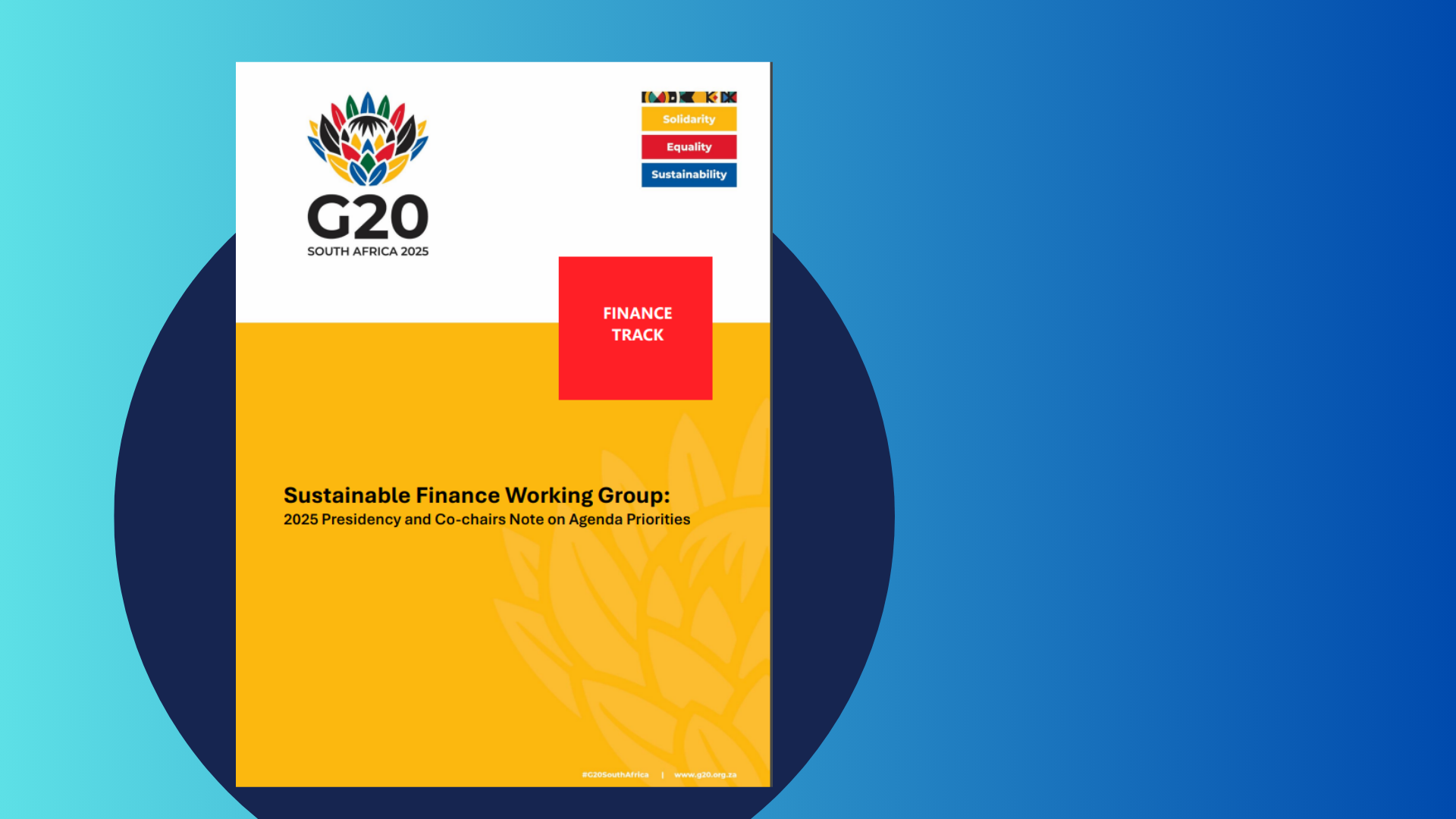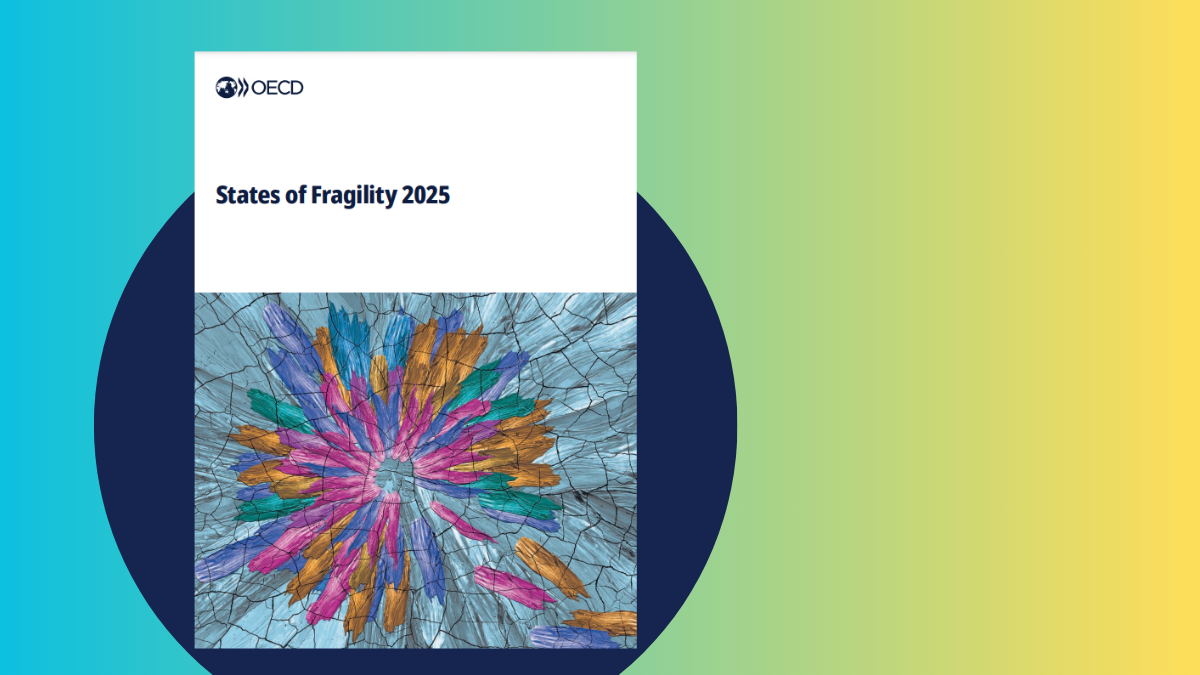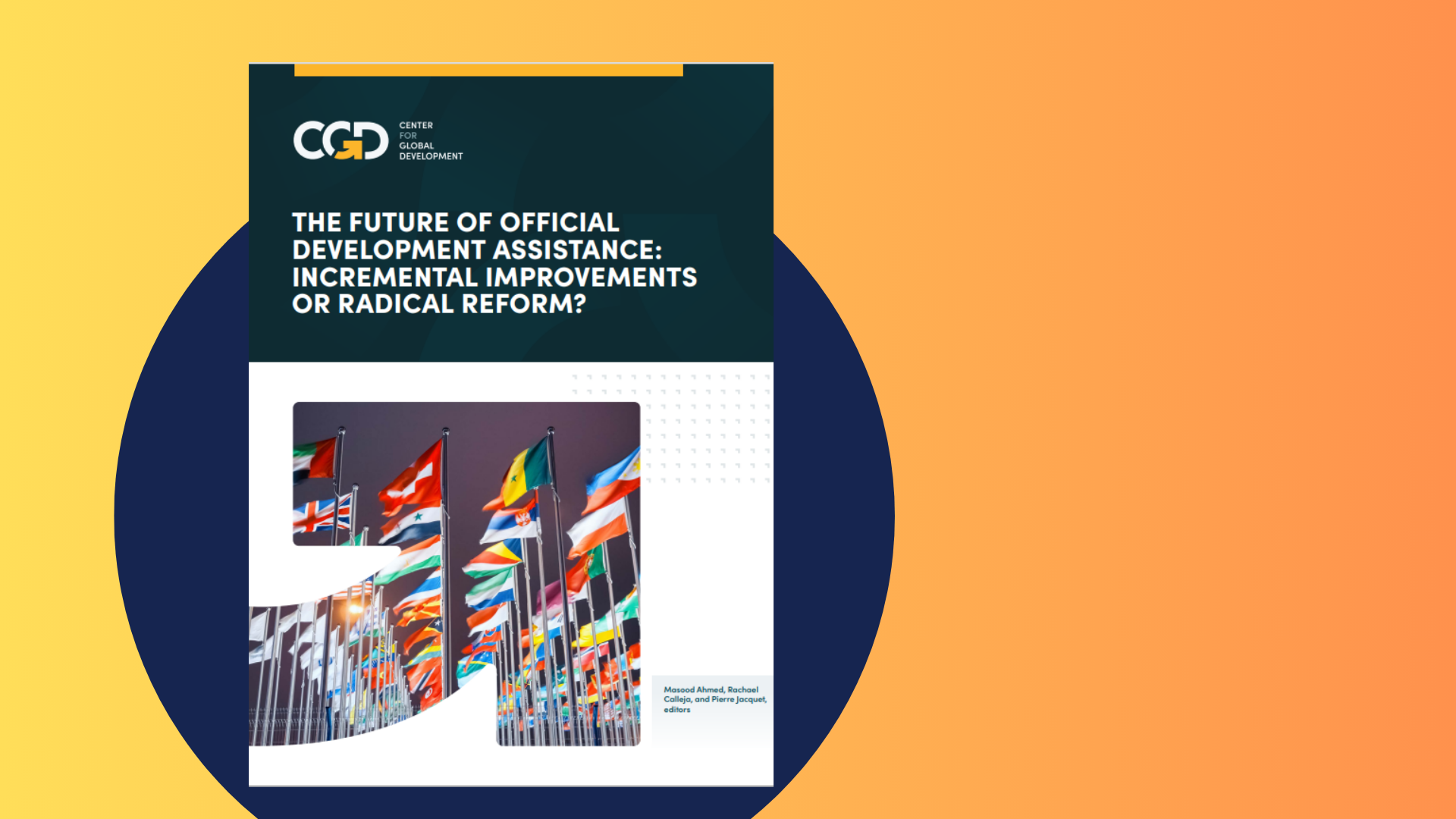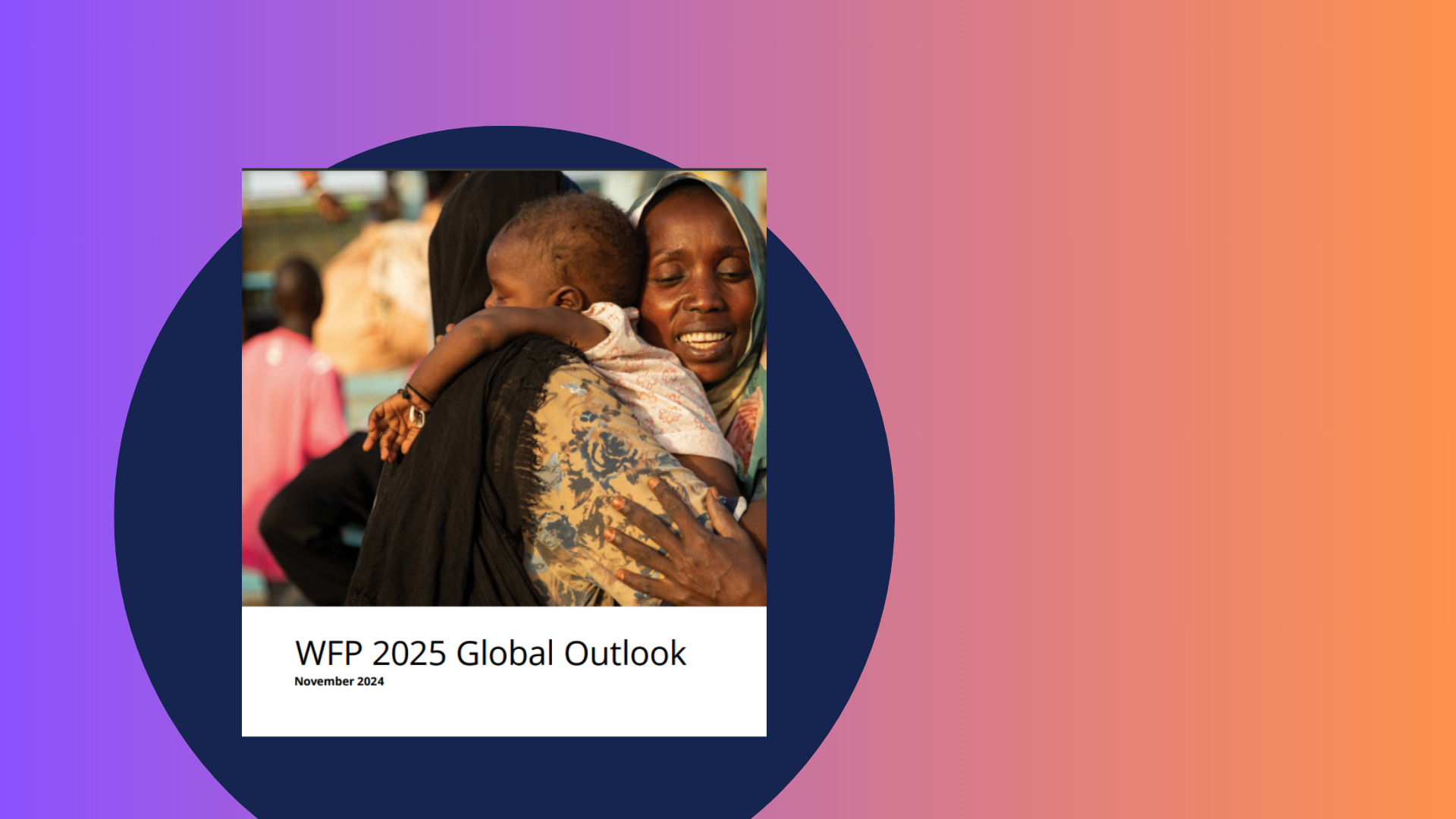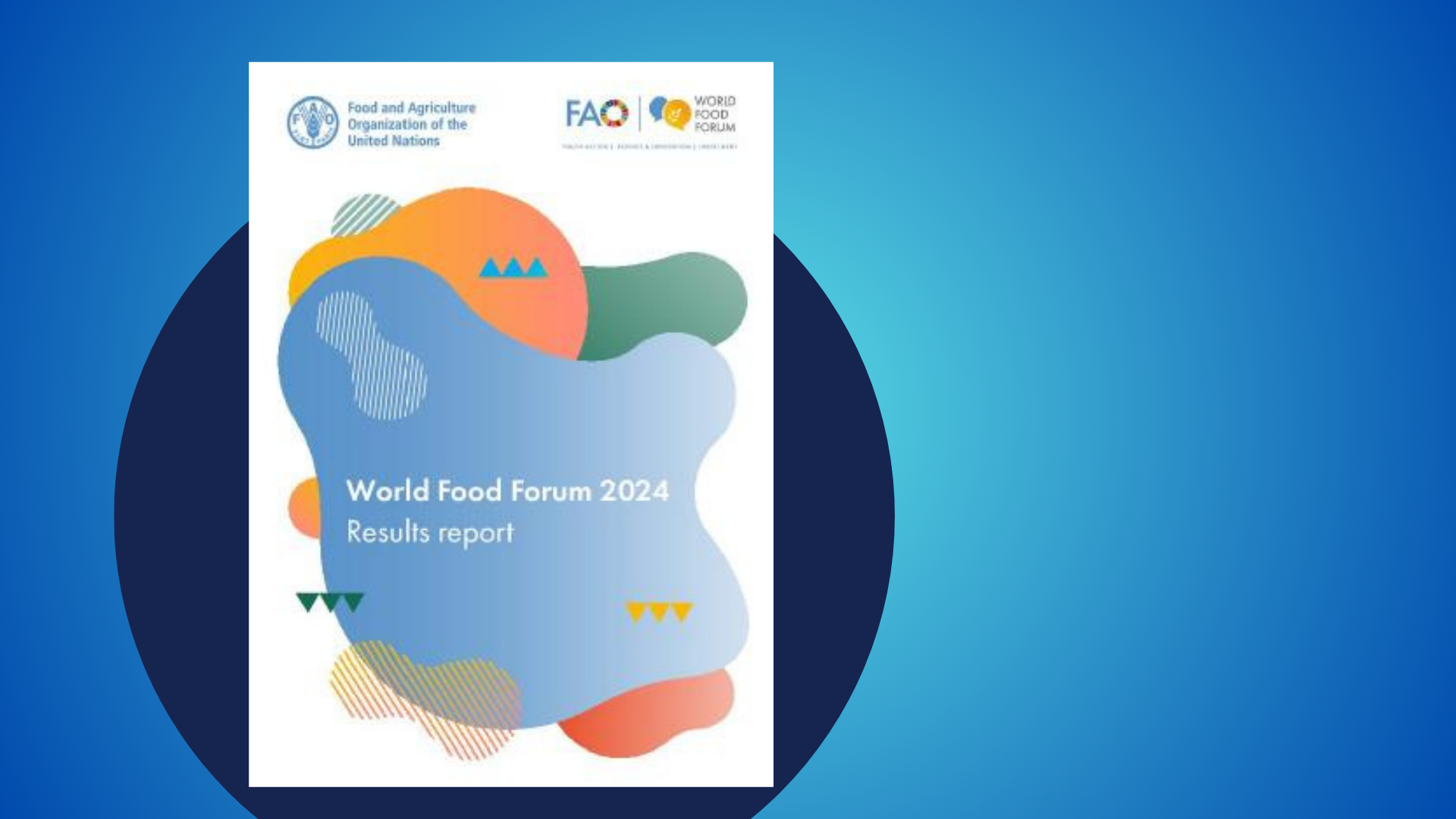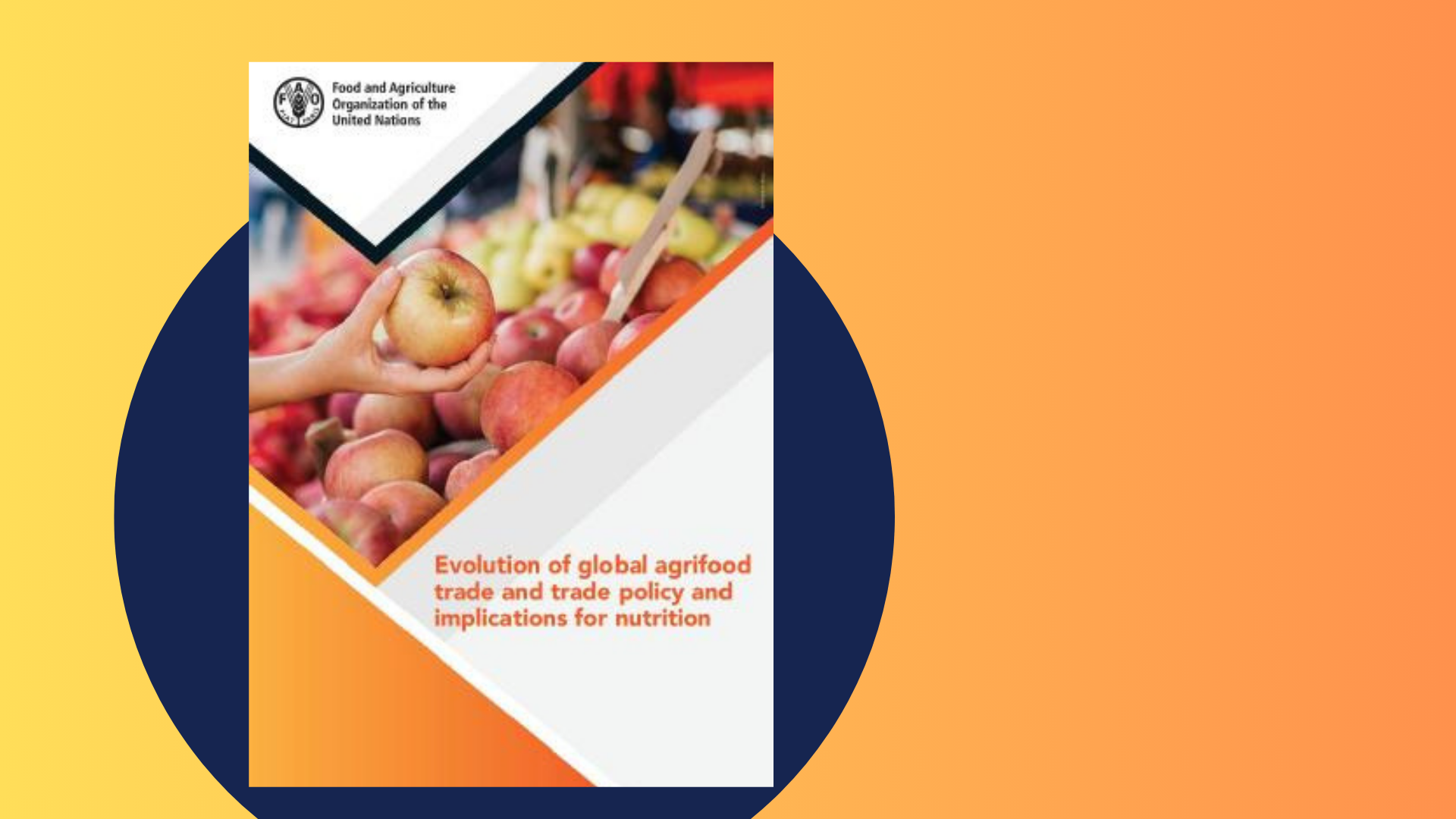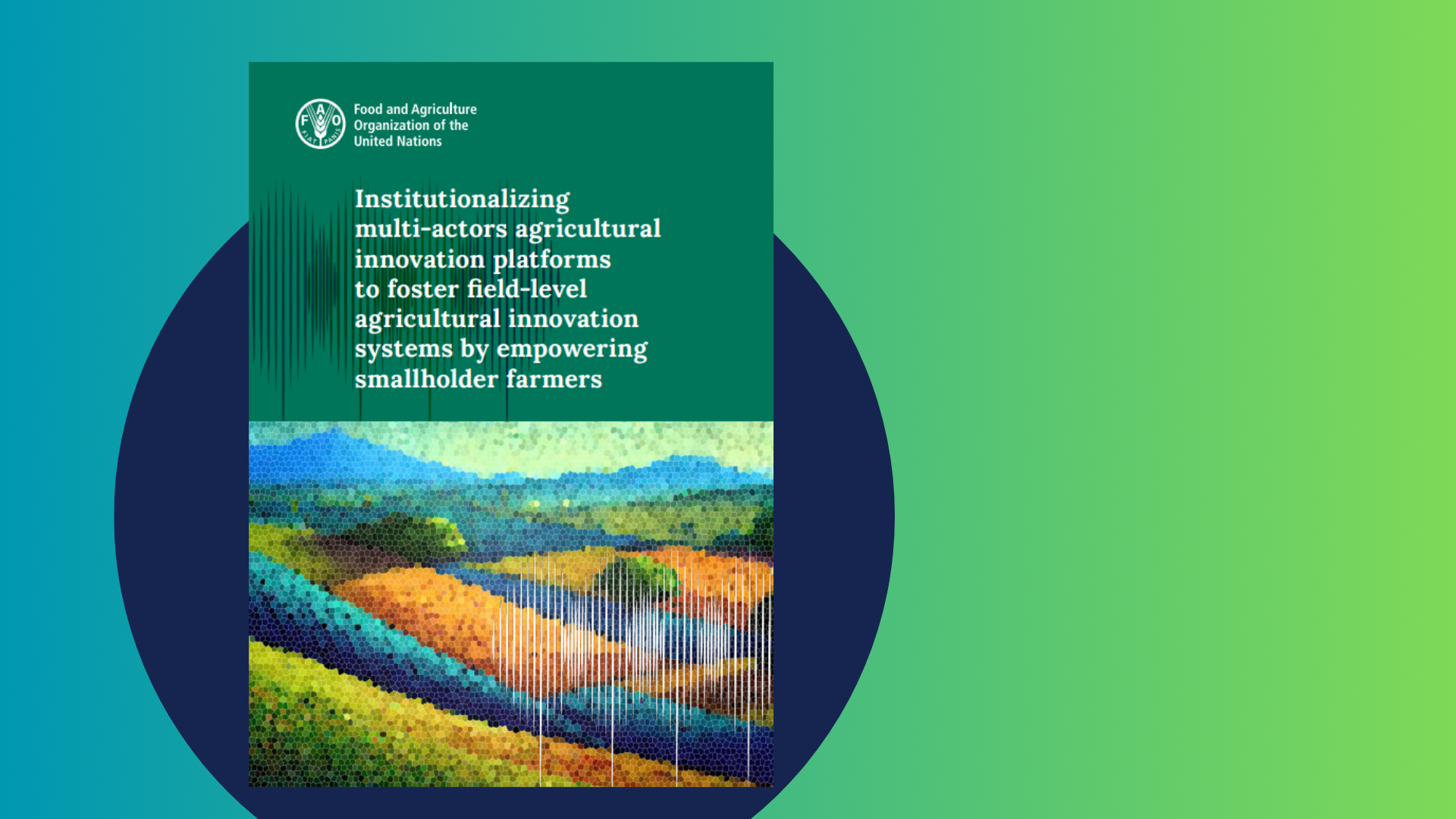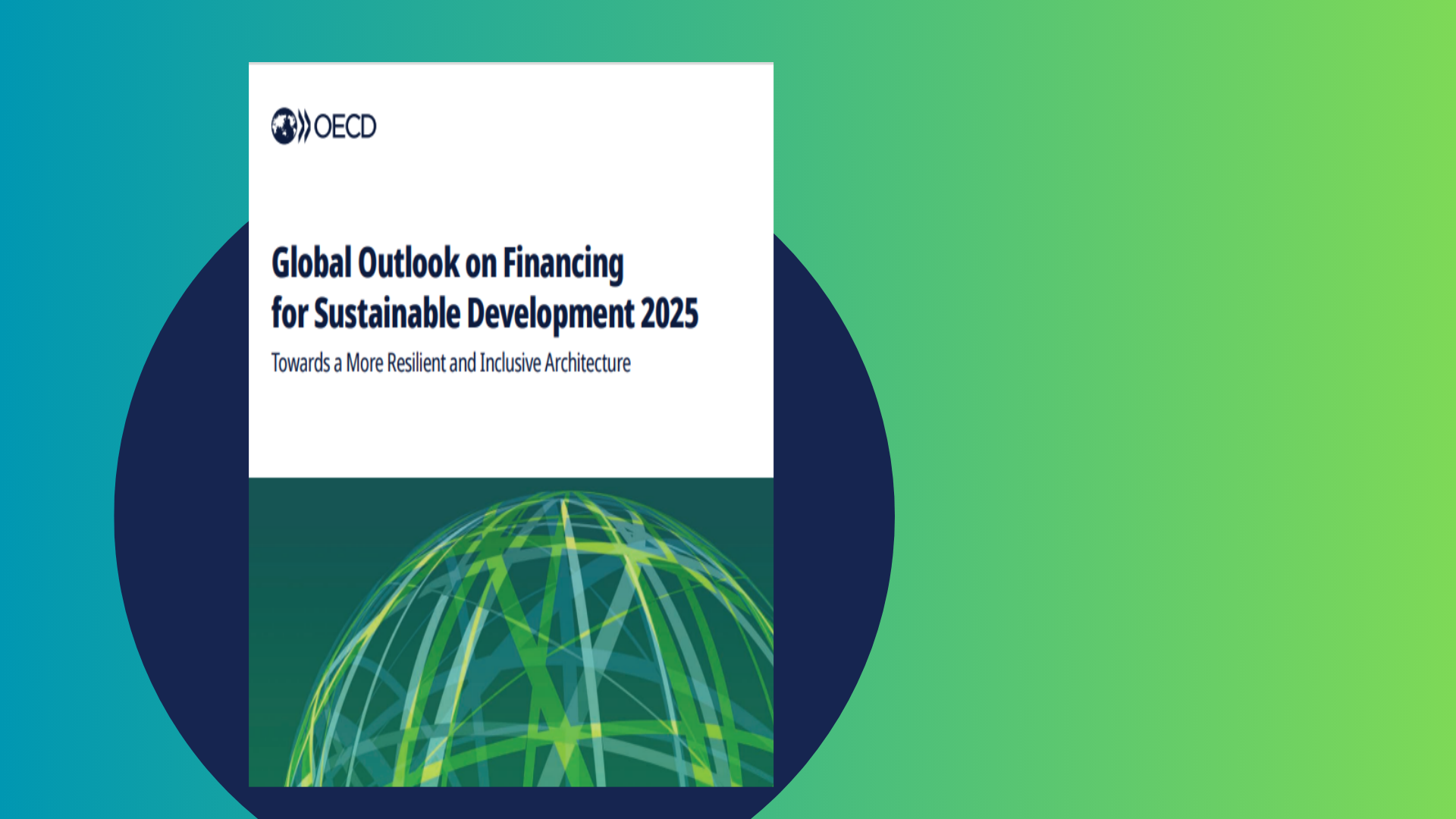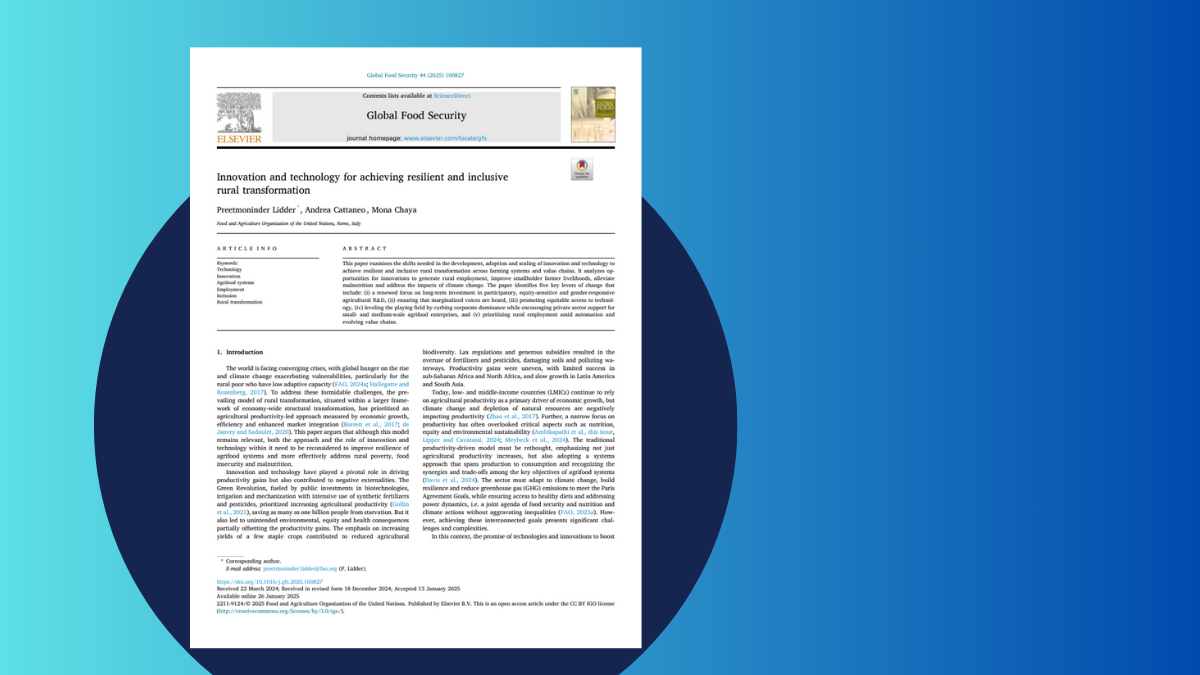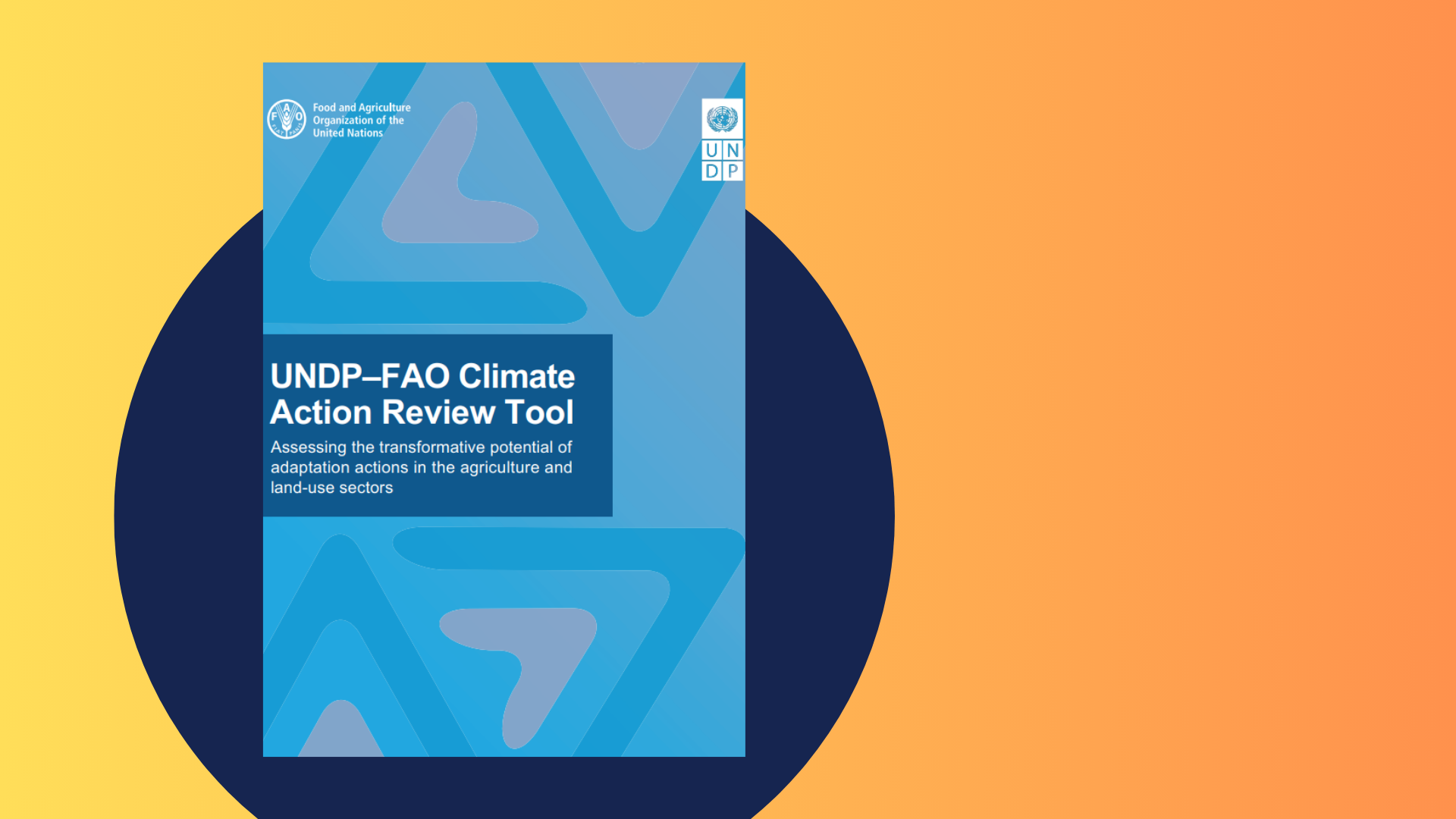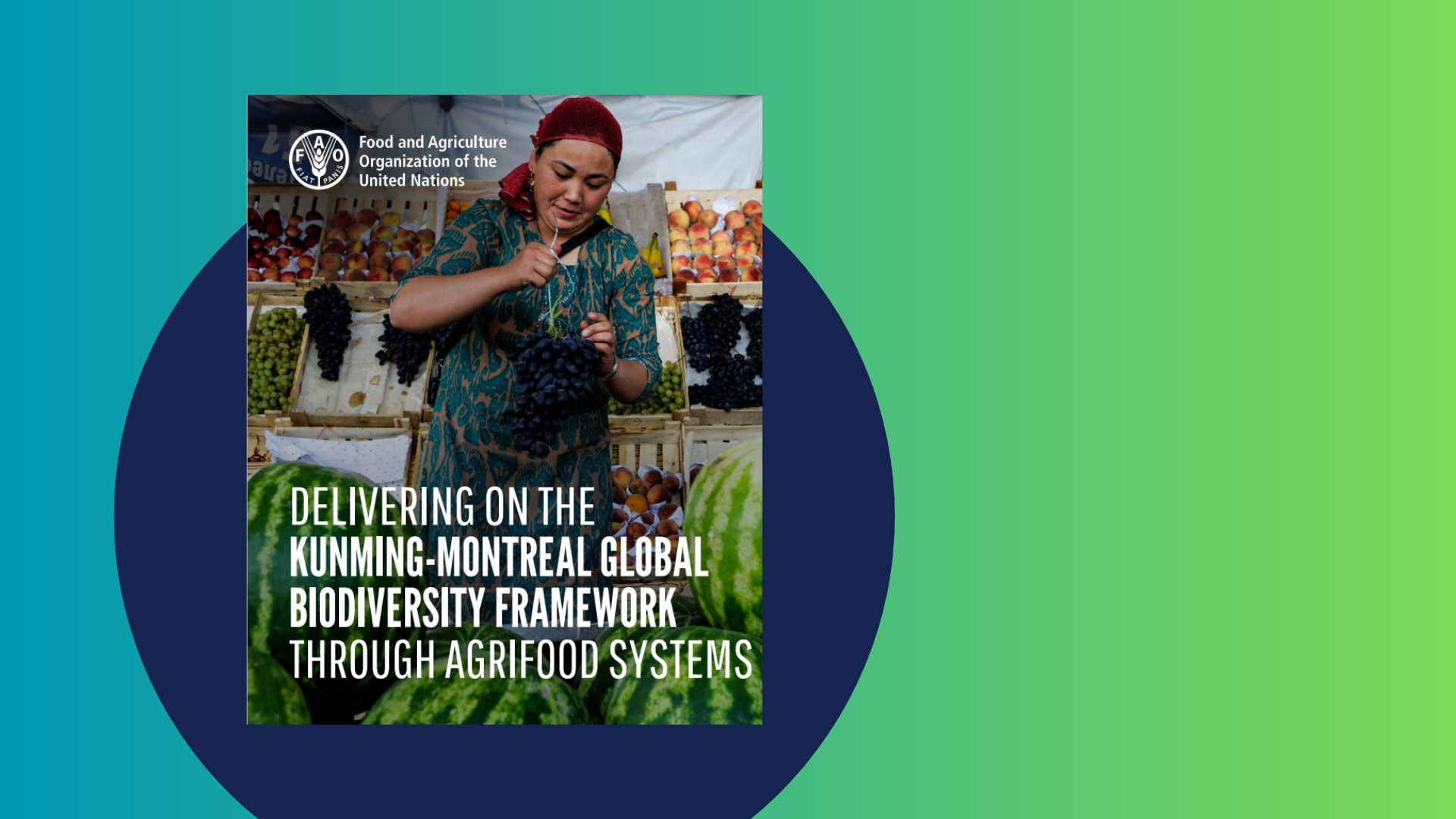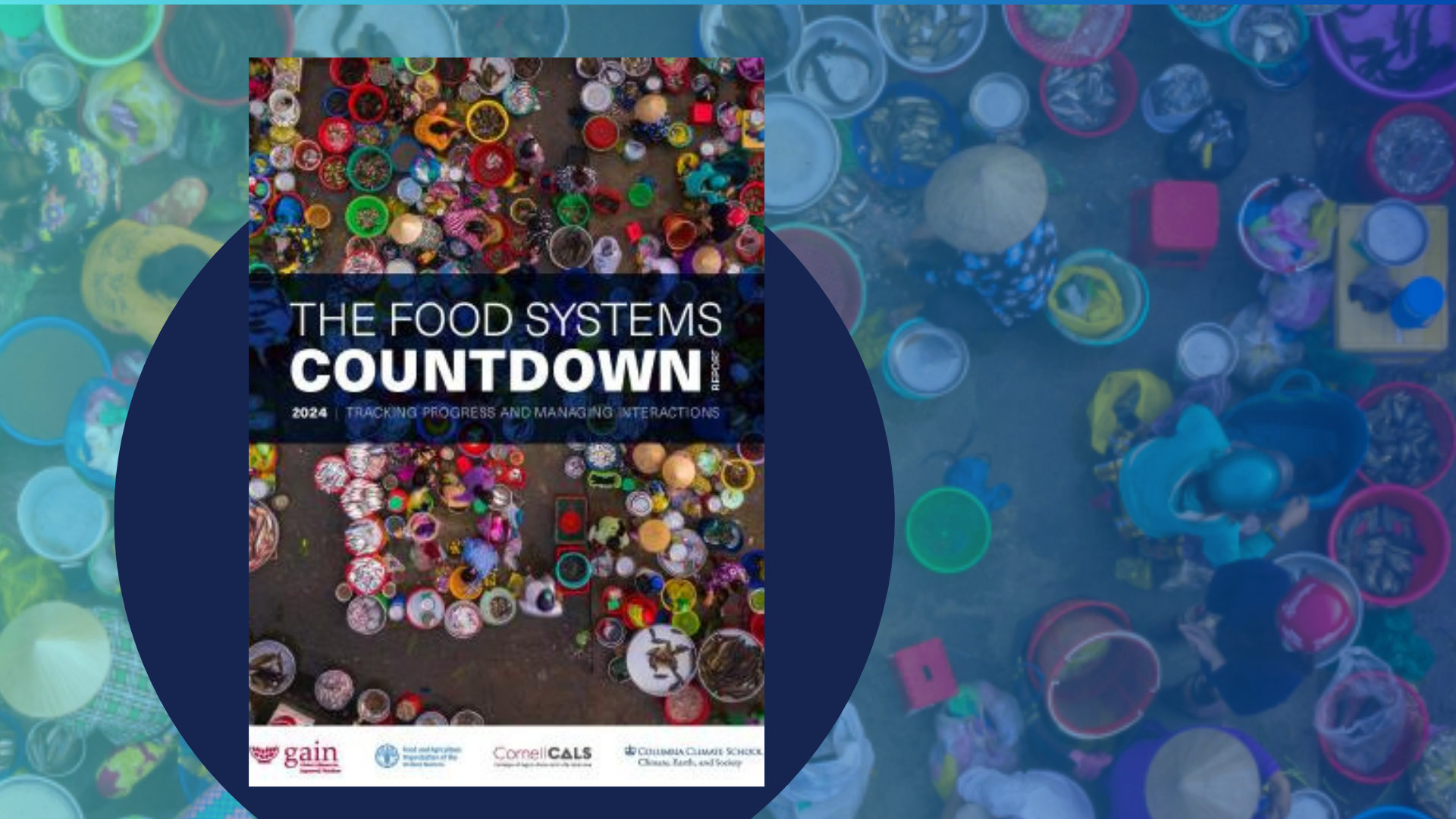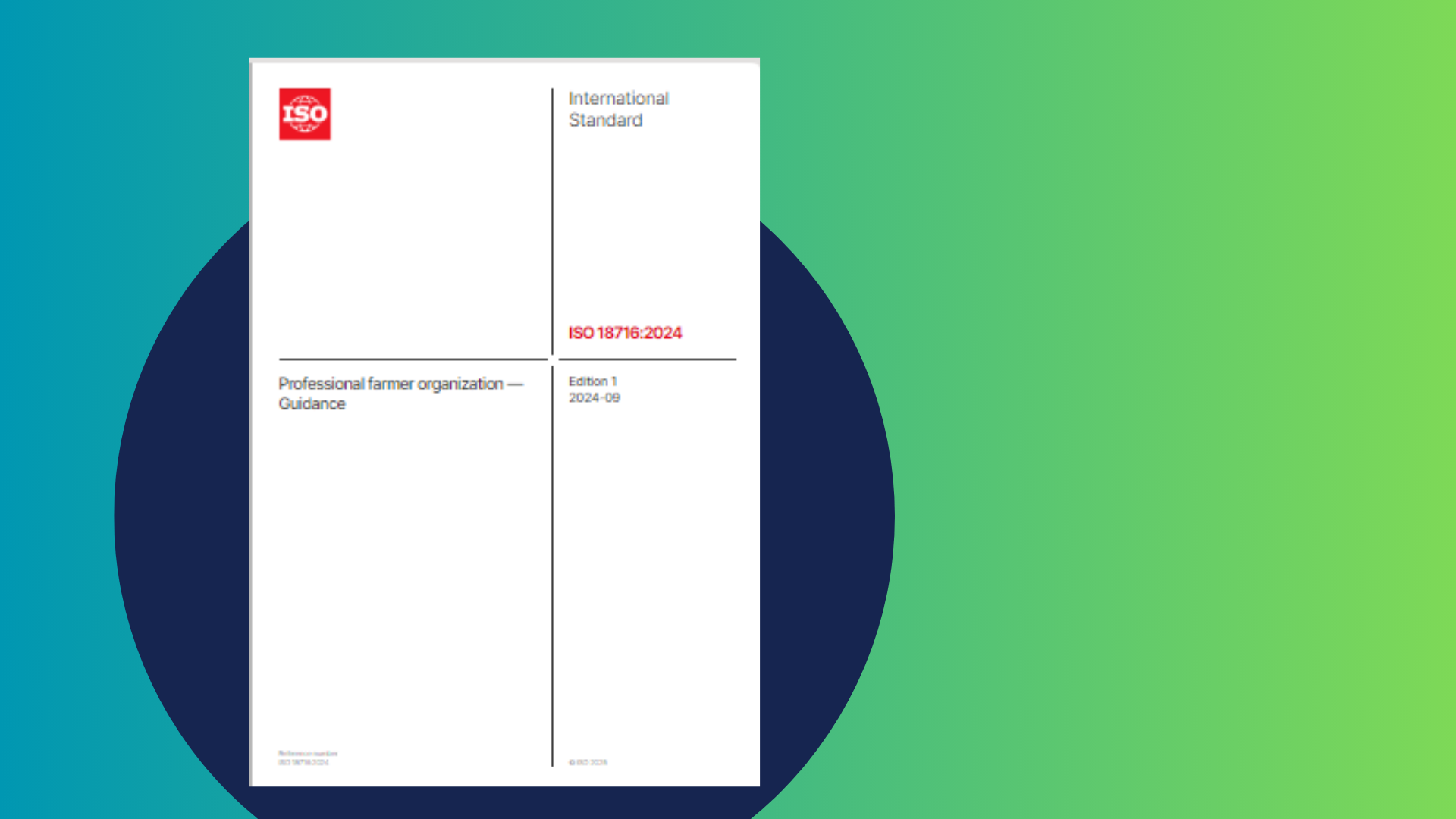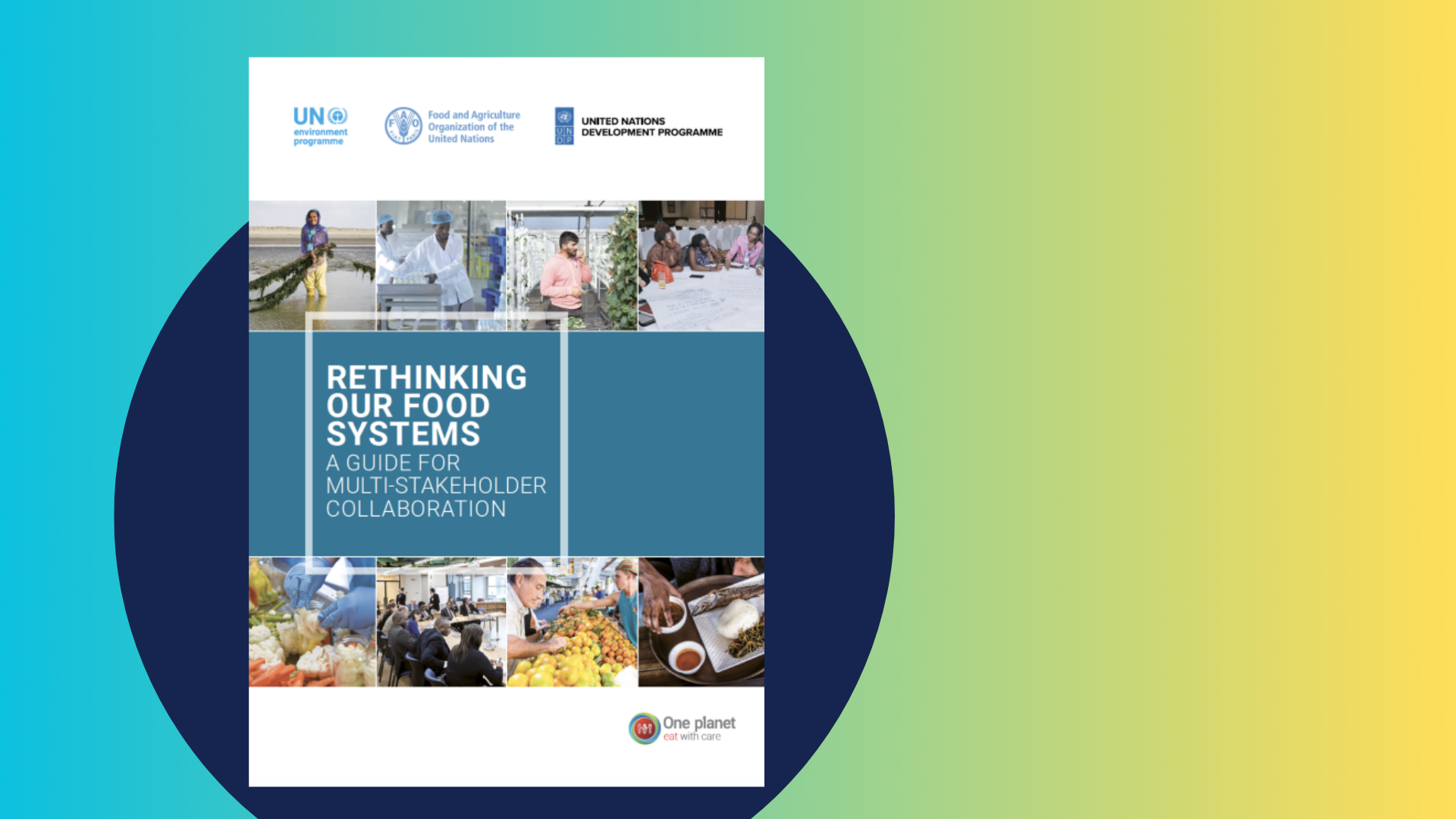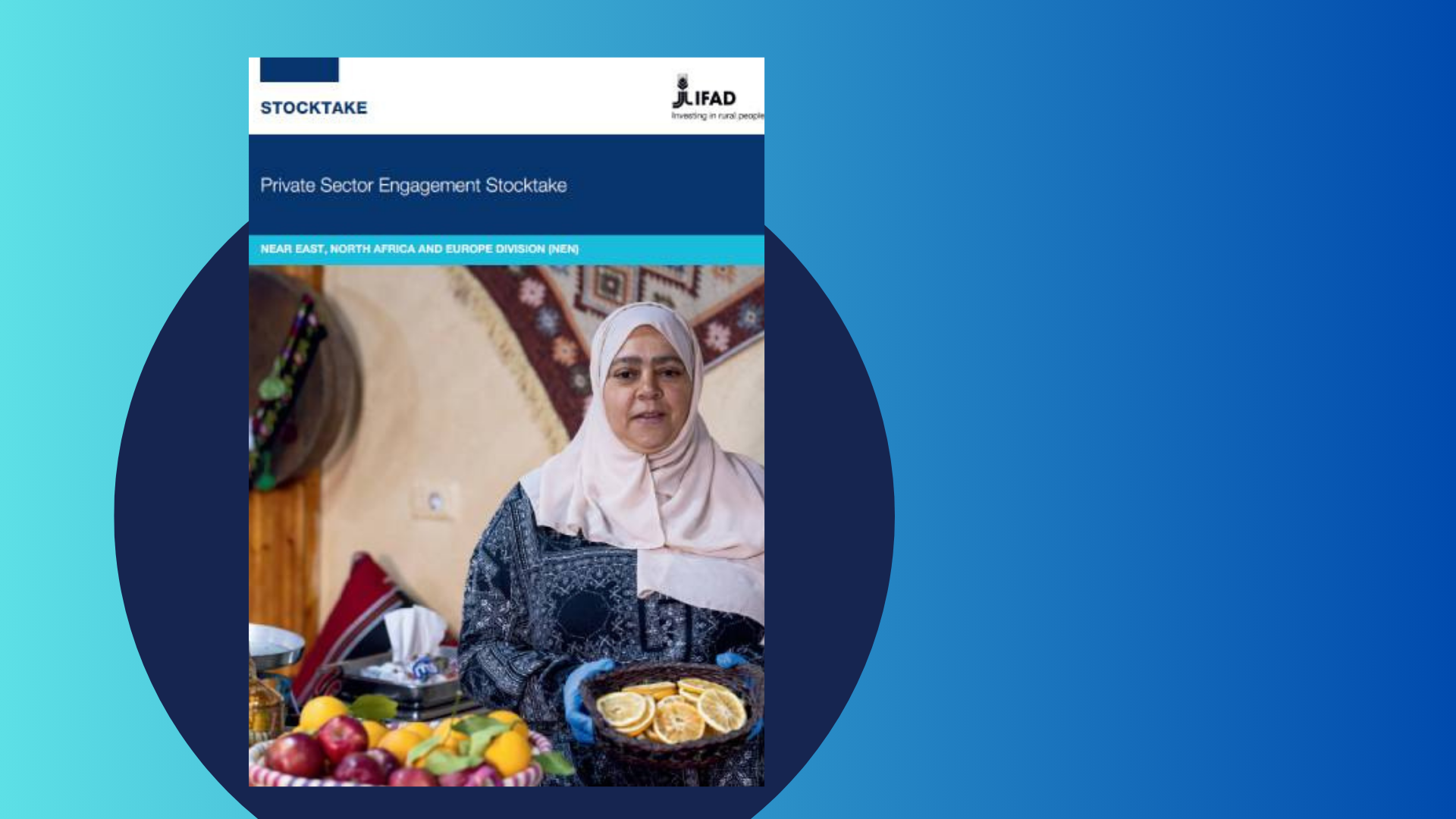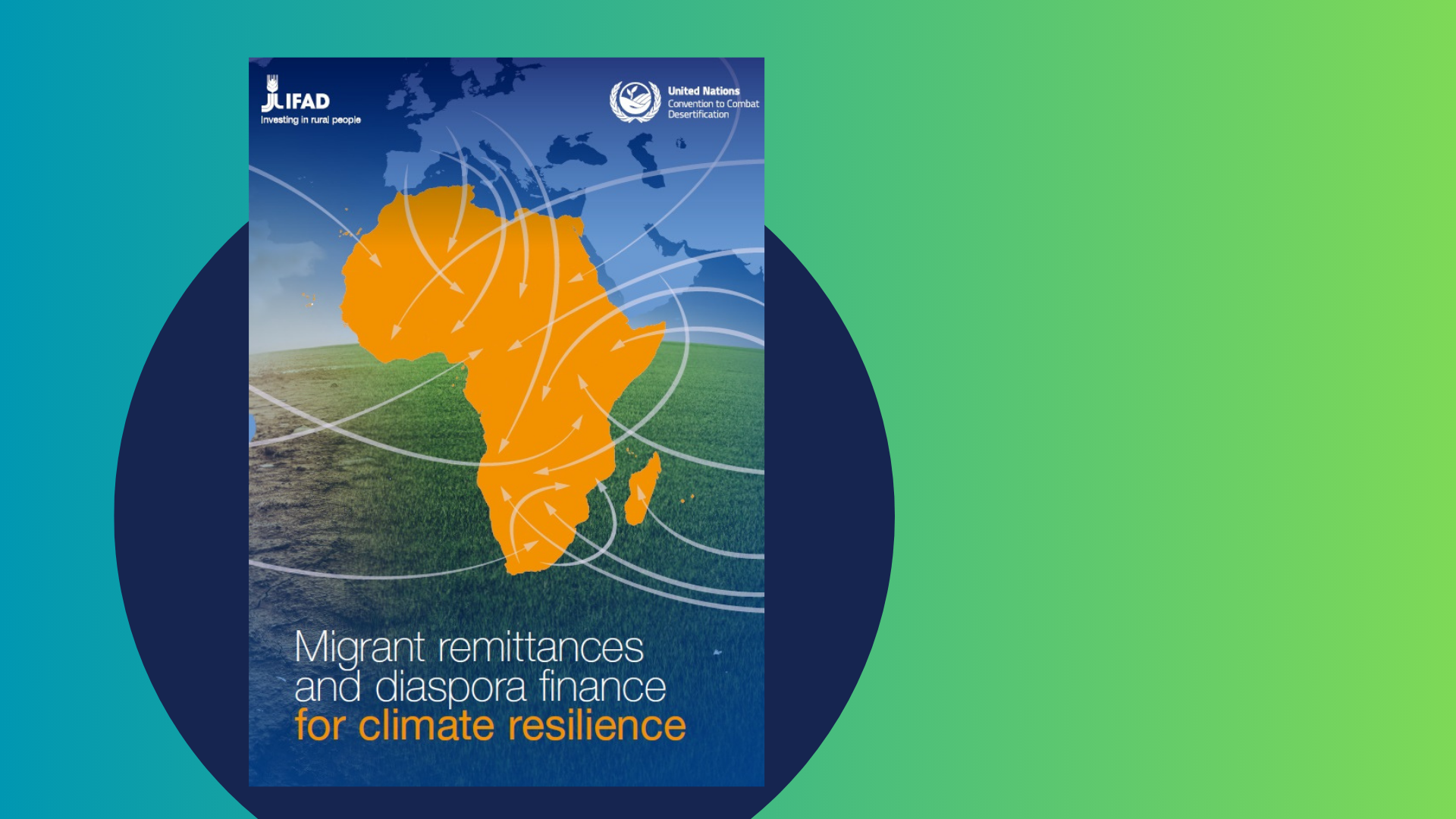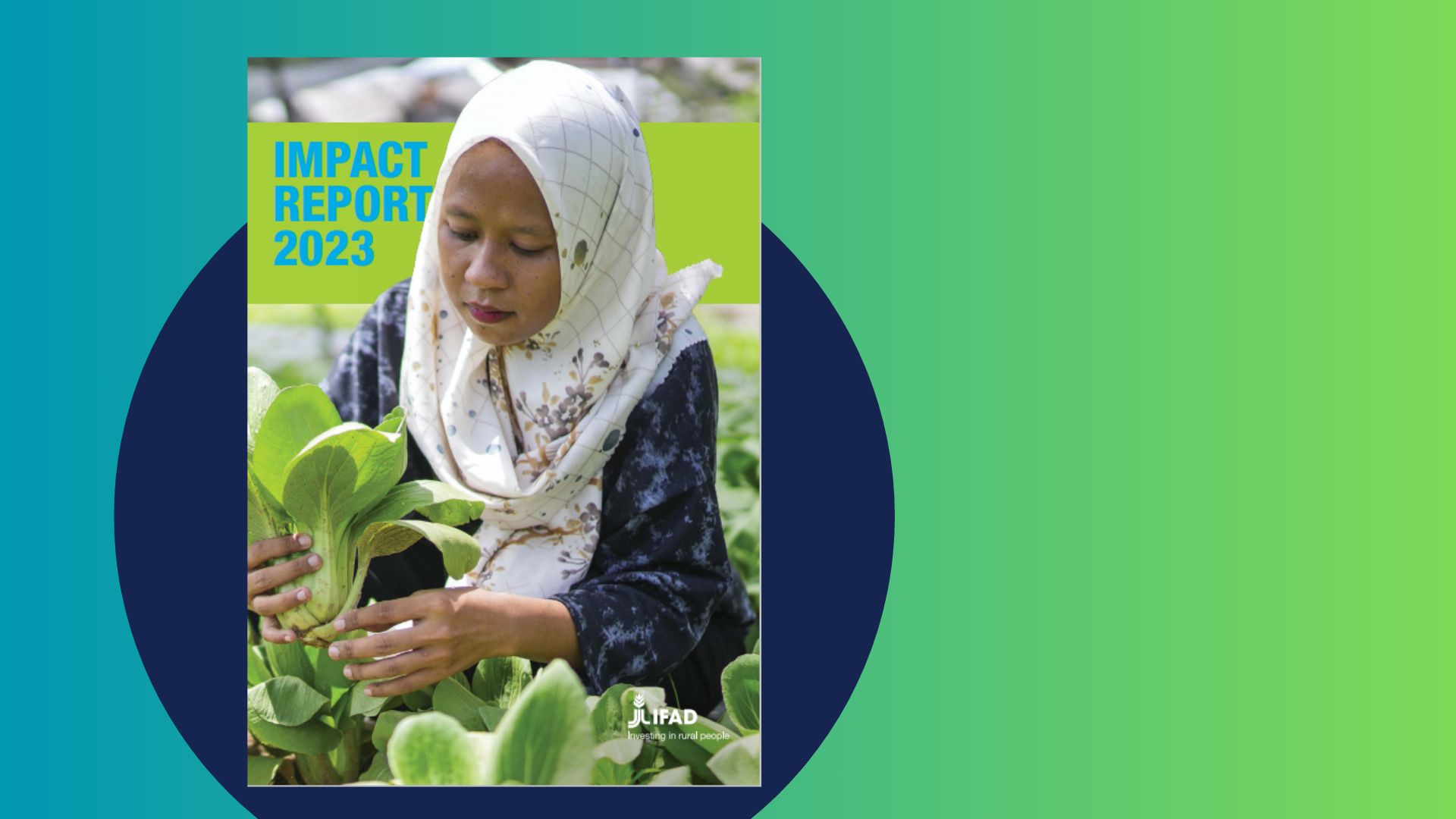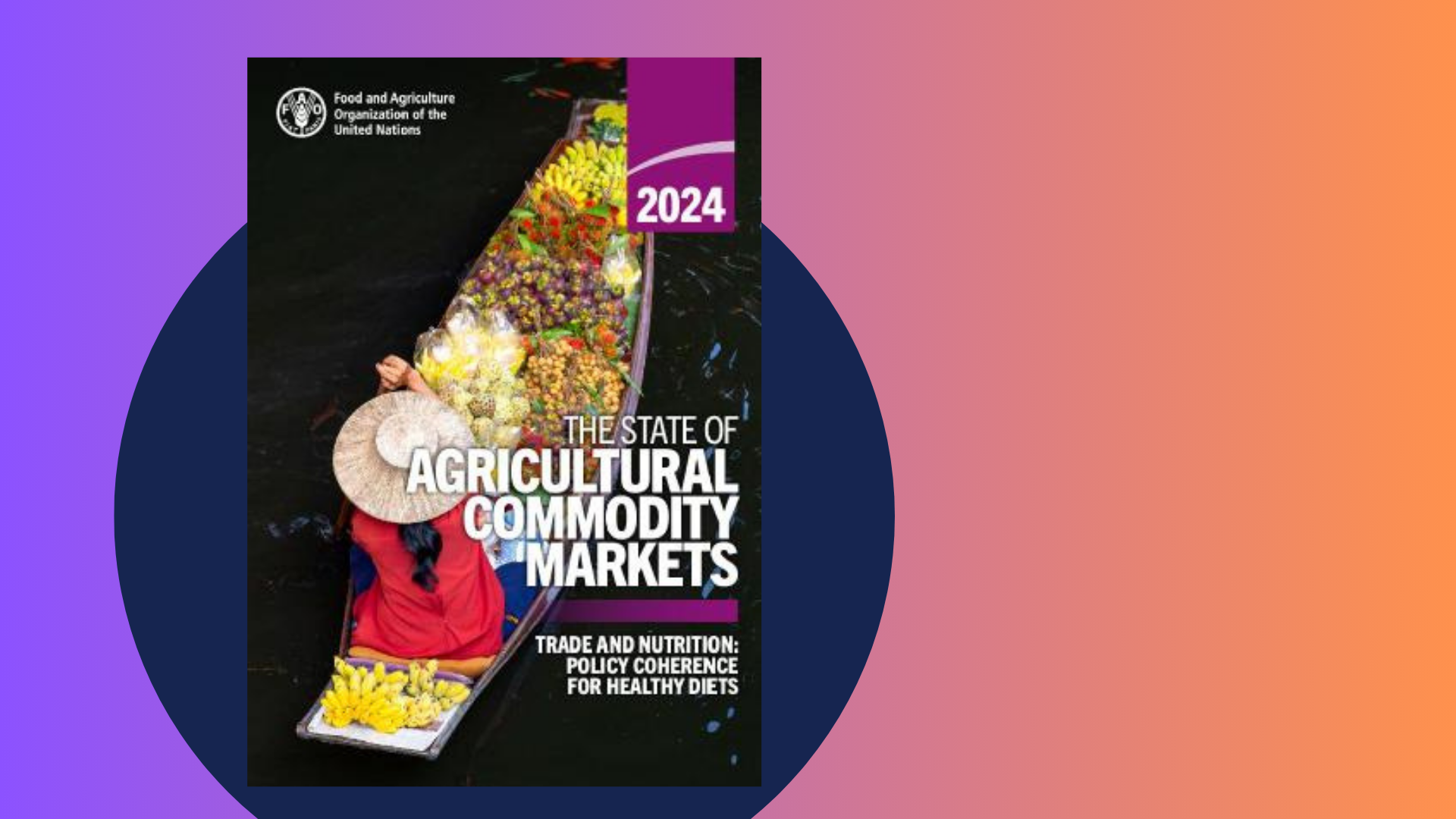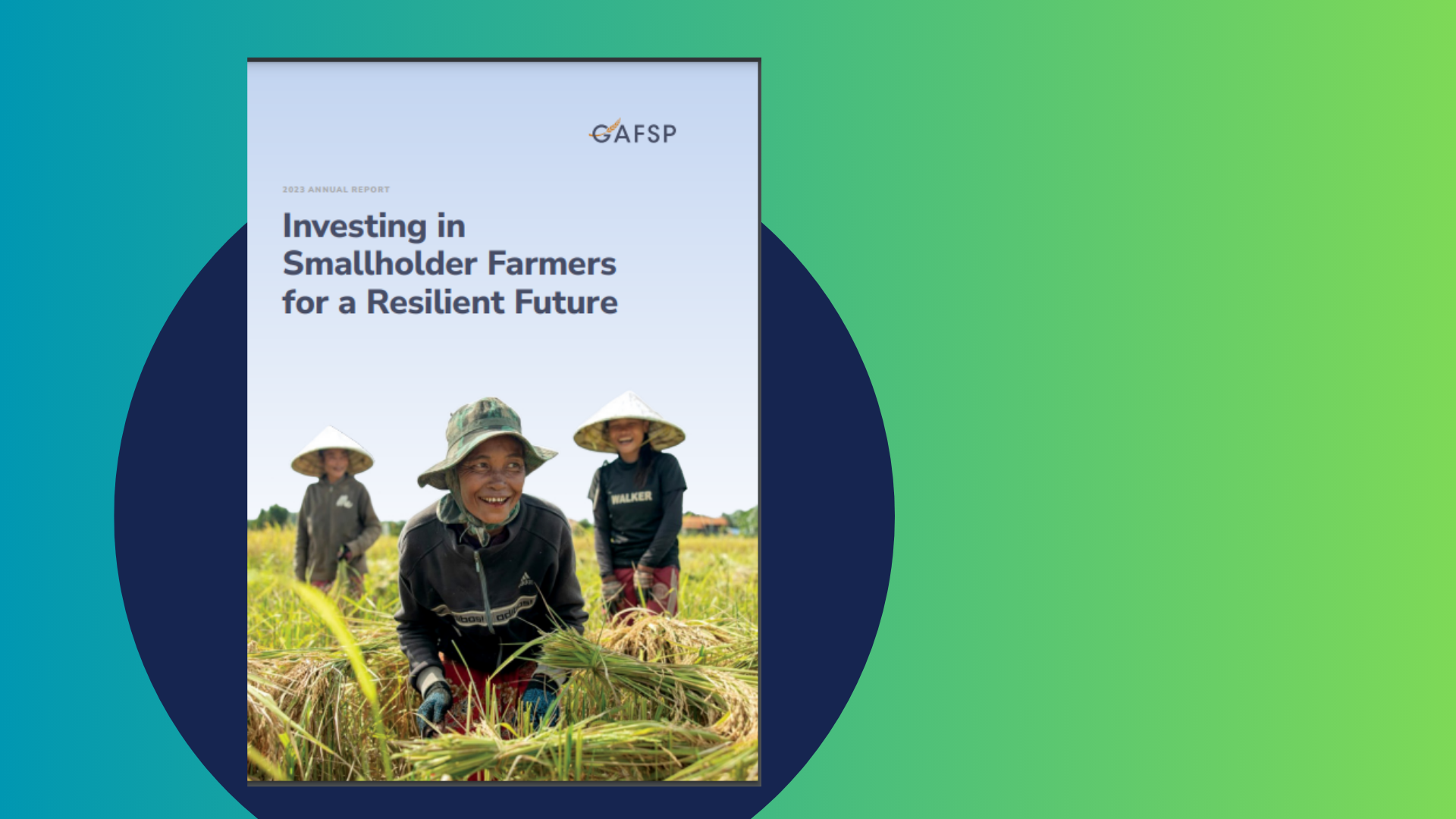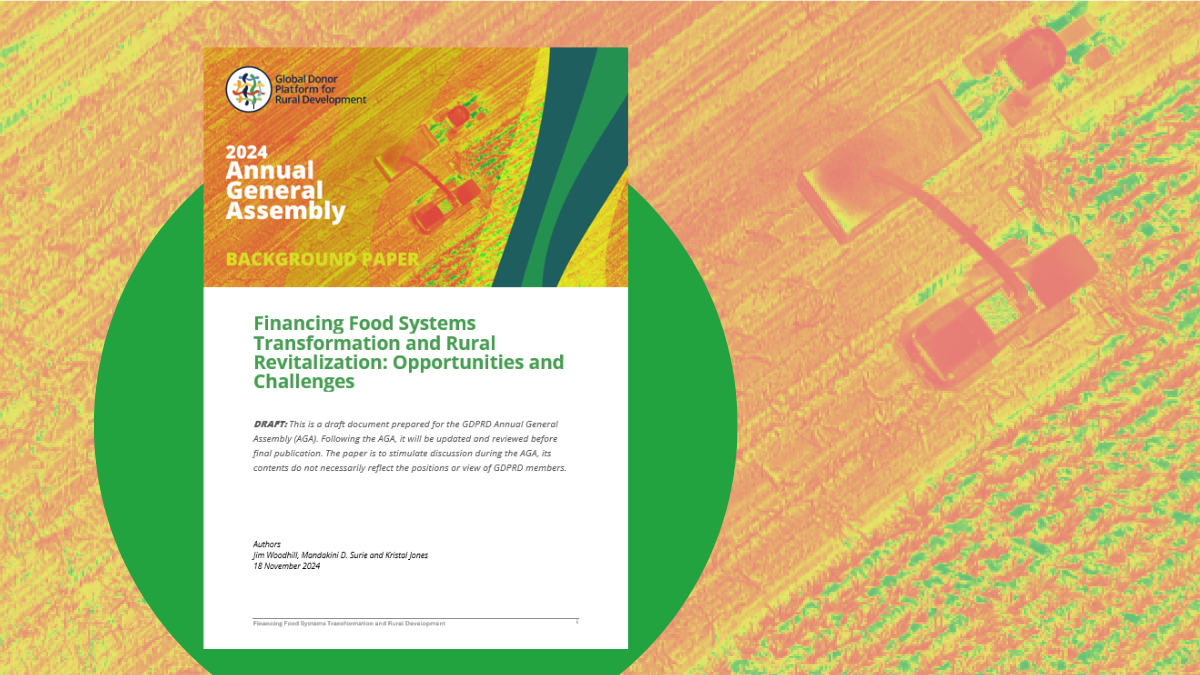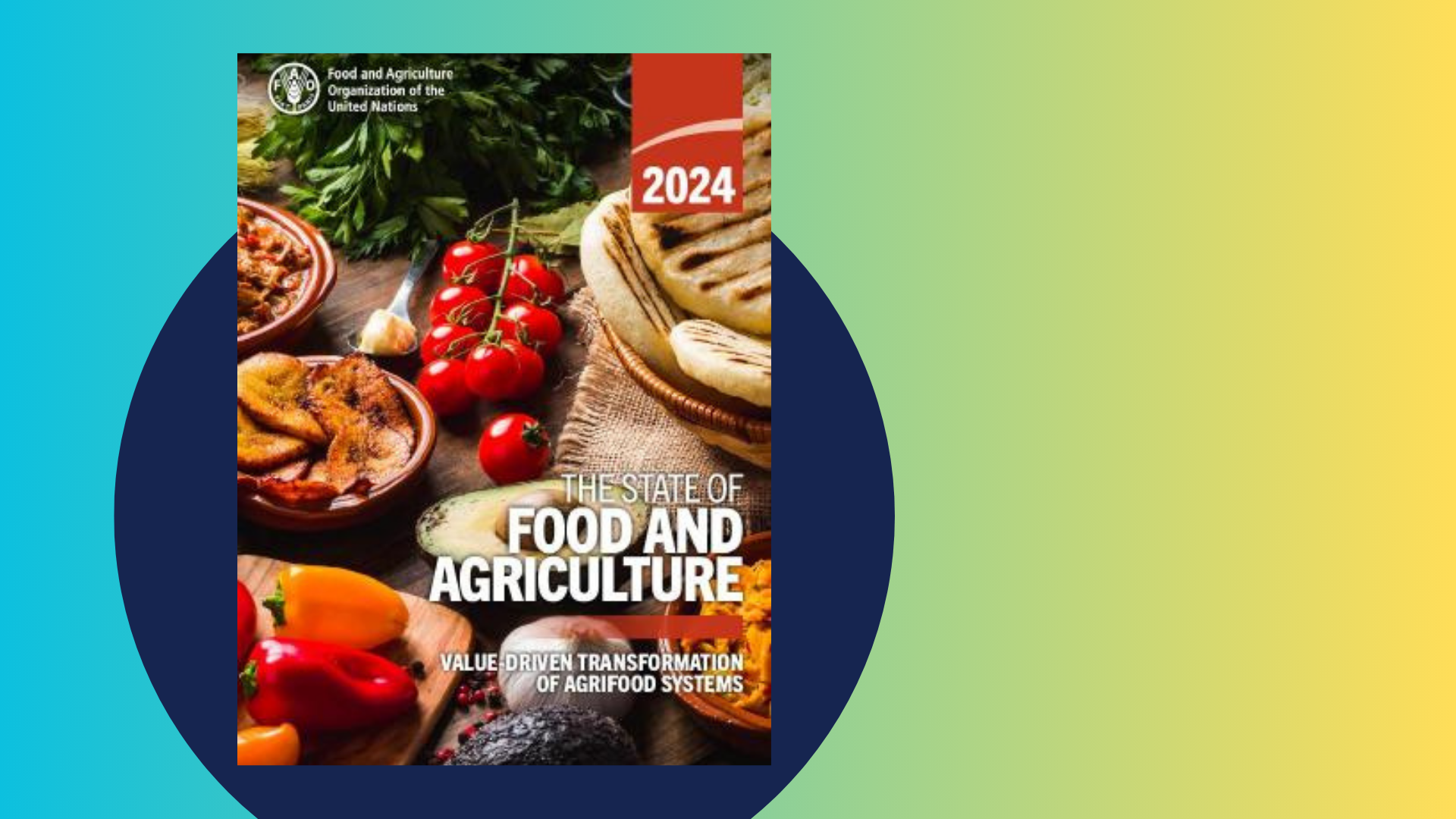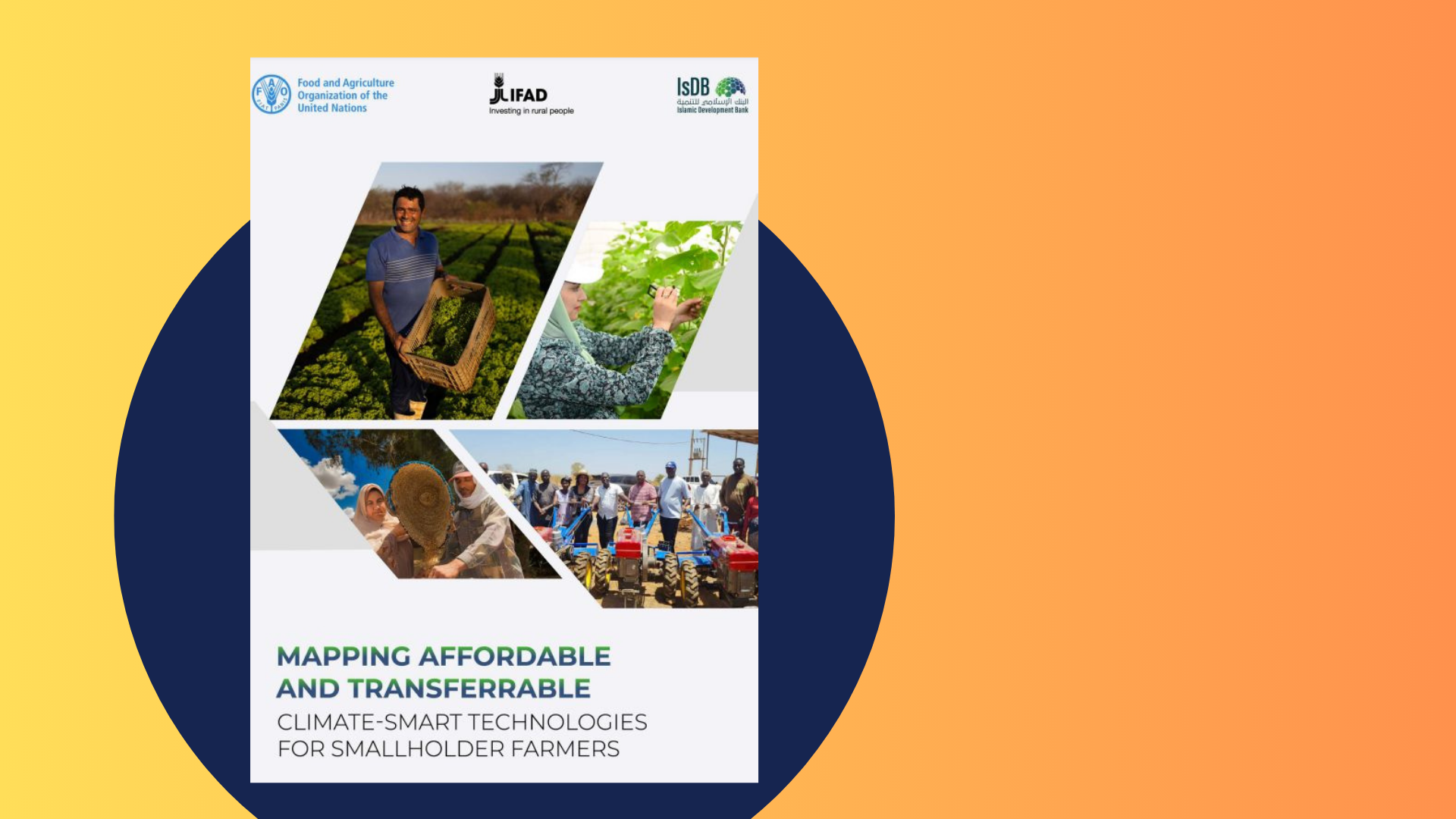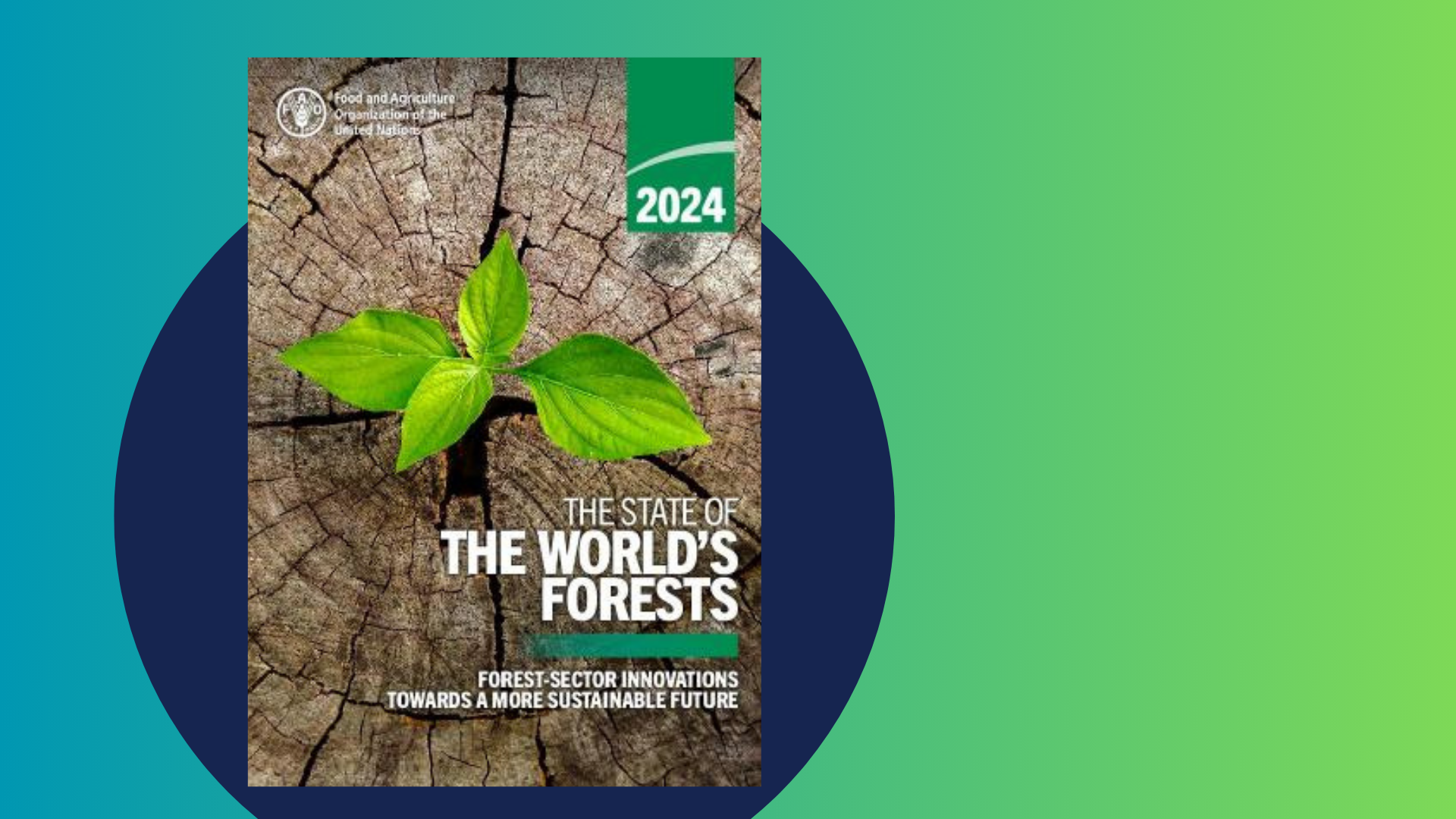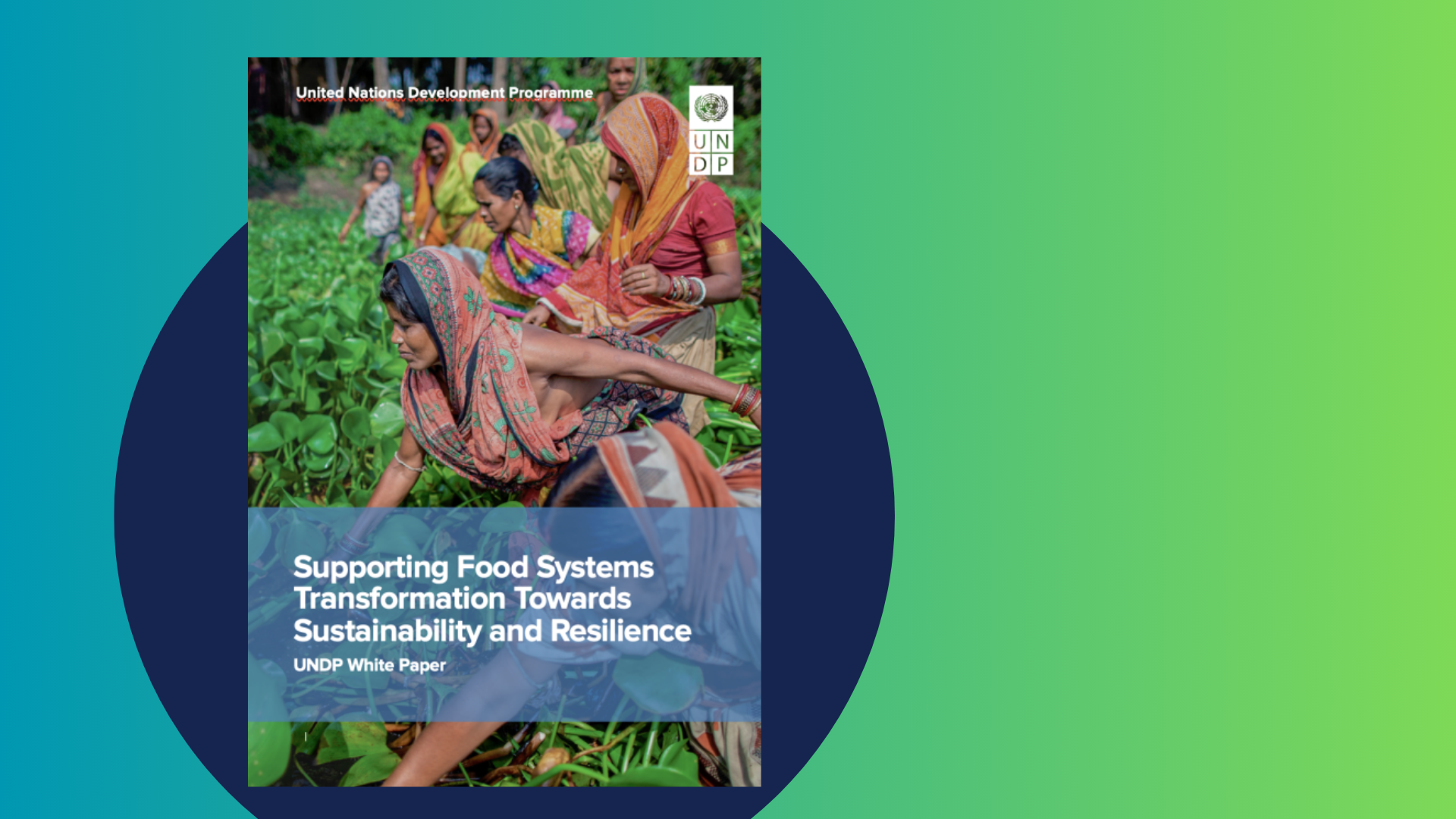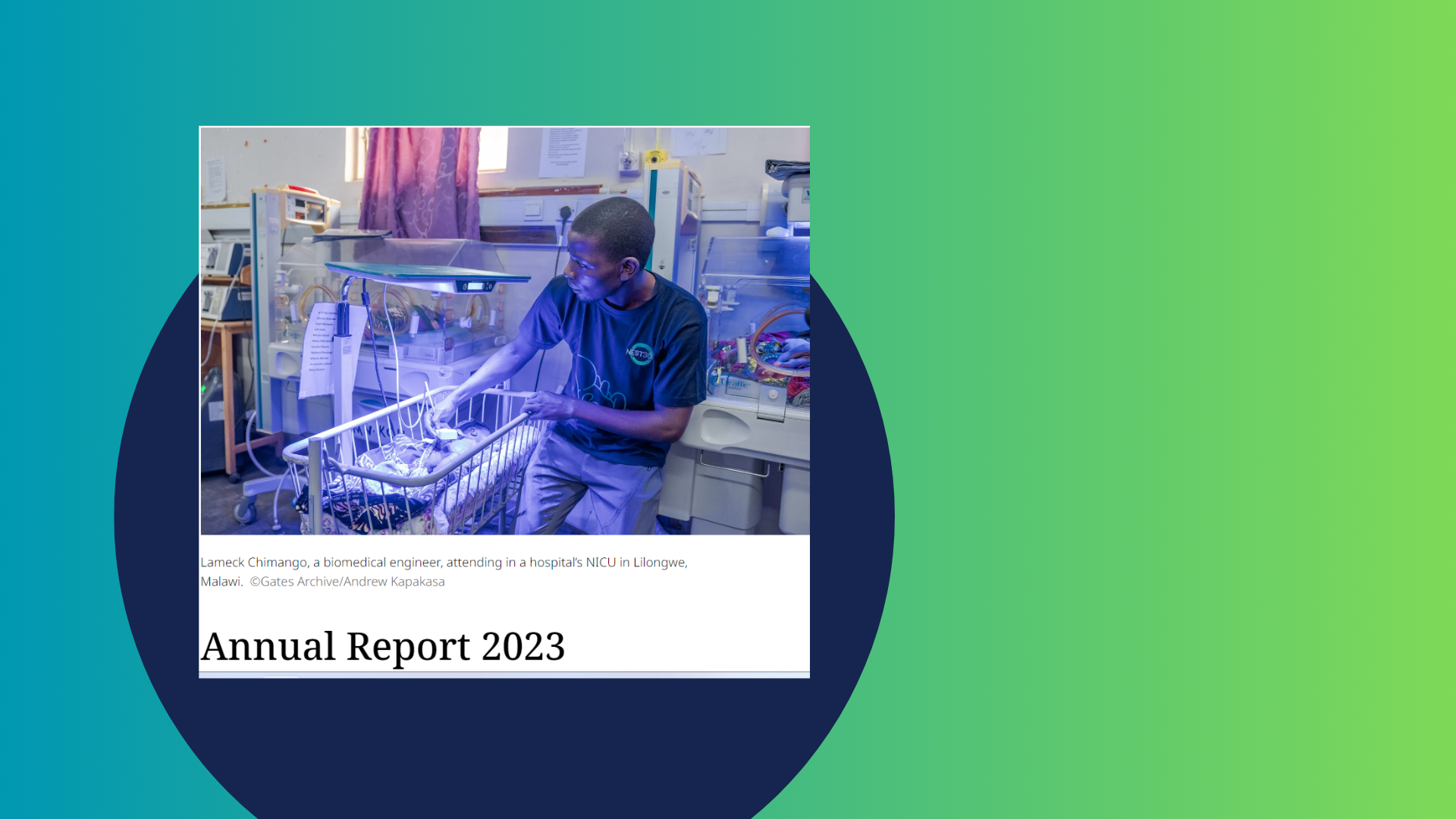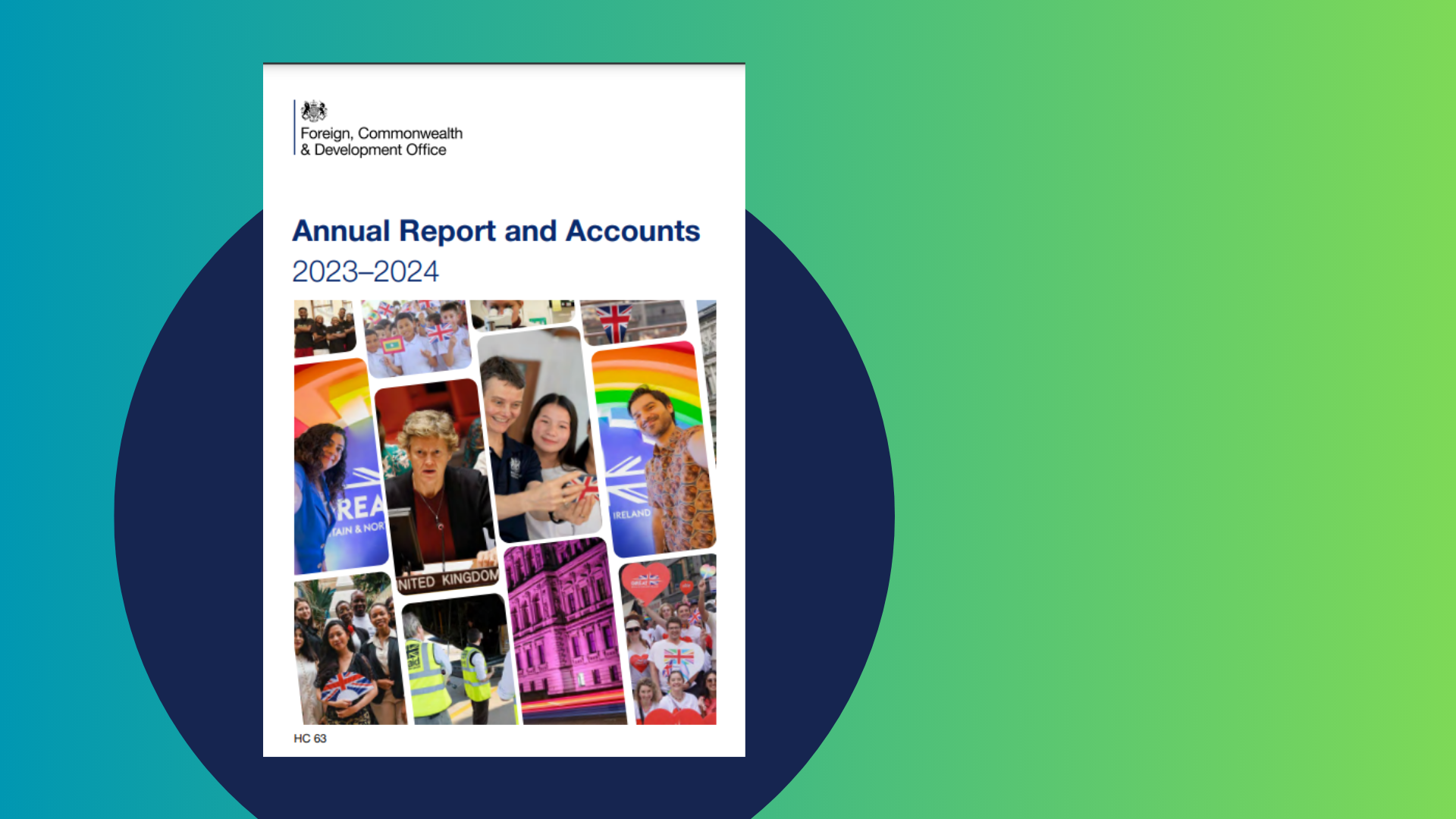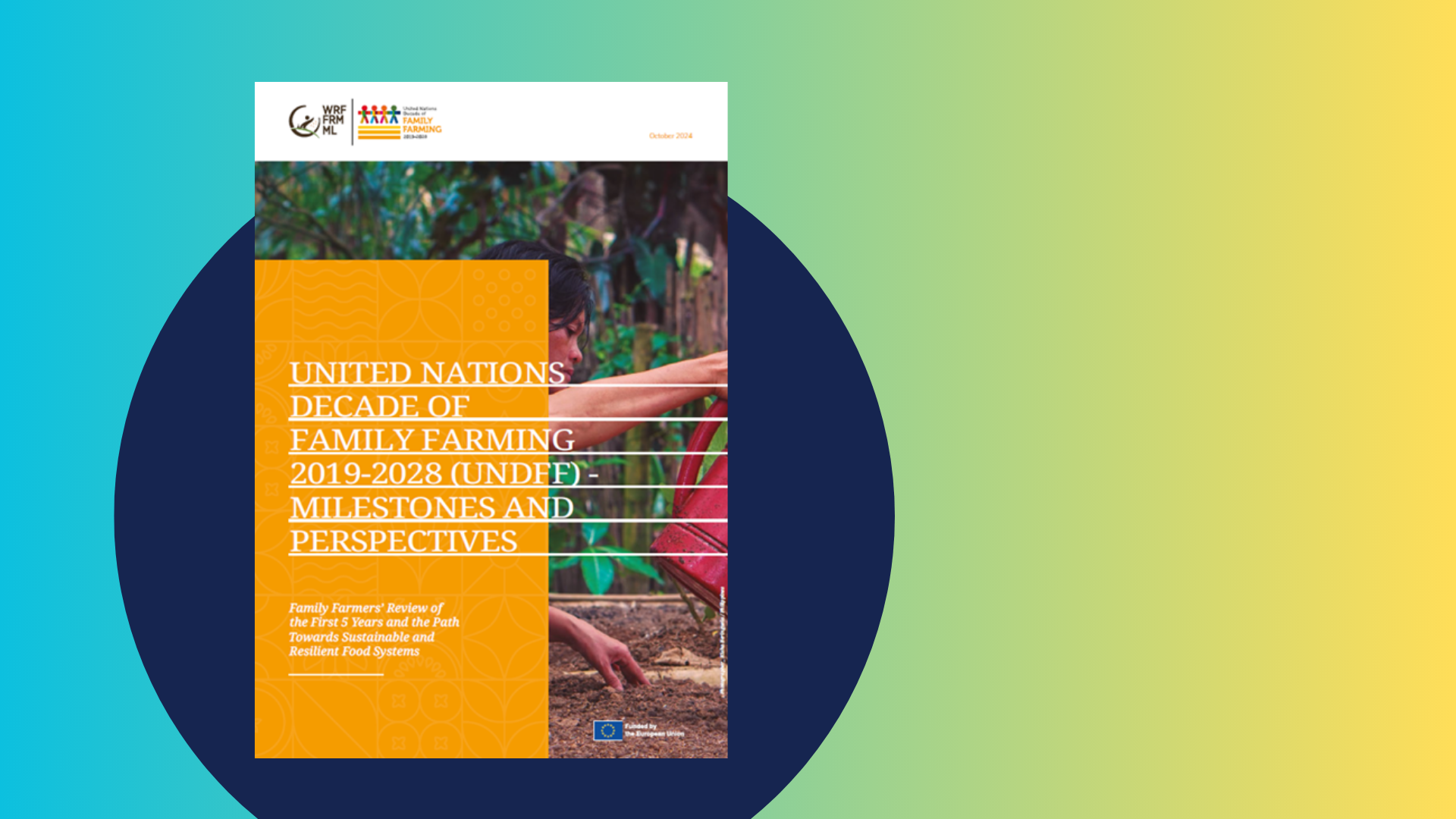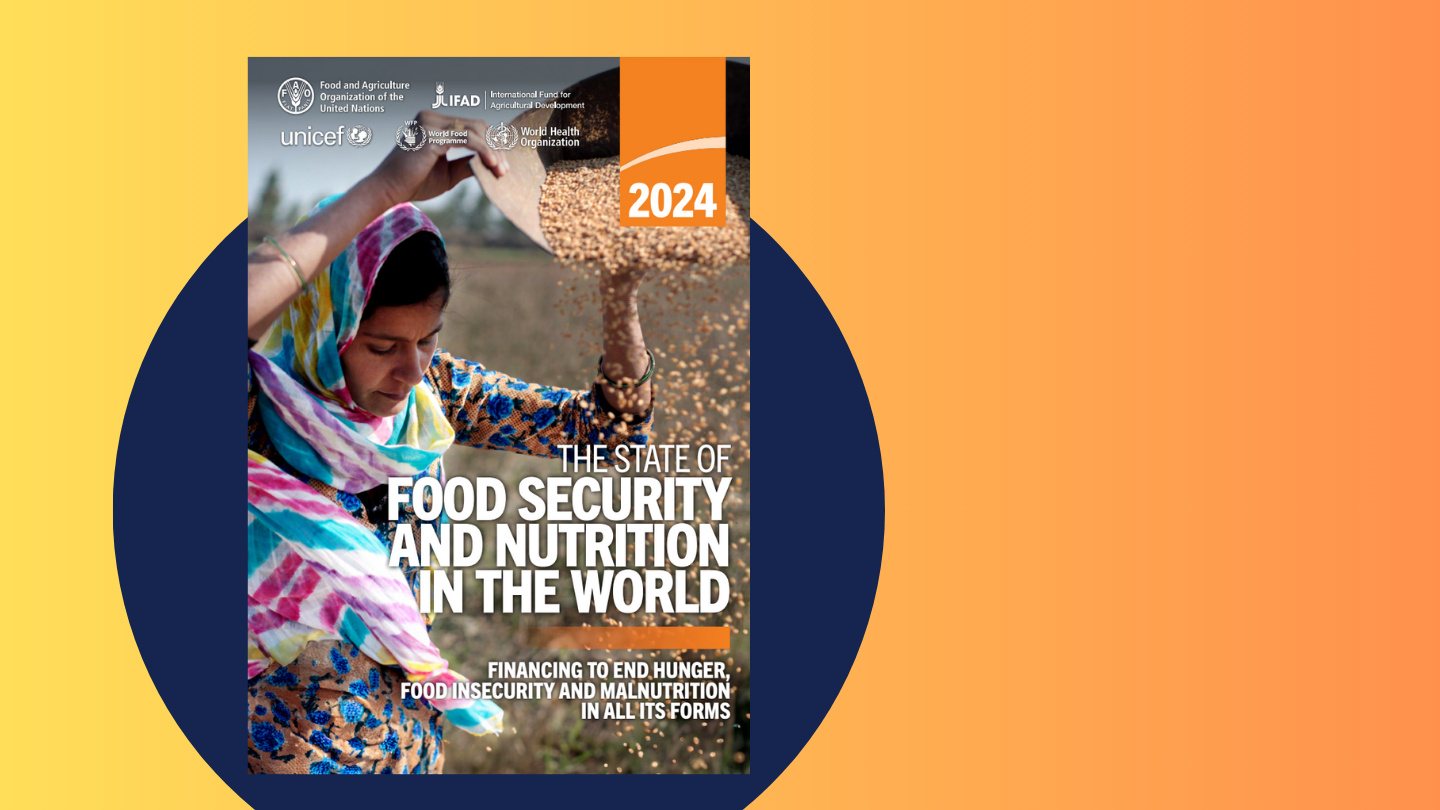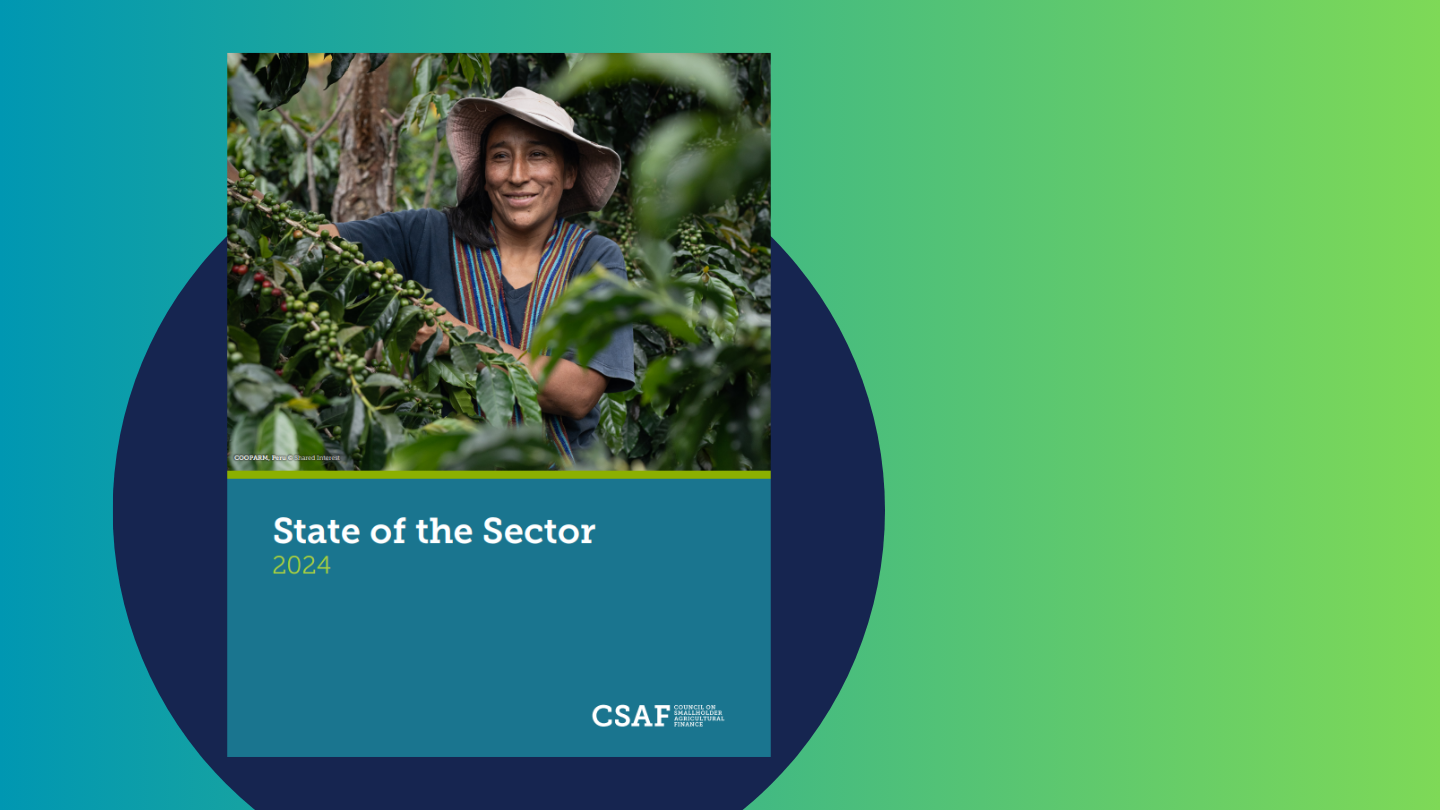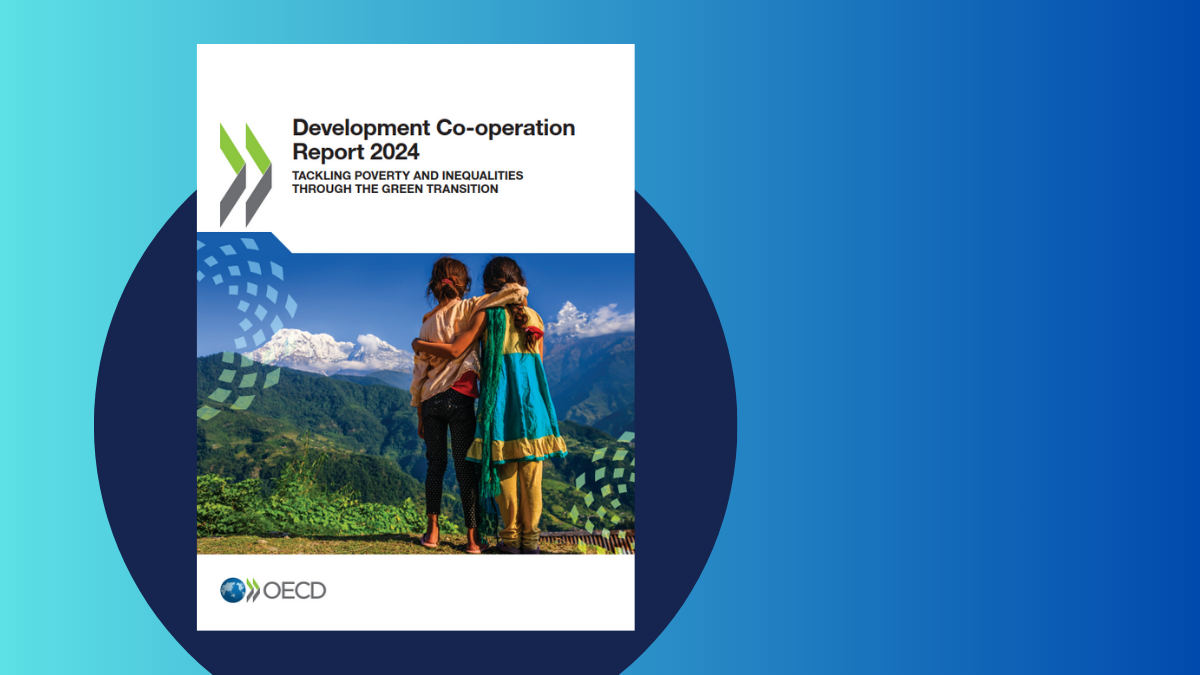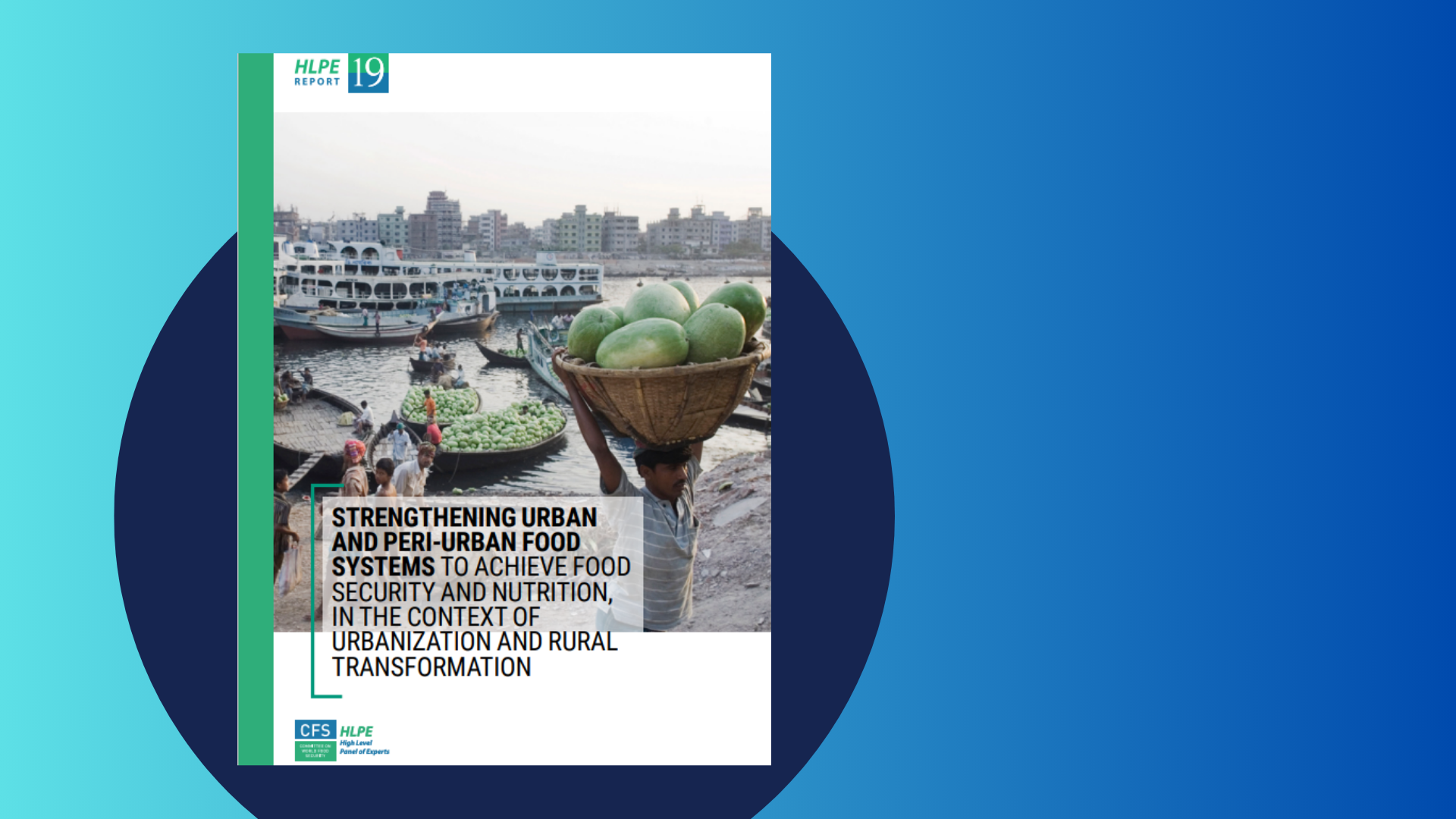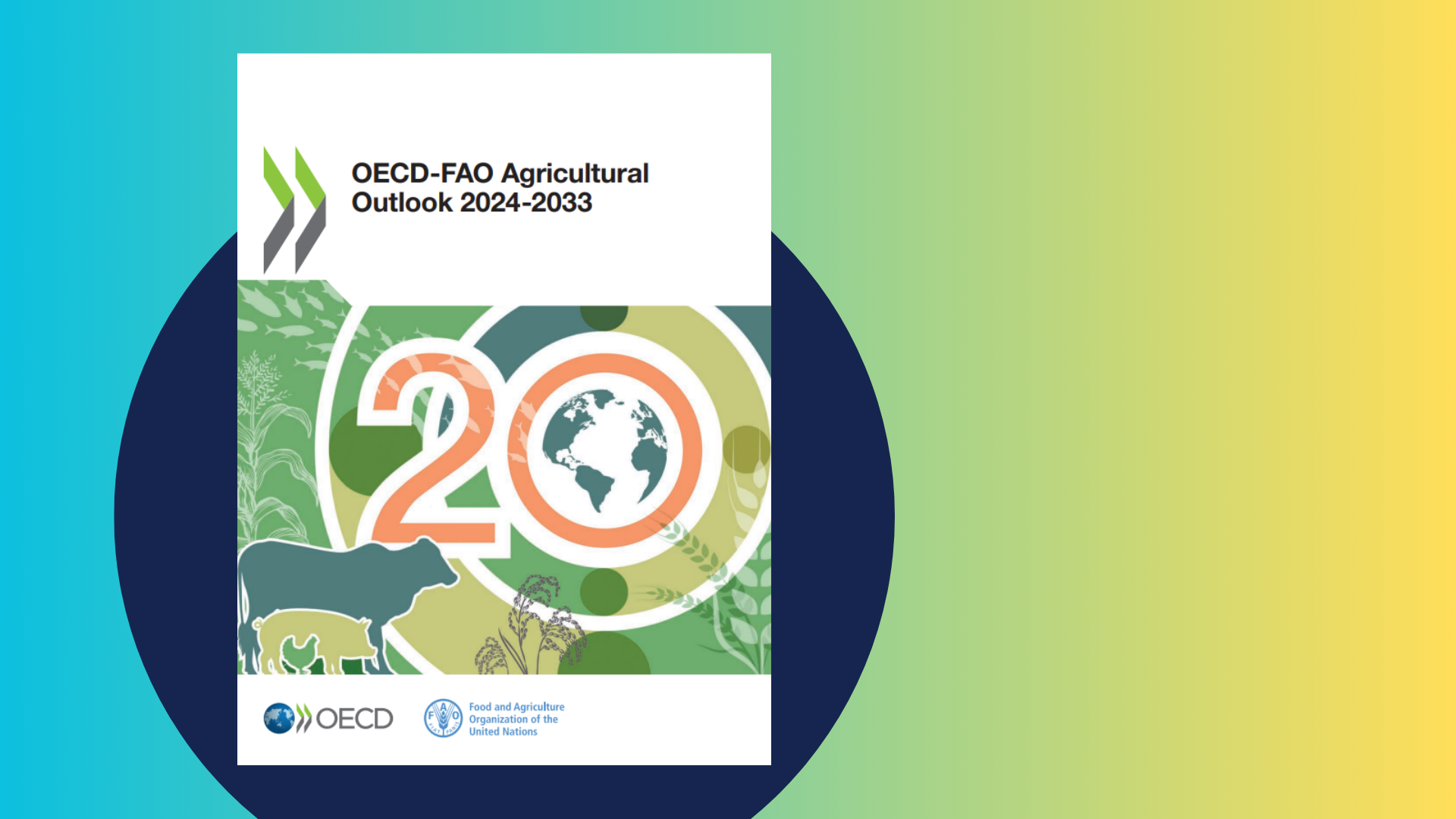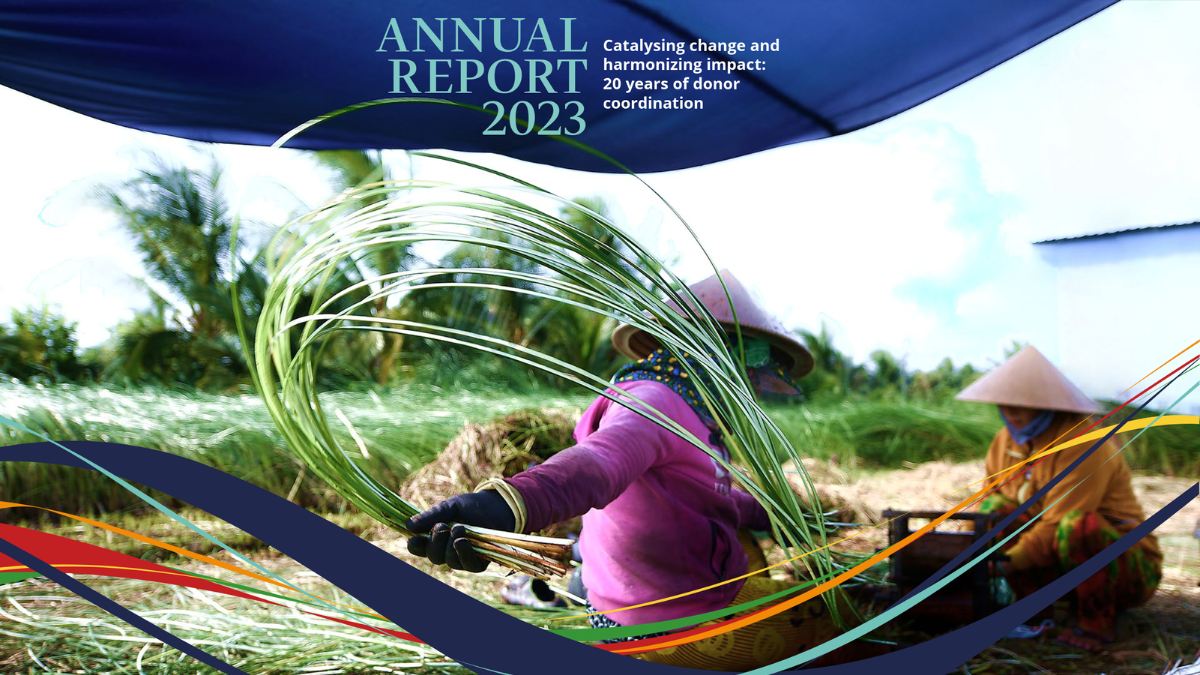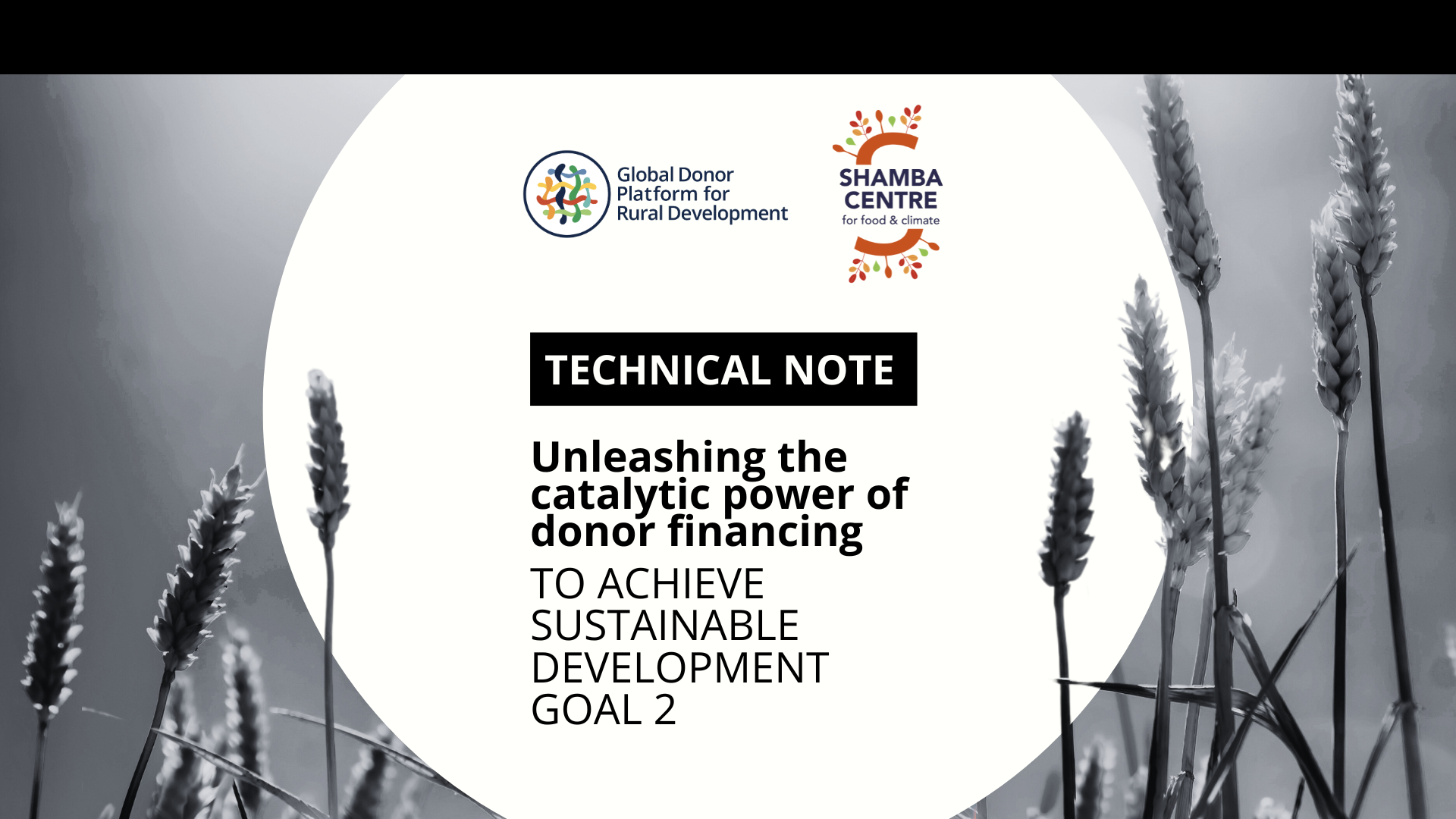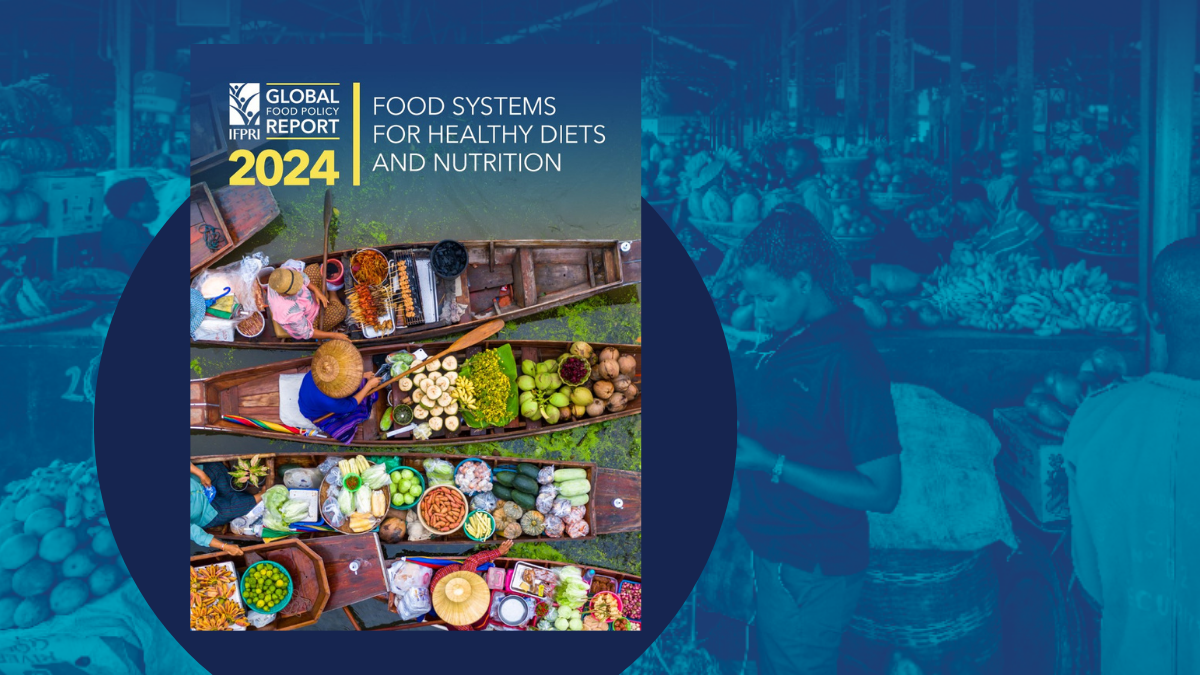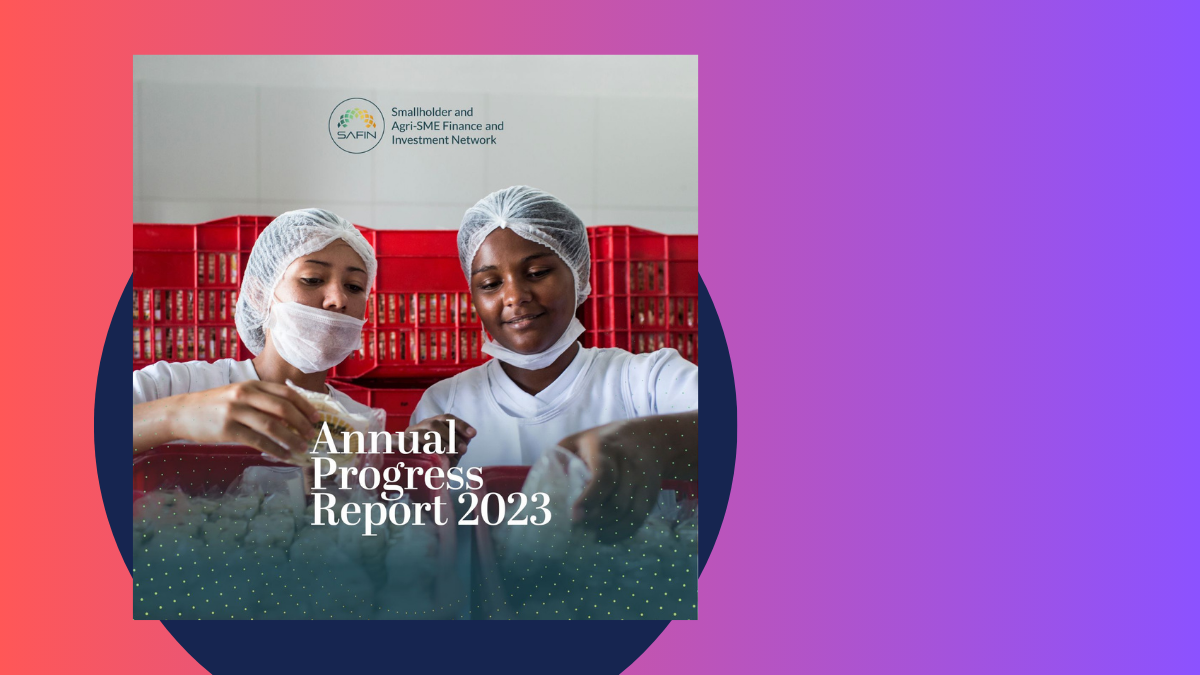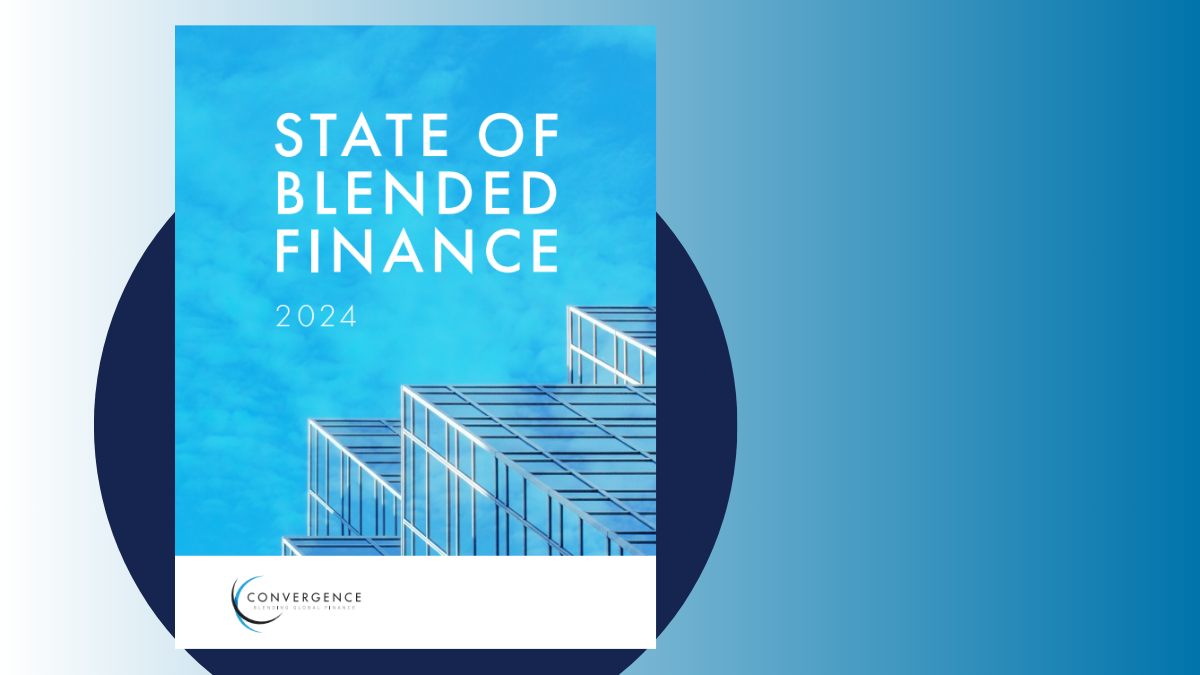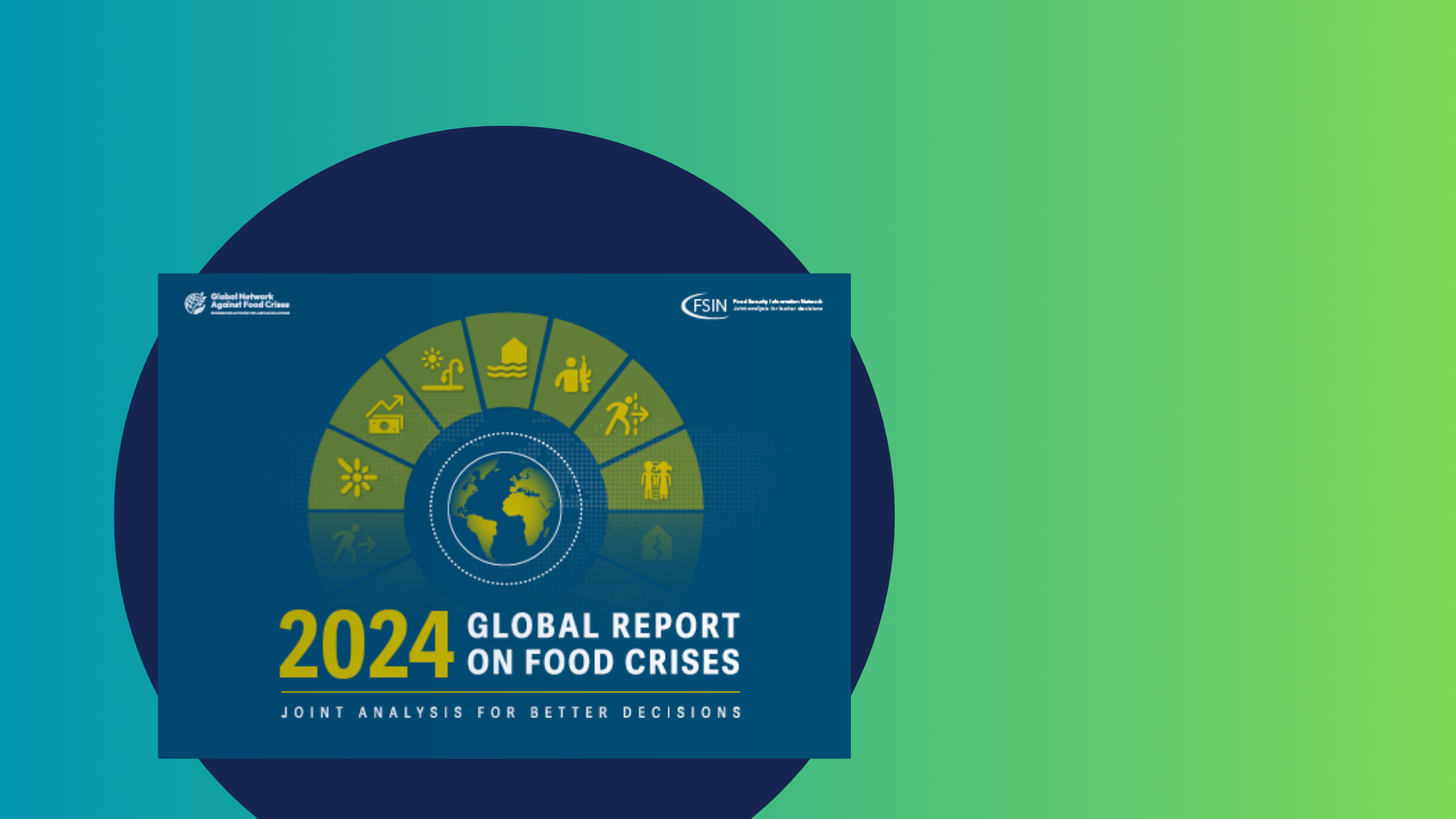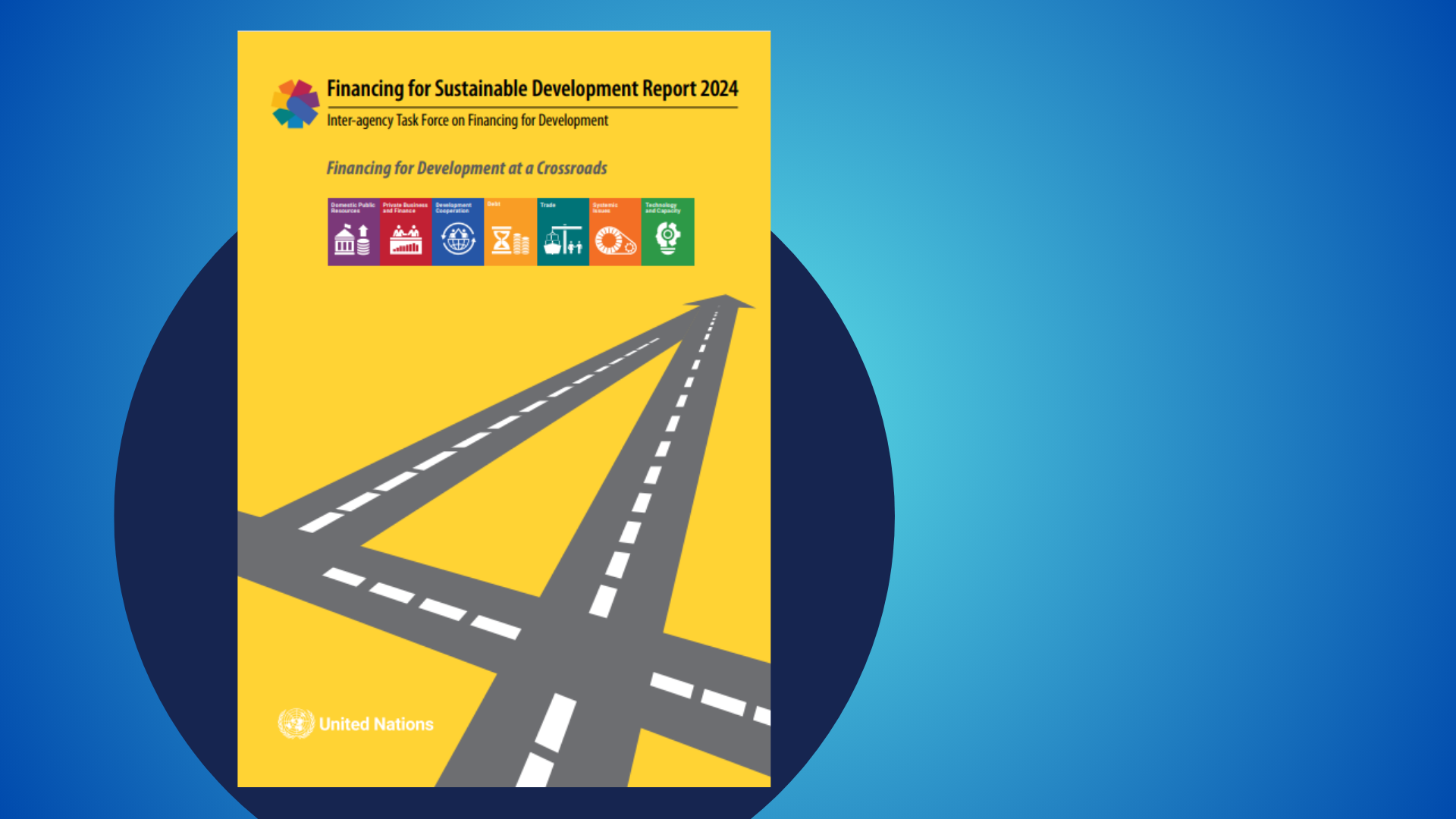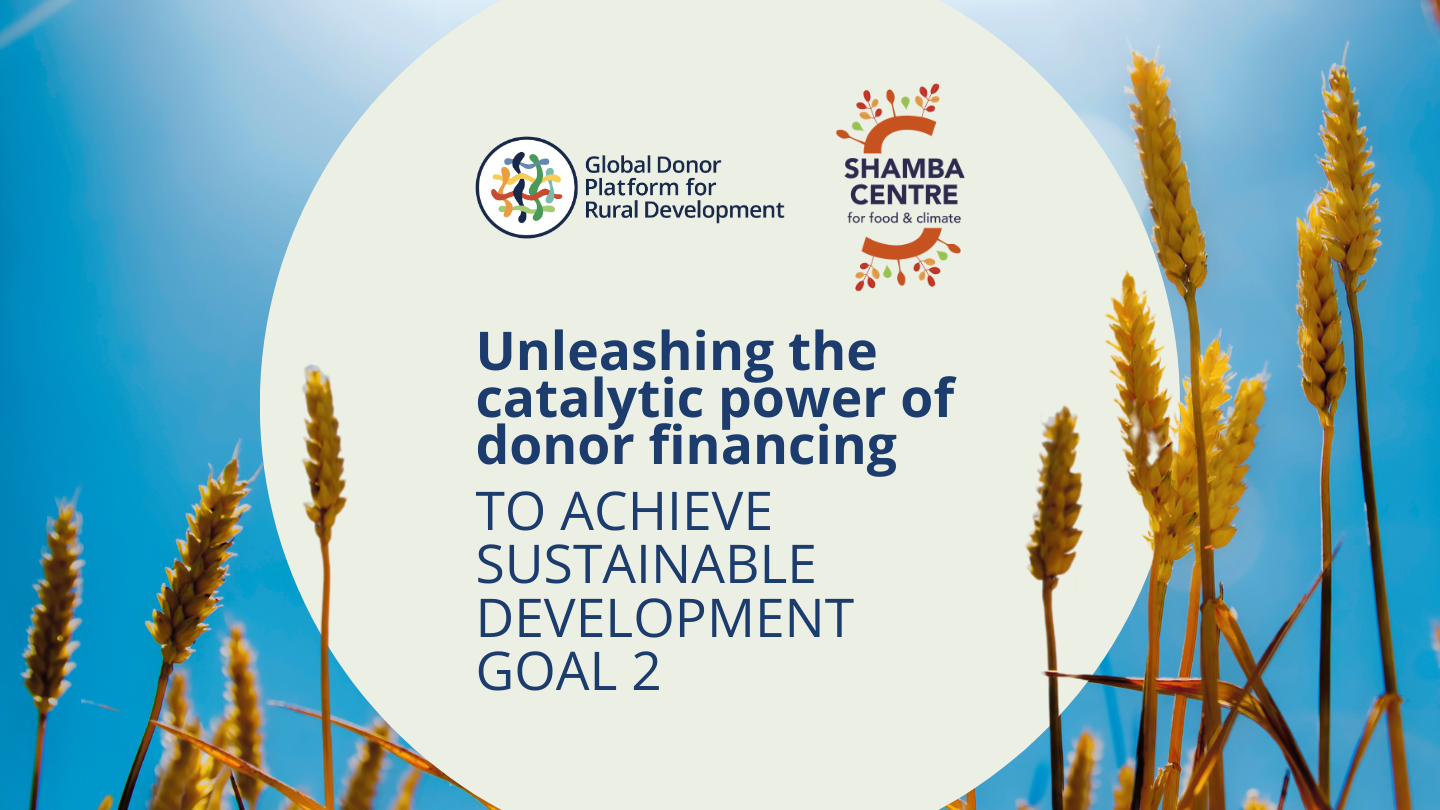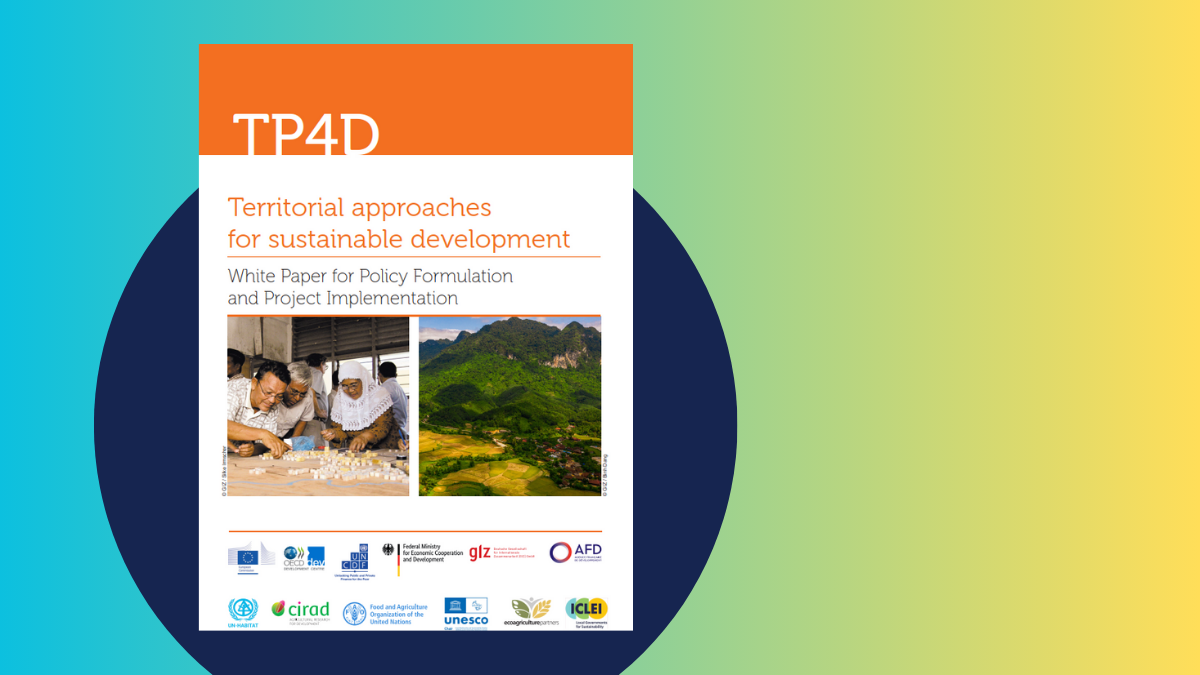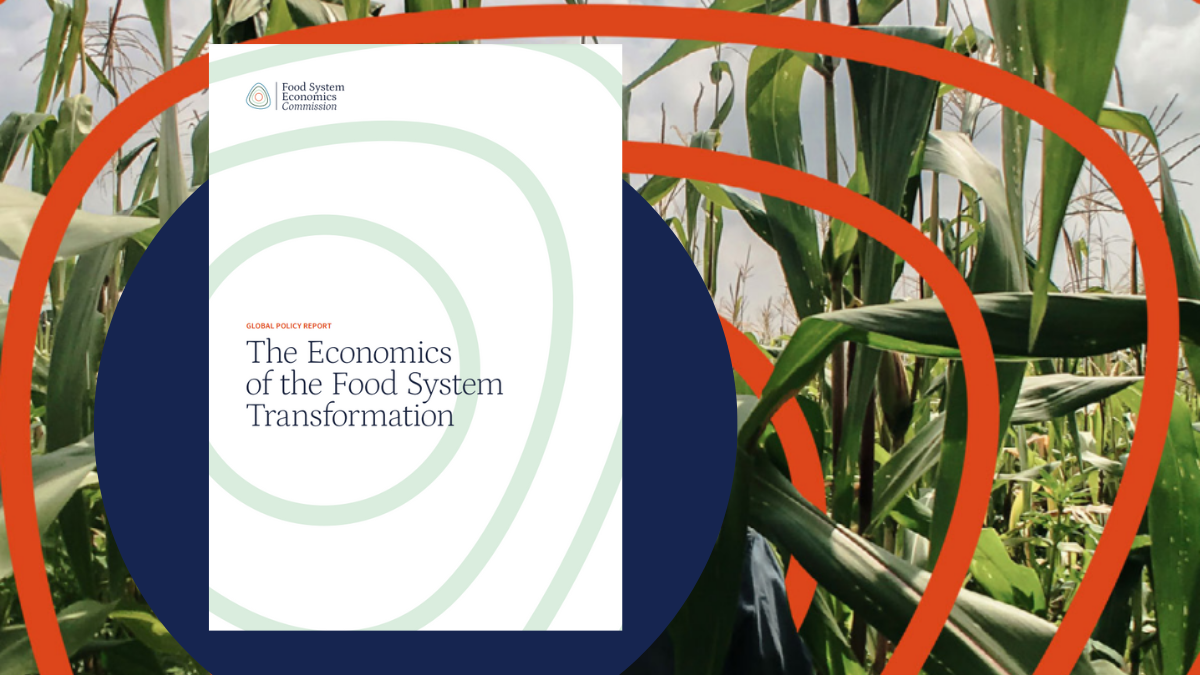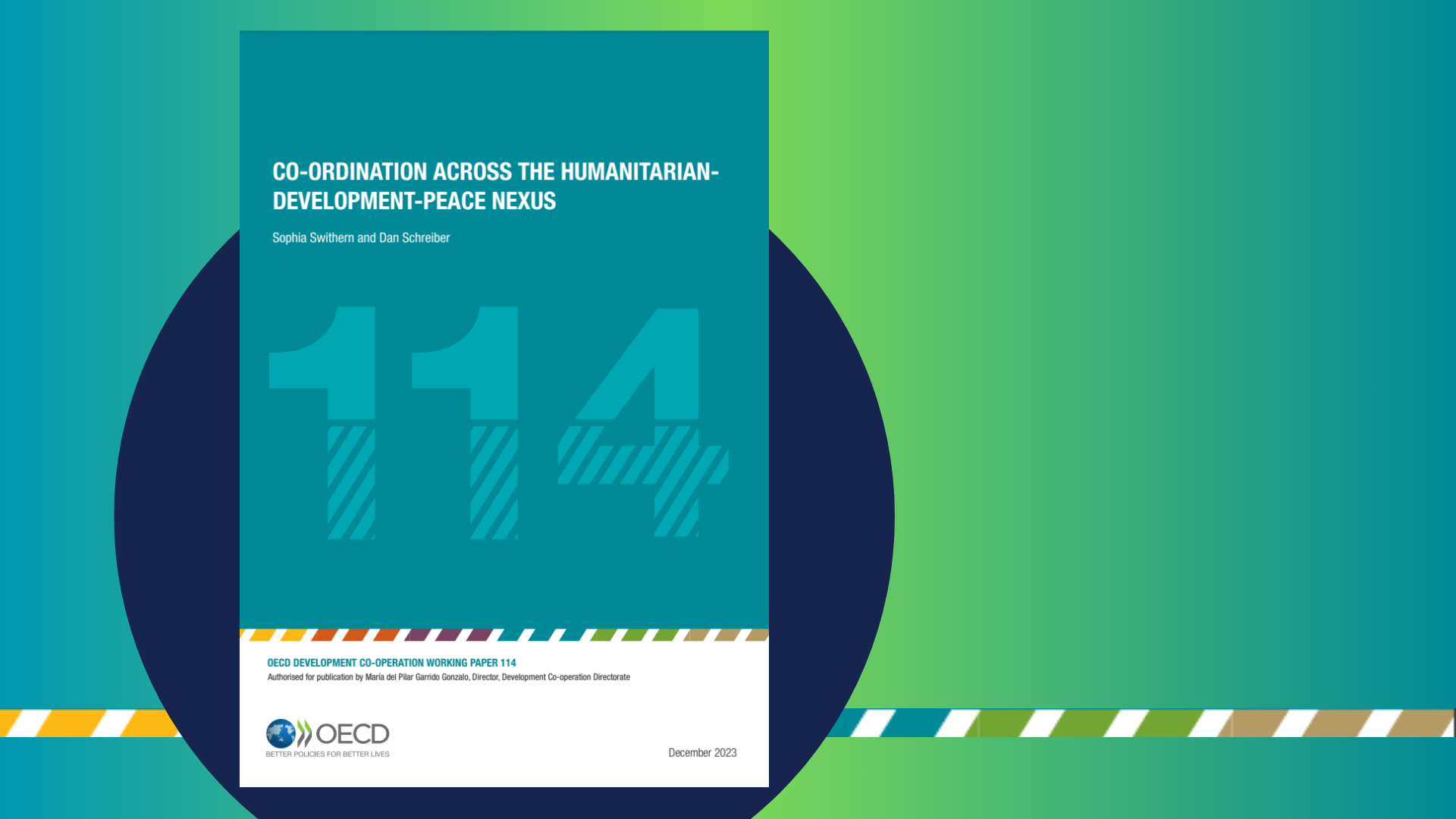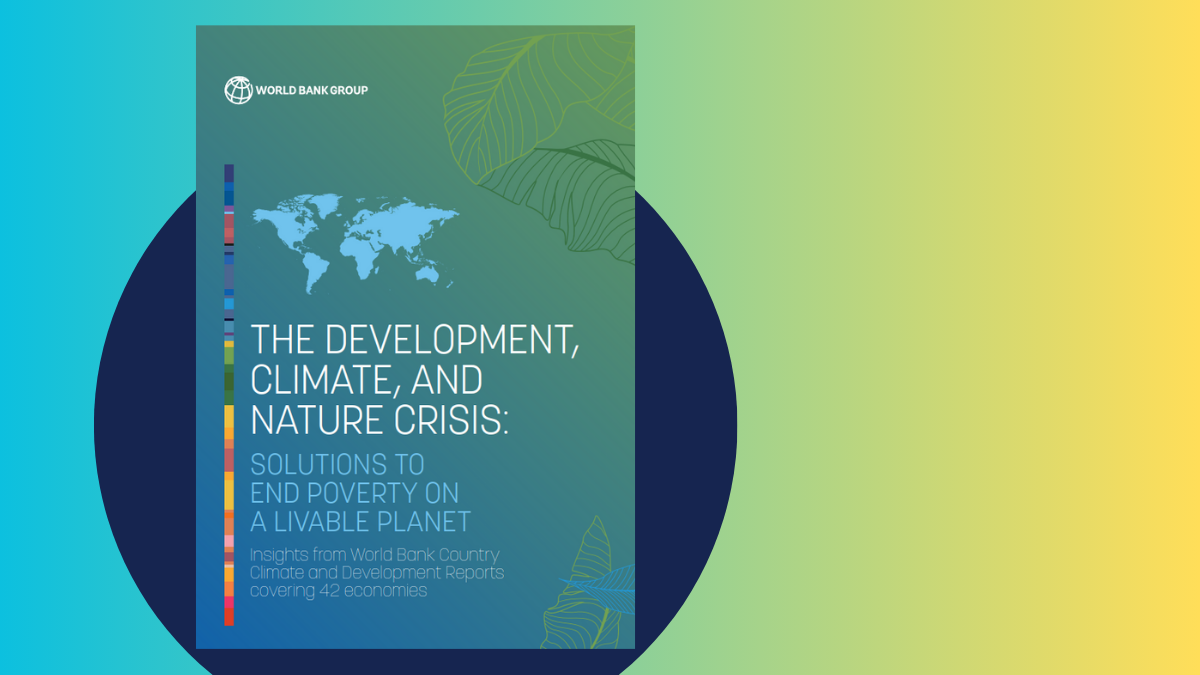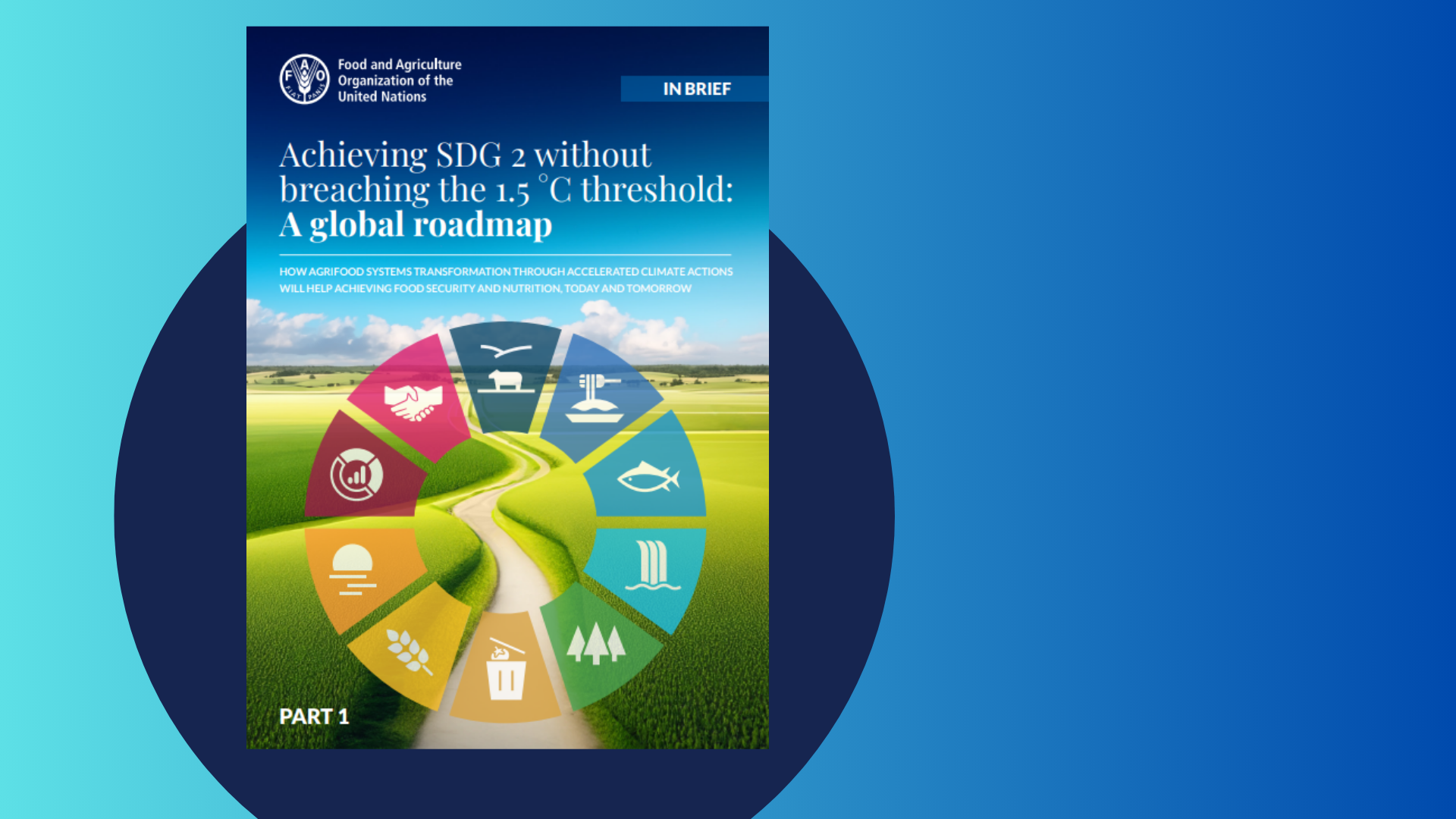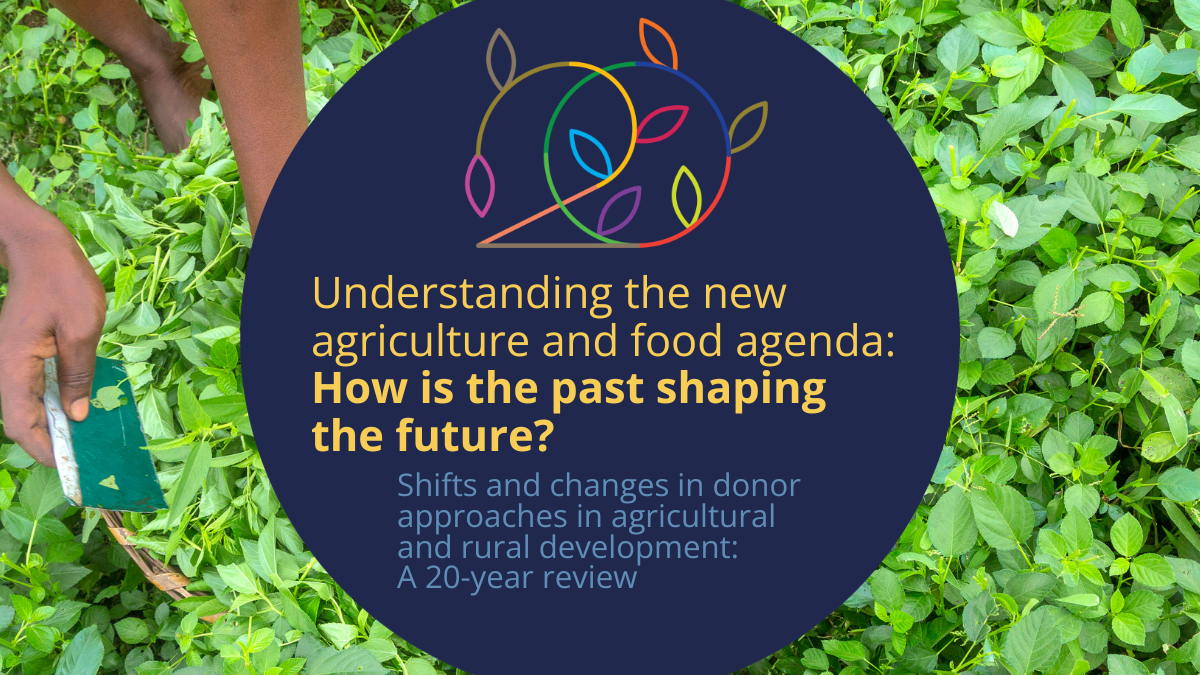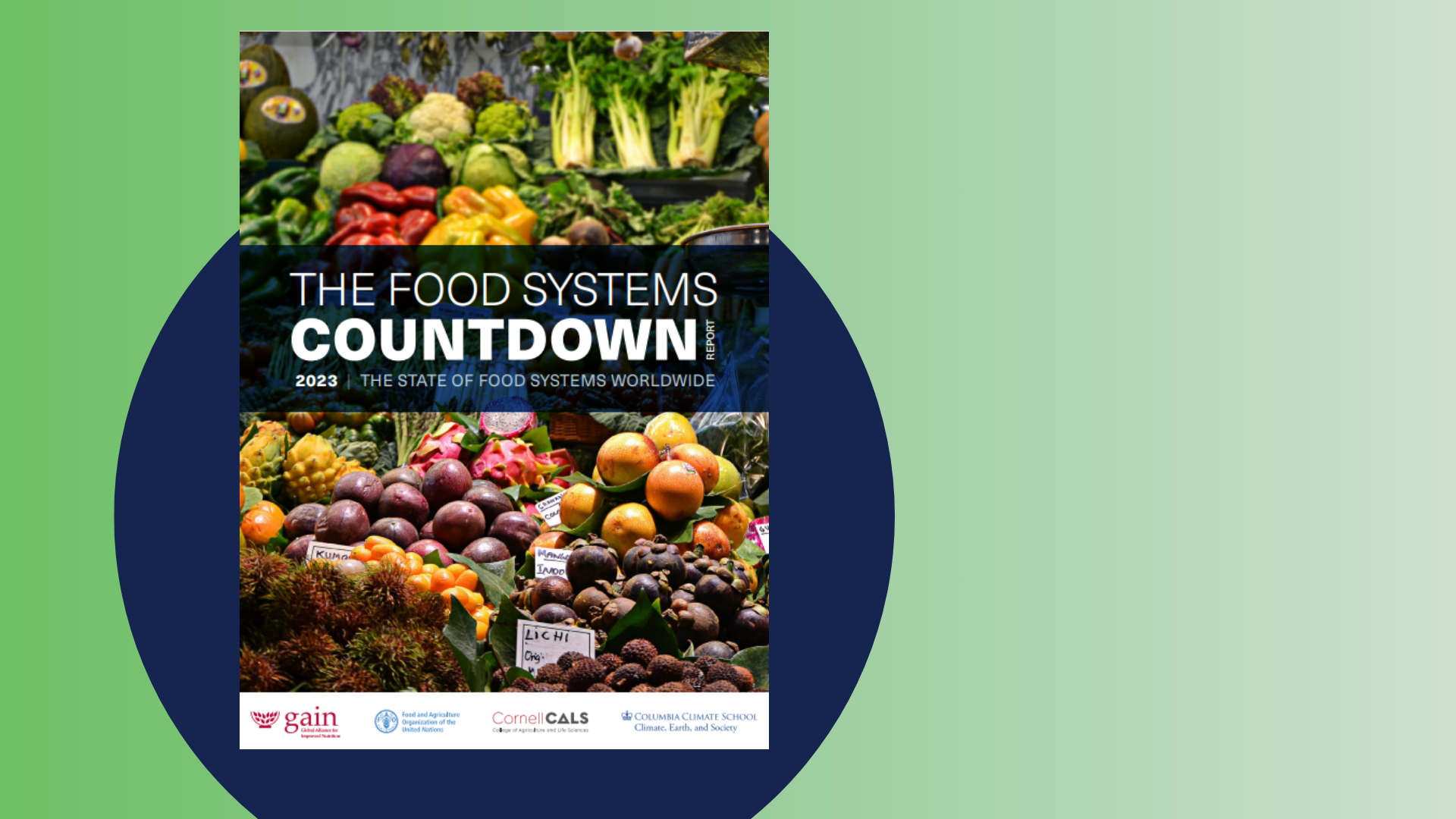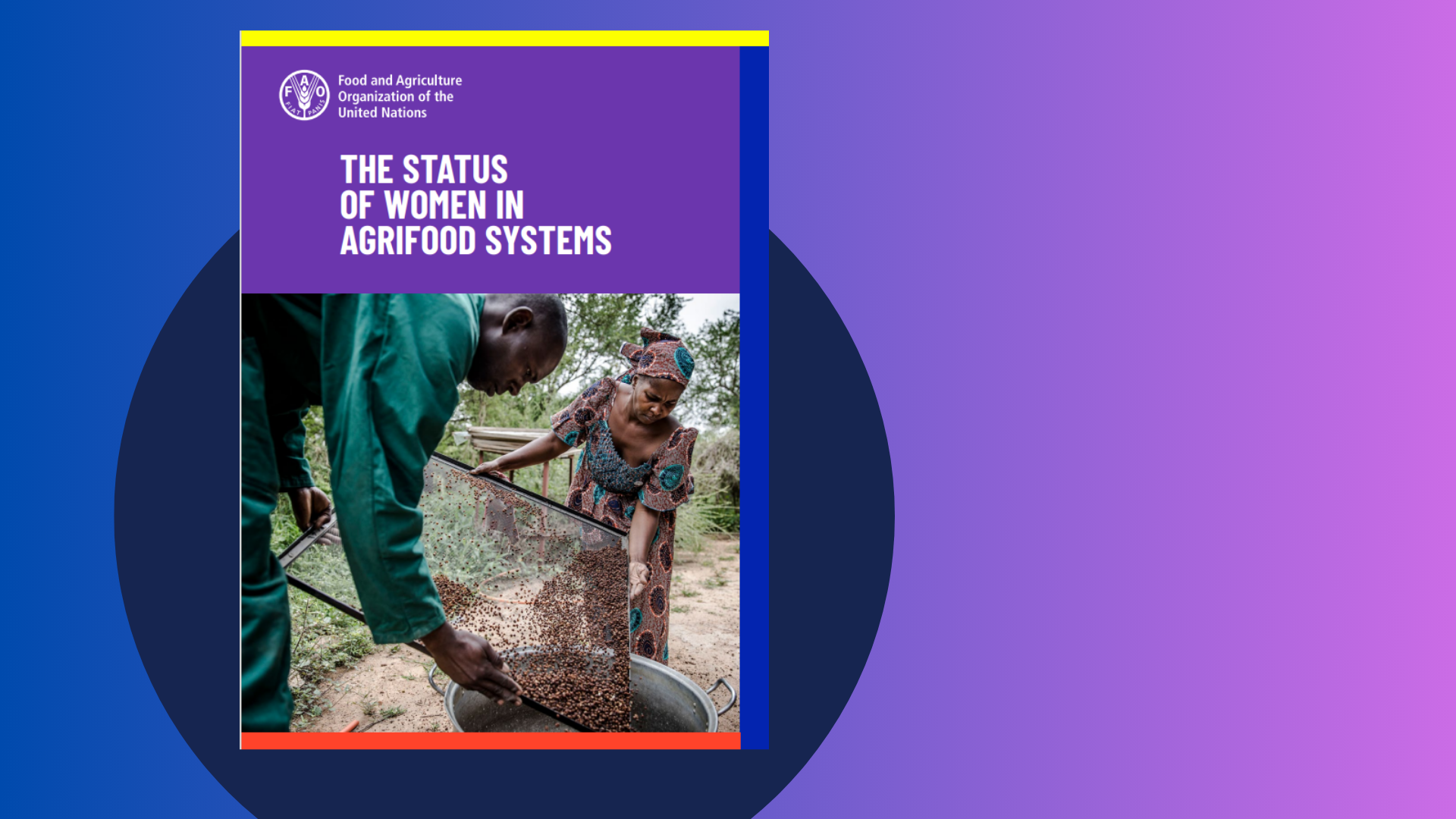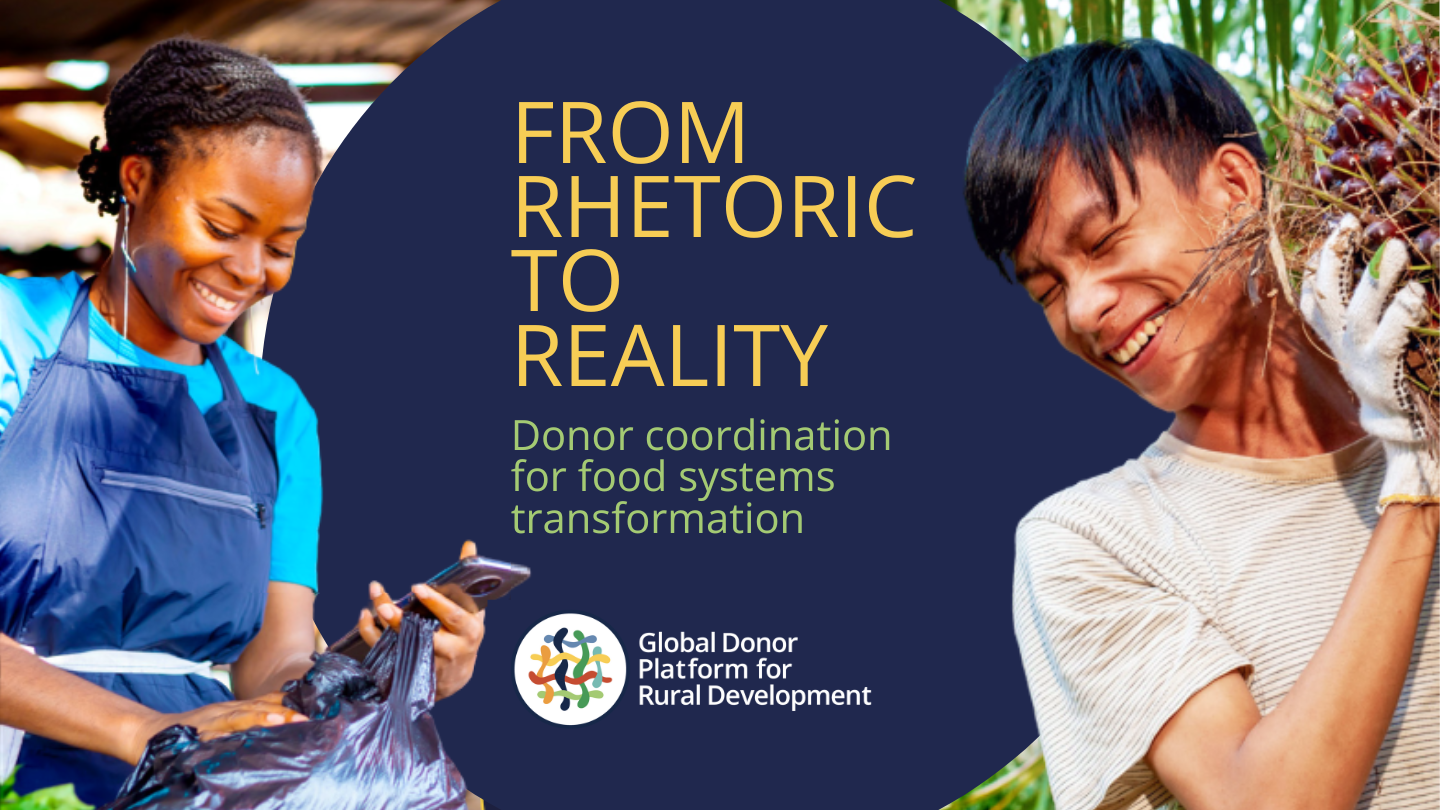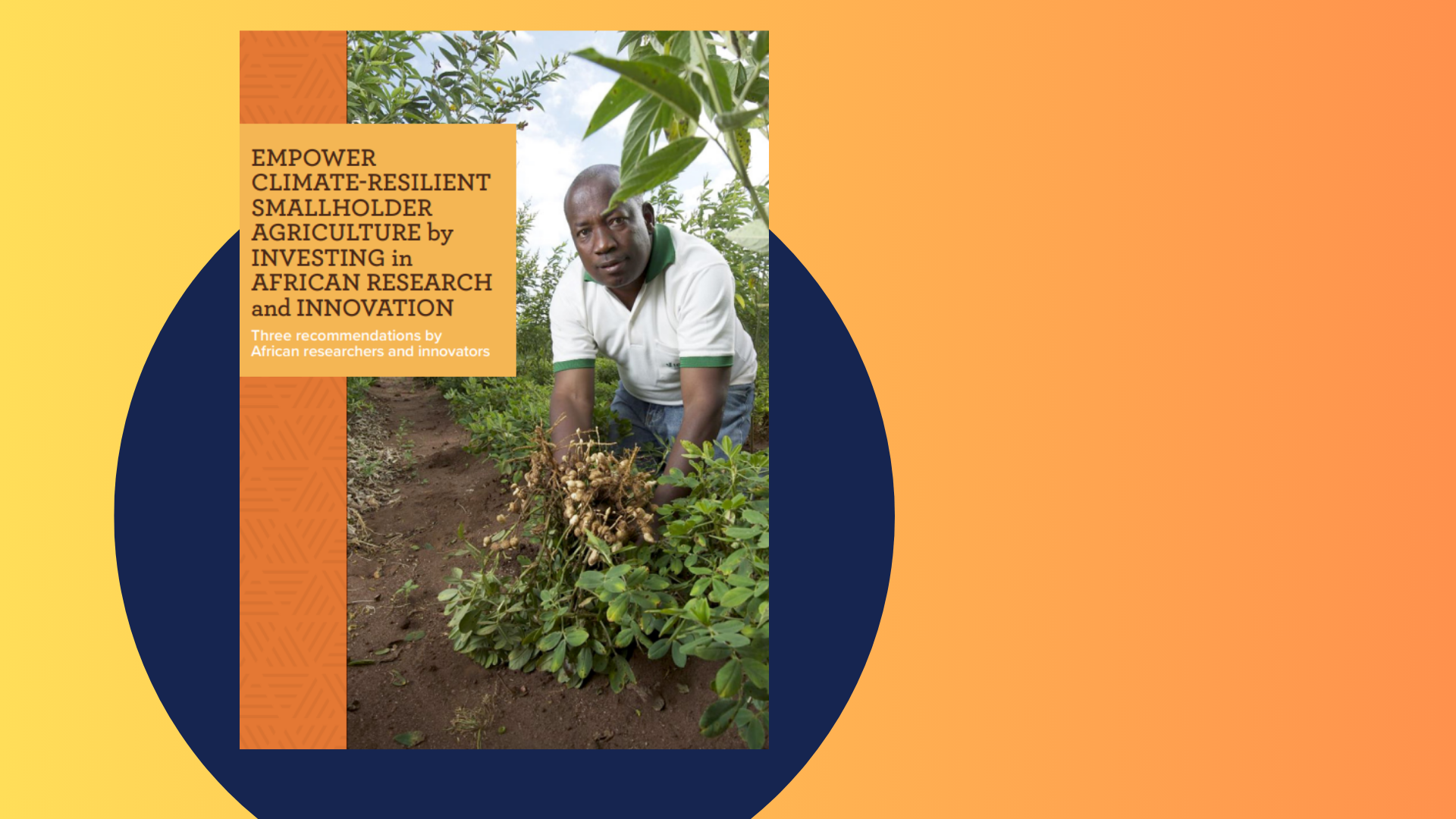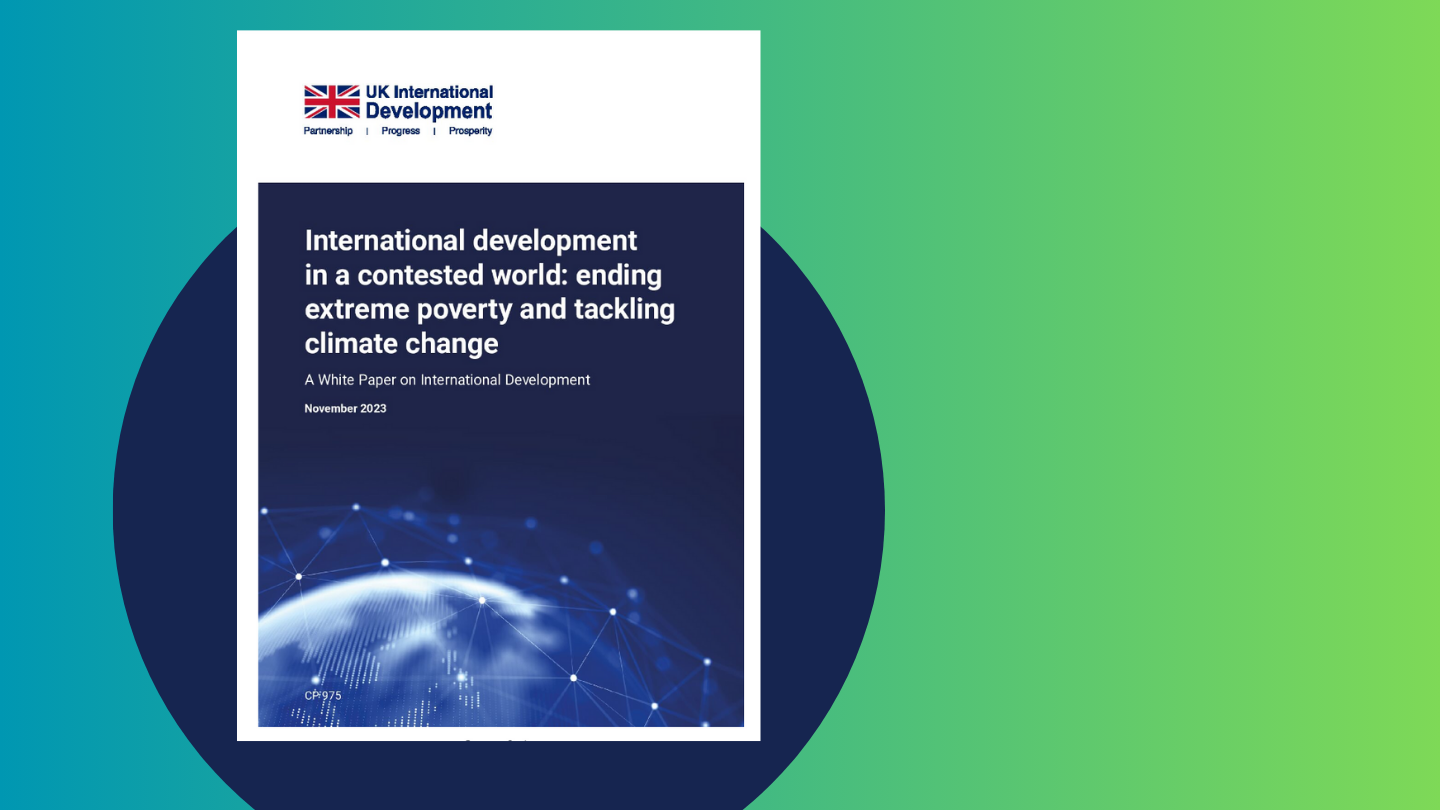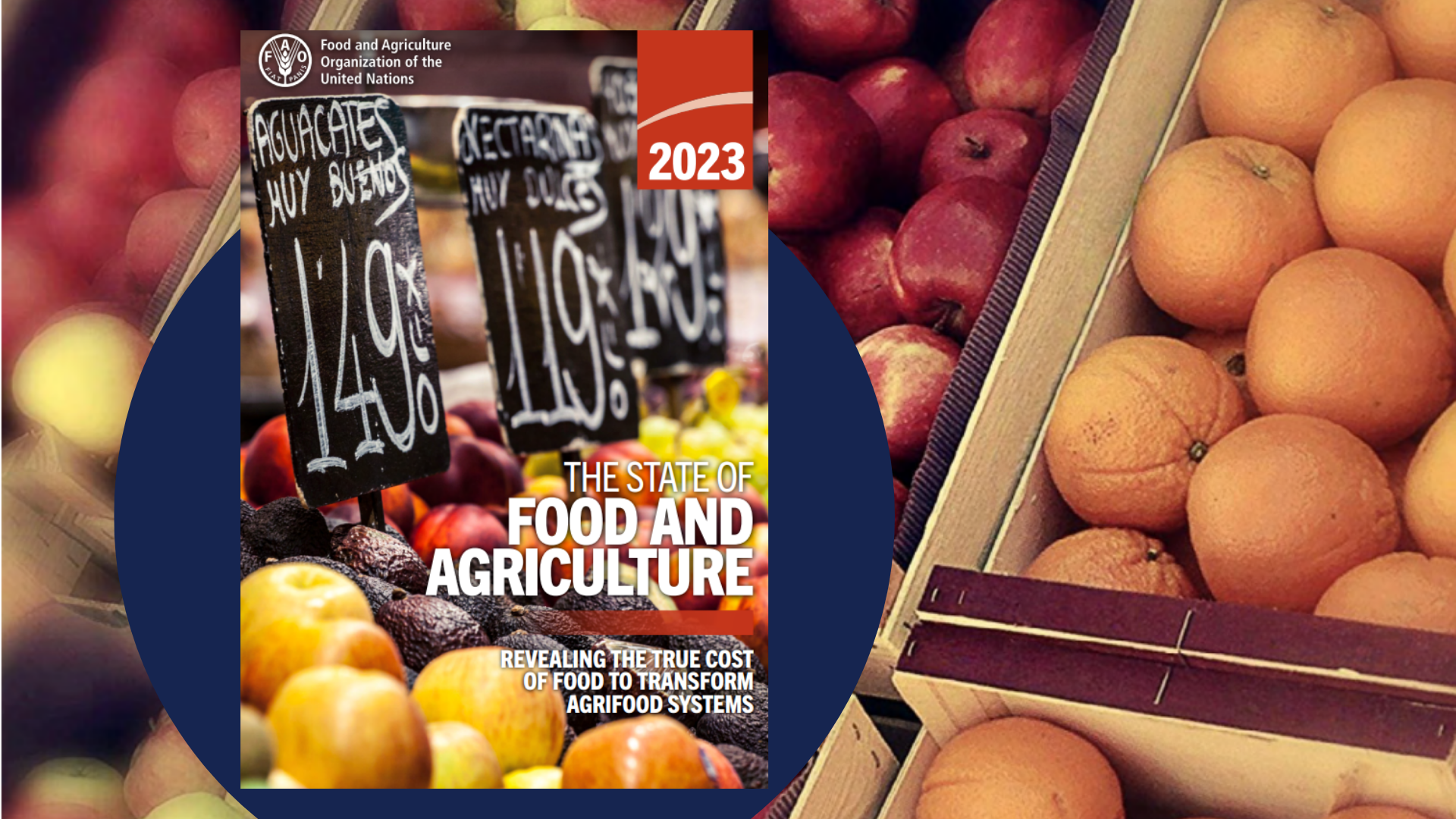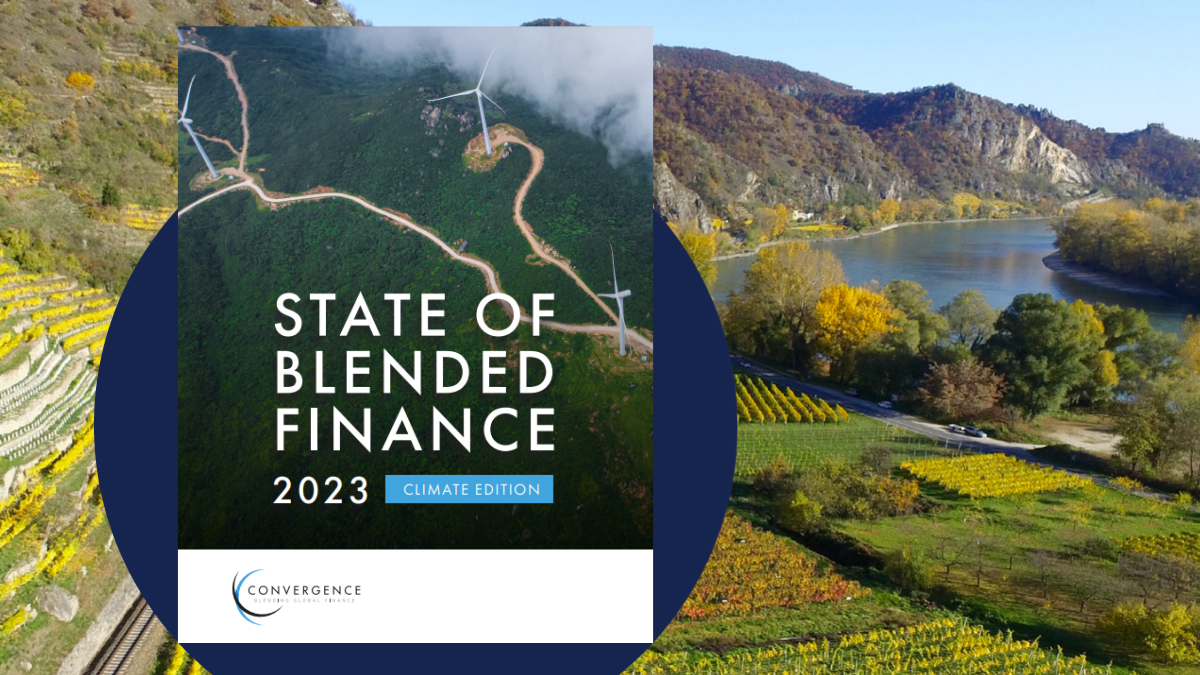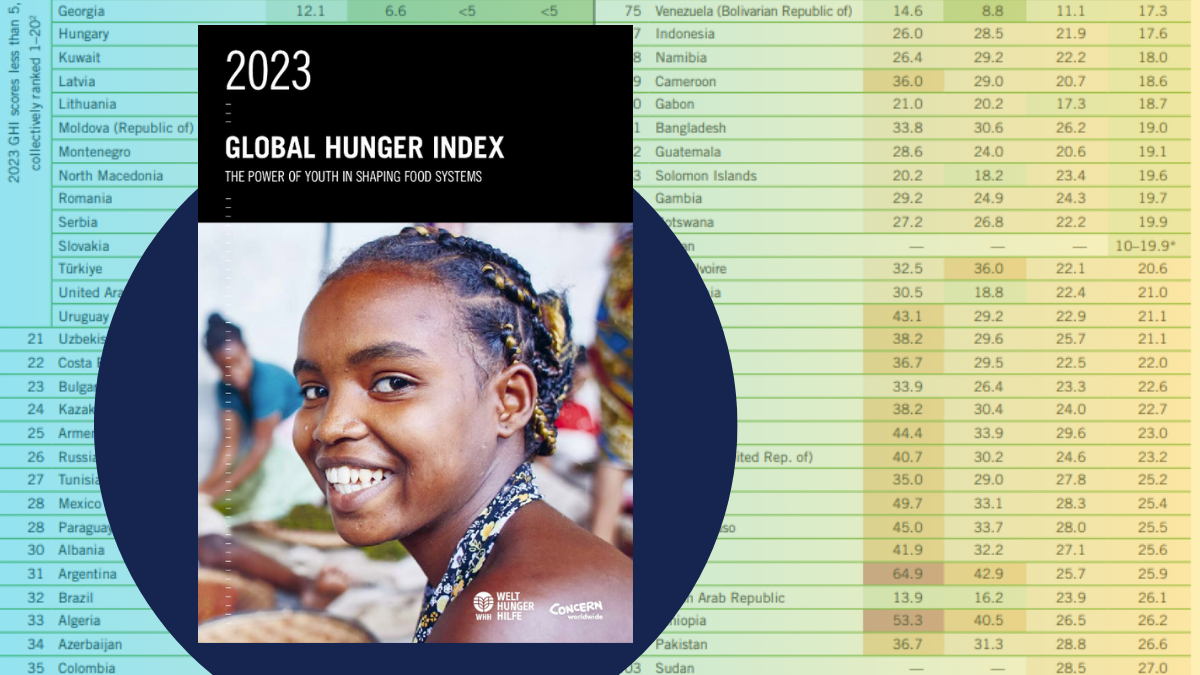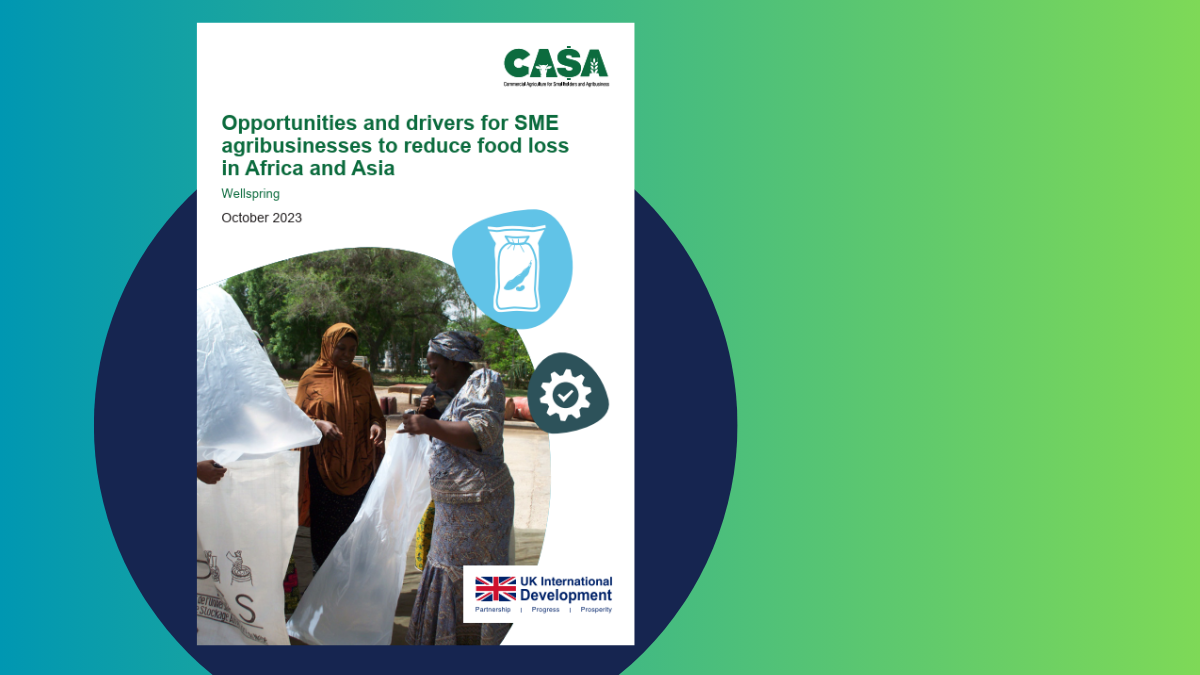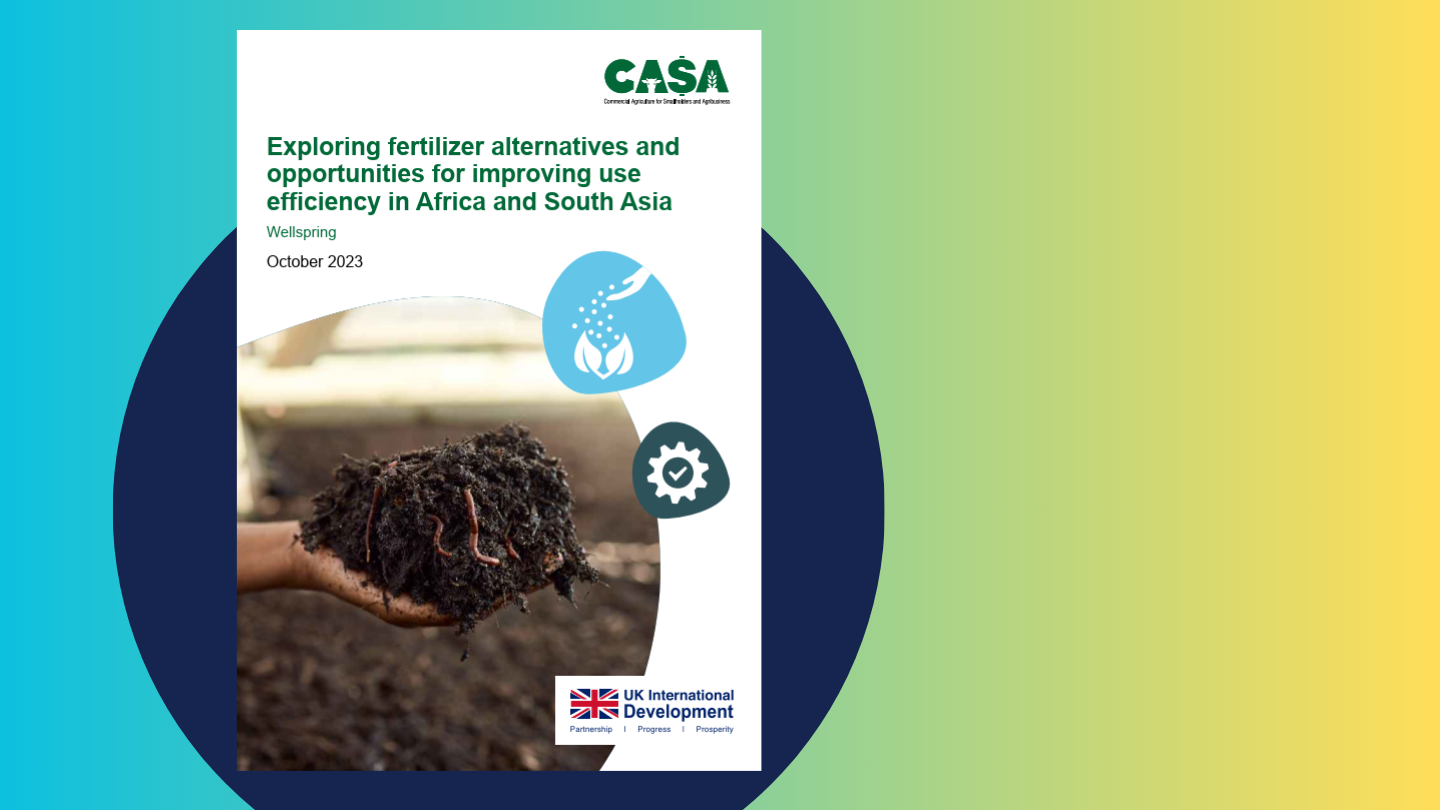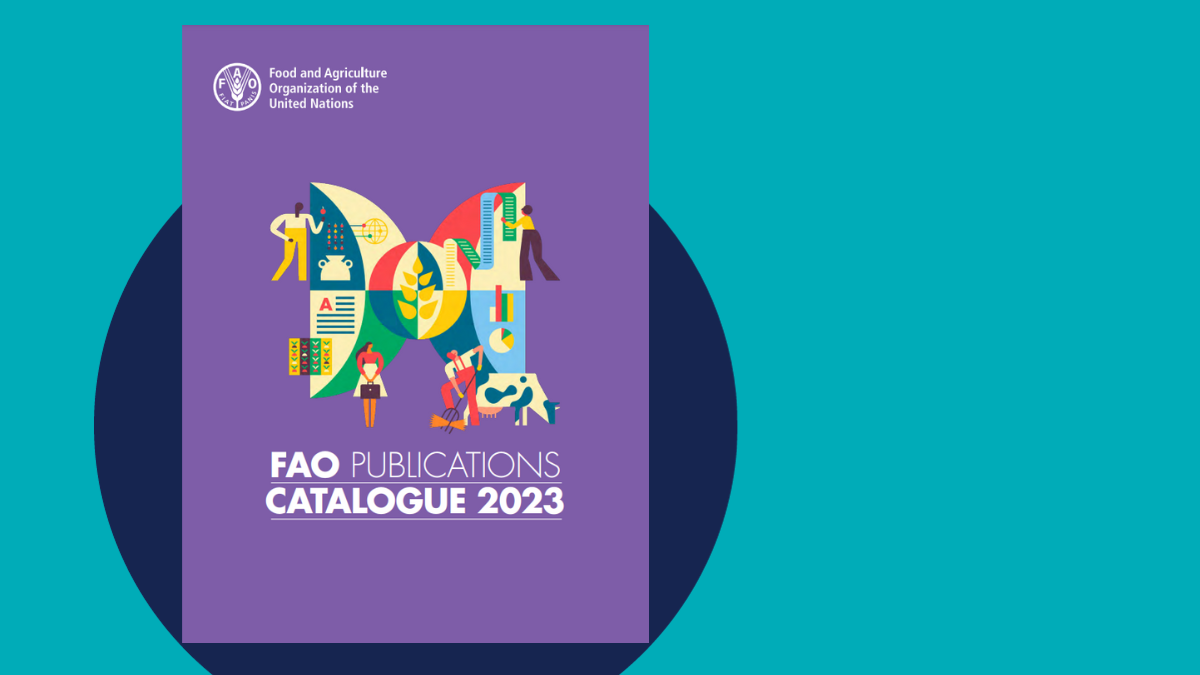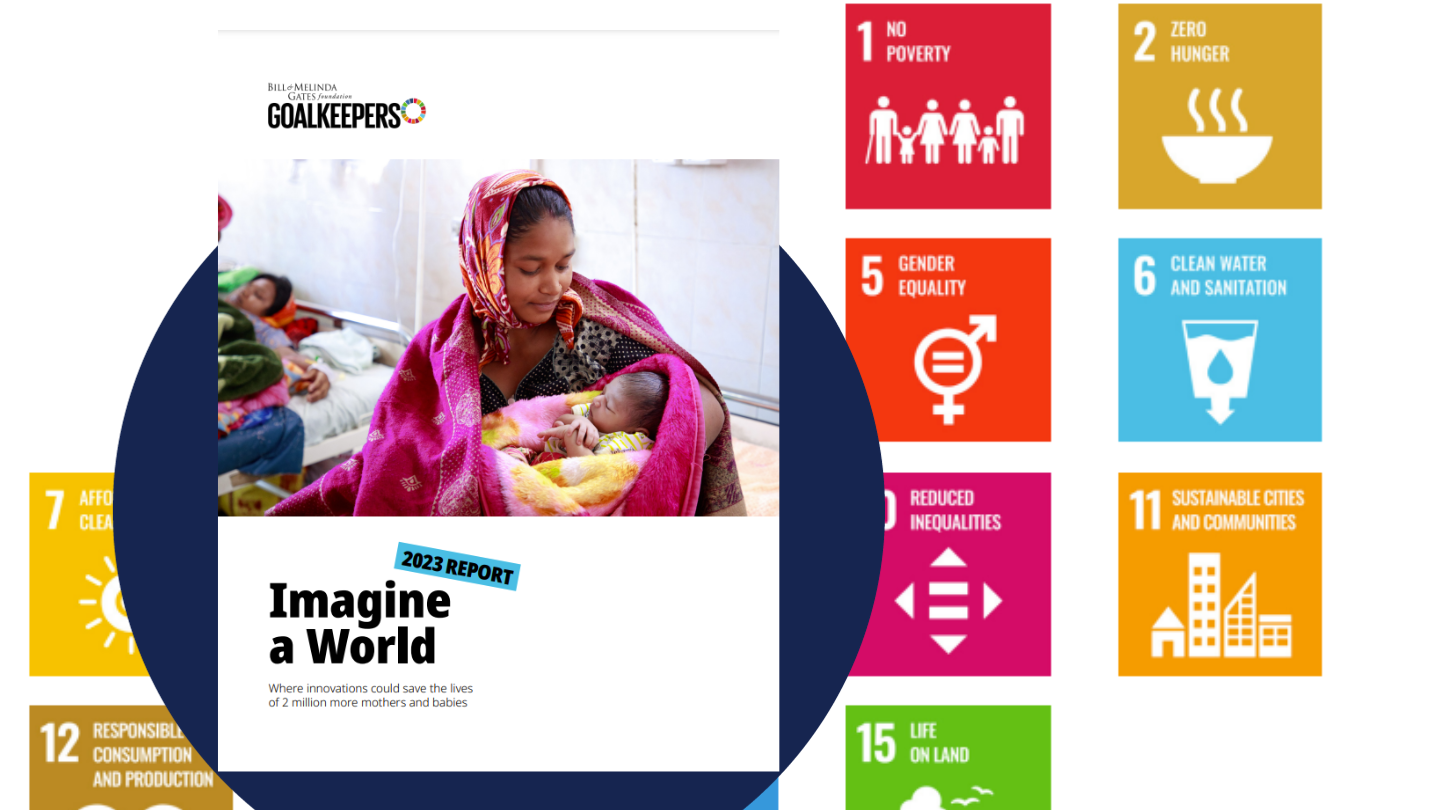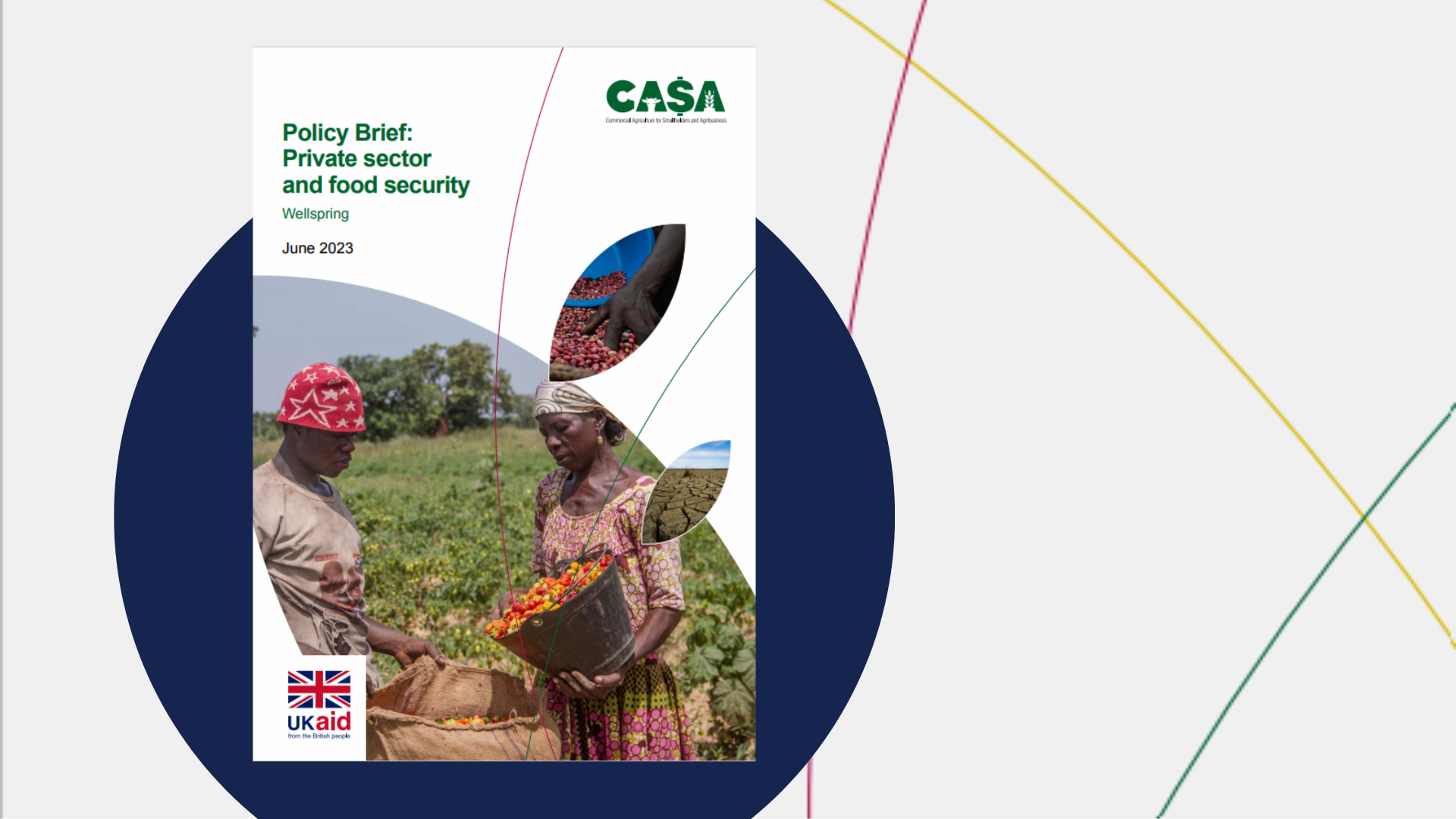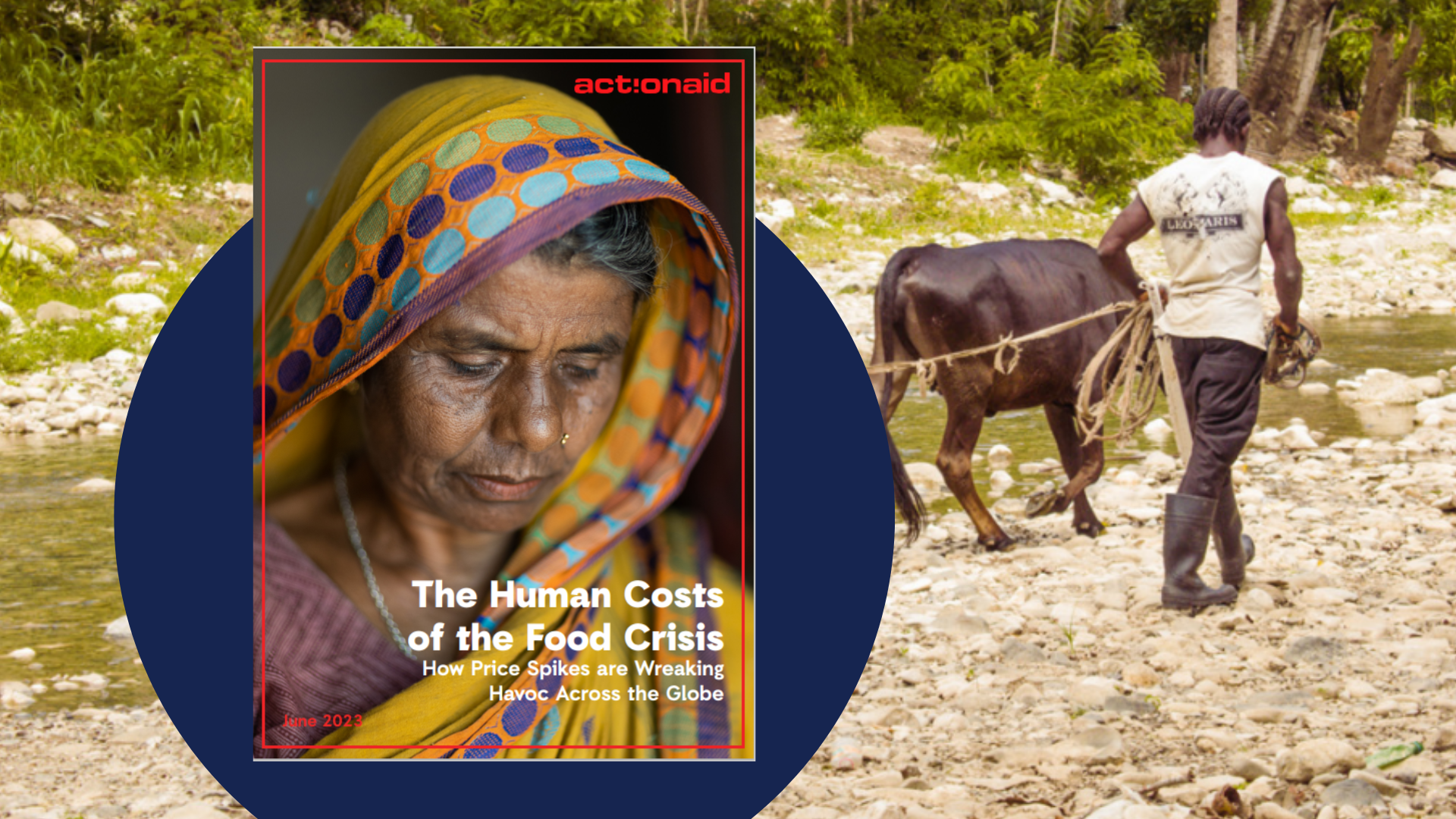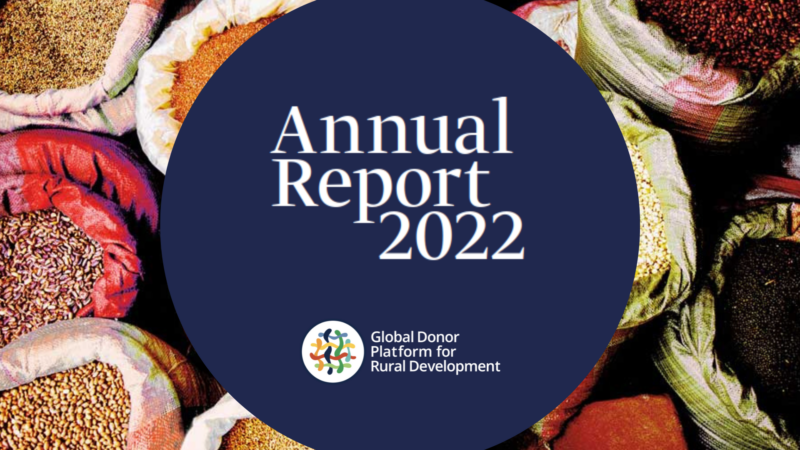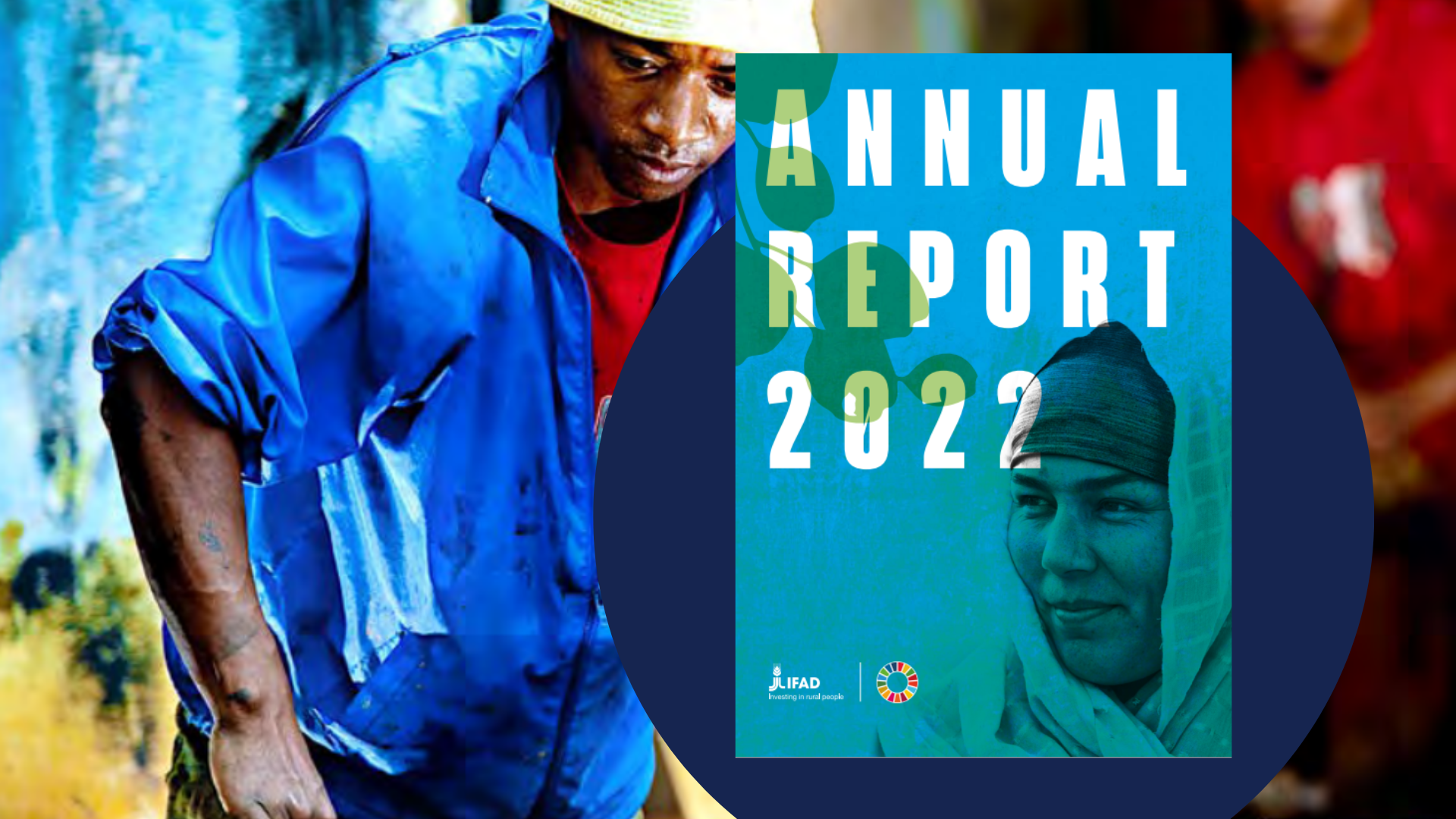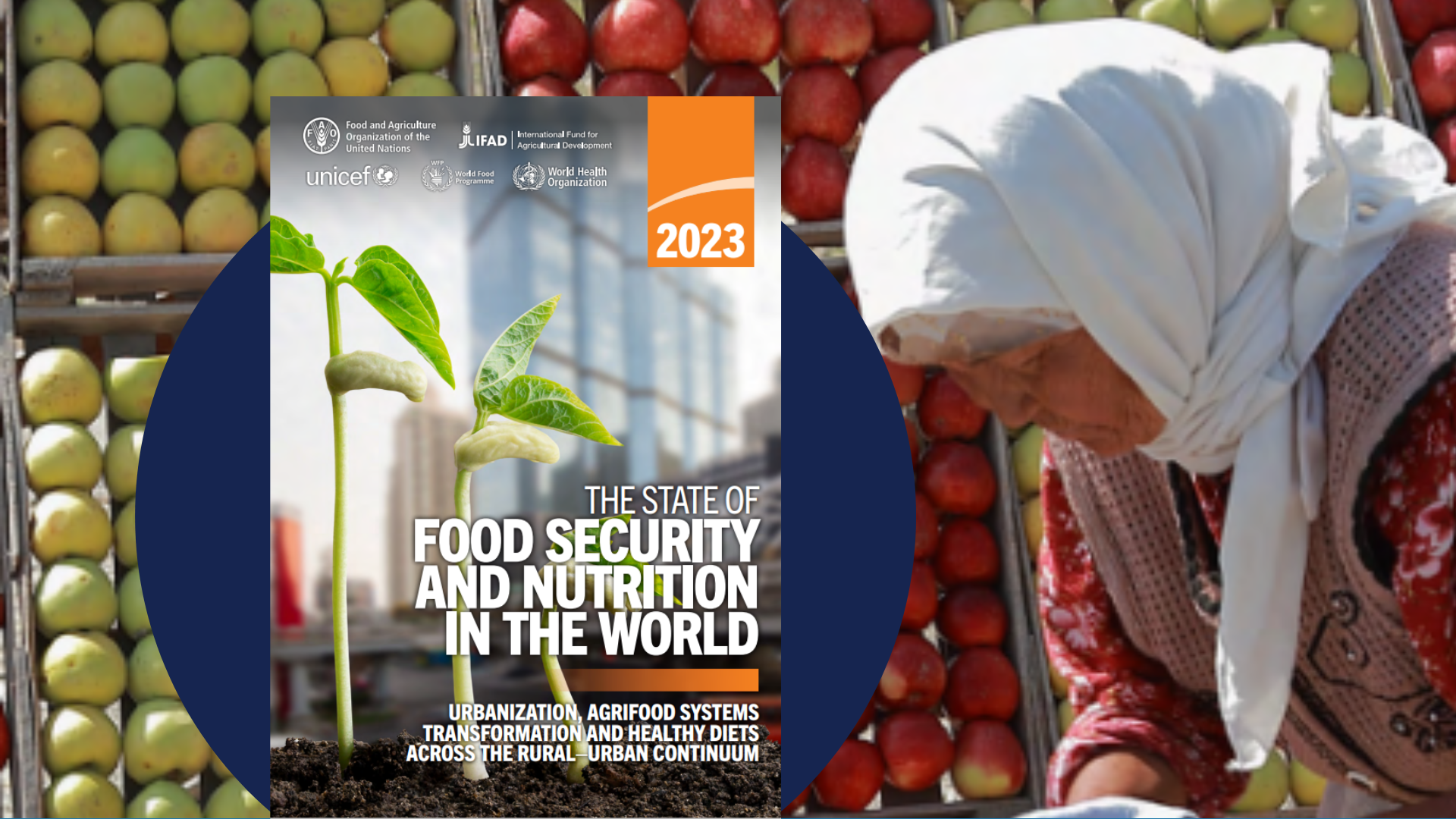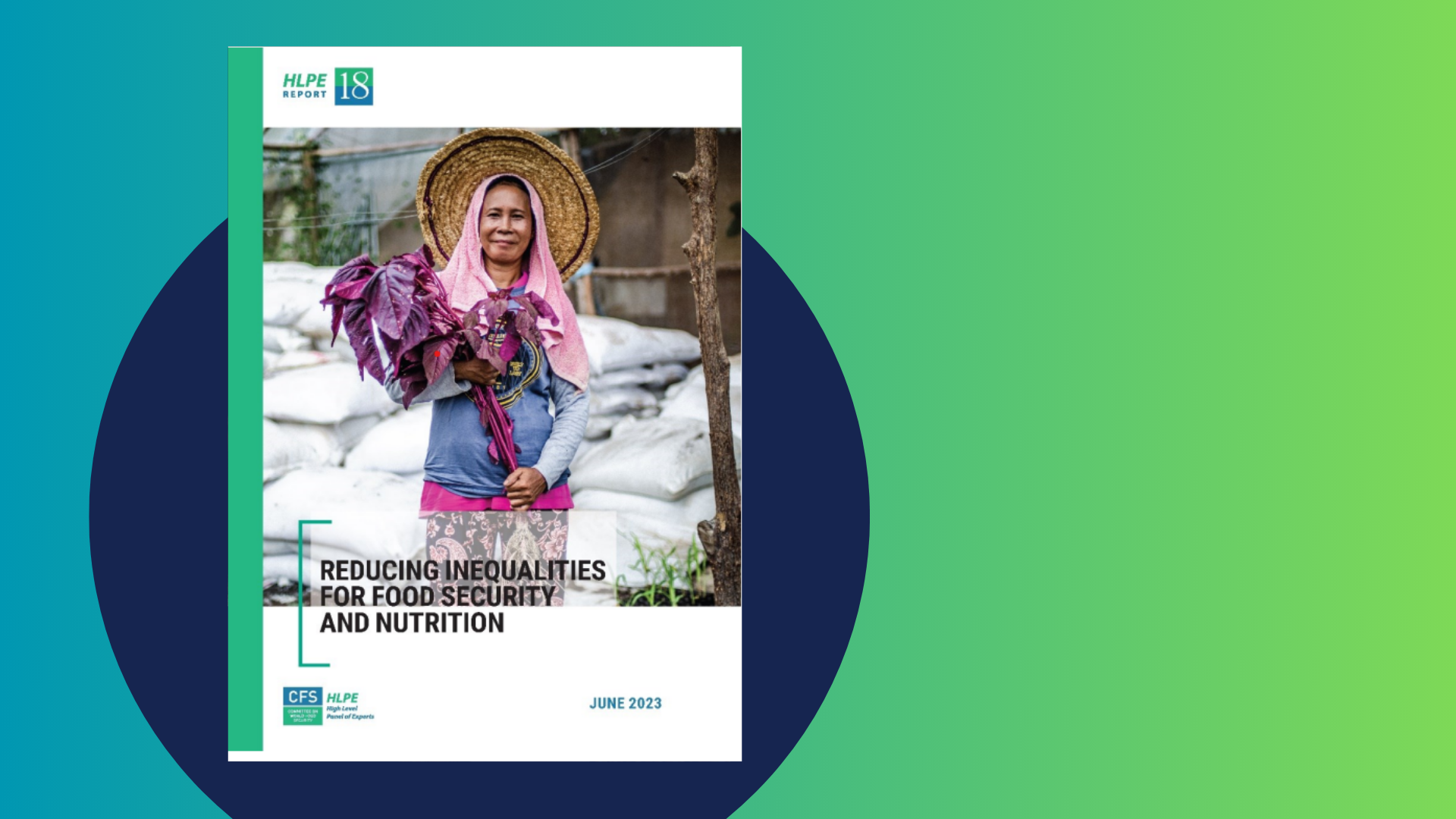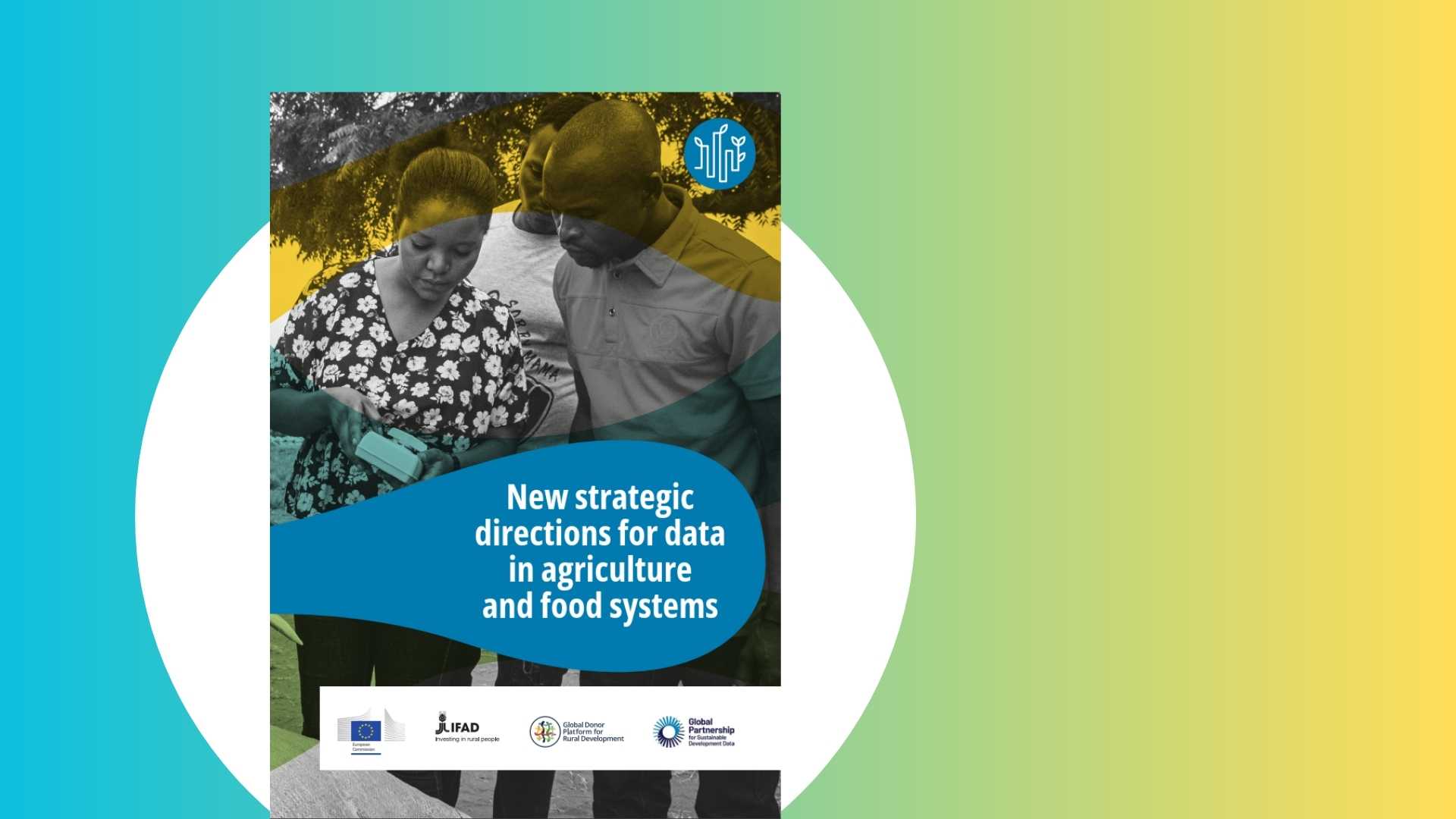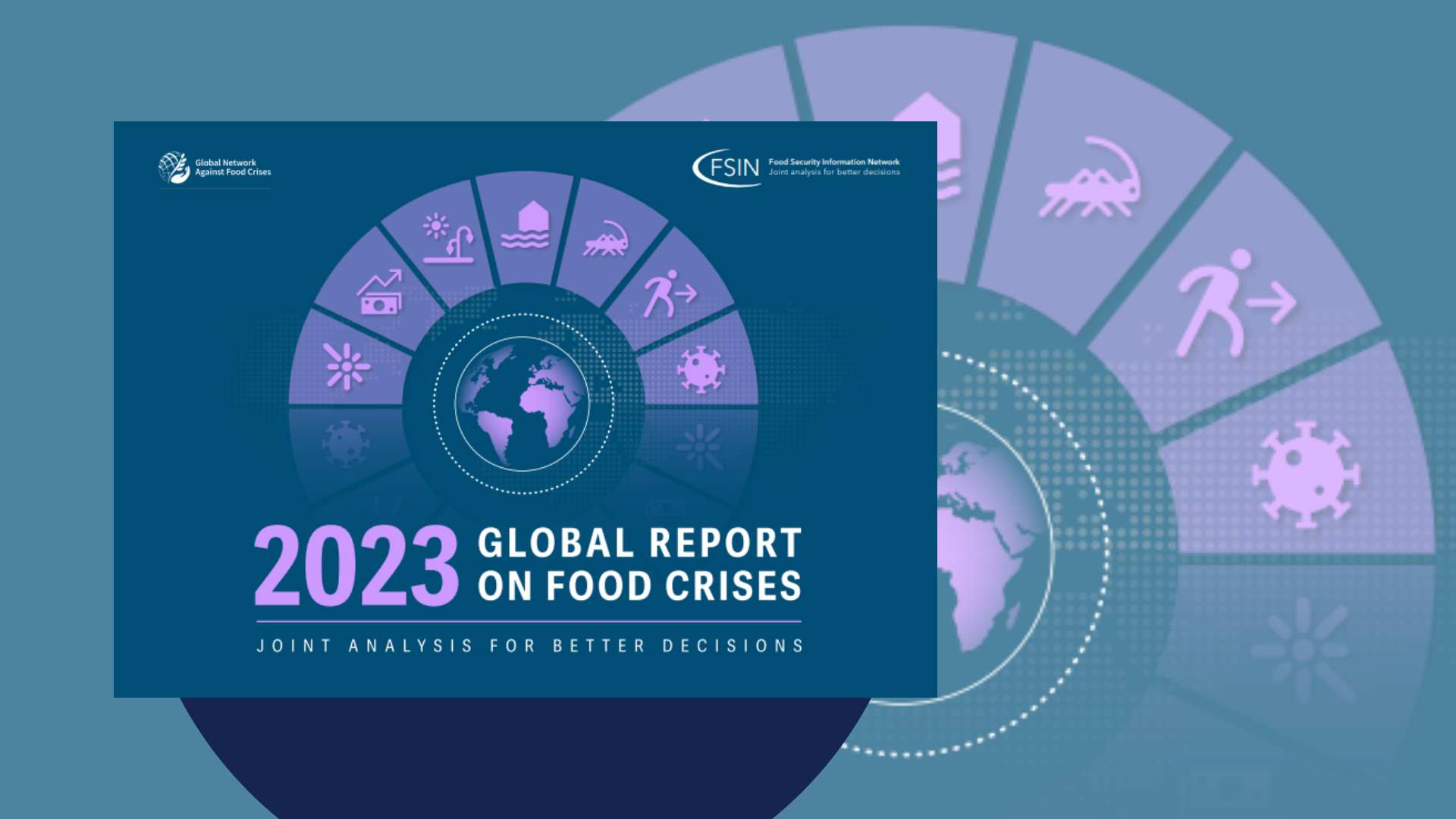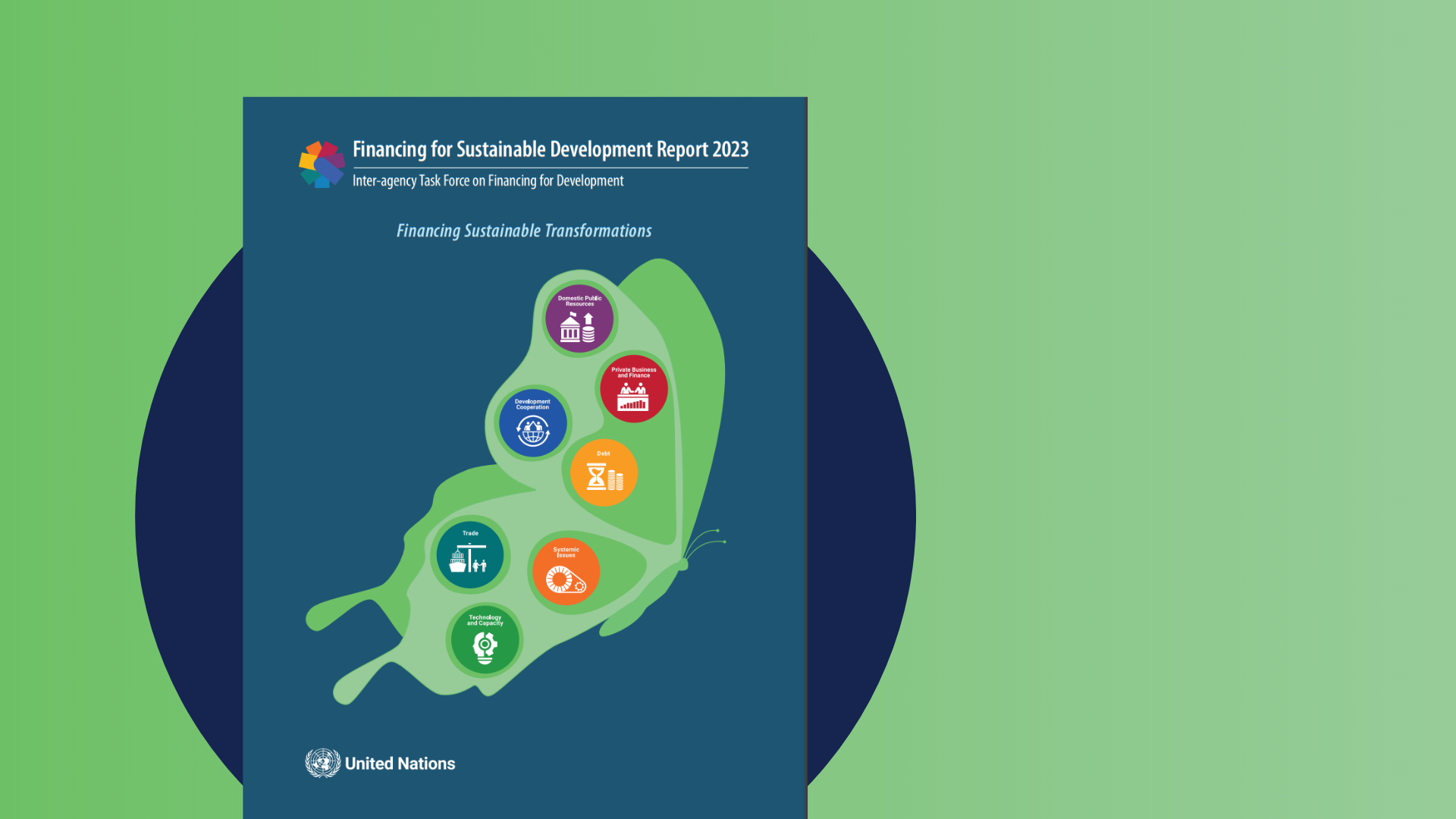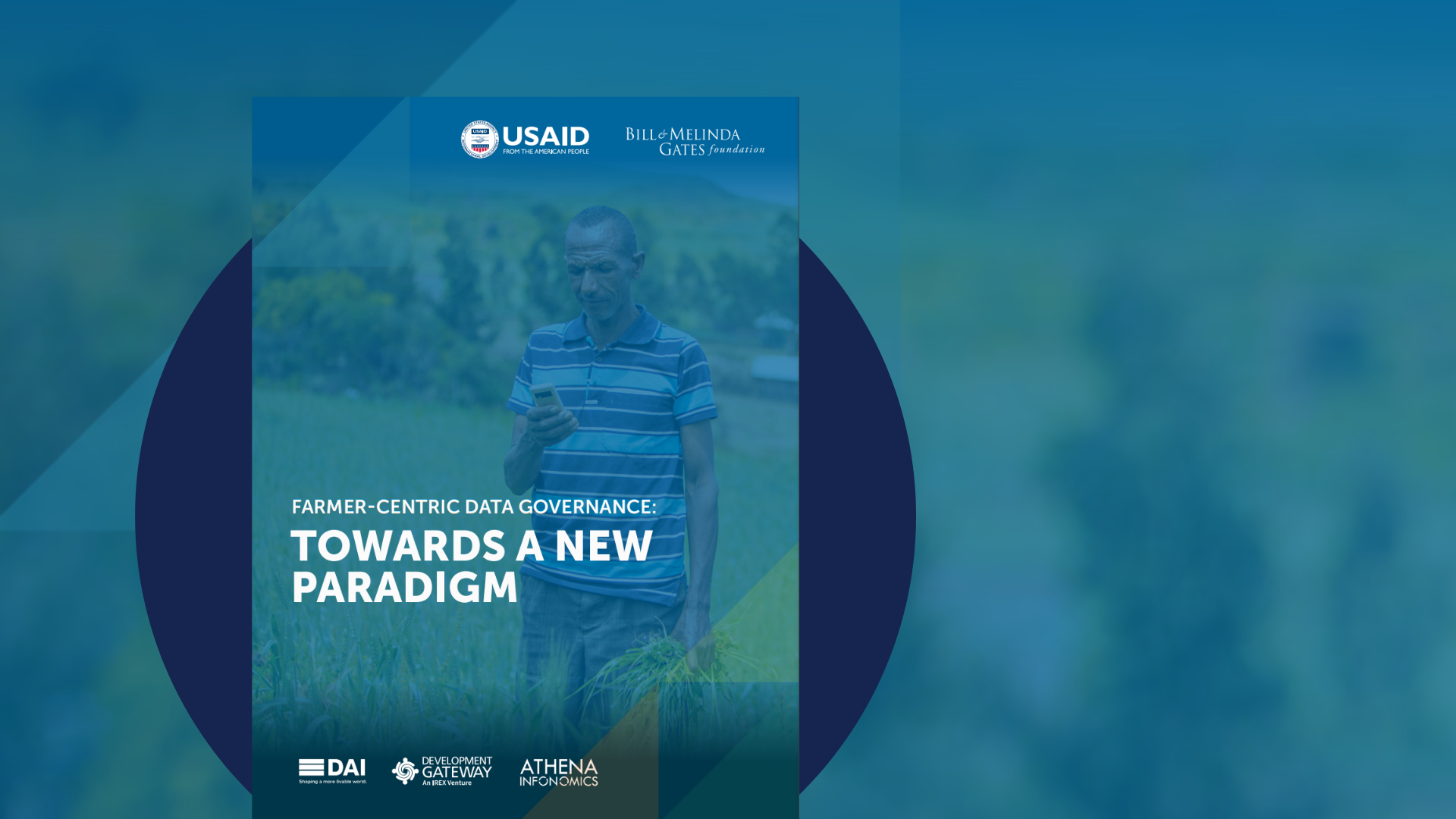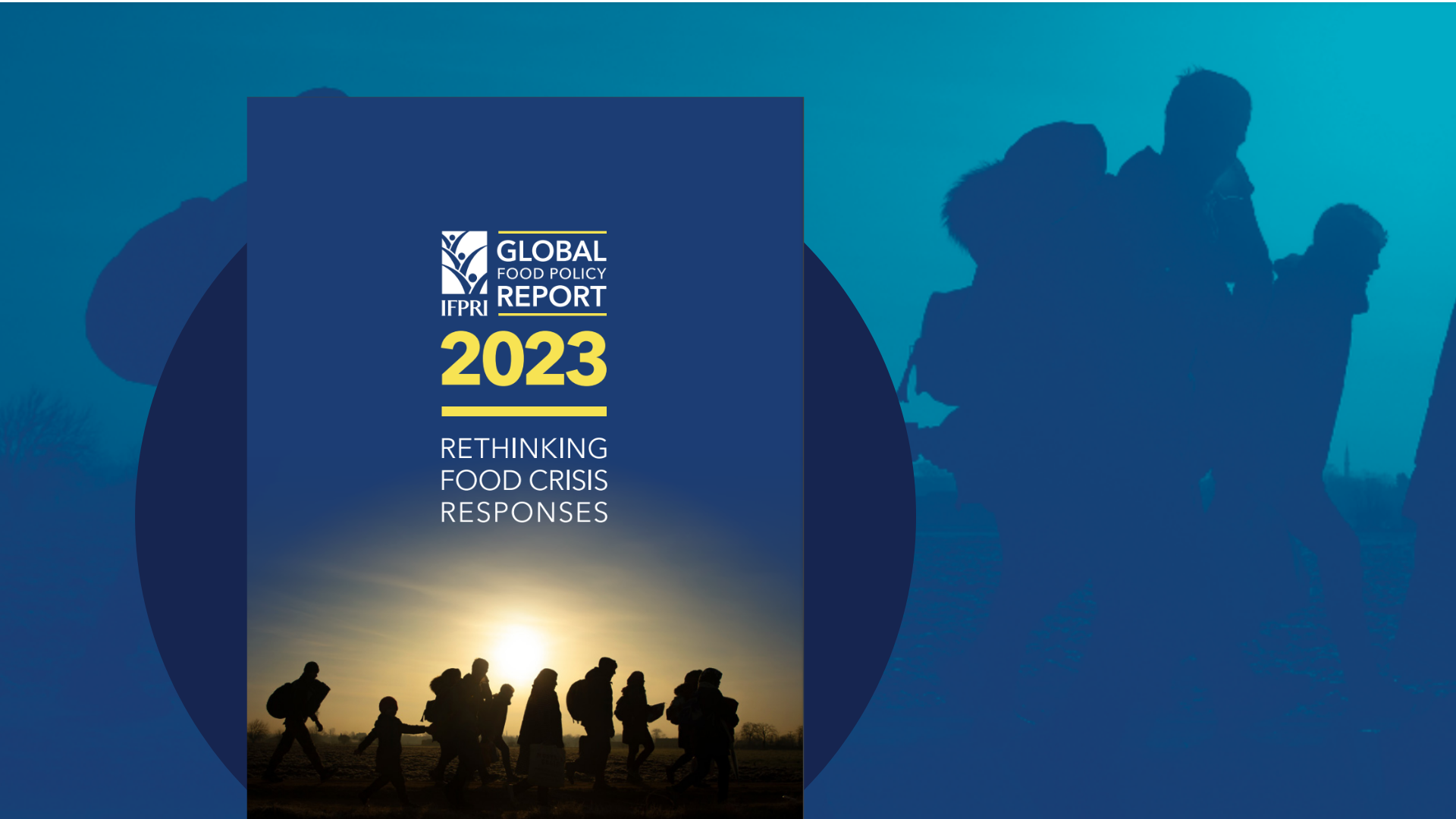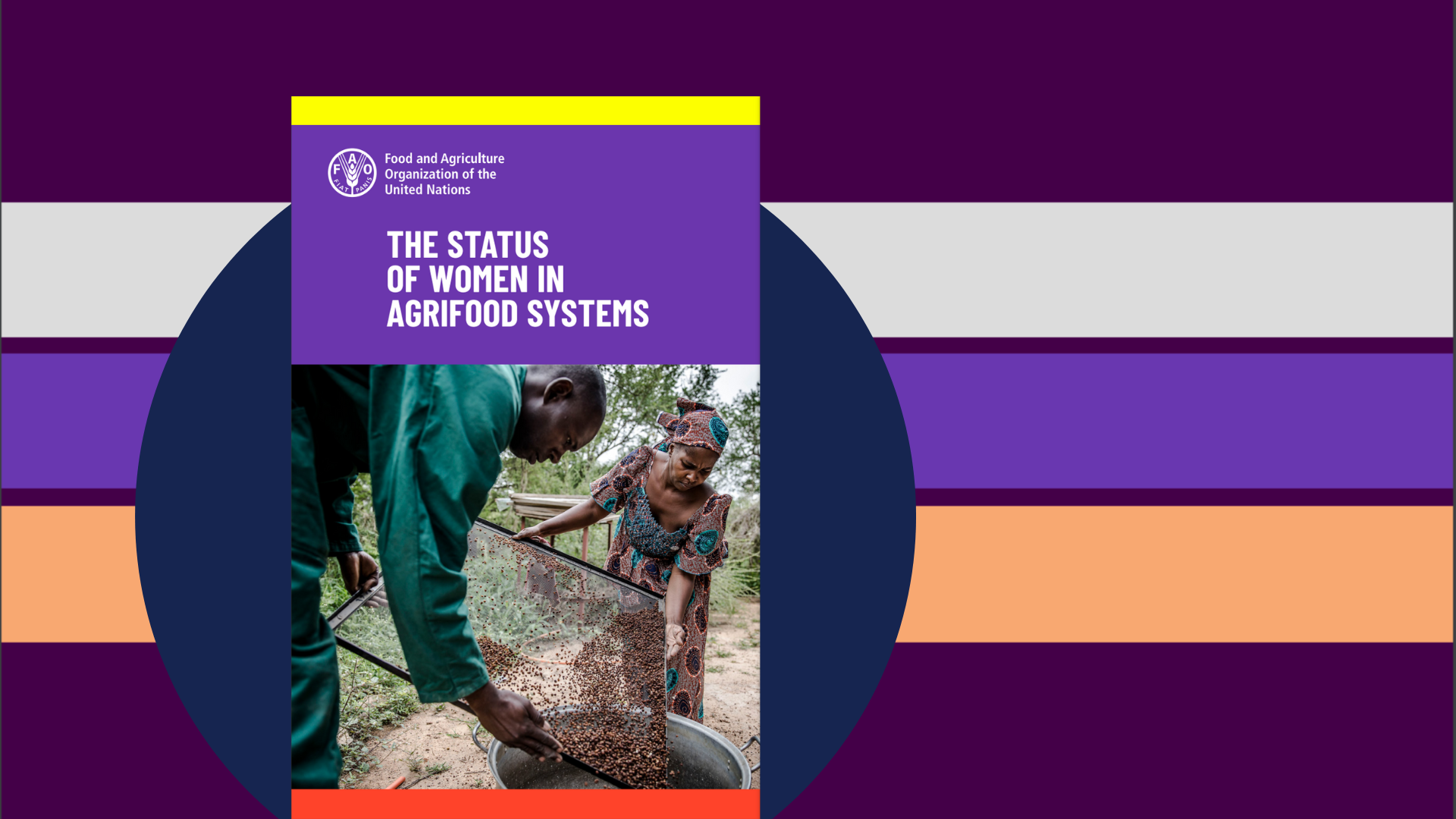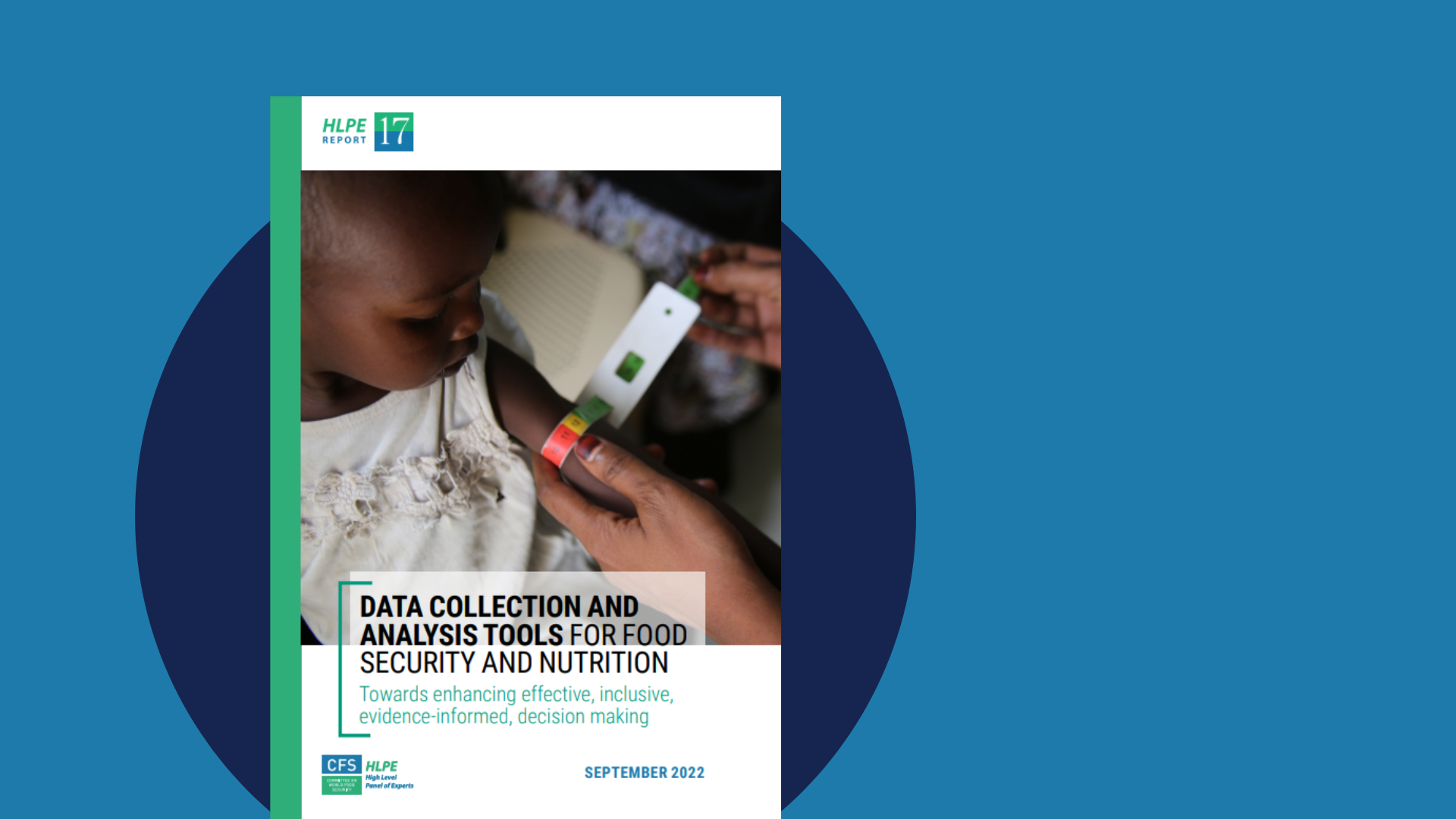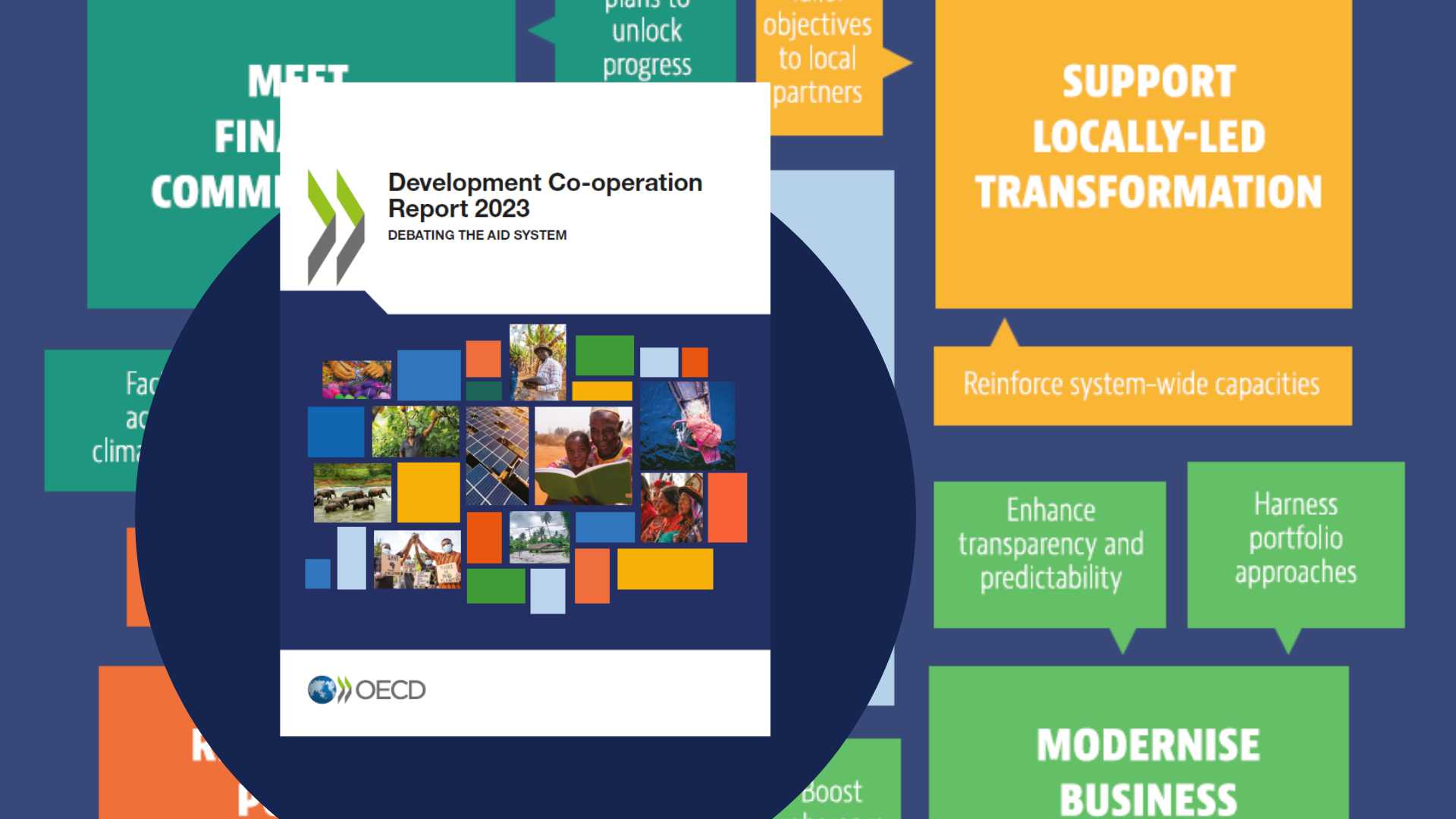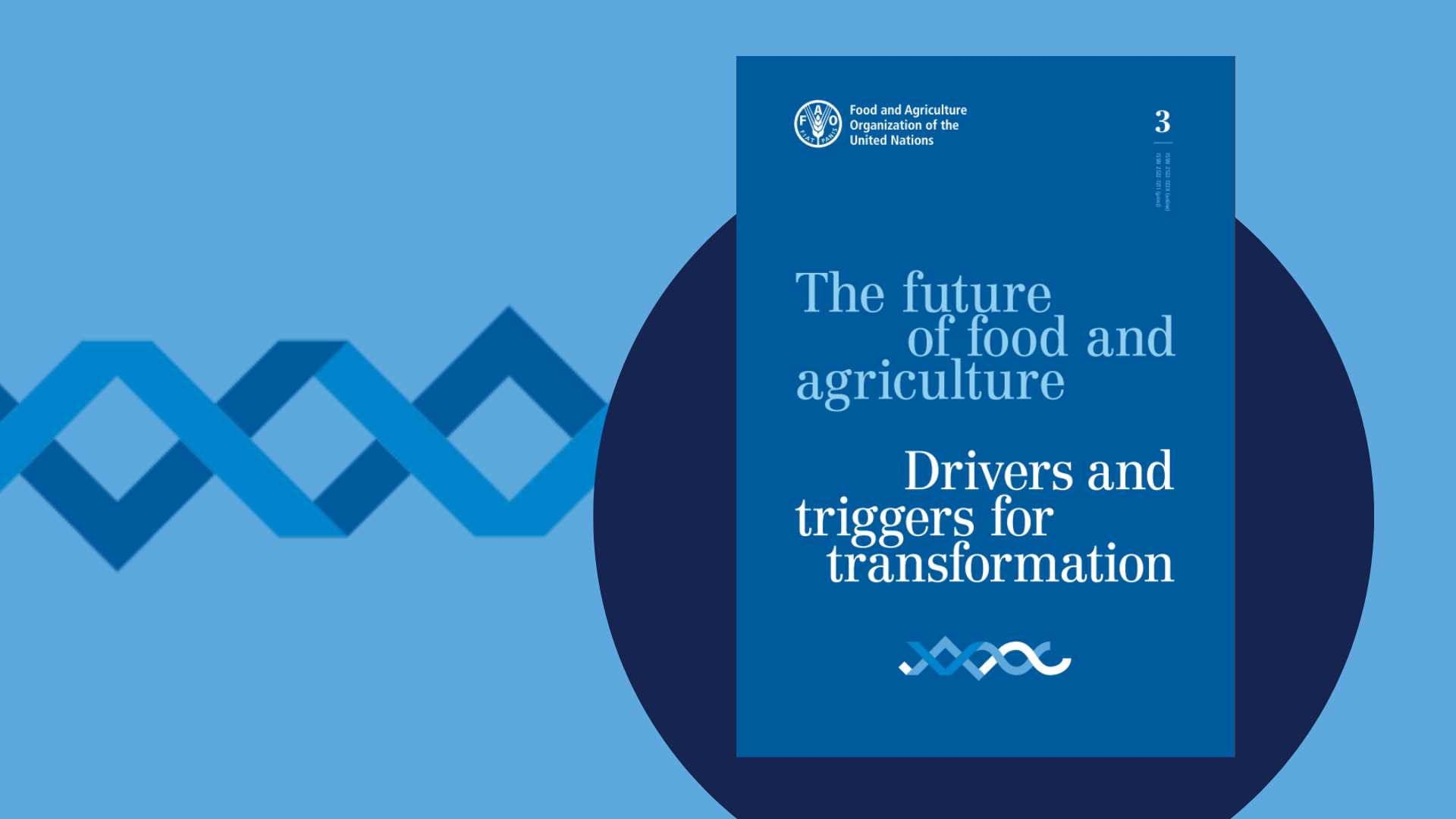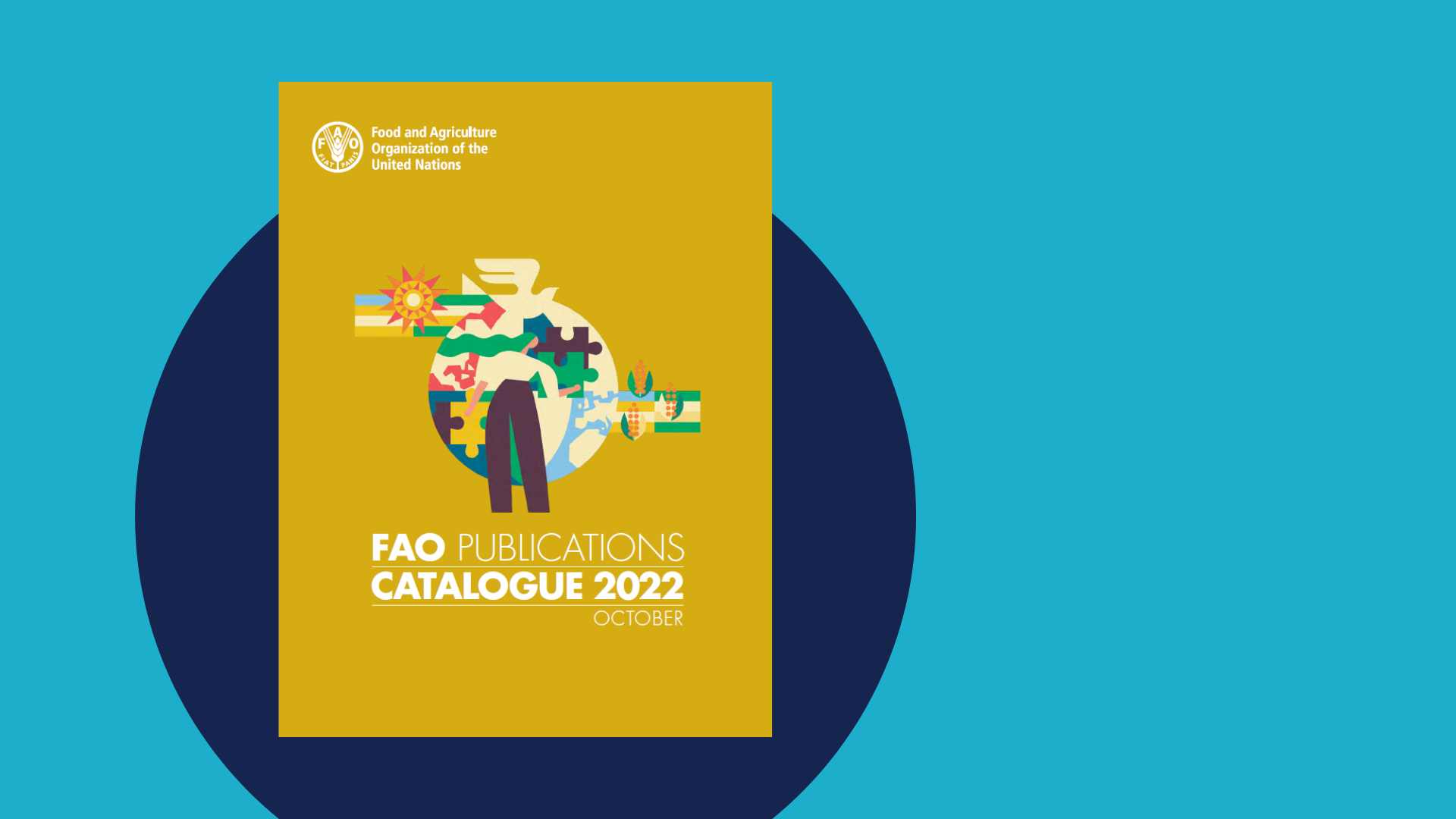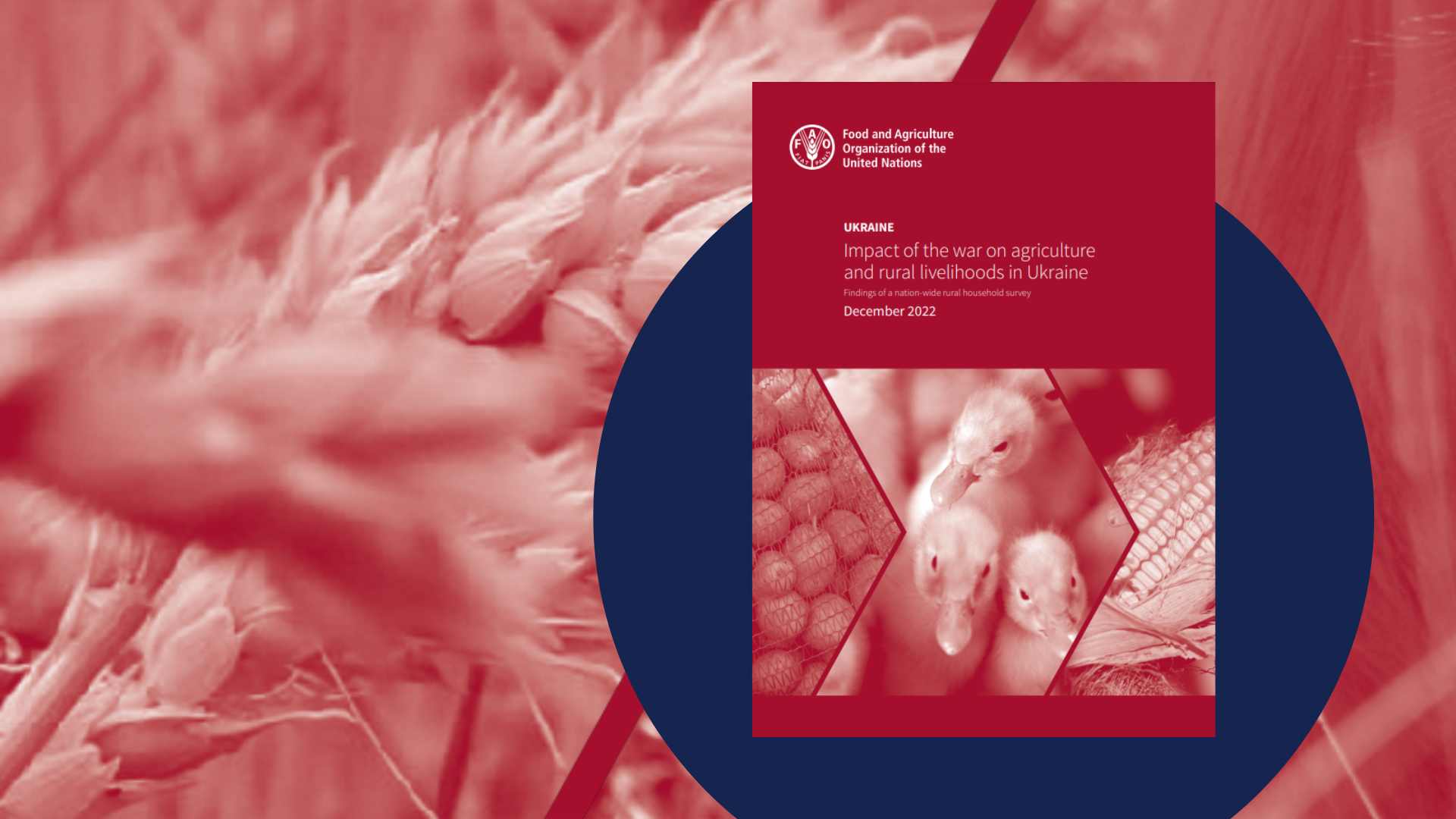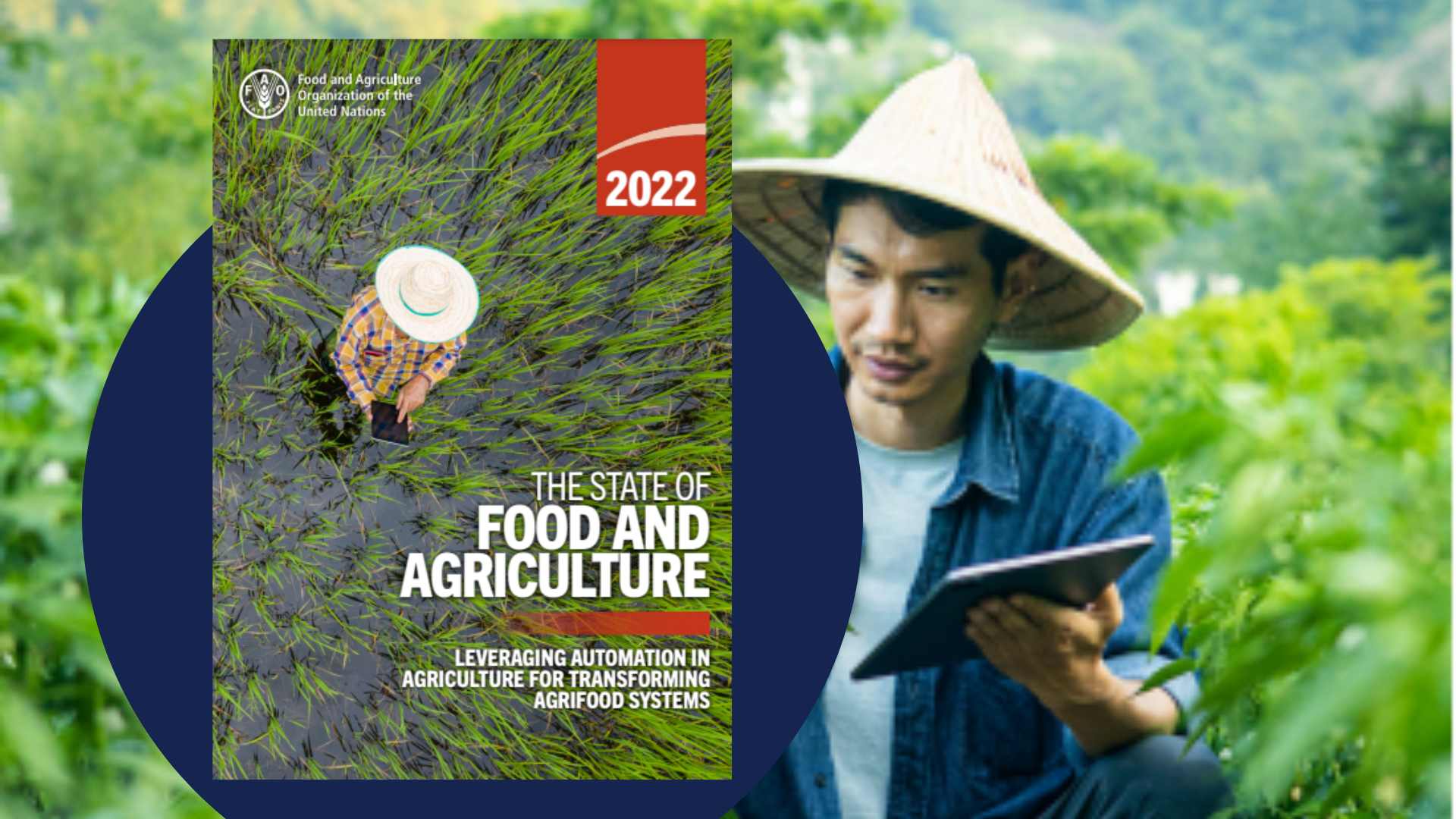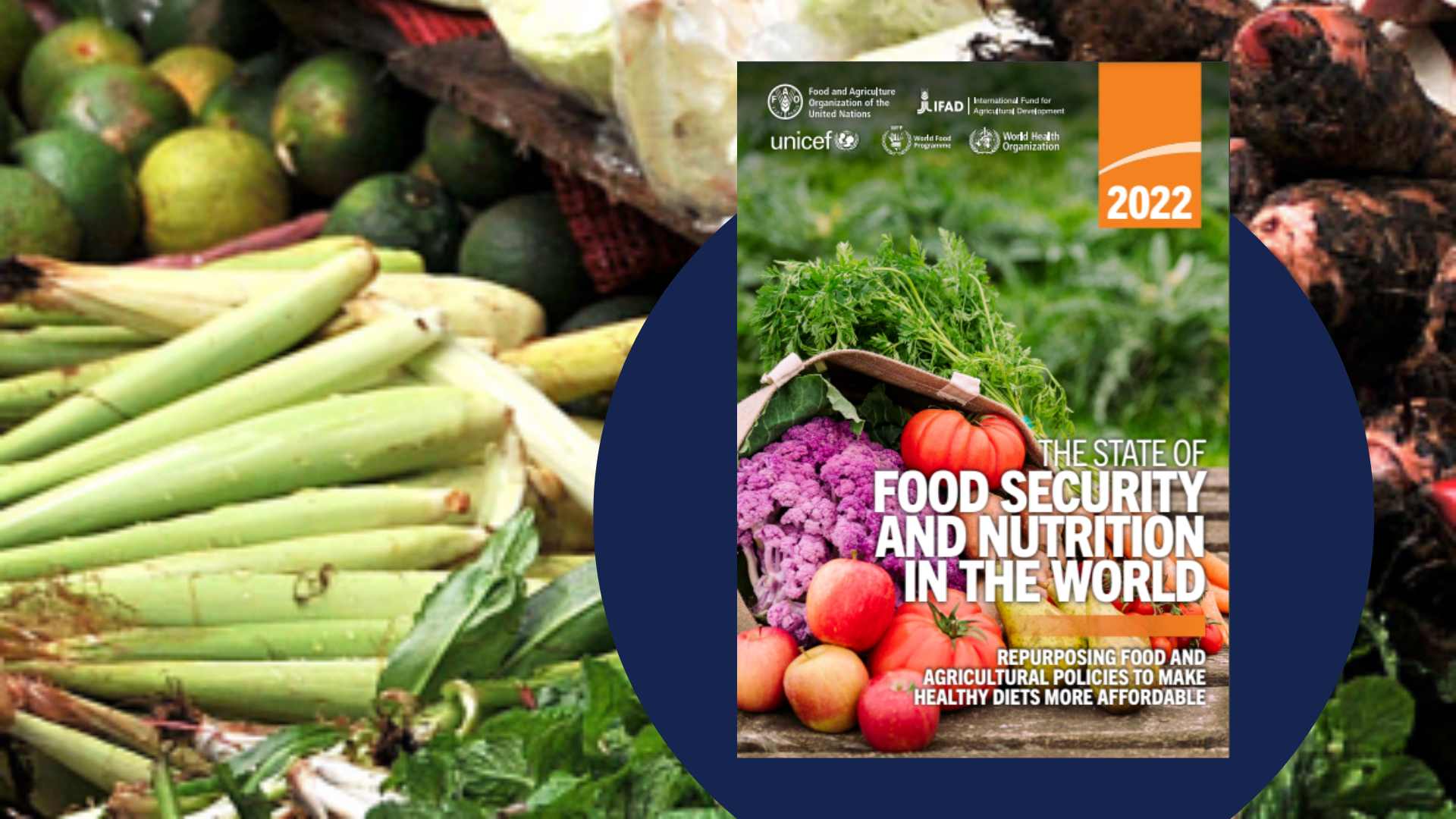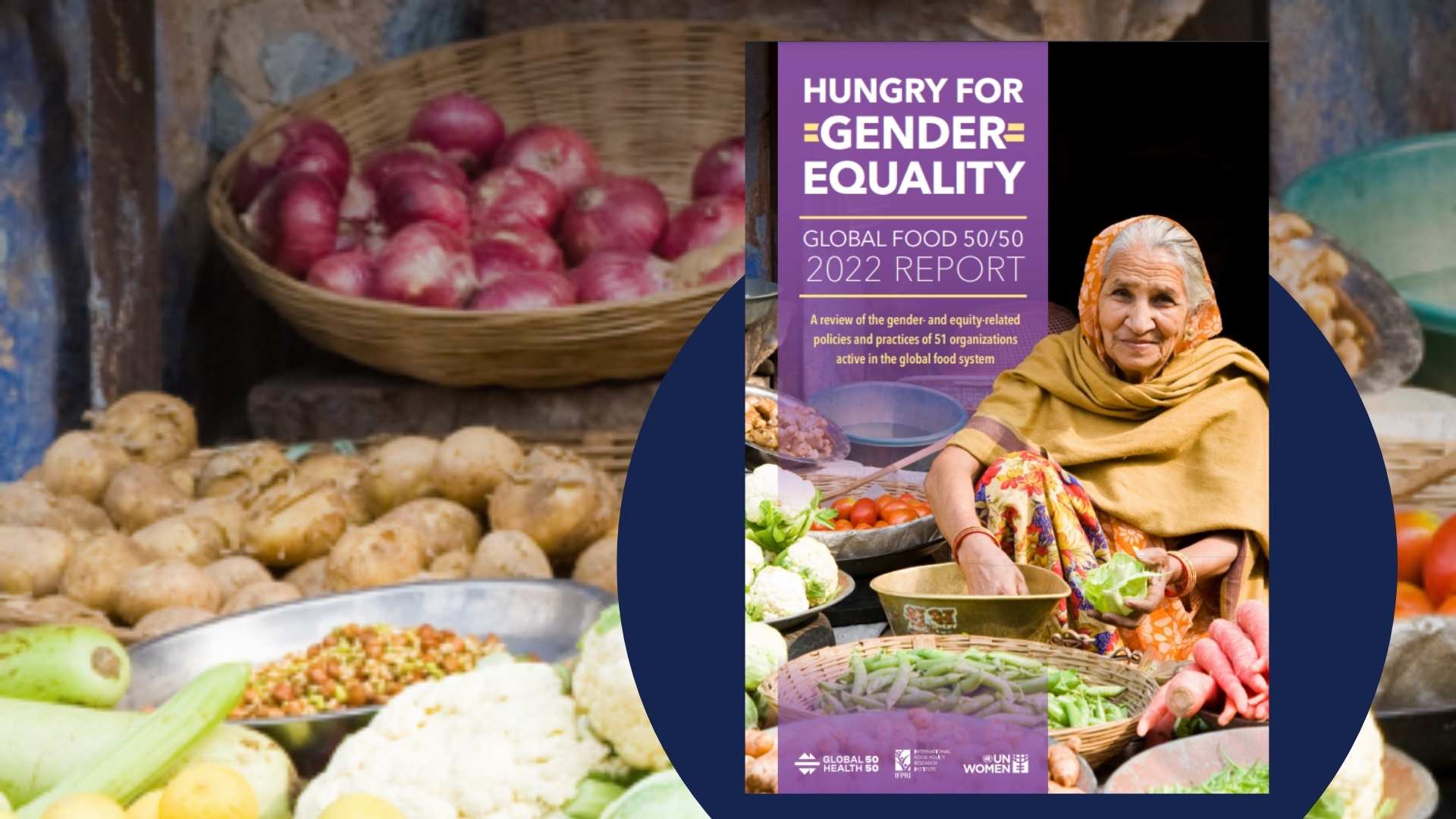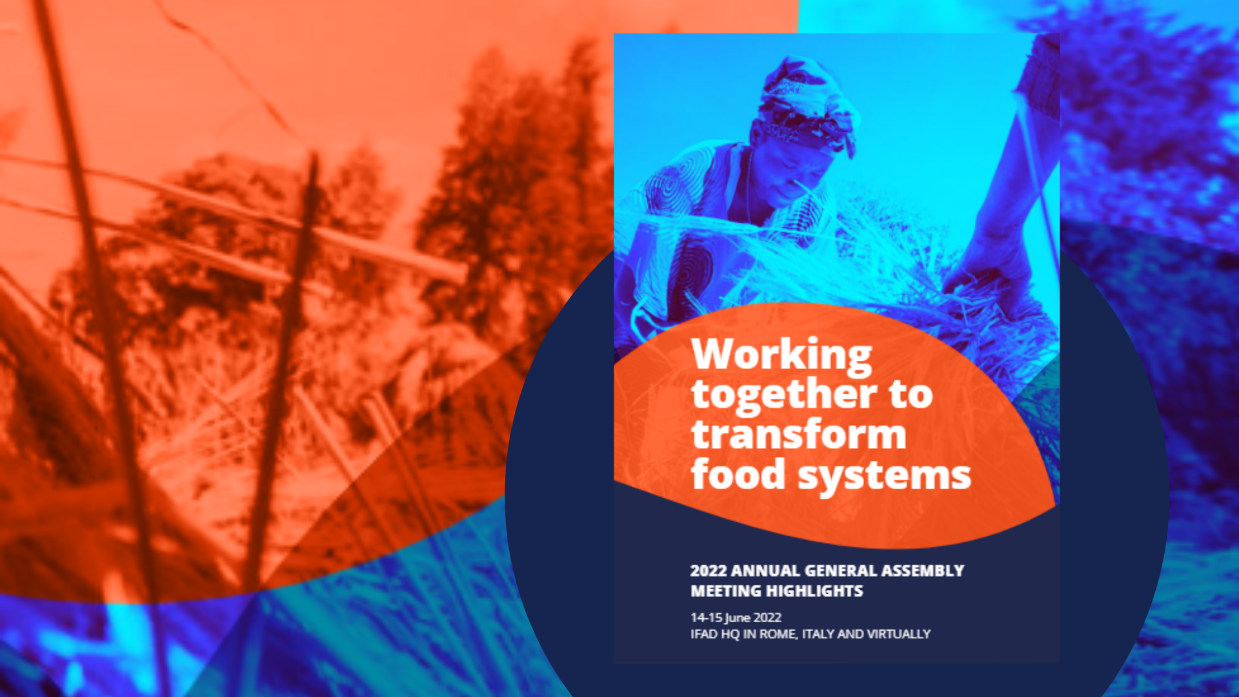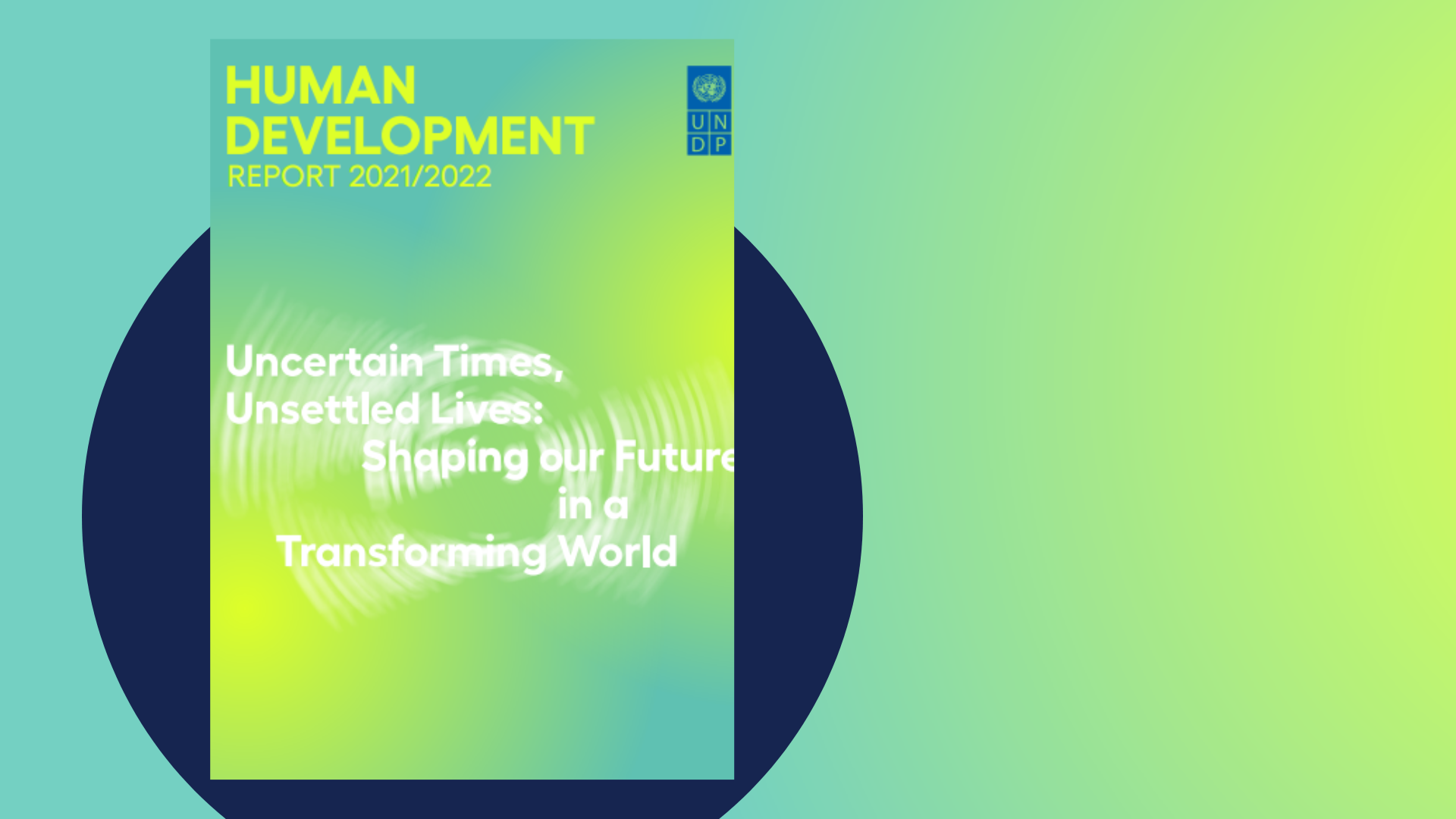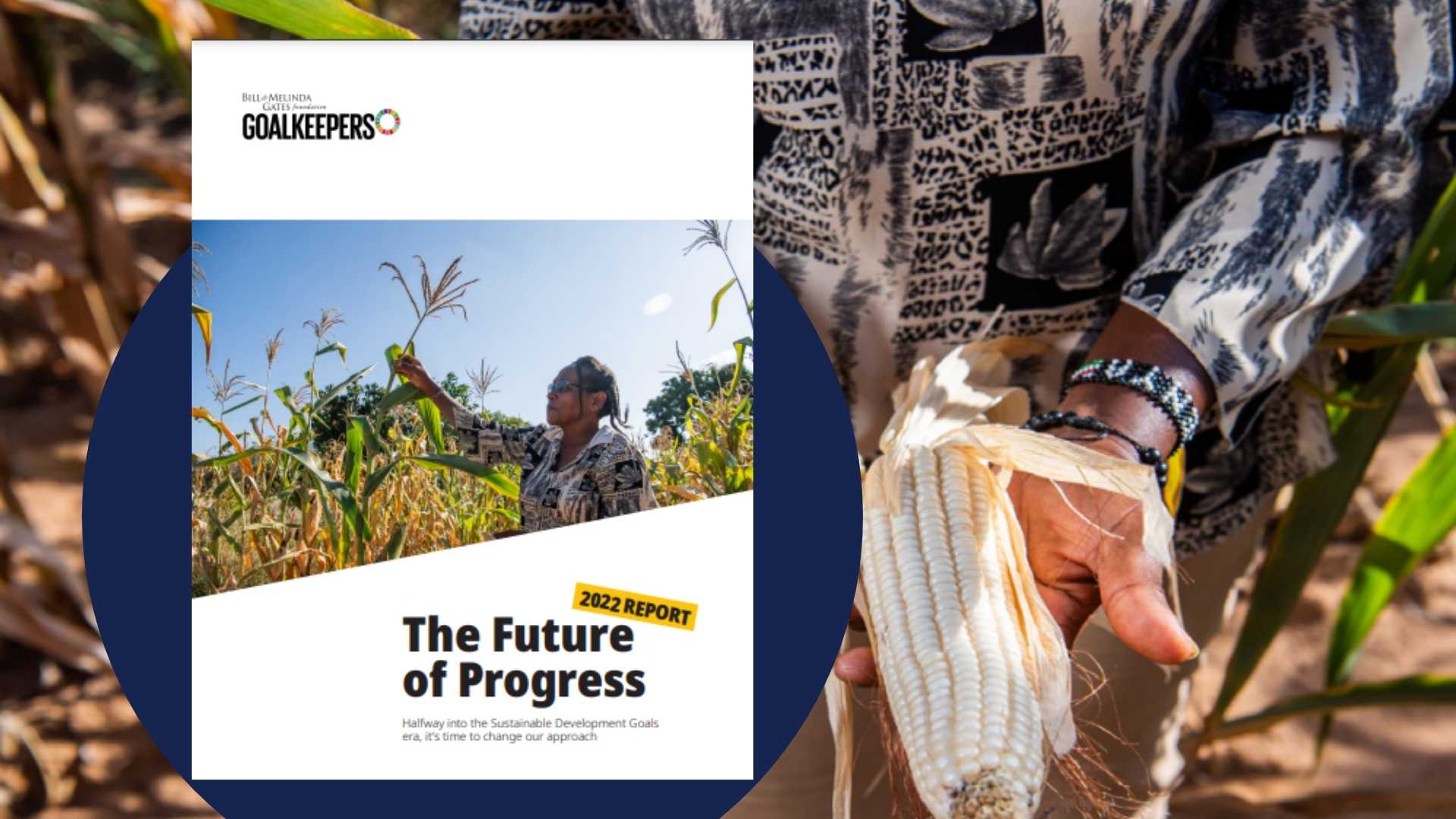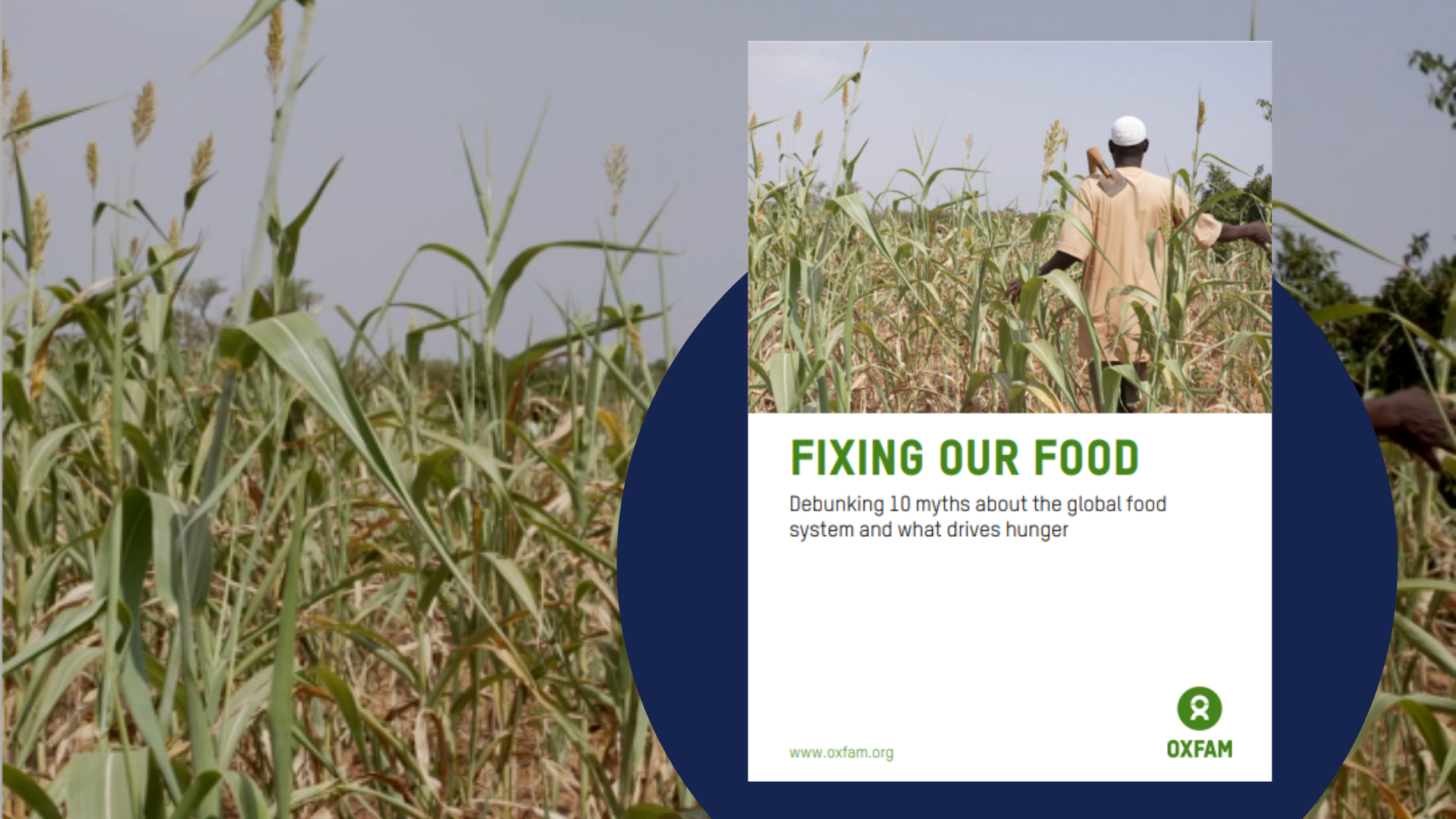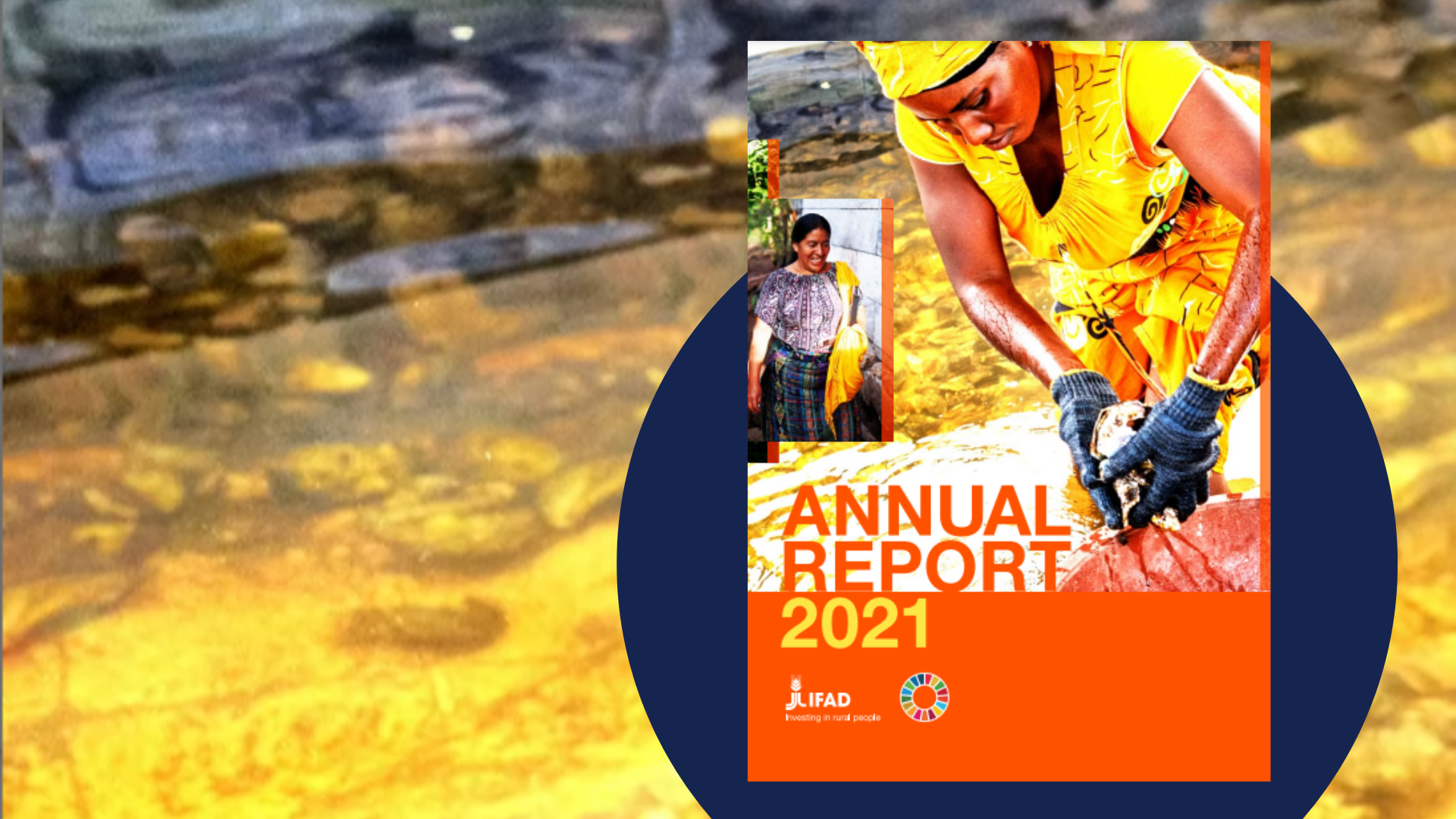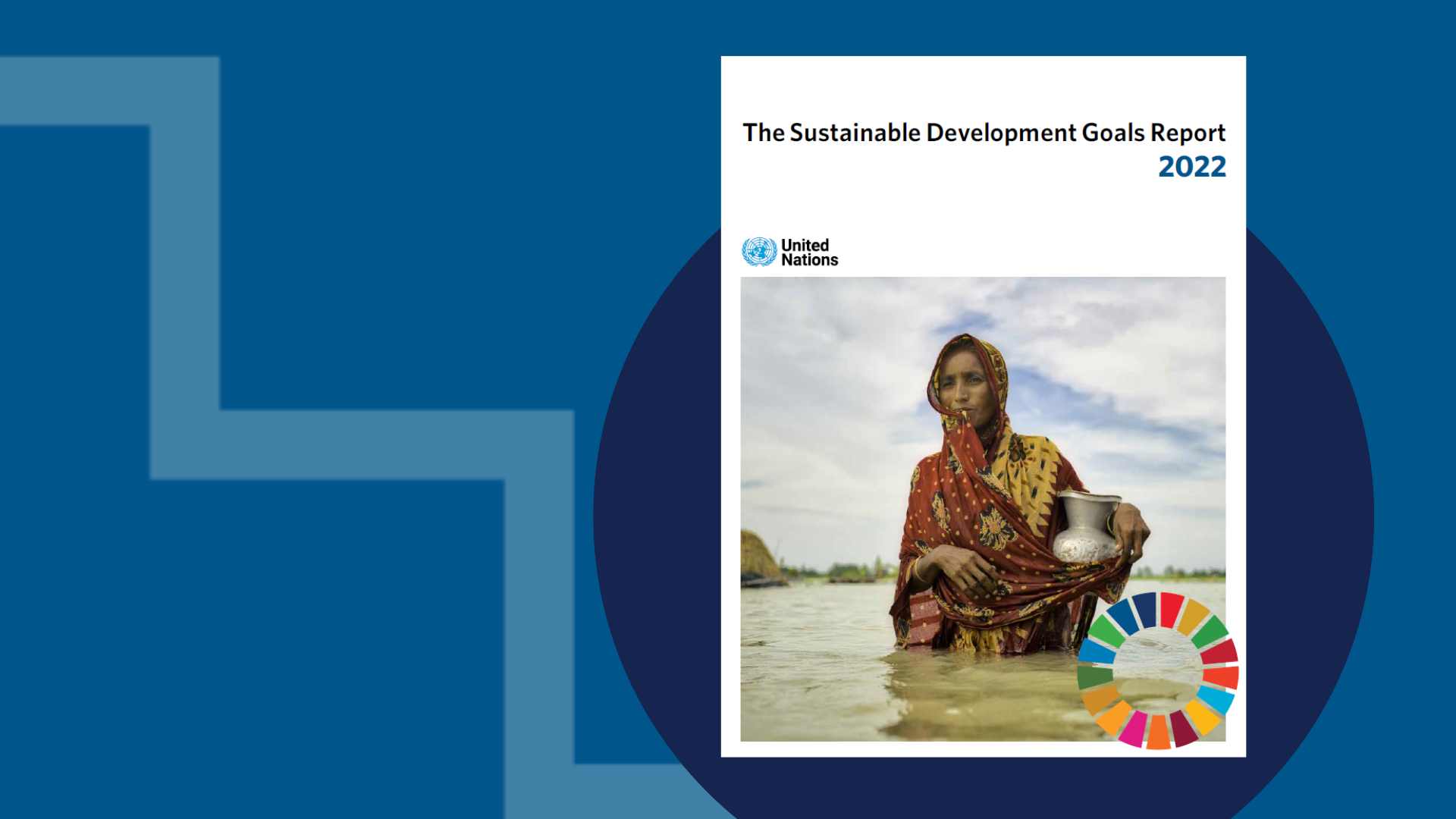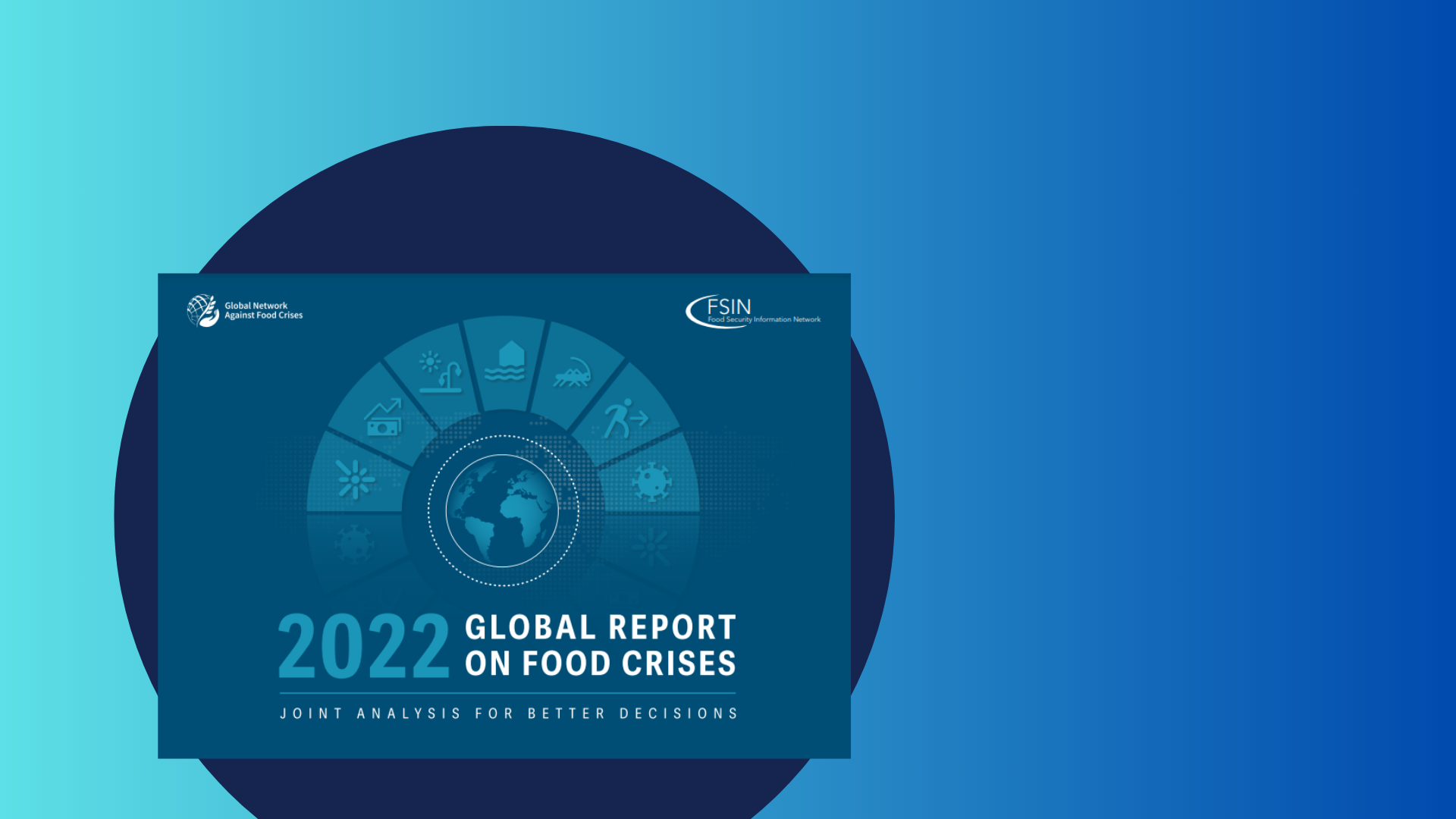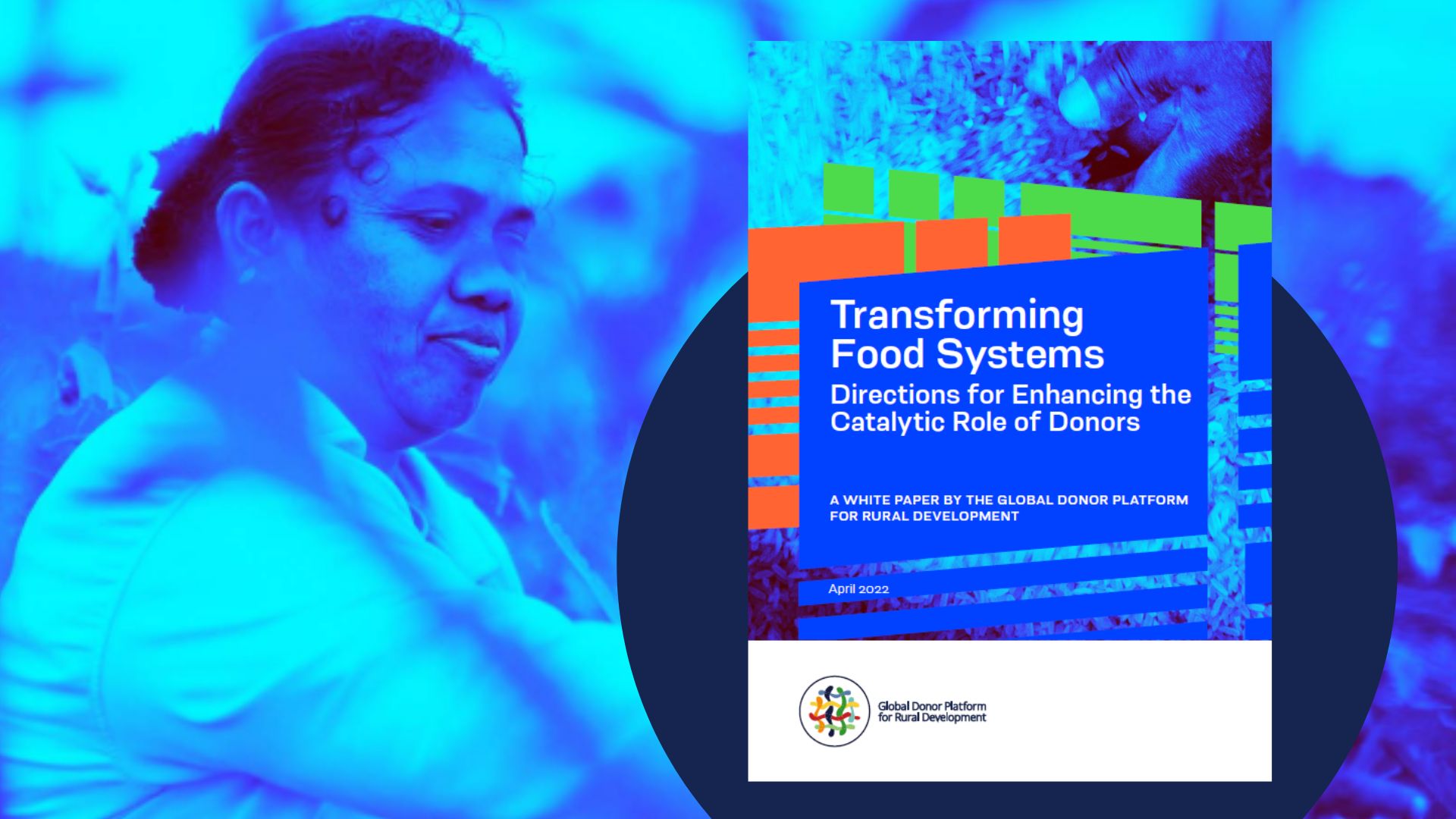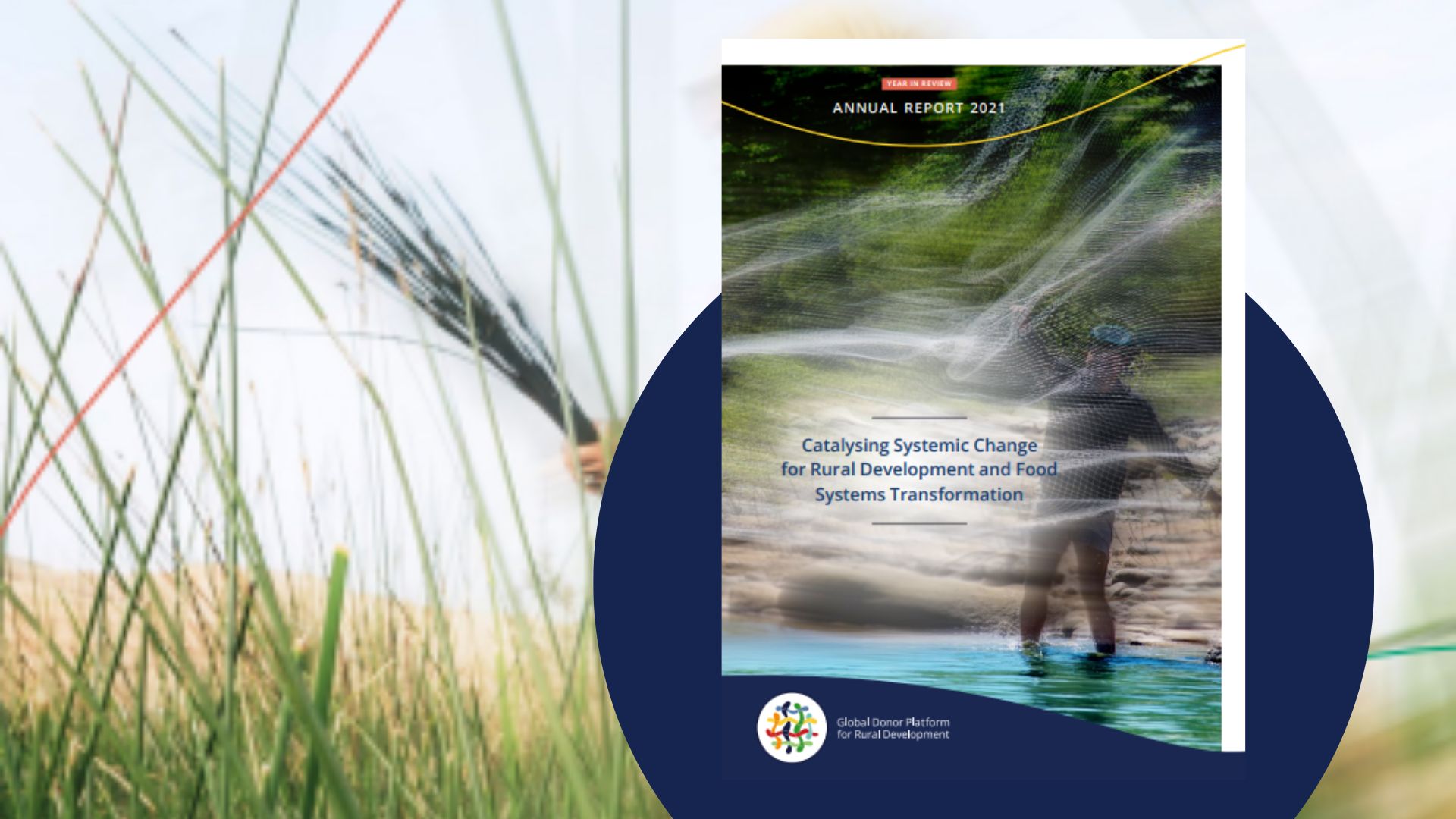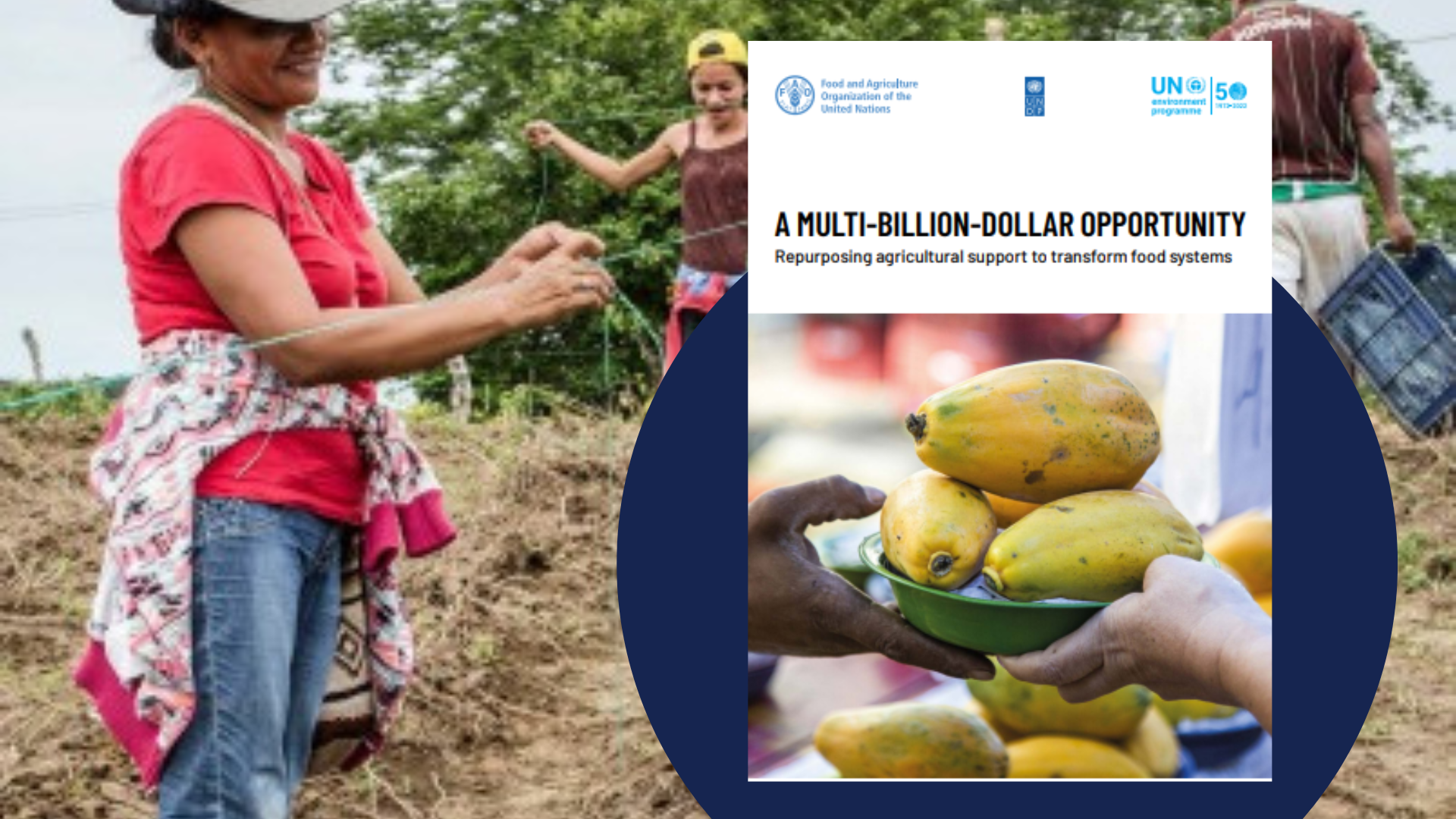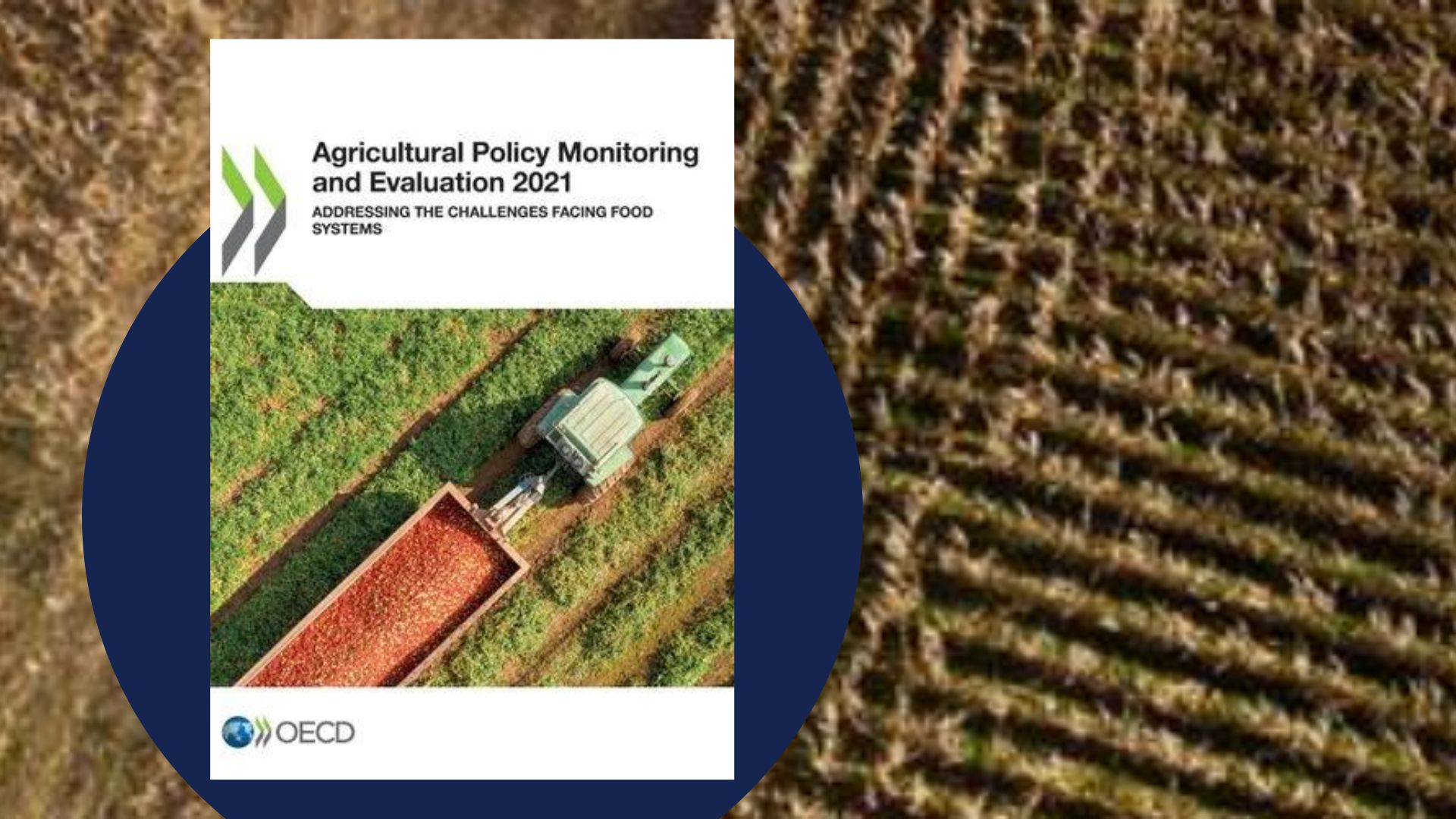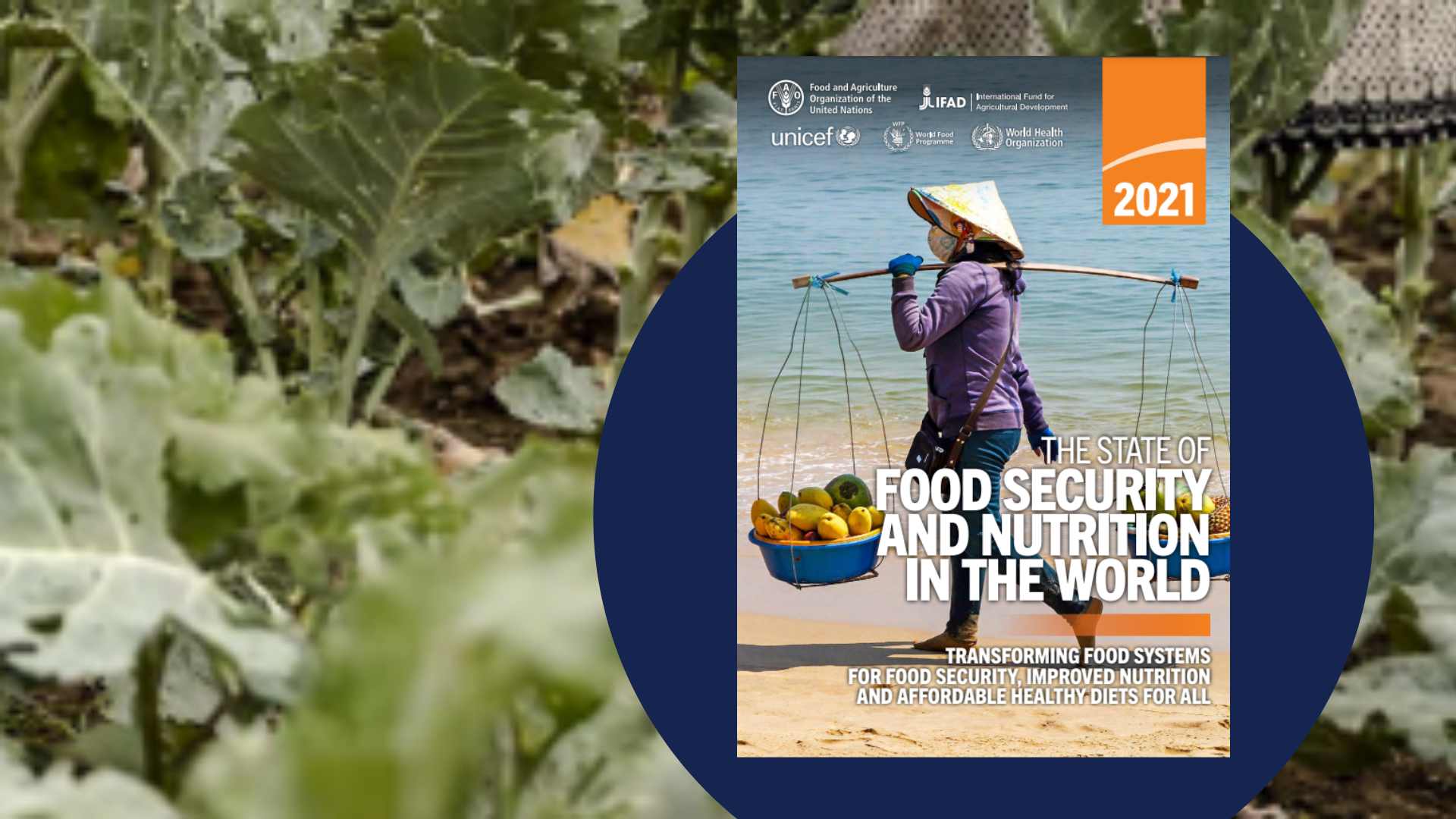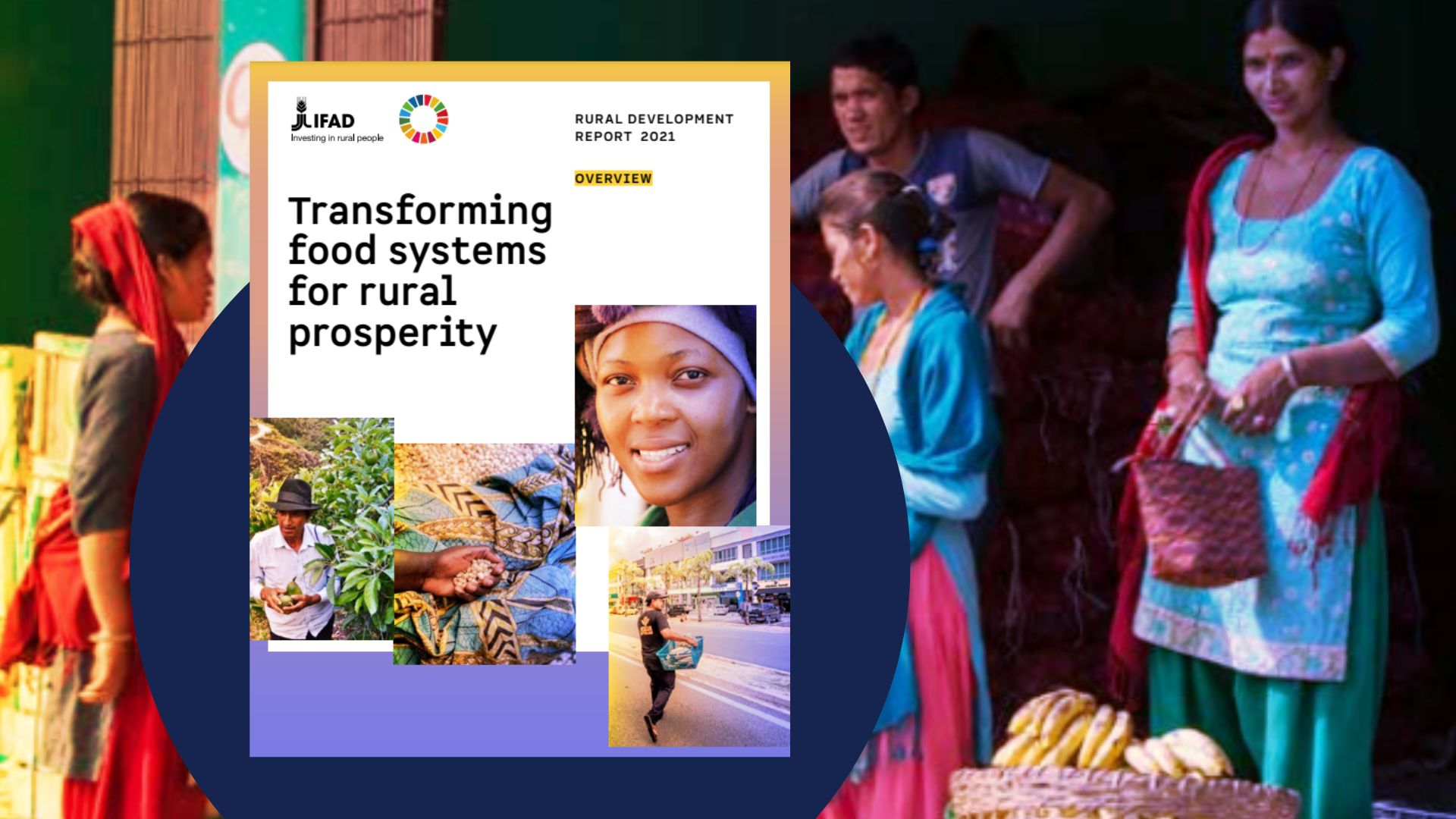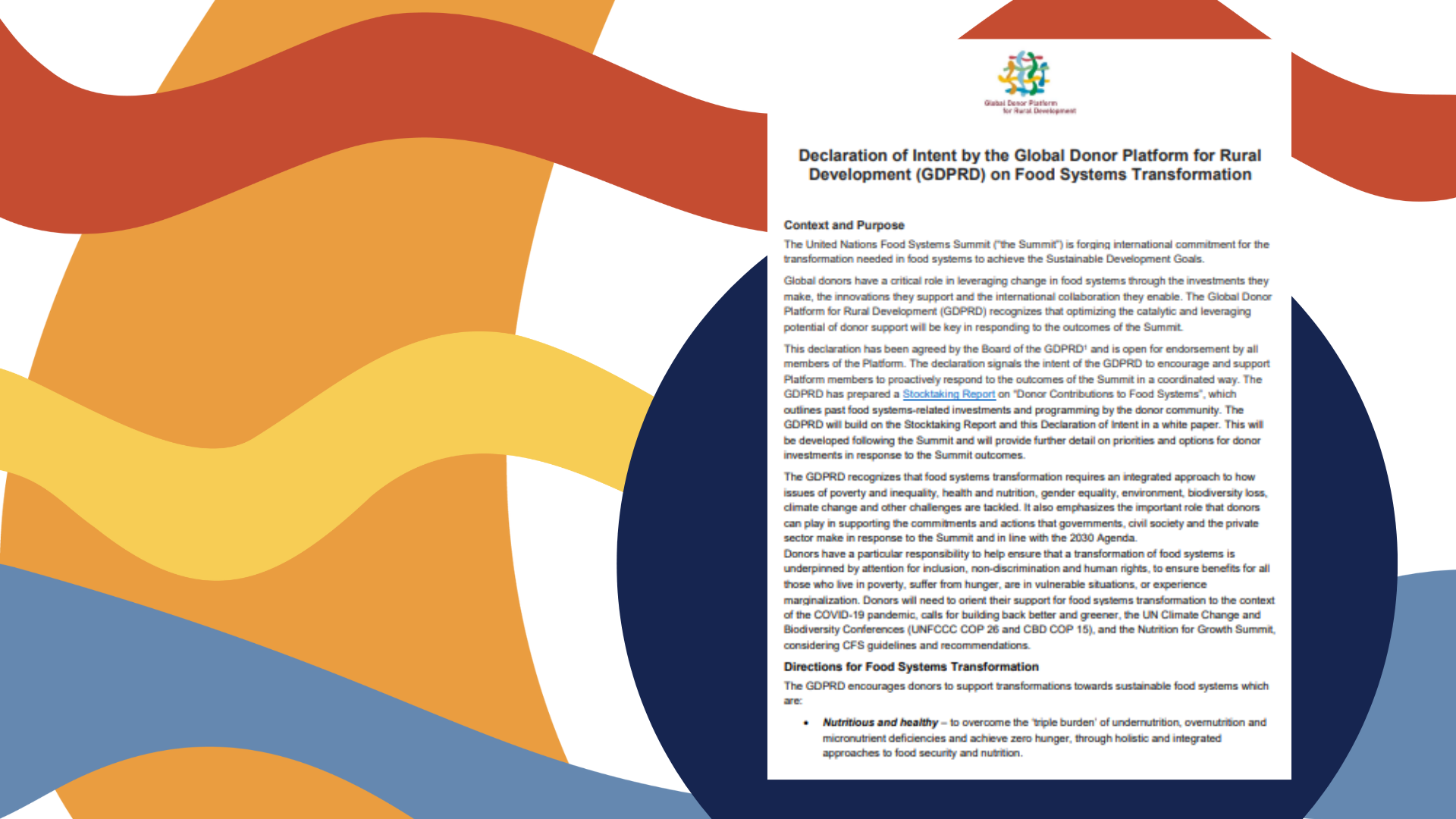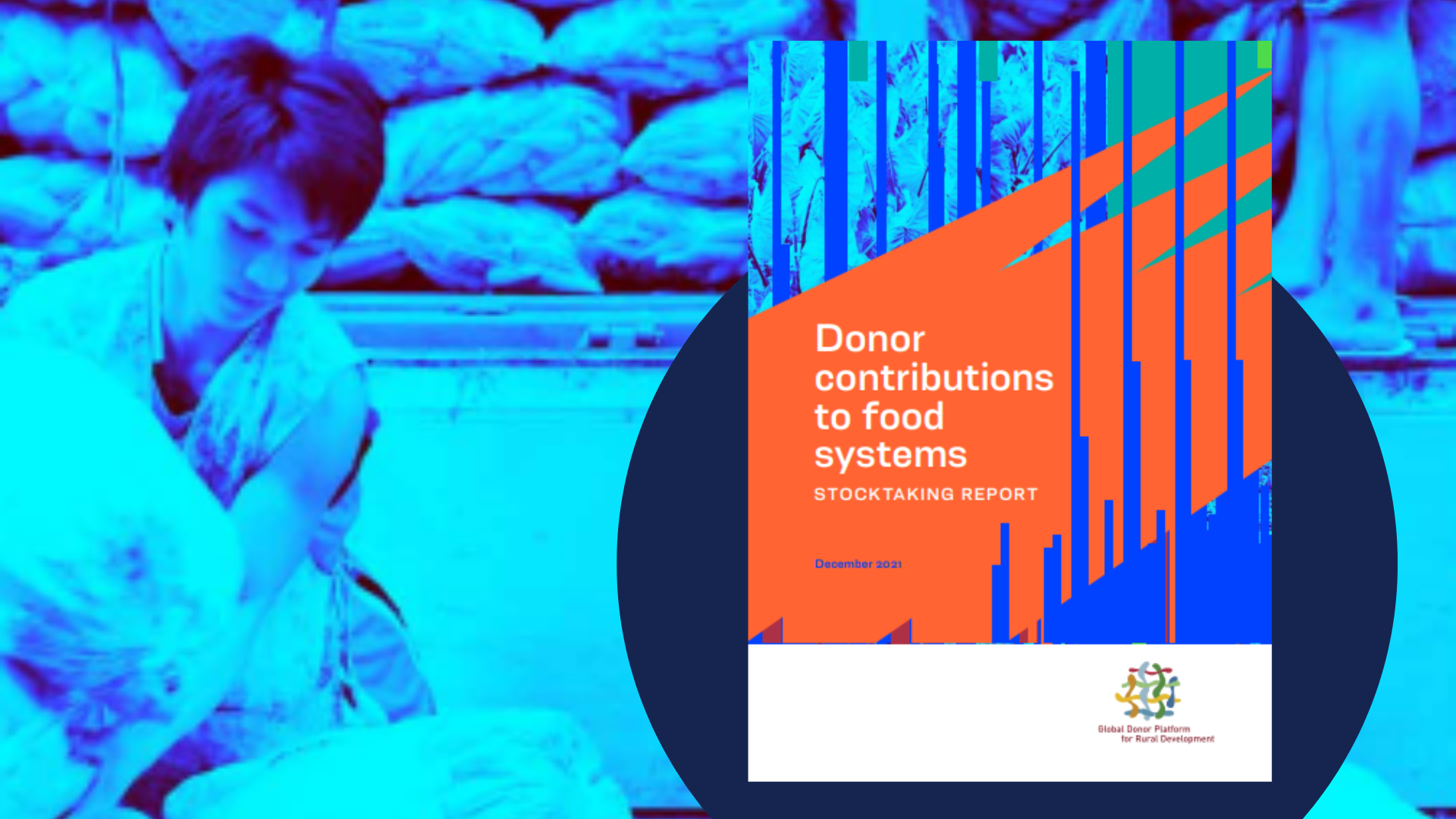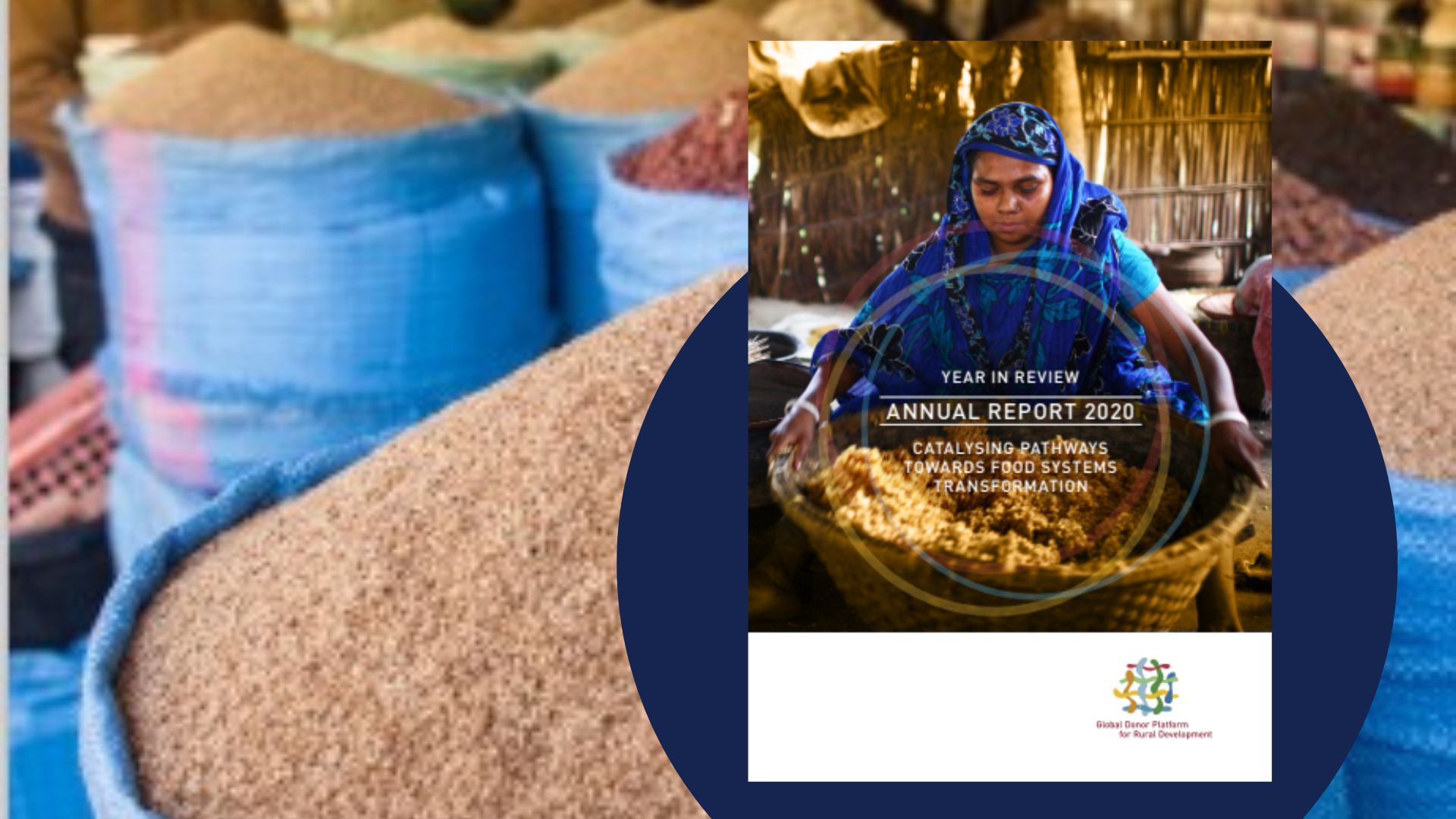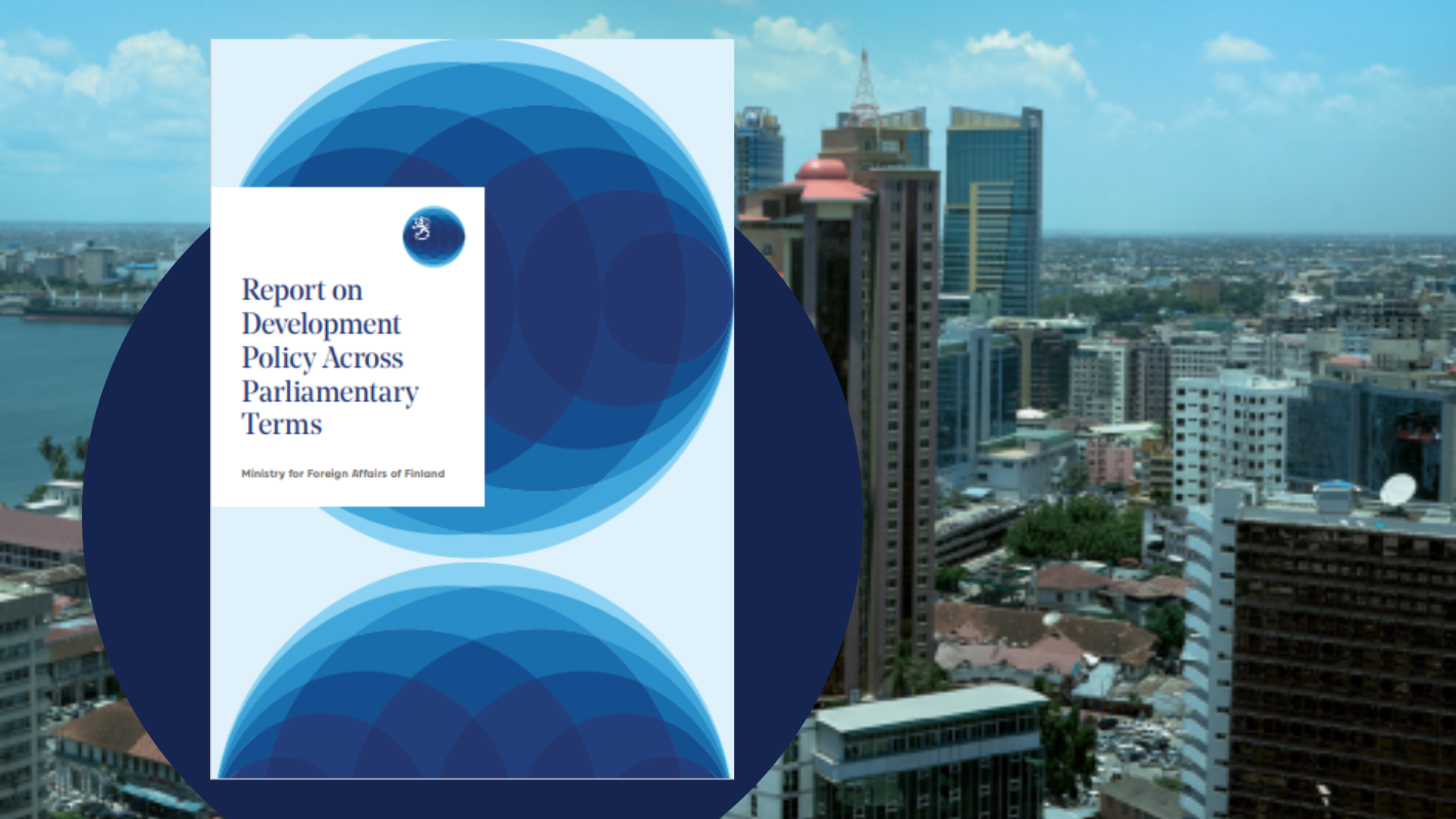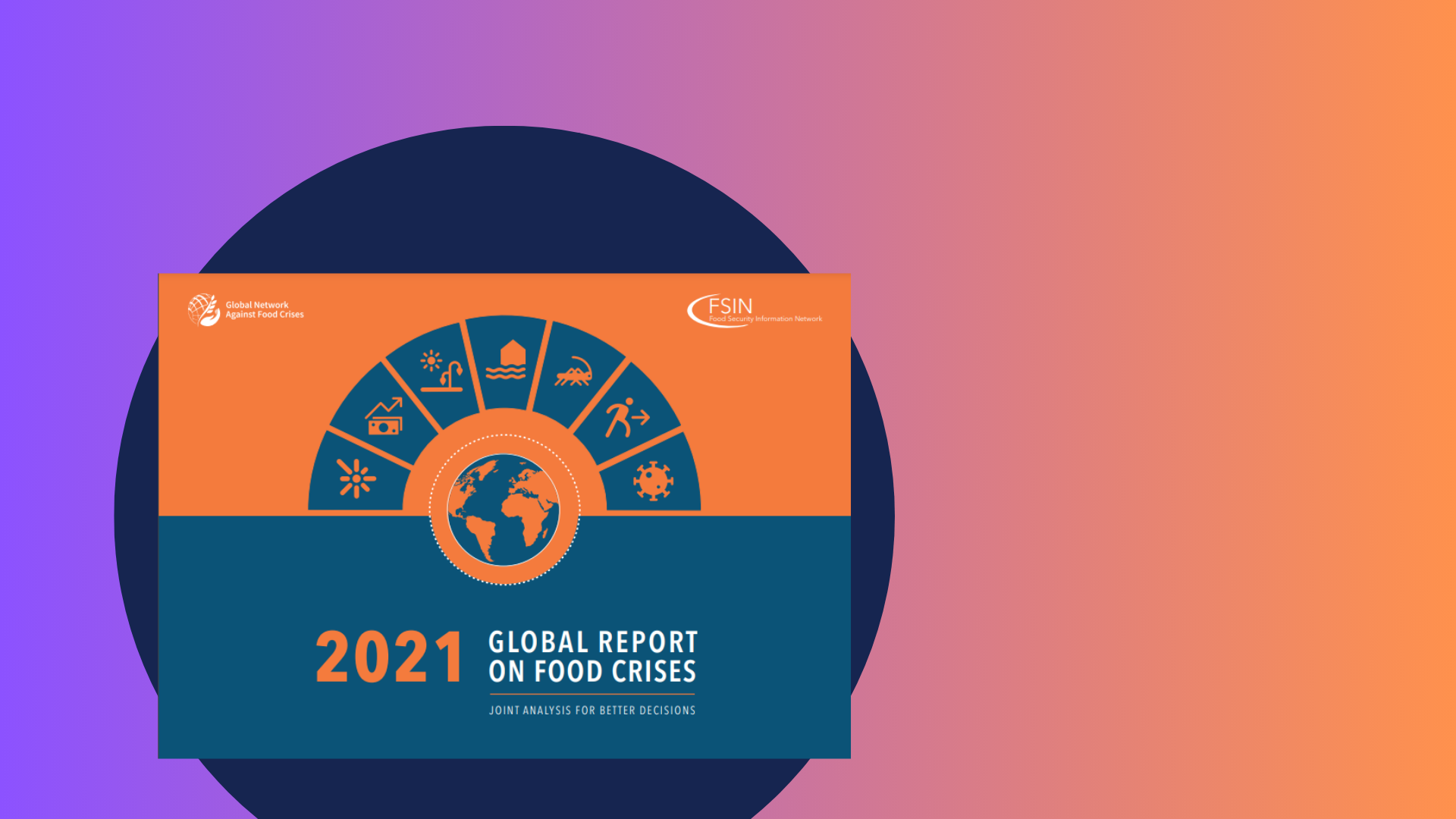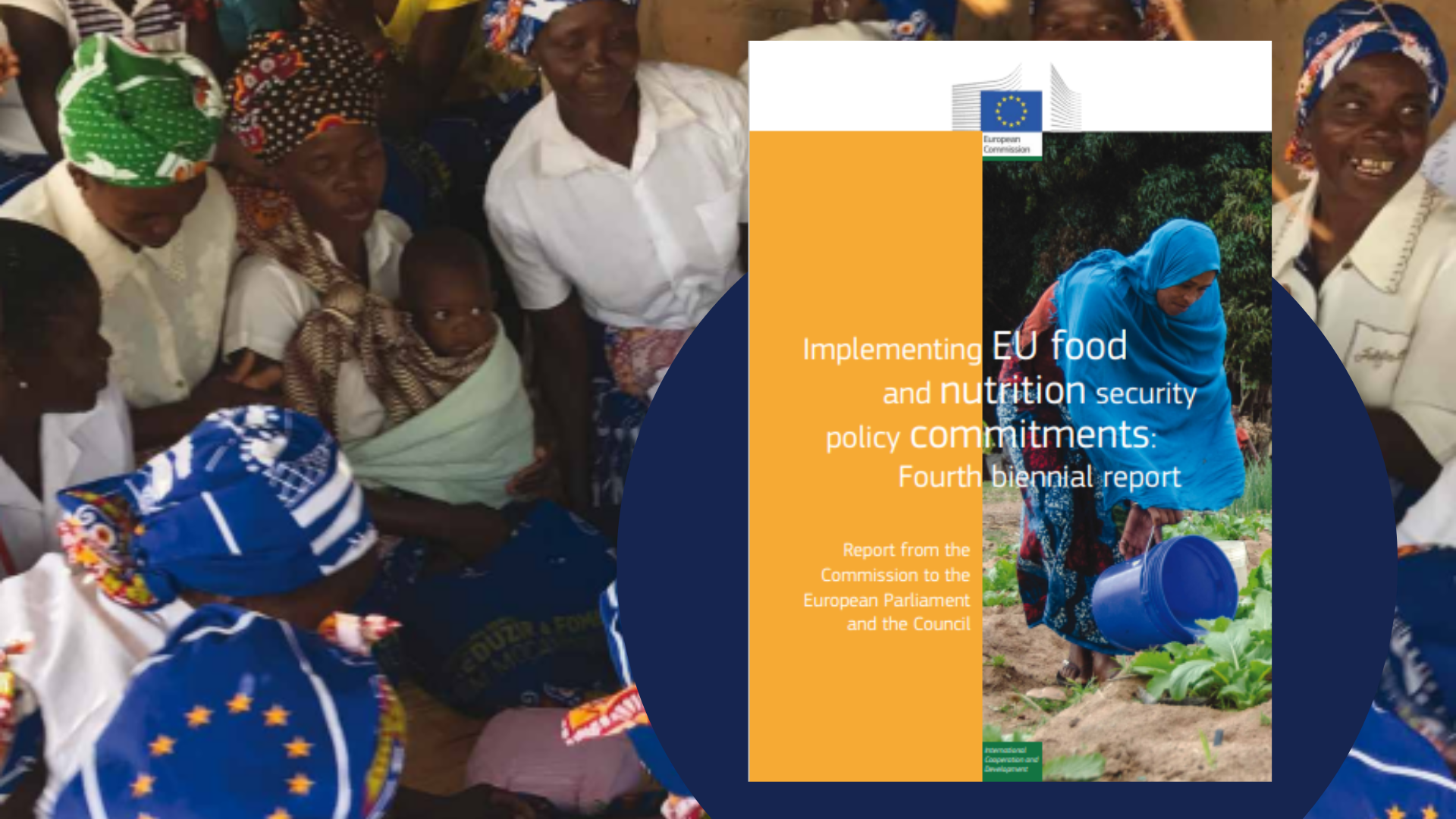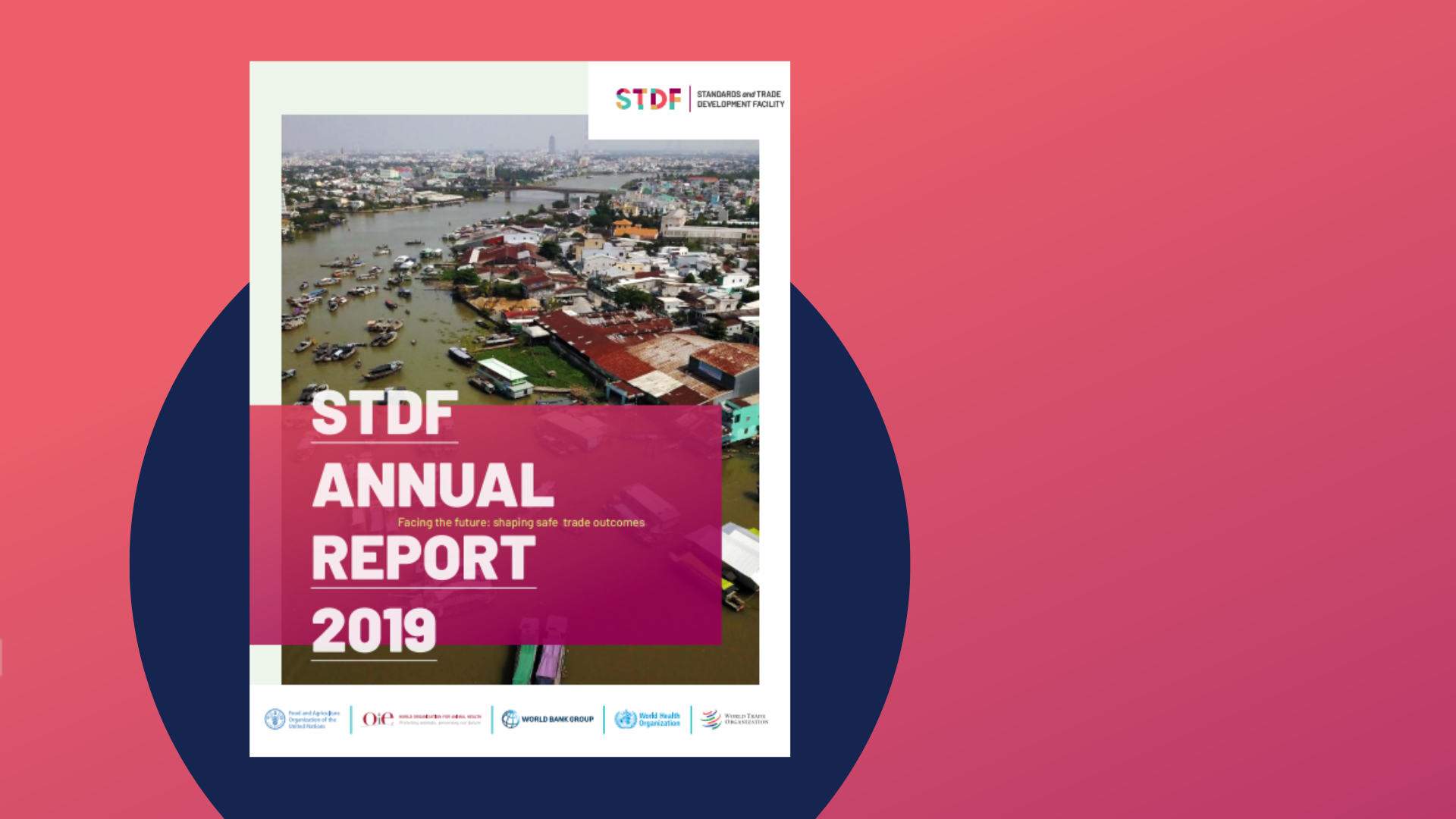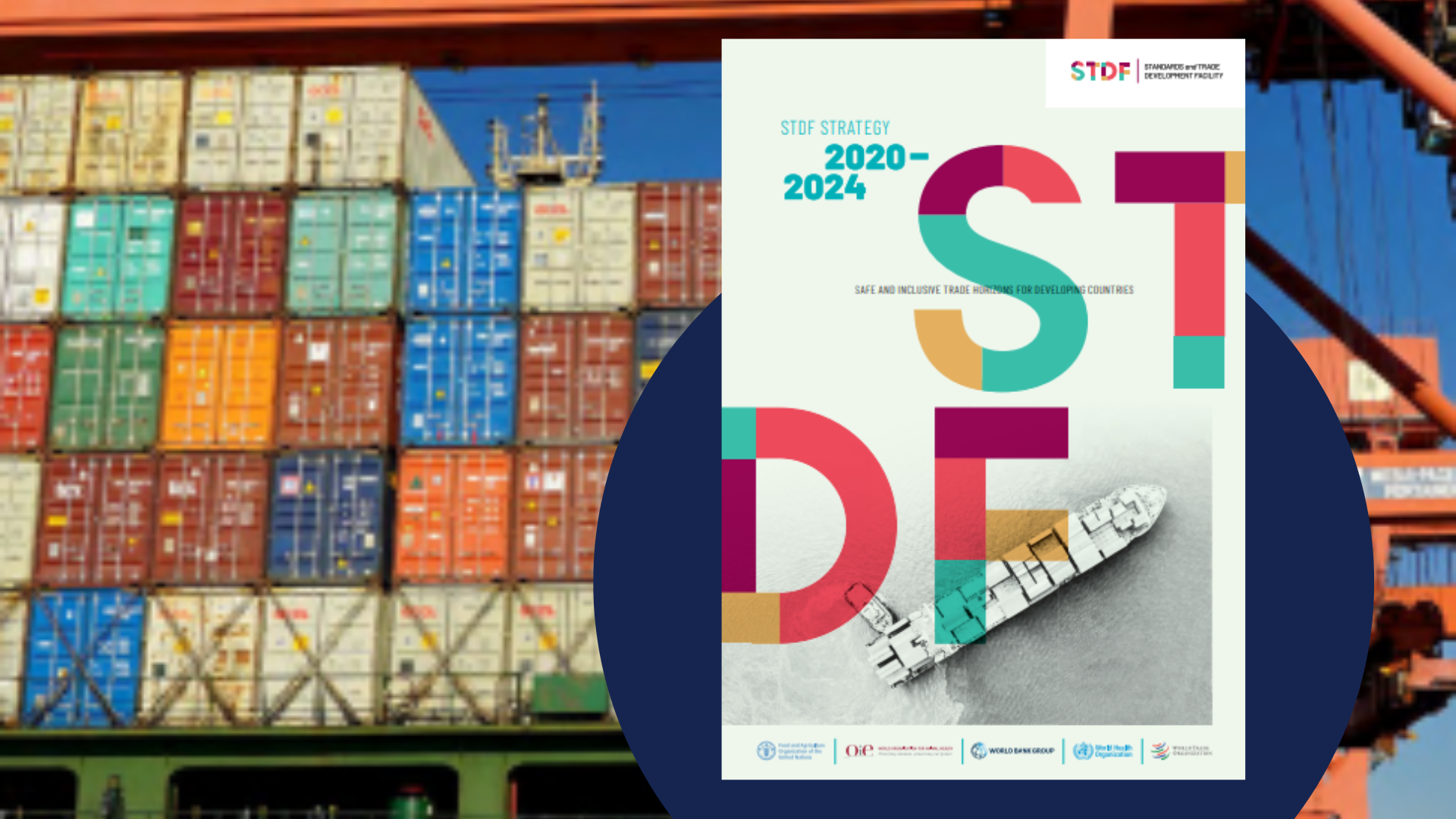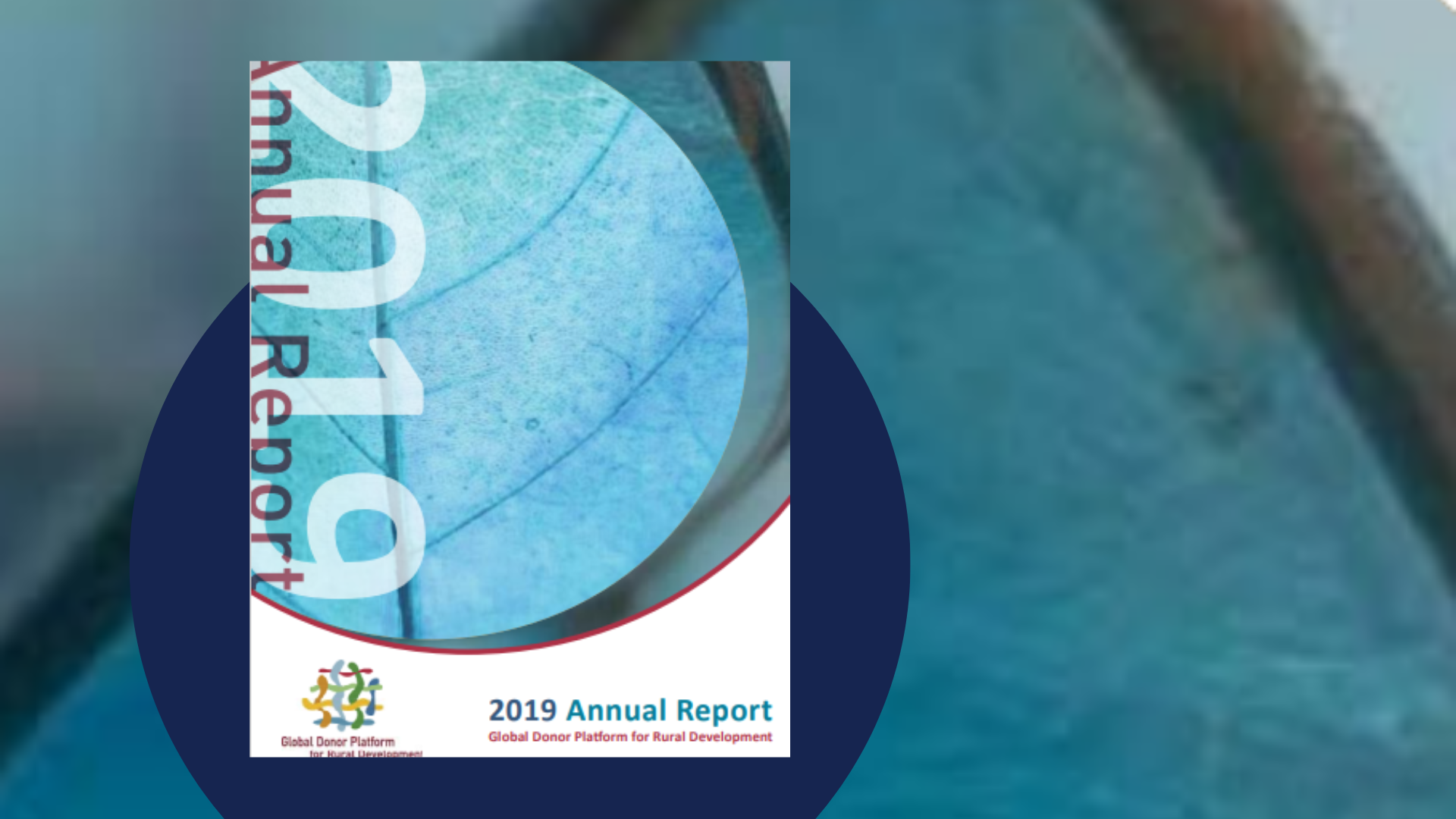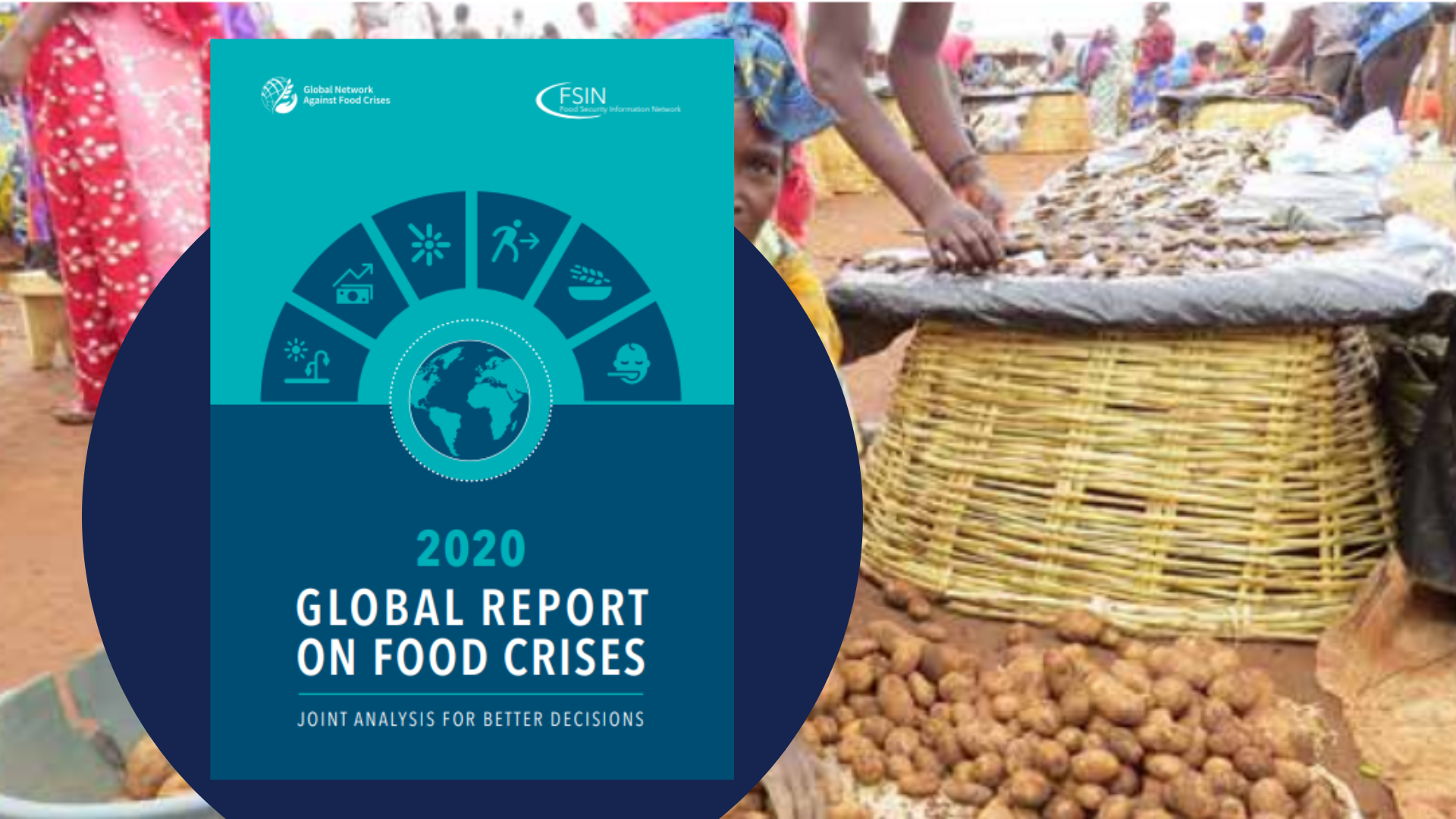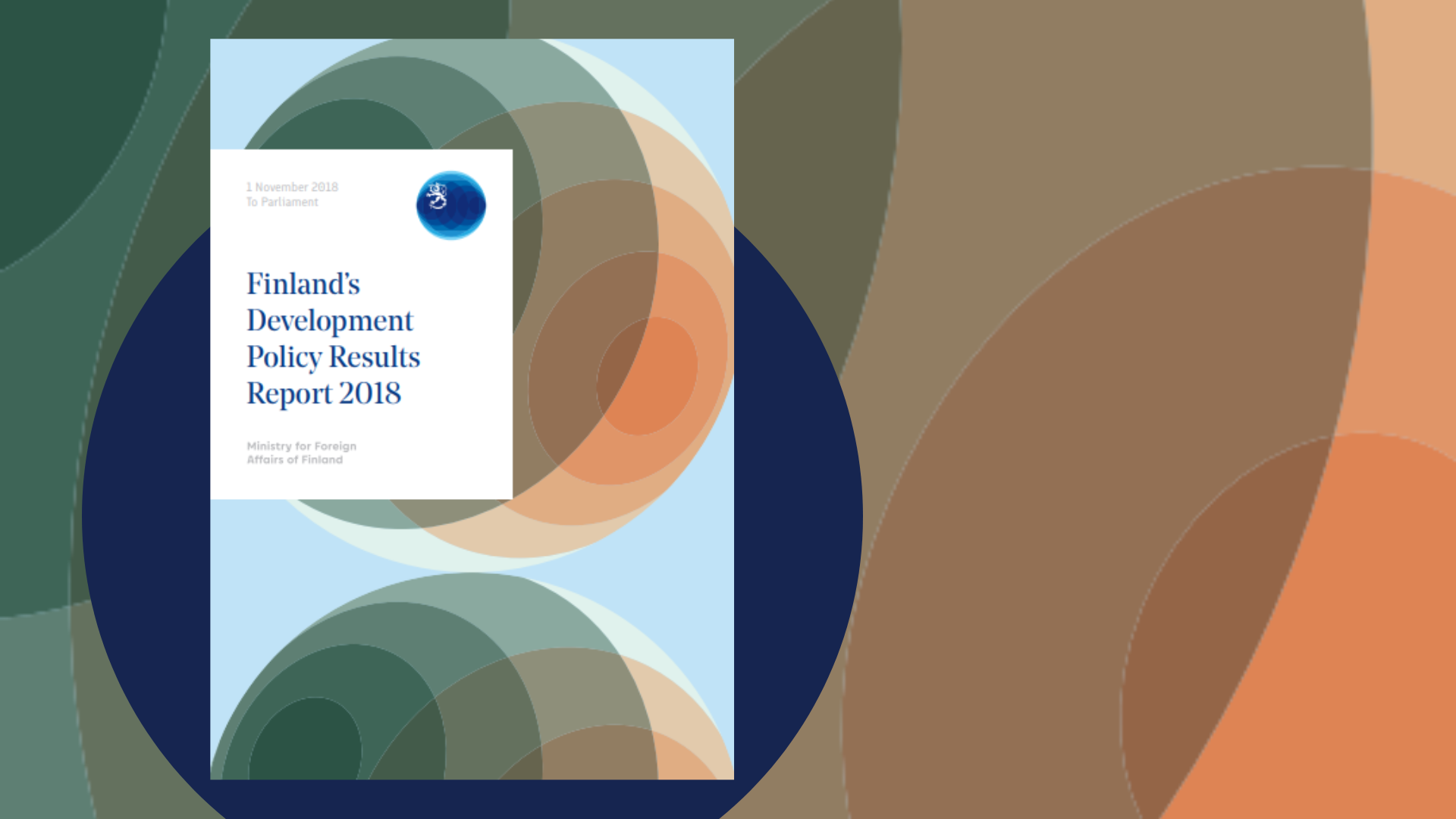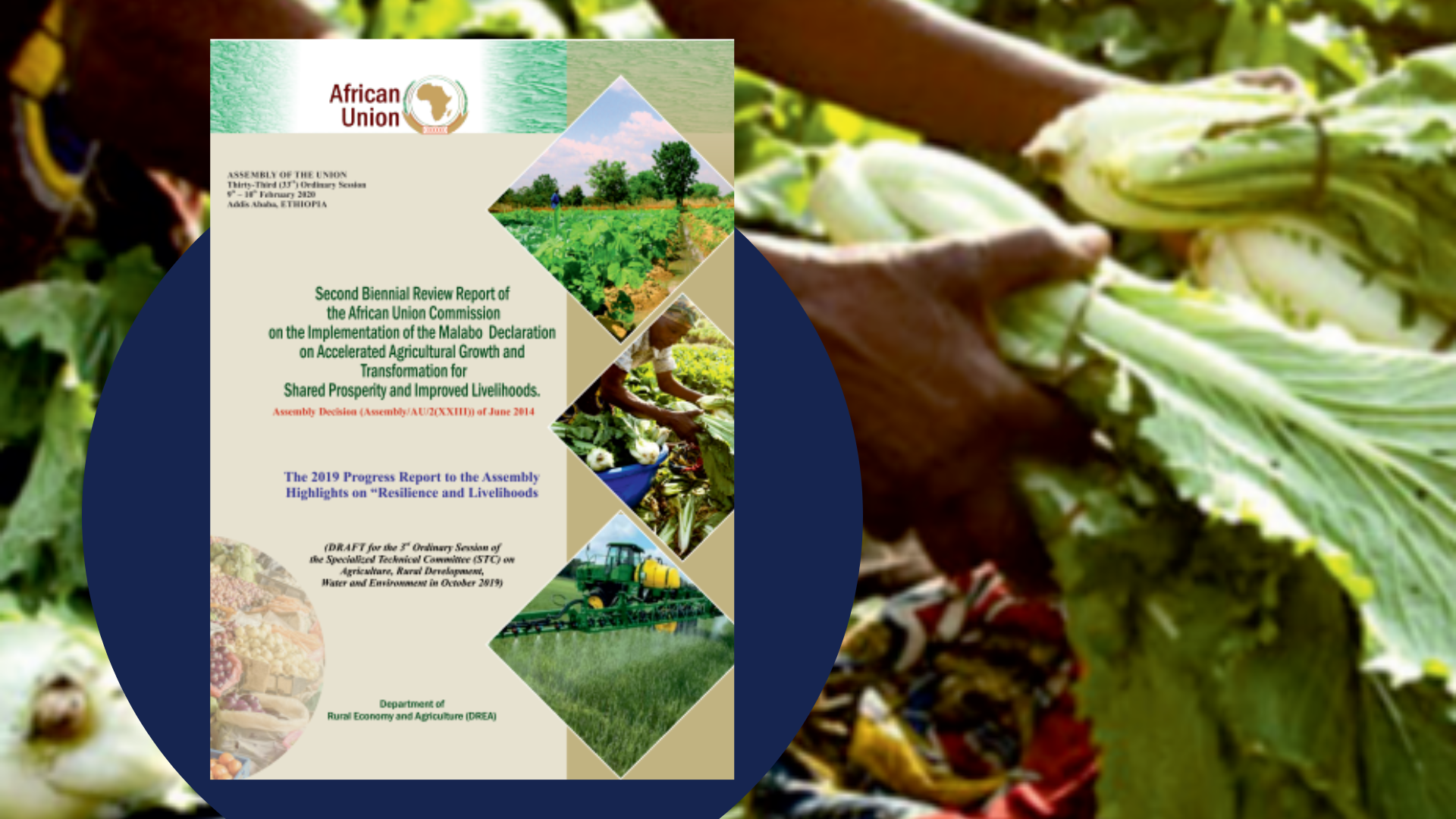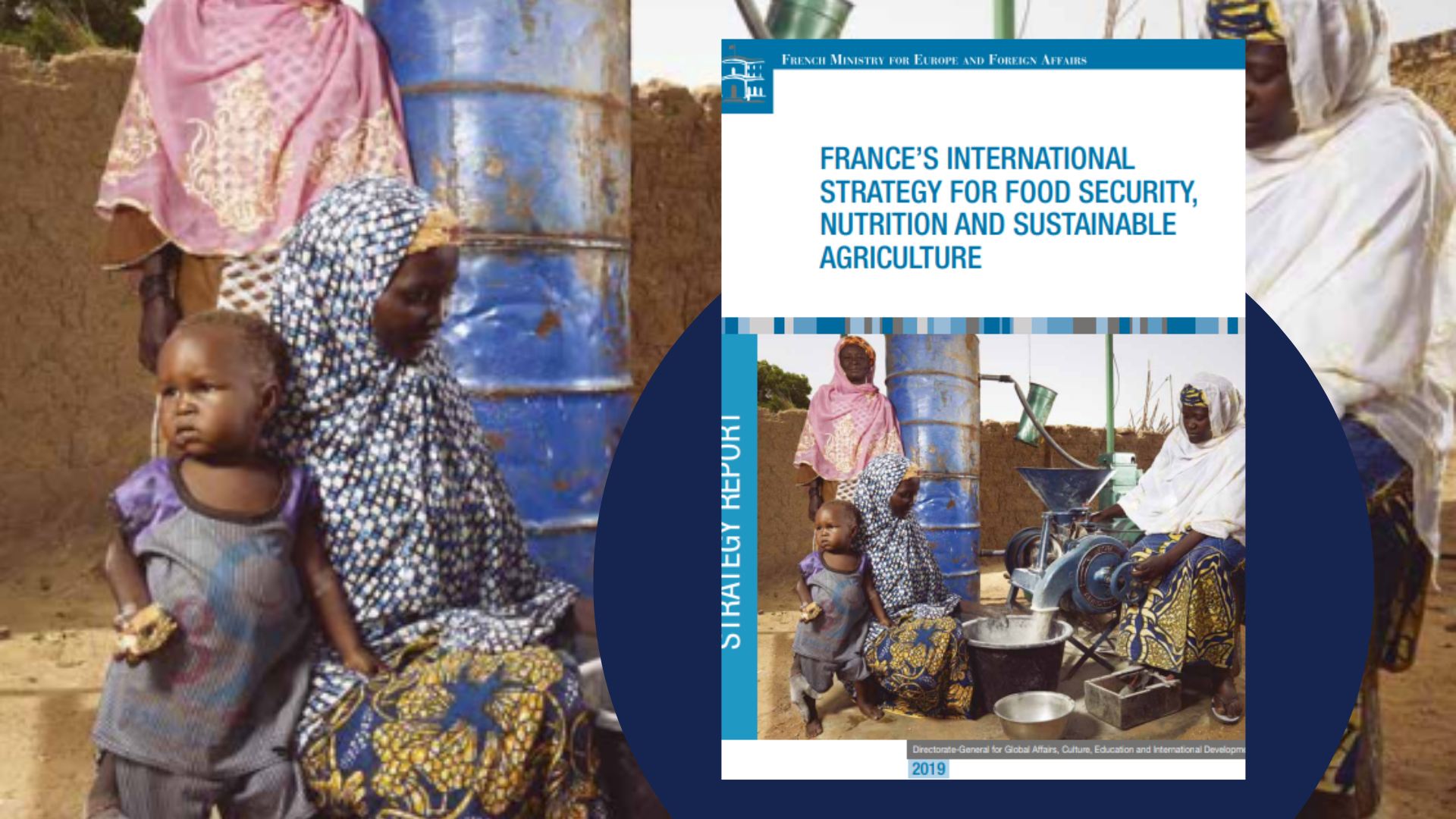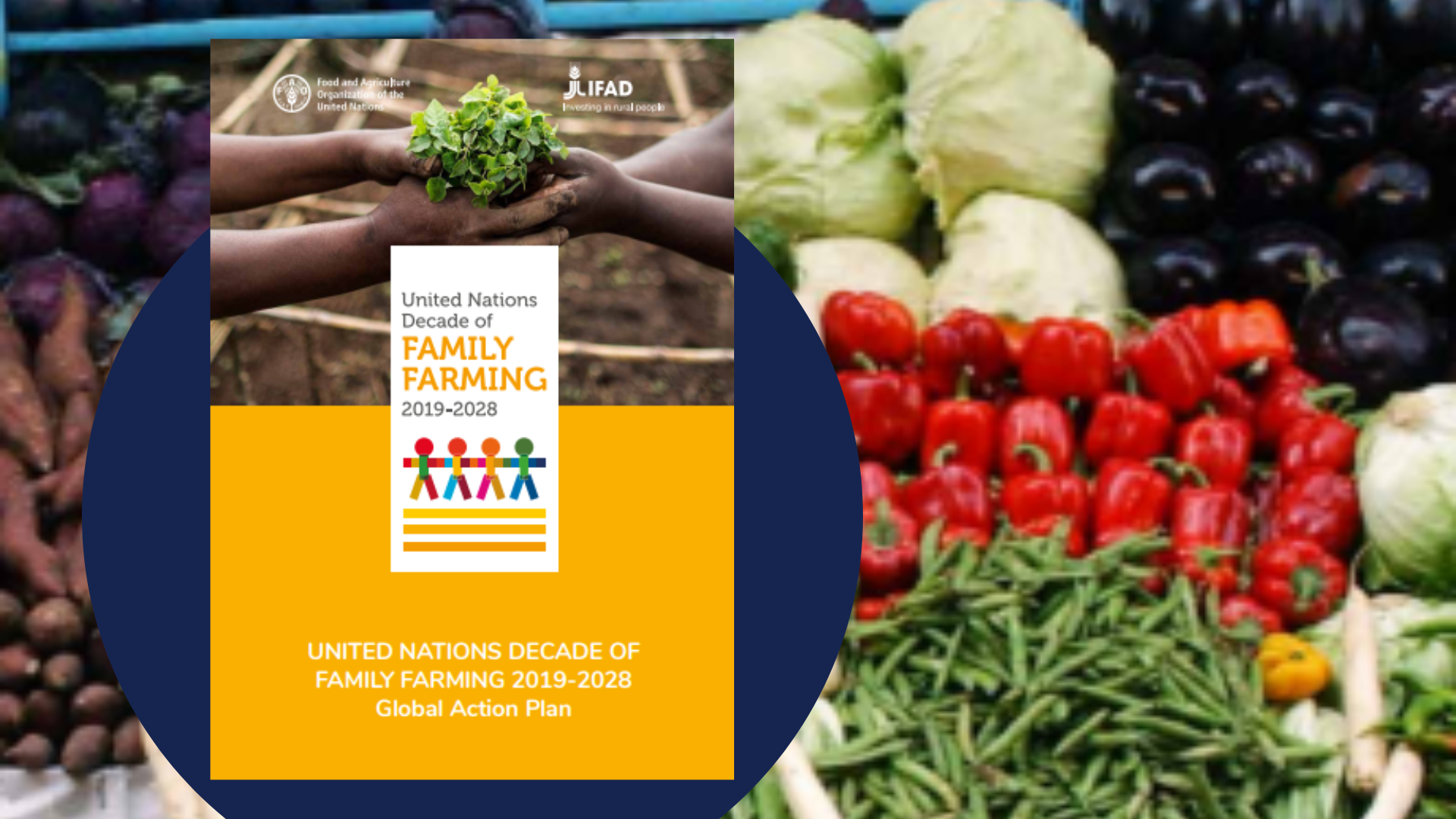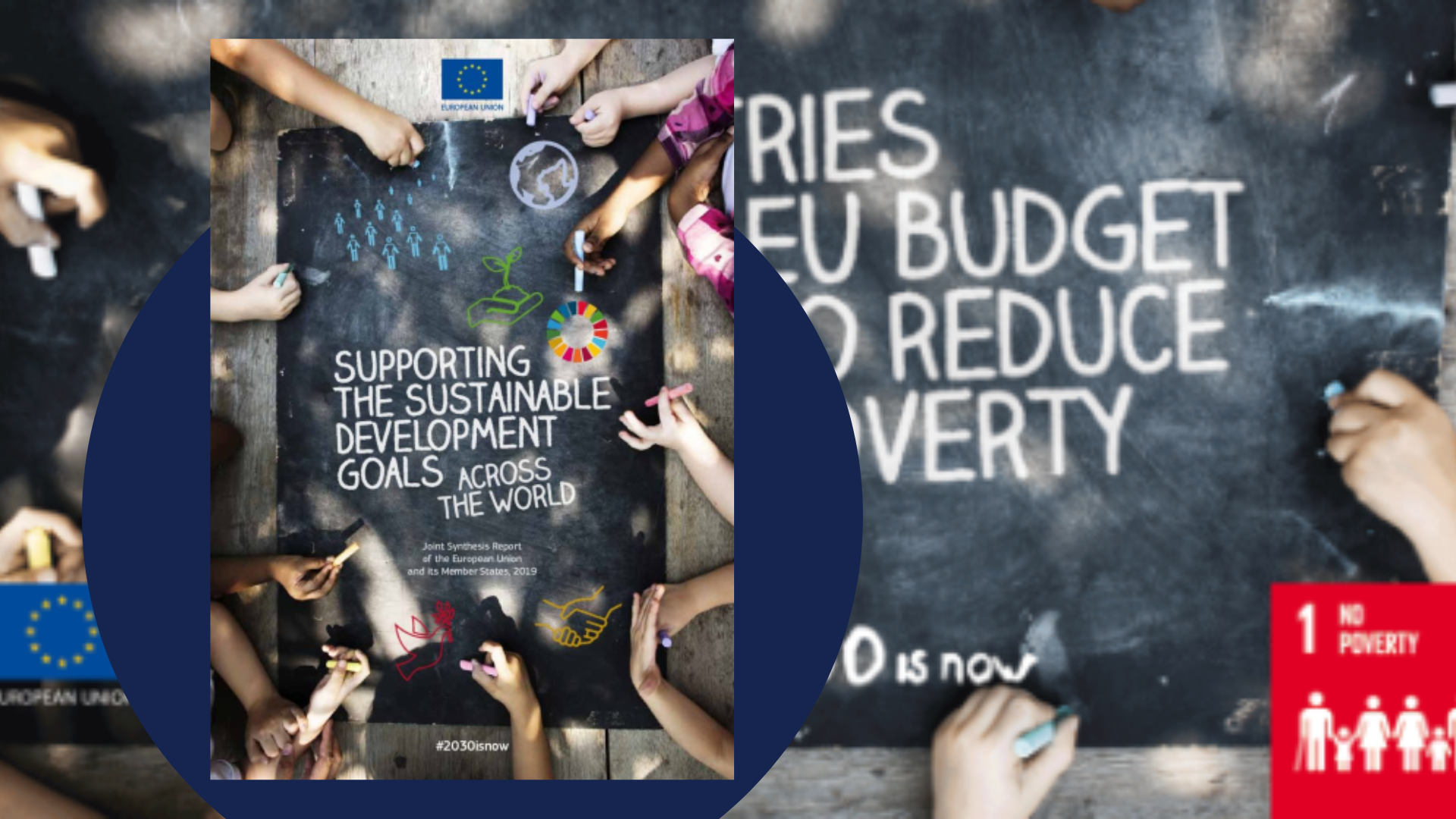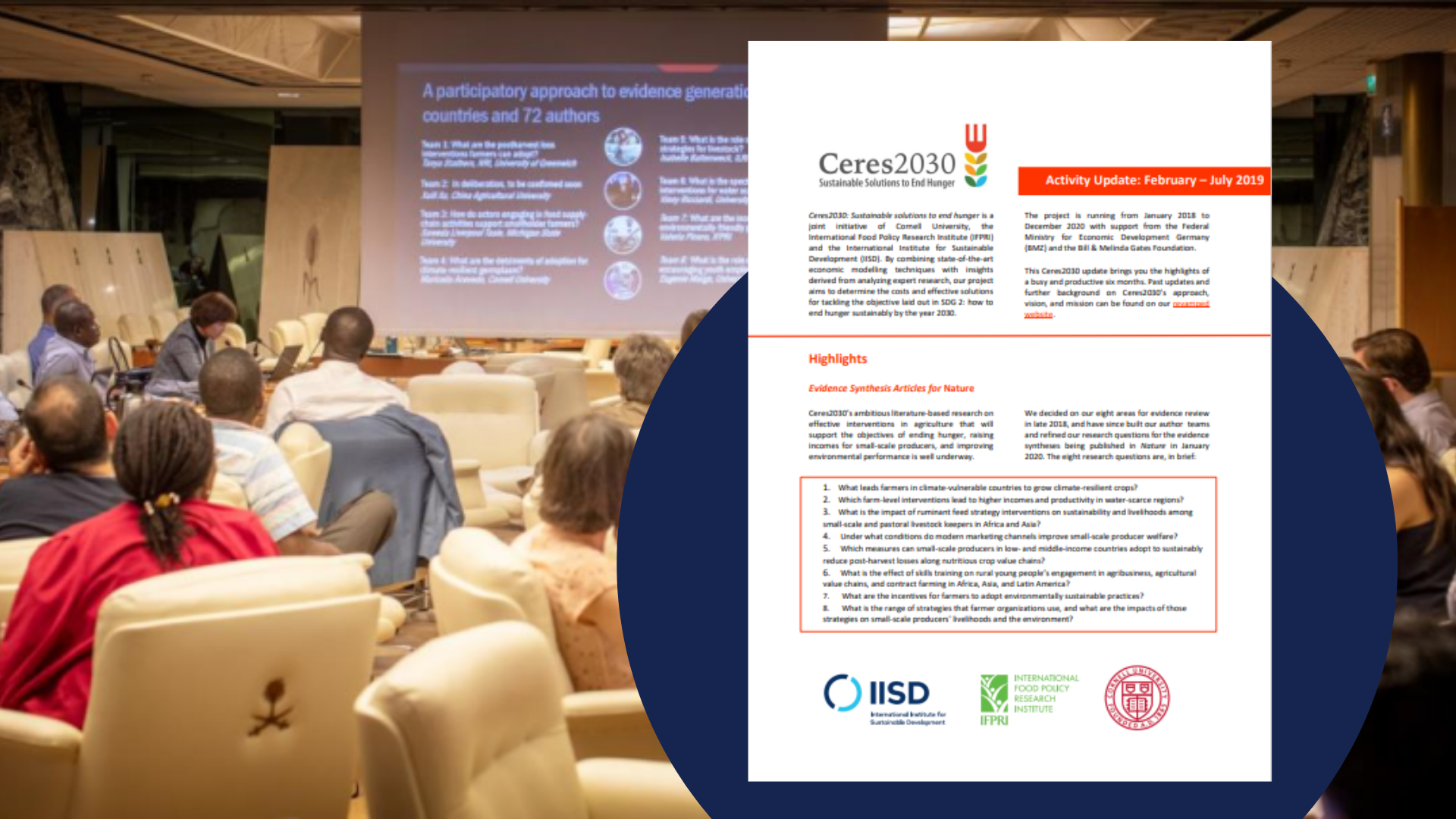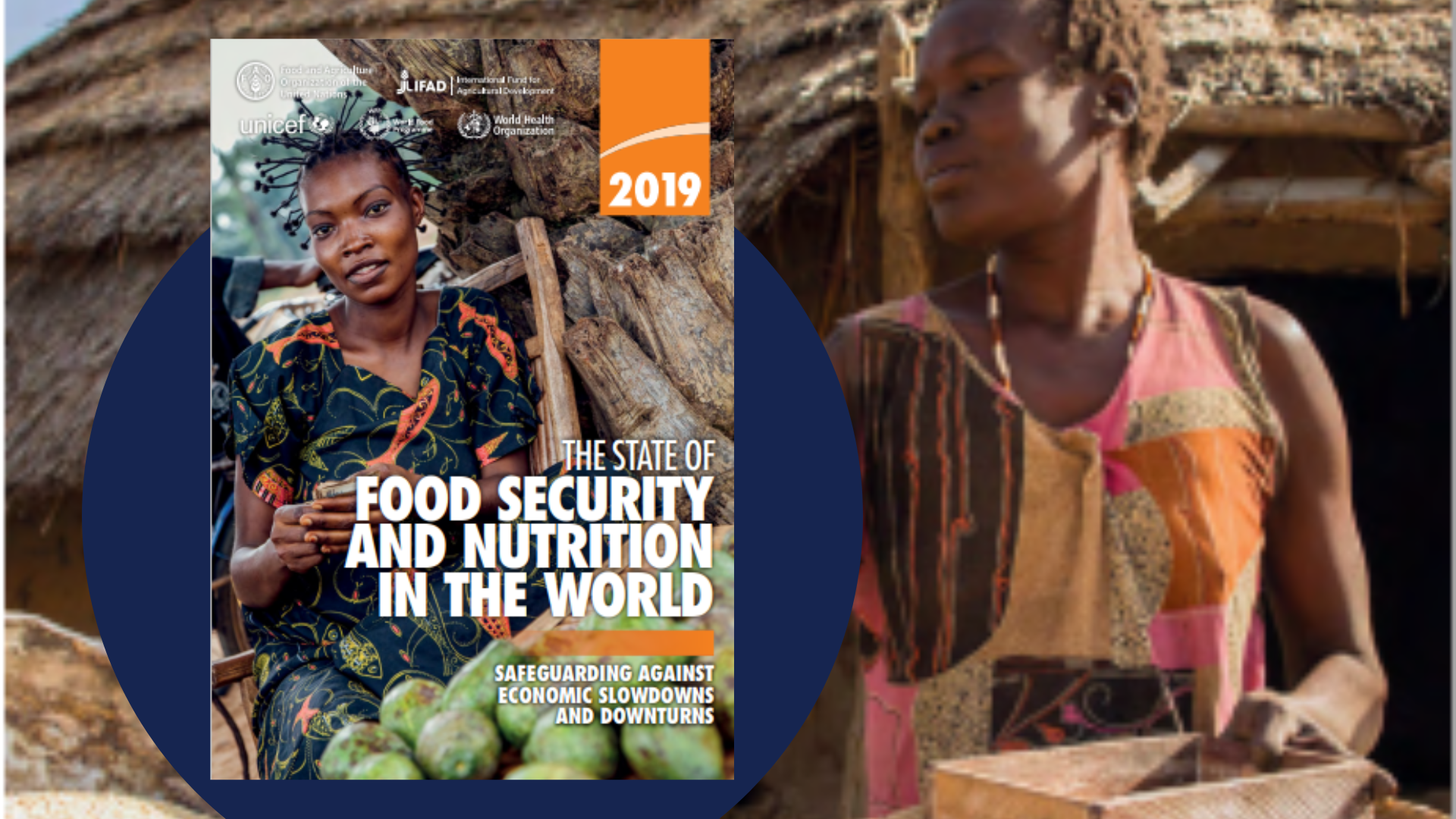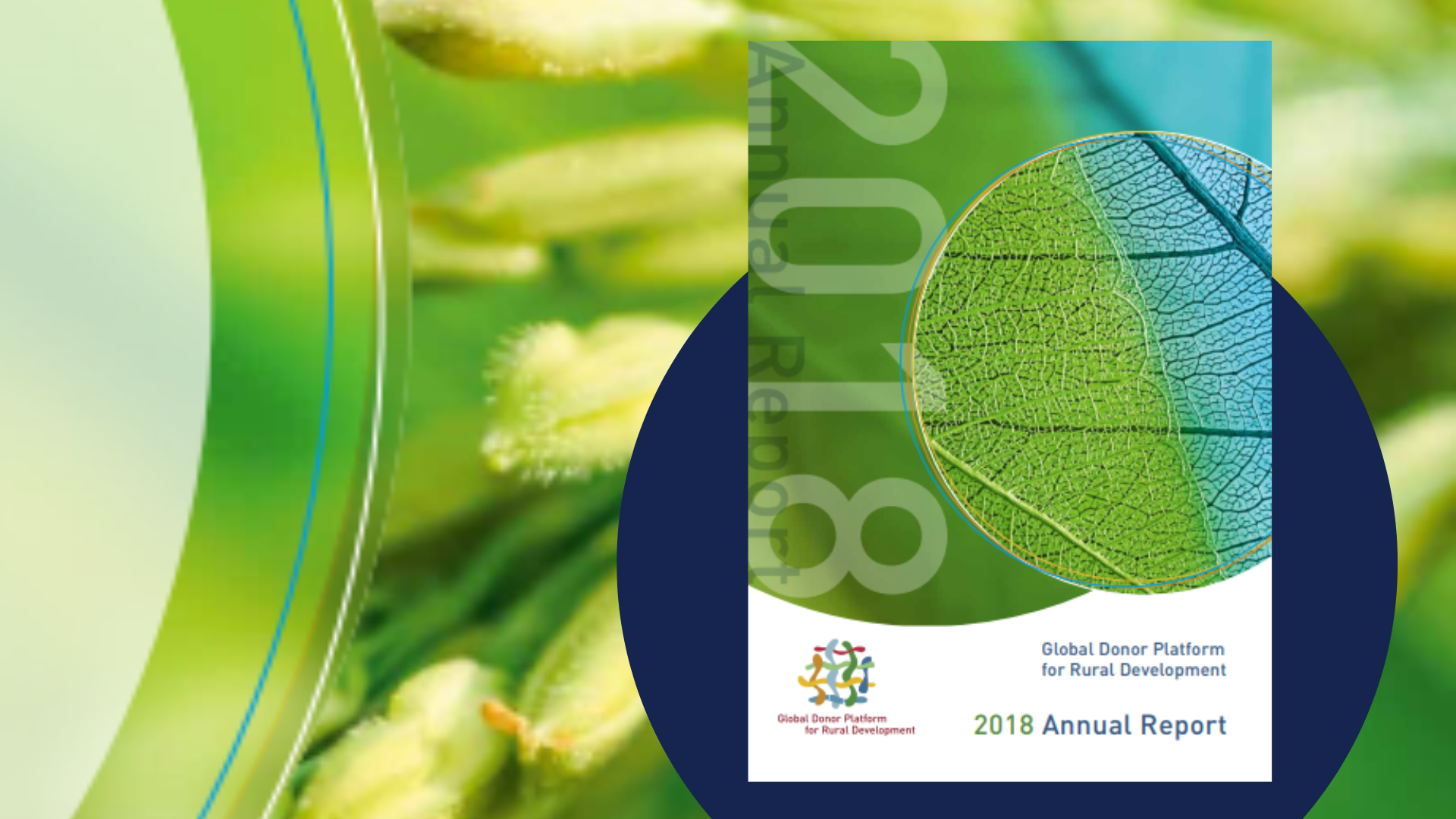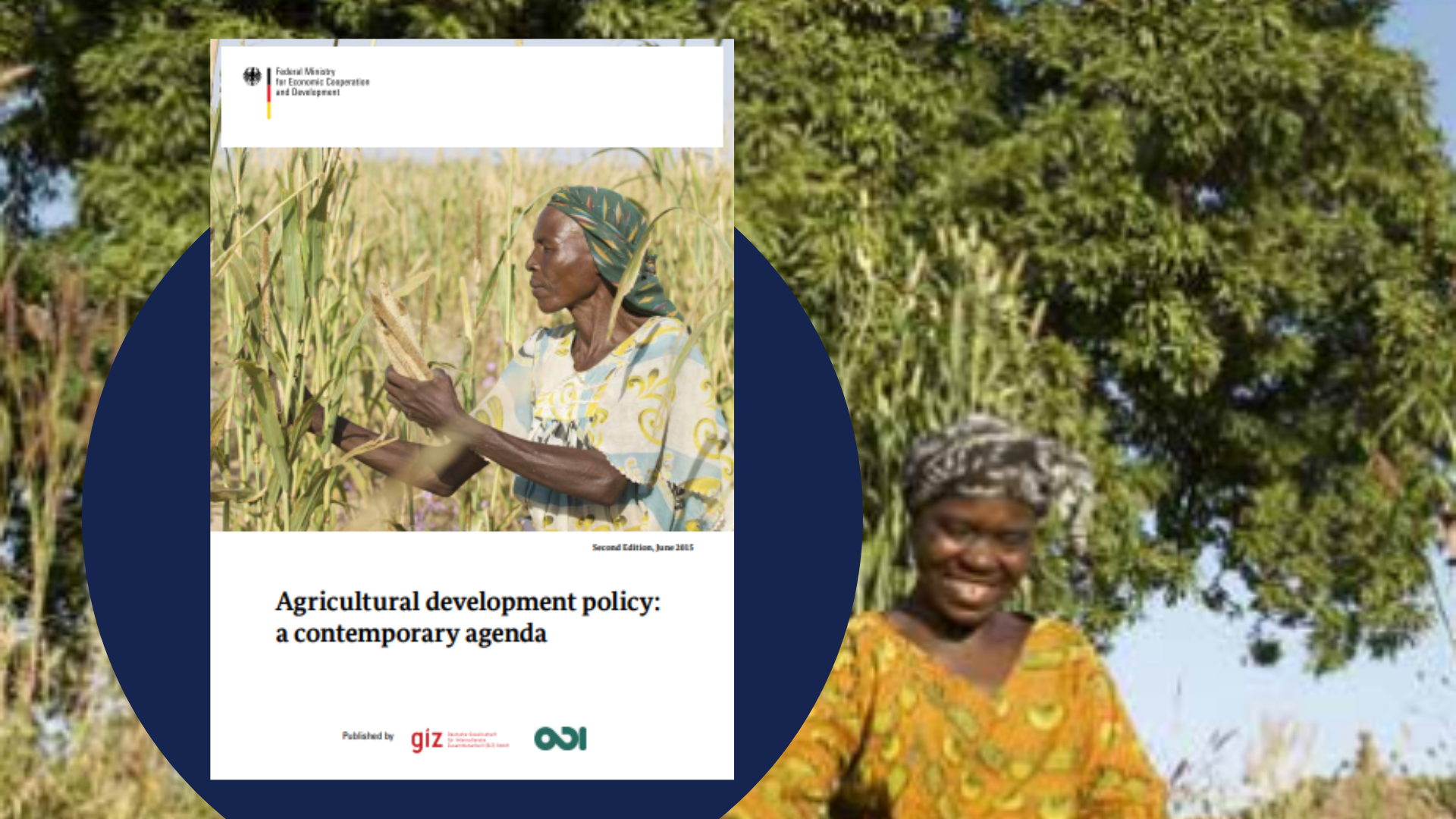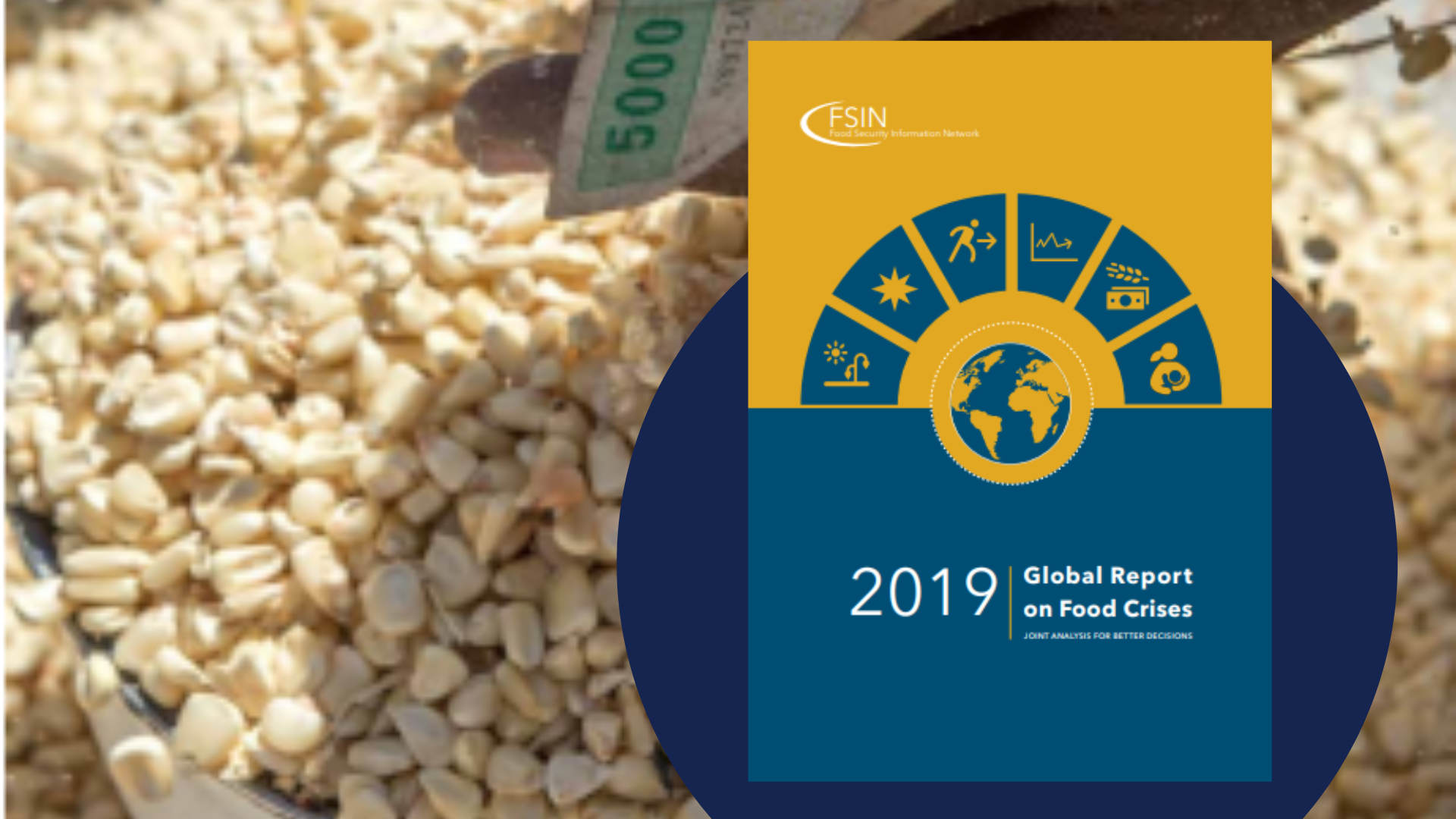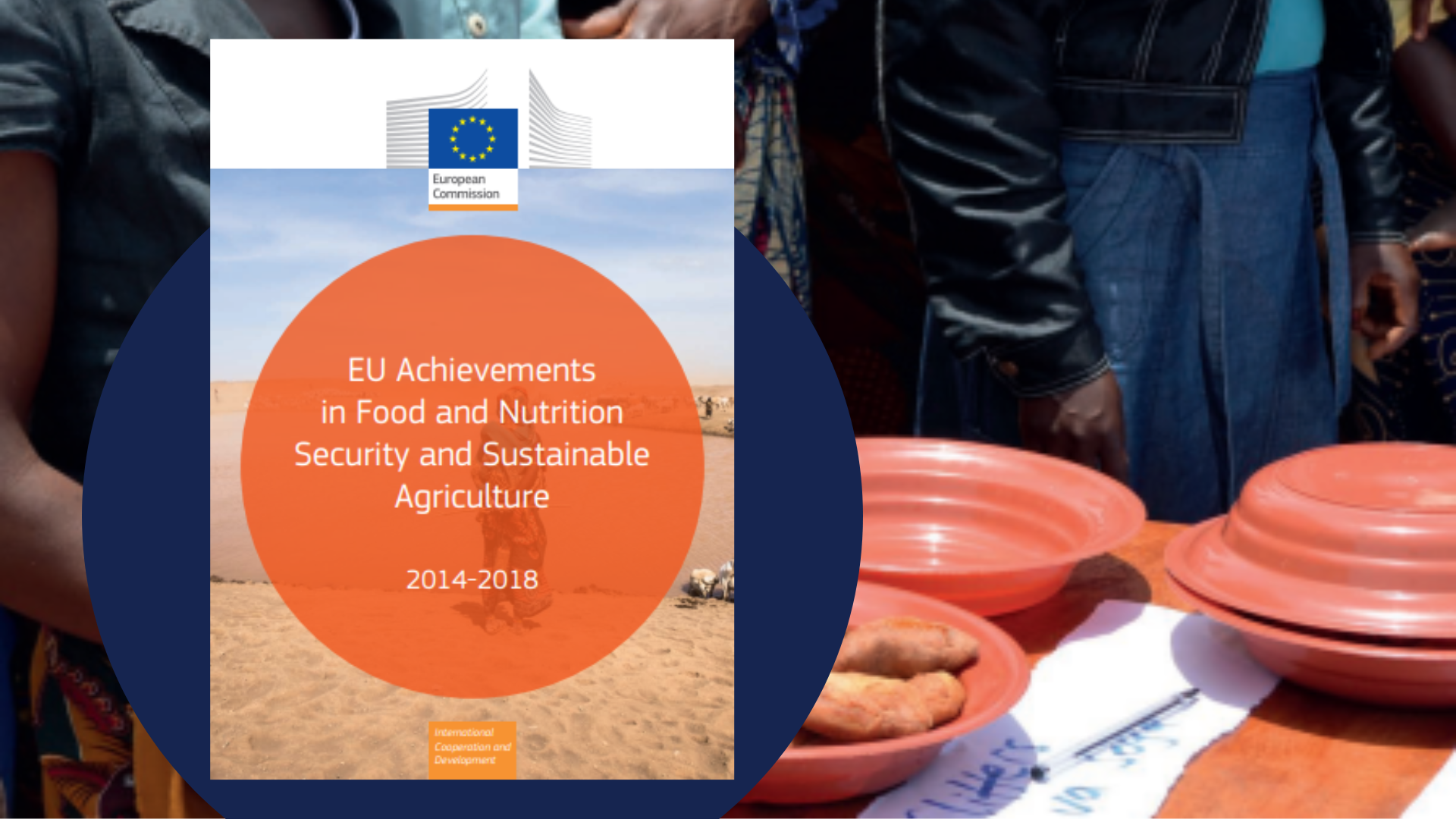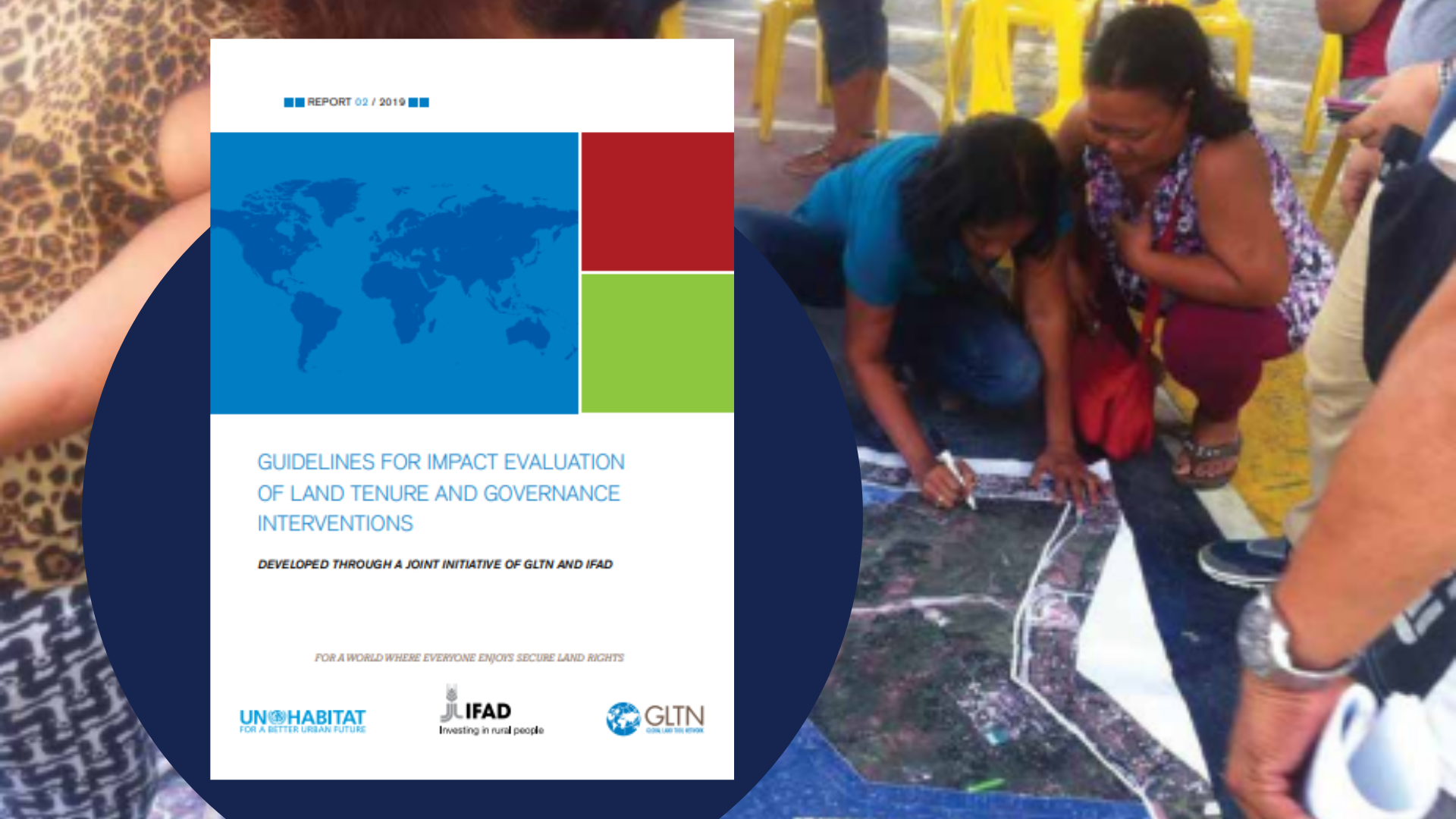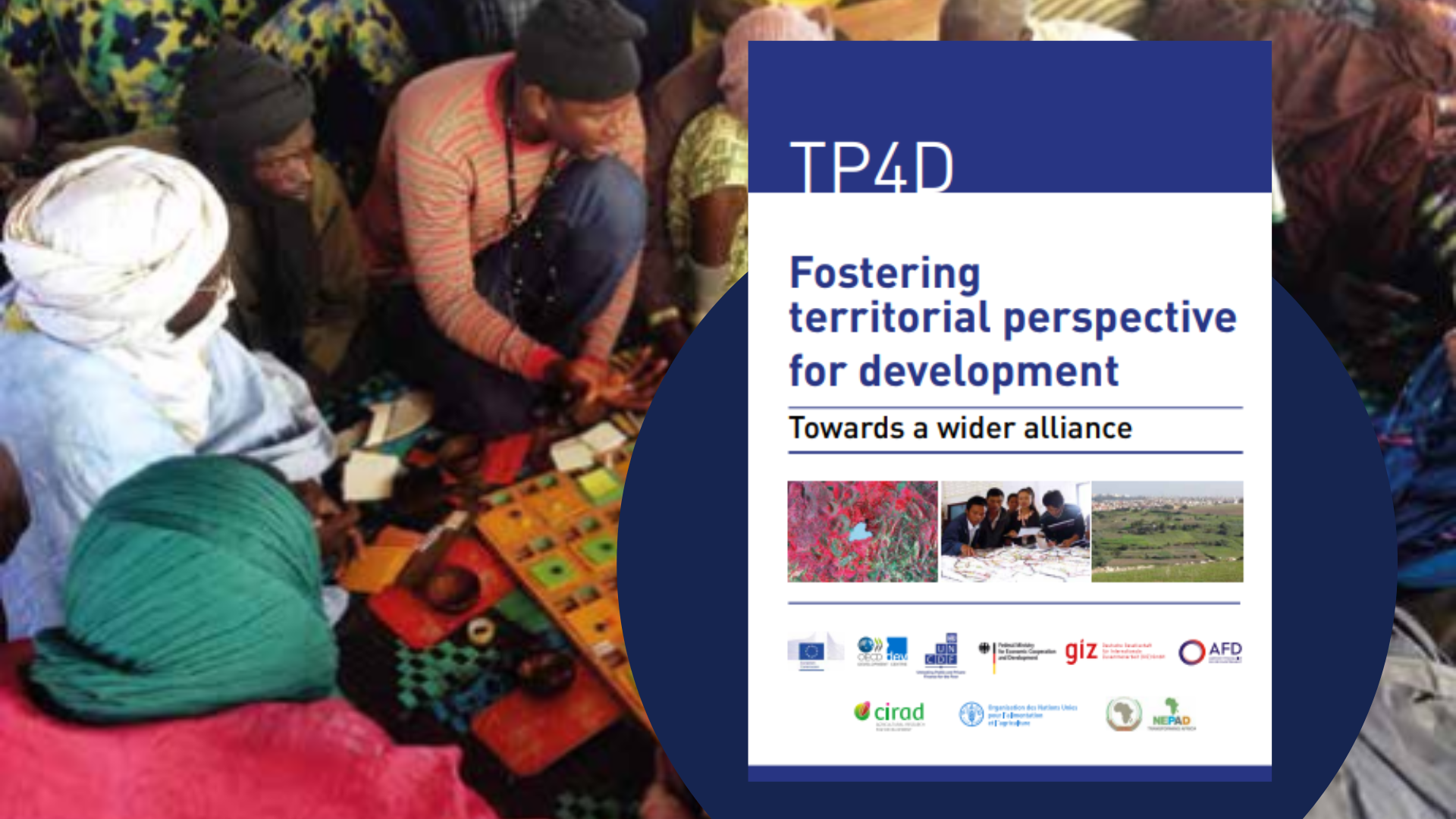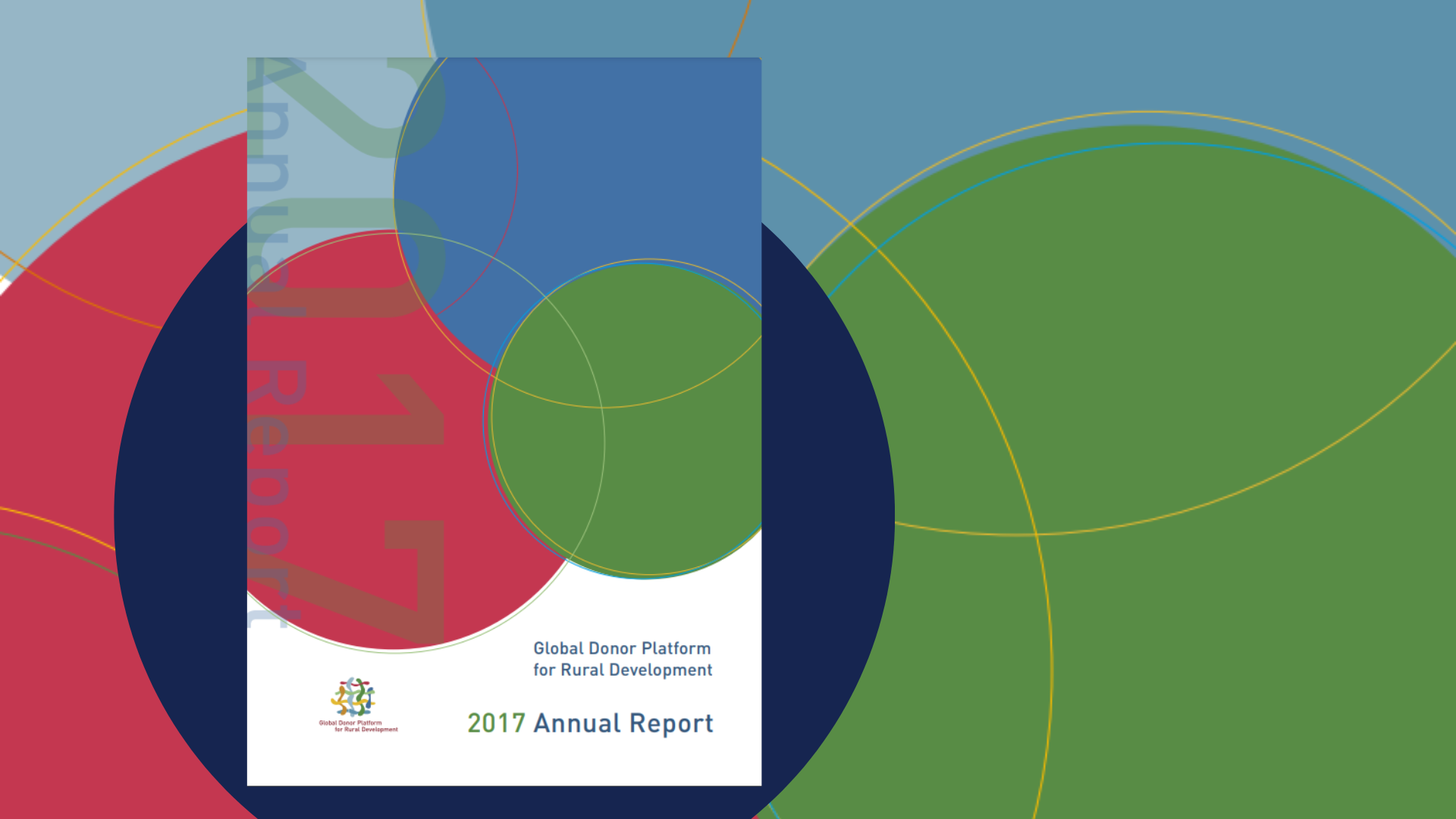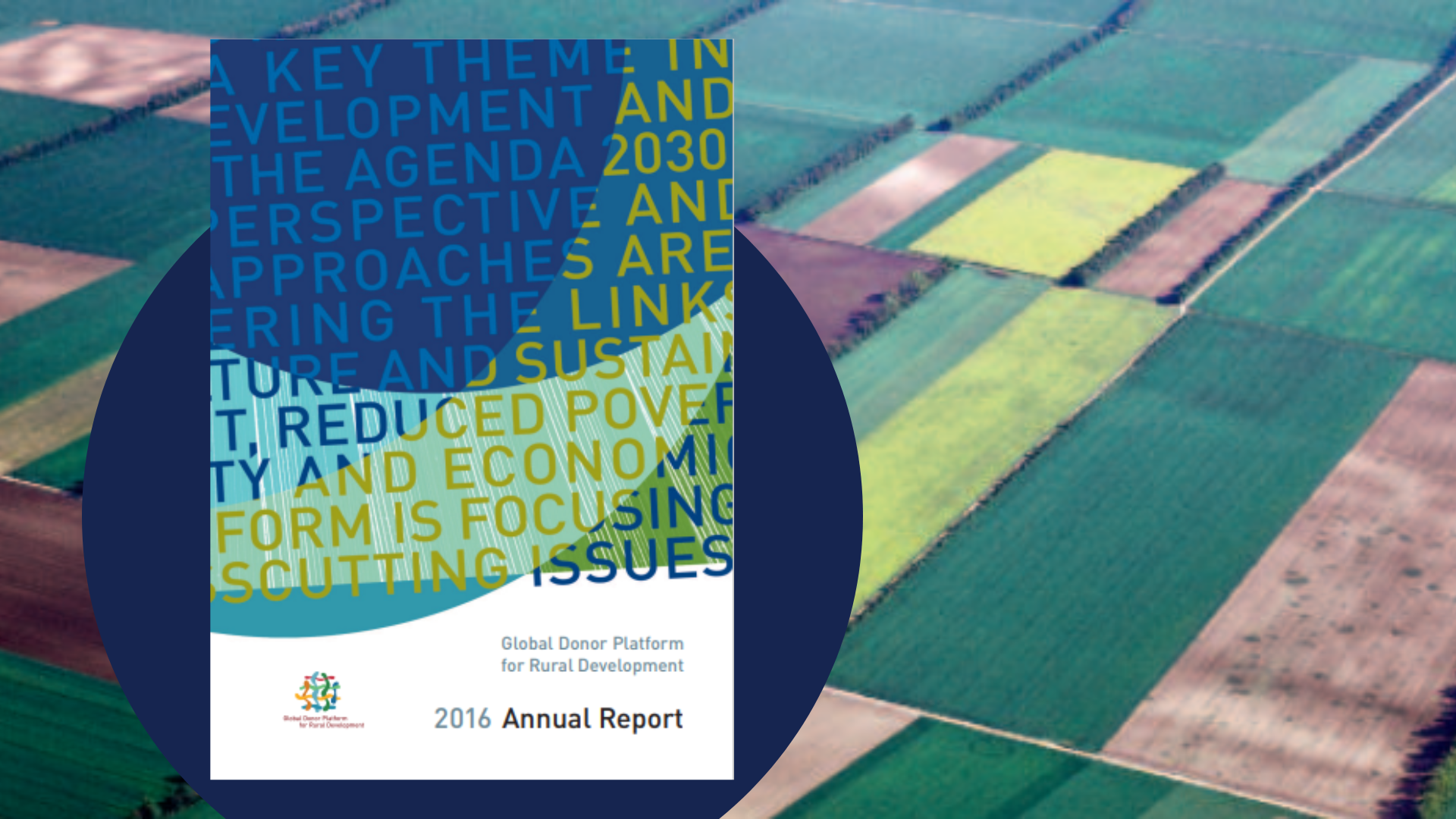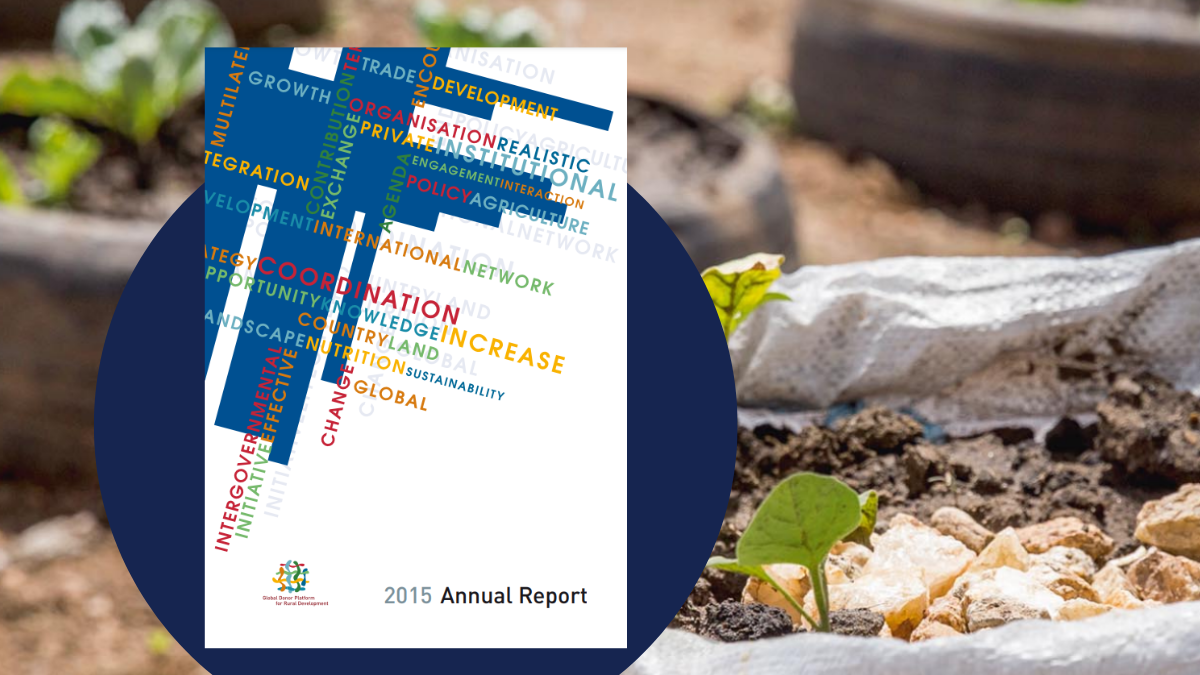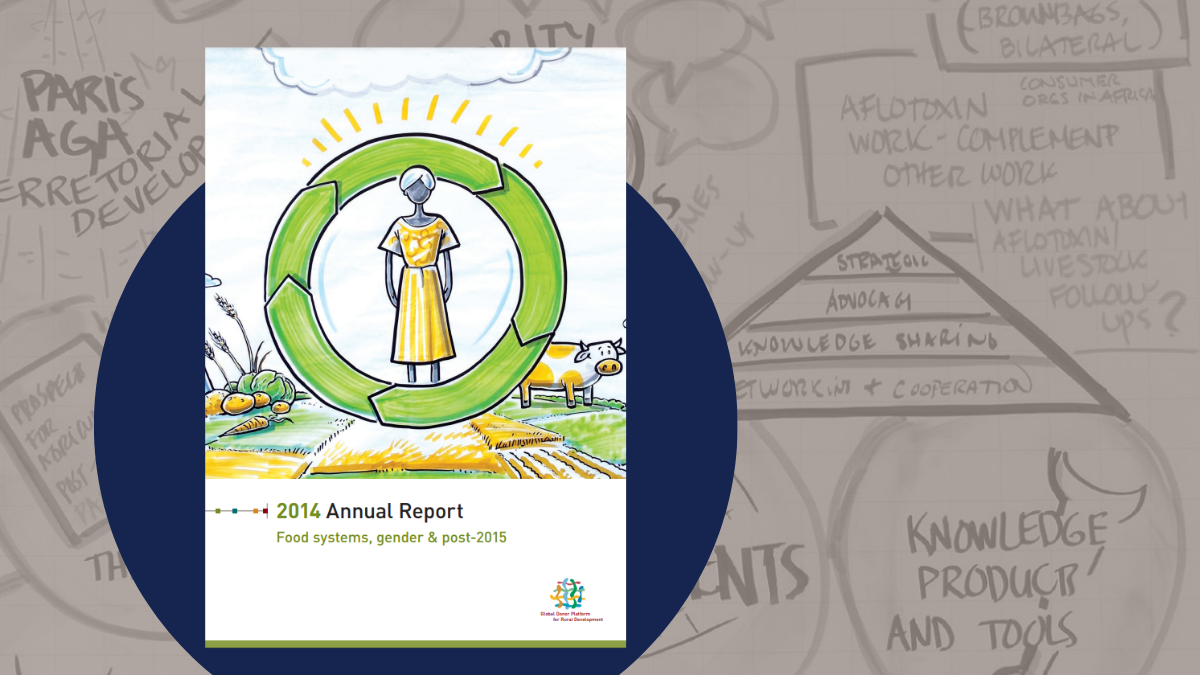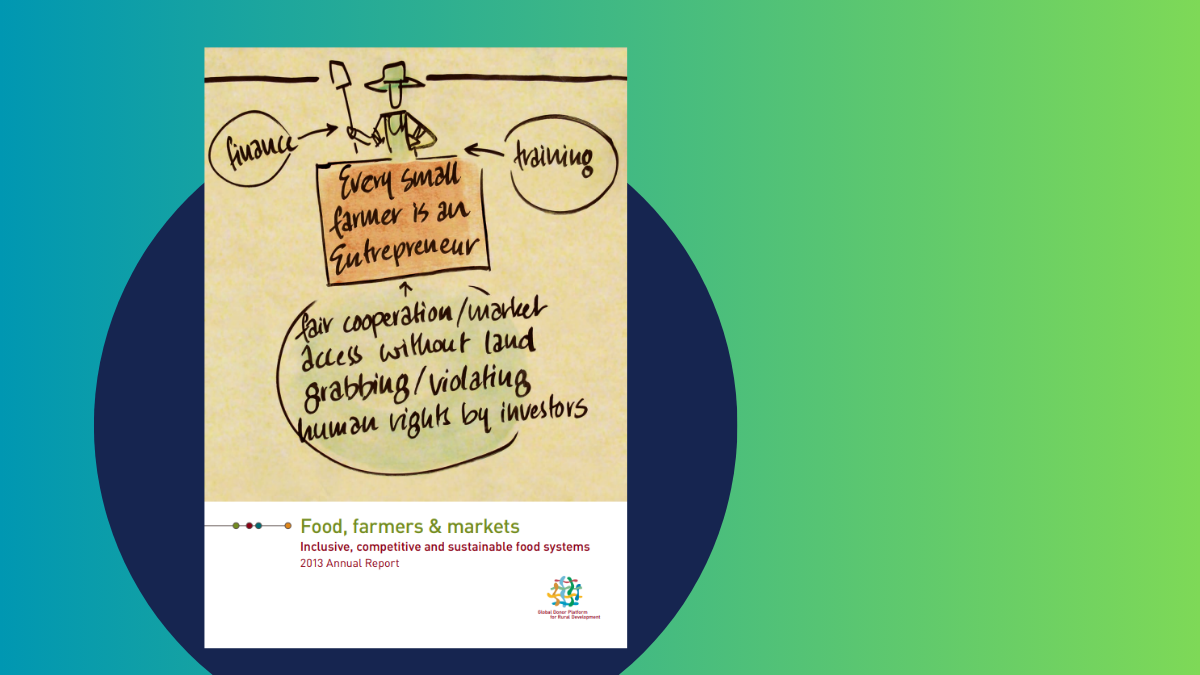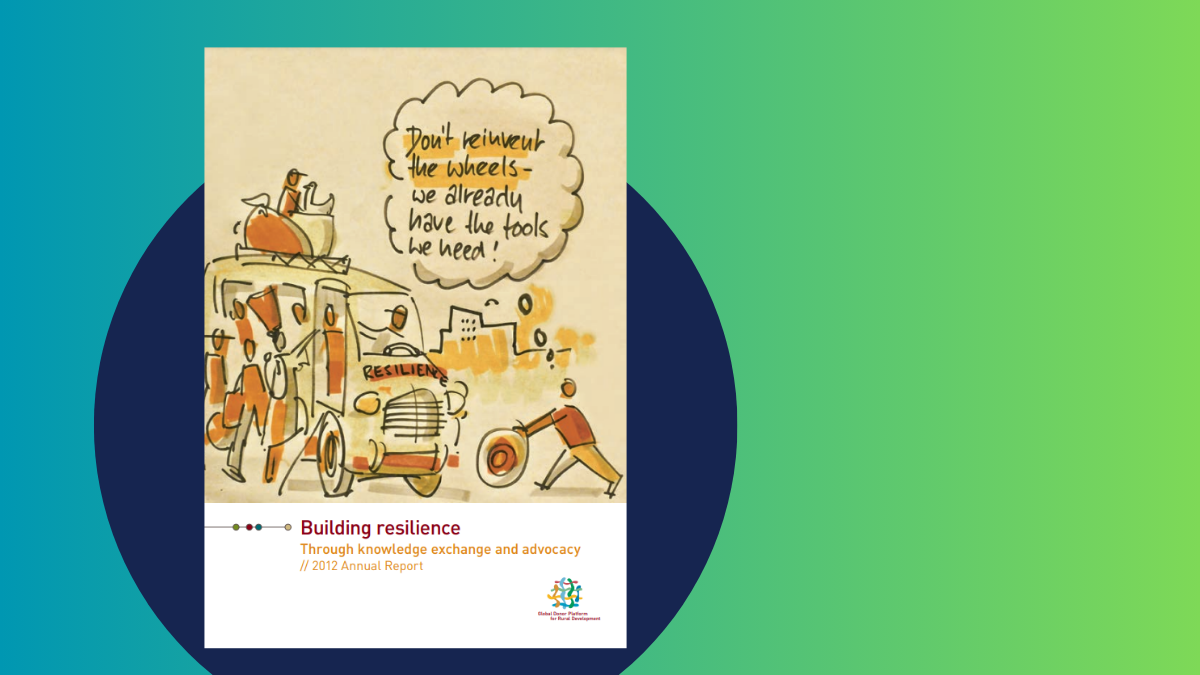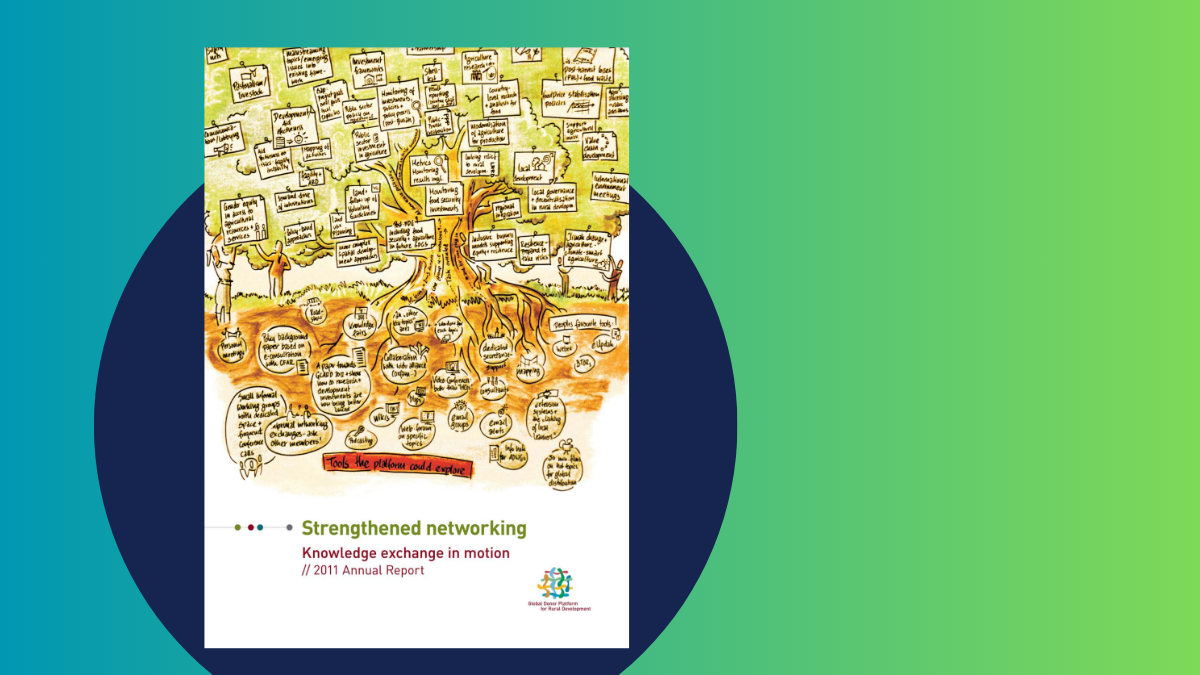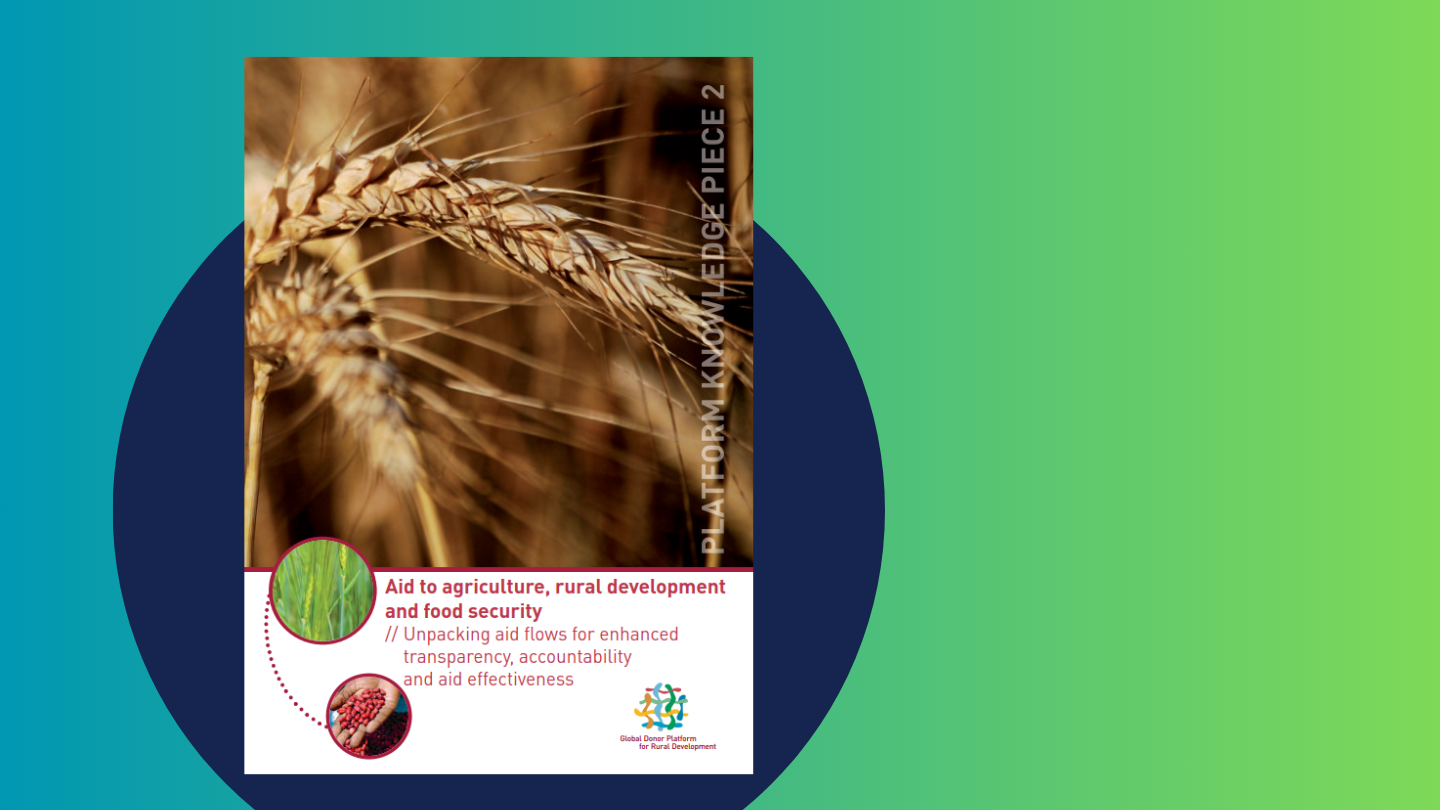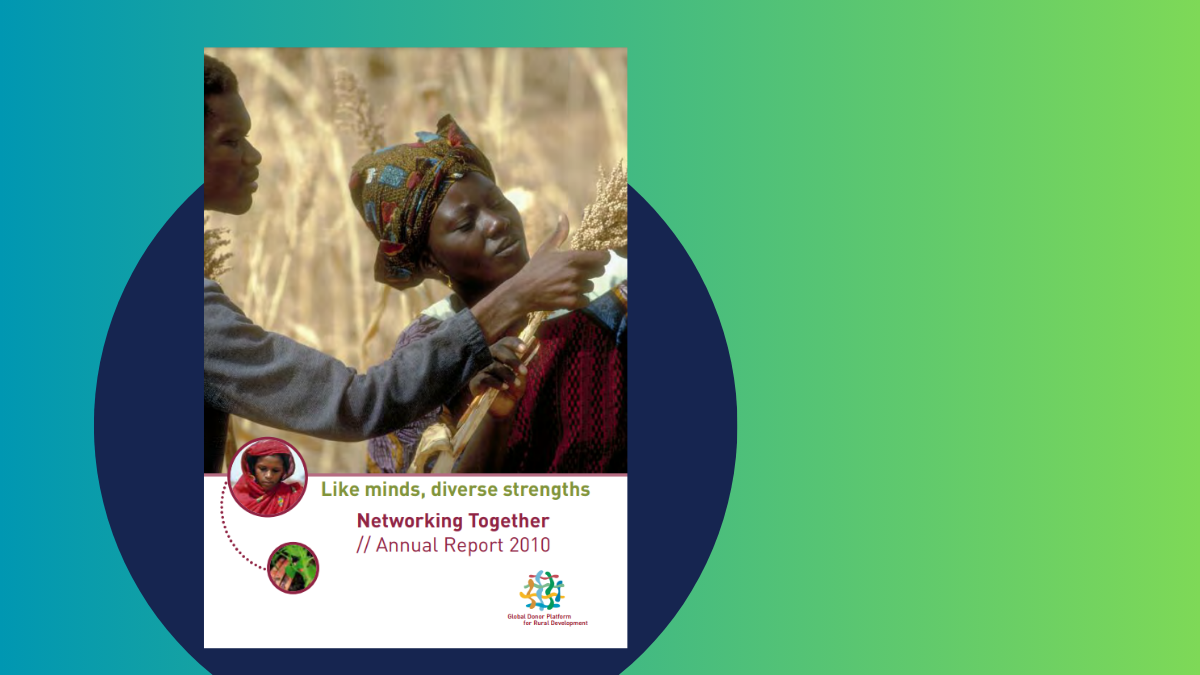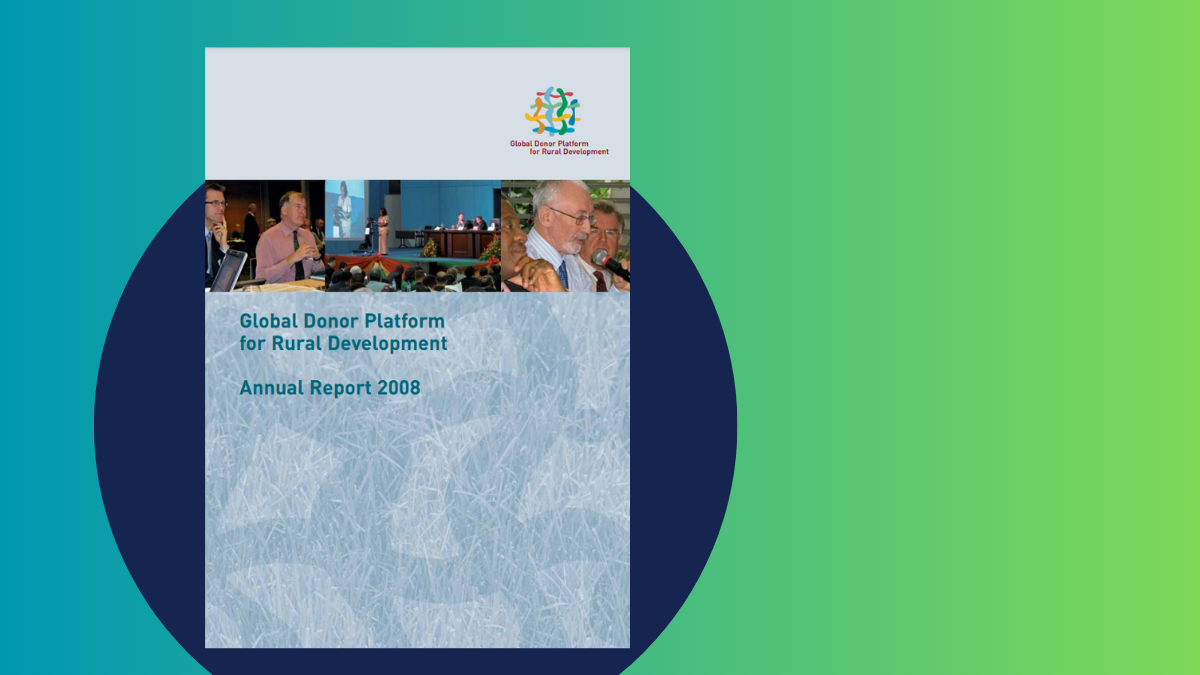To contribute to capacity development of land professionals in Africa, the African Land Policy Centre (ALPC) has established the Network of Excellence on Land Governance in Africa (NELGA). The network, which consists of fifty partners from leading African universities and research institutions, has developed a short-term course that focusses on “The Political Economy of Land Governance in Africa” in partnership with the Institute for Poverty, Land and Agrarian Studies (PLAAS) at the University of Western Cape. NELGA operates in cooperation with Global Donor Platform members GIZ and the World Bank, and with financial support from BMZ.
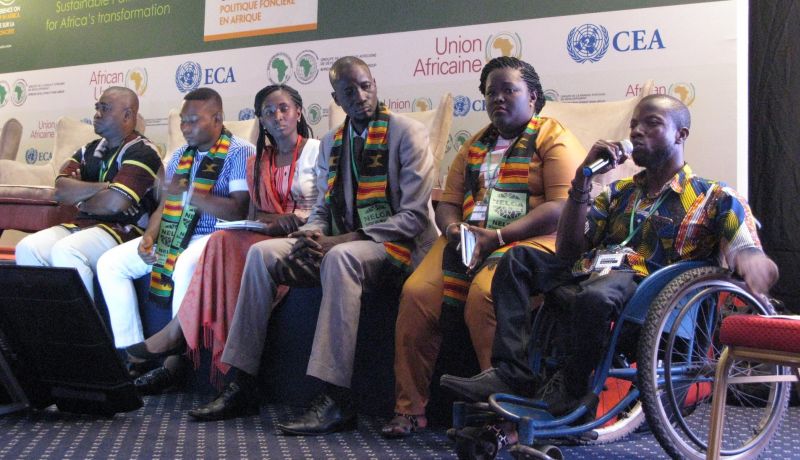
Why a short-course on political economy of land governance?
In her opening remarks at a NELGA side-event at the 2019 Conference for Land Policy in Abidjan, Côte d’Ivoire, Joan Kagwanja, Coordinator of the African Land Policy Centre (ALPC), outlined that NELGA’s course is developed from a comprehensive assessment of what is needed in terms of developing land professionals in Africa. The focus on political economy of land governance reflects the contextual reality of land governance in Africa. Participants of the course are selected from a wide range of nationalities, educational backgrounds, and professional fields. To date, ninety-five students from twenty-six African countries have graduated from this short-course.
Six NELGA short-course alumni shared stories at the side-event on how participation in the course affected their knowledge of land governance and professional paths in their home countries. Sissoko Founemakan an alumnus from Mali who participated in the 2019 course in Accra, Ghana claimed that after the short course, he was able to apply his knowledge on land certification in the context of land issues in his home country .
Samba from the Sierra Leone Ministry of Lands, Country Planning and the Environment shared that the course has exposed him to a wide-range of topics including statutory versus customary tenure, land reform policies, land administration in rural and urban contexts, and large-scale land acquisitions. Thanks to this opportunity, he is currently contributing to an effort in the Ministry to develop and implement land management policies.
Constructing a new, gender equitable and socially inclusive narrative in land governance
To highlight the topic of gender in the short-course, Eileen Mwagae from Namati, a non-profit organization, in Kenya who participated at the session in Zanzibar, Tanzania spoke highly of the impact of the course on land governance research. She elaborated that by using the available literature and field data; one can challenge the prevailing gender inequalities in land rights and construct a new, gender equitable and socially inclusive narrative. In addition, she pointed that that as the current land title registration system is based on the concept of monogamous marriage, consideration should be given to those in polygamous marriages, who therefore might be at disadvantage.
Unfortunately, not all participants have equal opportunities to apply the acquired knowledge in their home country. John Deer from South Sudan admitted that although the course has helped him understand what land reform entails, it has been difficult to discuss the topic in the public arena due to the recent conflict in his homeland.
Some feedback from the alumni and audience members
When asked to give live feedback on the course at the side-event, the alumni group agreed that one week is too short of a time to digest the material. They also highlighted that continuous capacity building for the alumni is necessary in order to elevate their knowledge. In addition, they recommended that the course be available online and target local CSOs initiatives.
During the Q&A session, one audience highlighted that, for the sake of sustainability, African governments need to invest in this valuable programme instead of relying on development partners to do so. The NELGA team confirmed that governments normally fund participants from their countries to enrol in these courses and that the governments are inclined to invest more in the future when there is the right demand. In addressing the issue of the short timespan to learn numerous topics, one audience member recommended an improvement in the programme structure. Other important recommendations include improving the digital component of the course to accommodate more participants and better accessibility.


